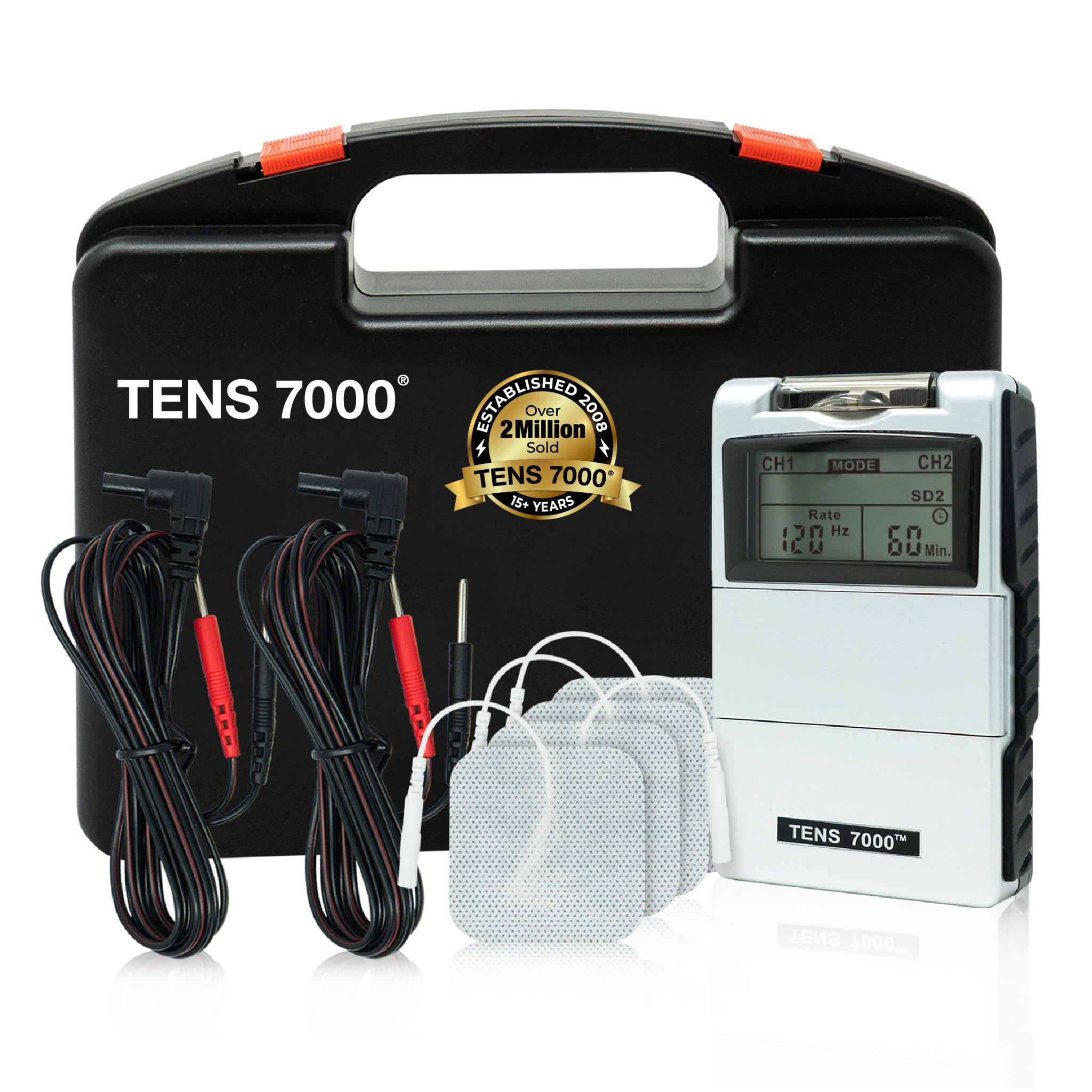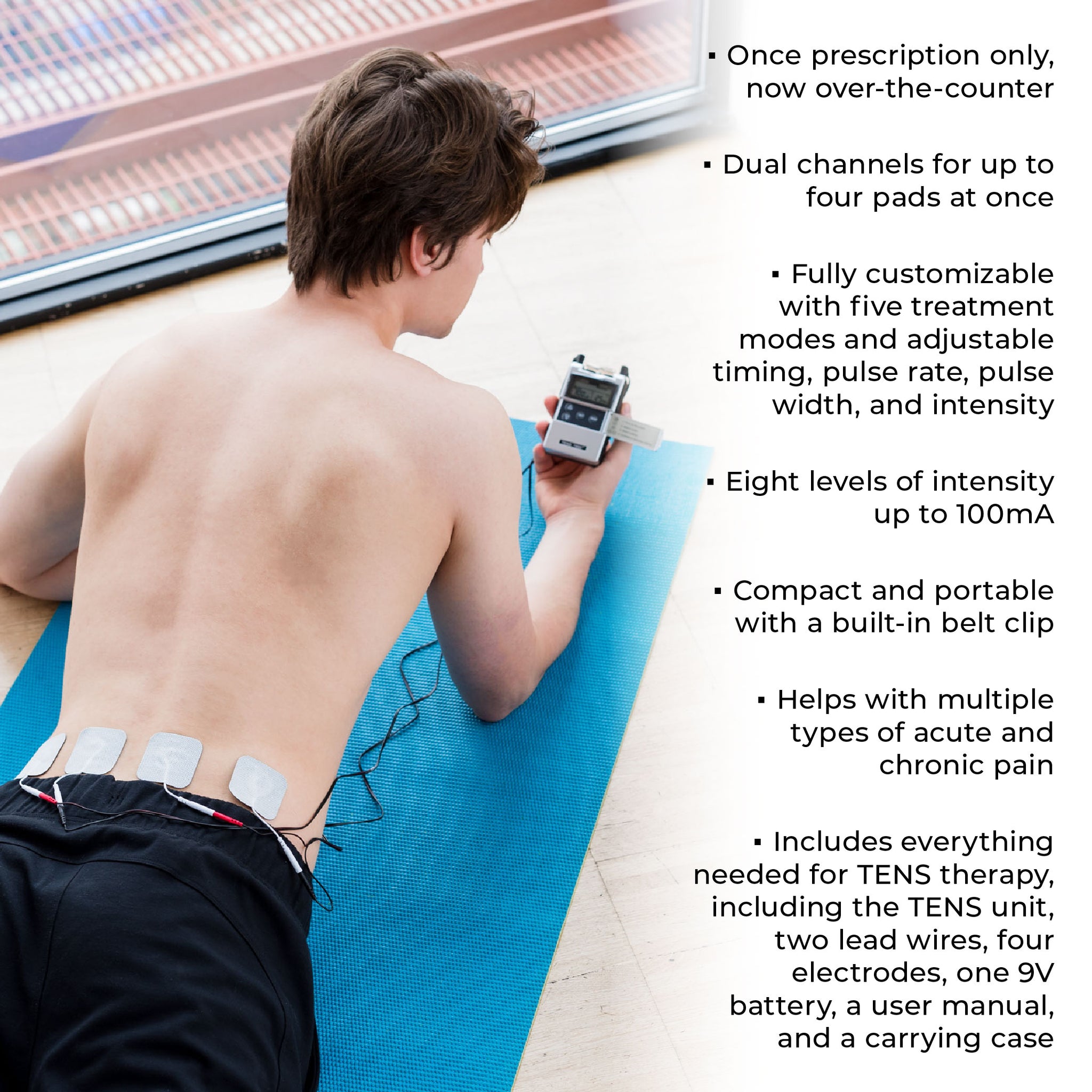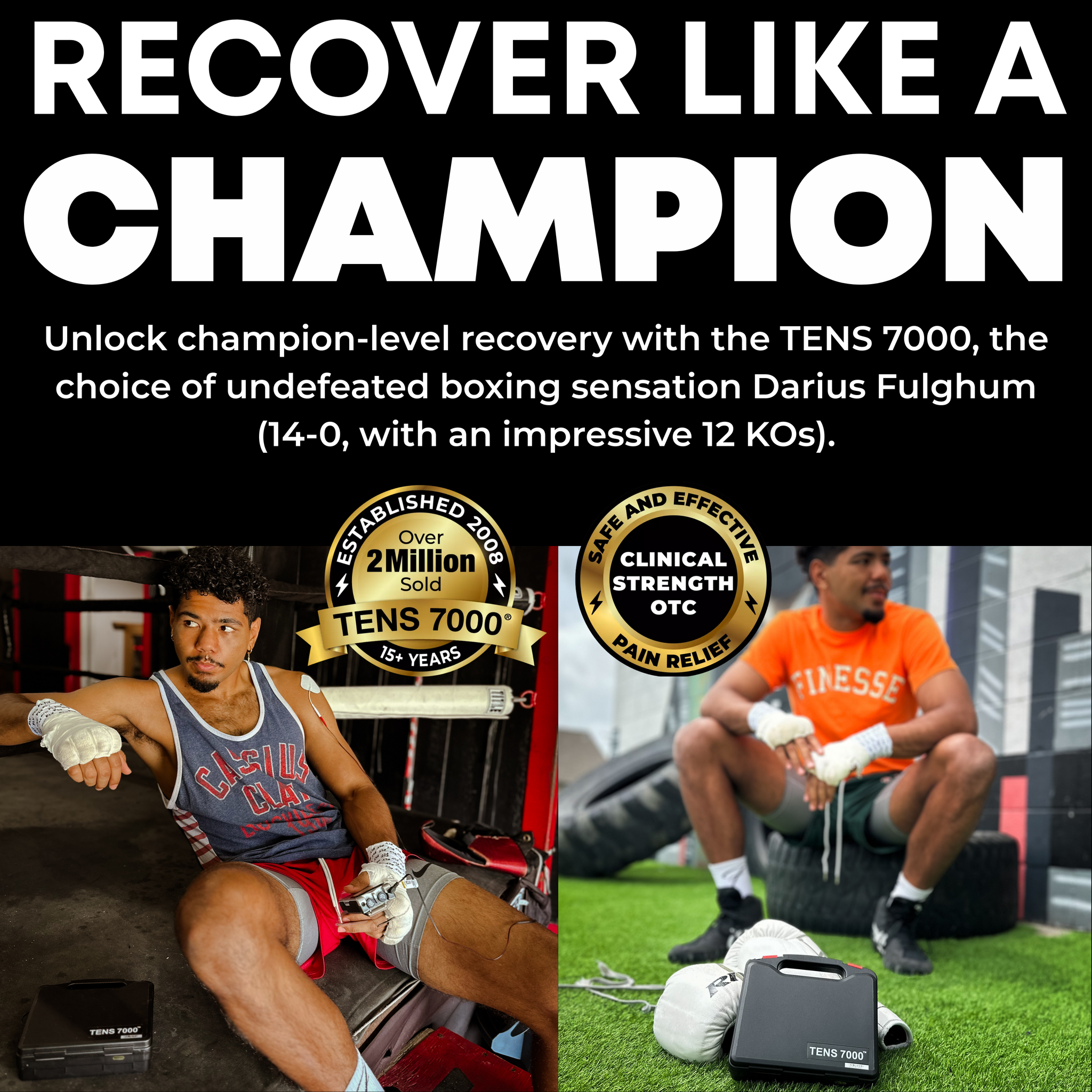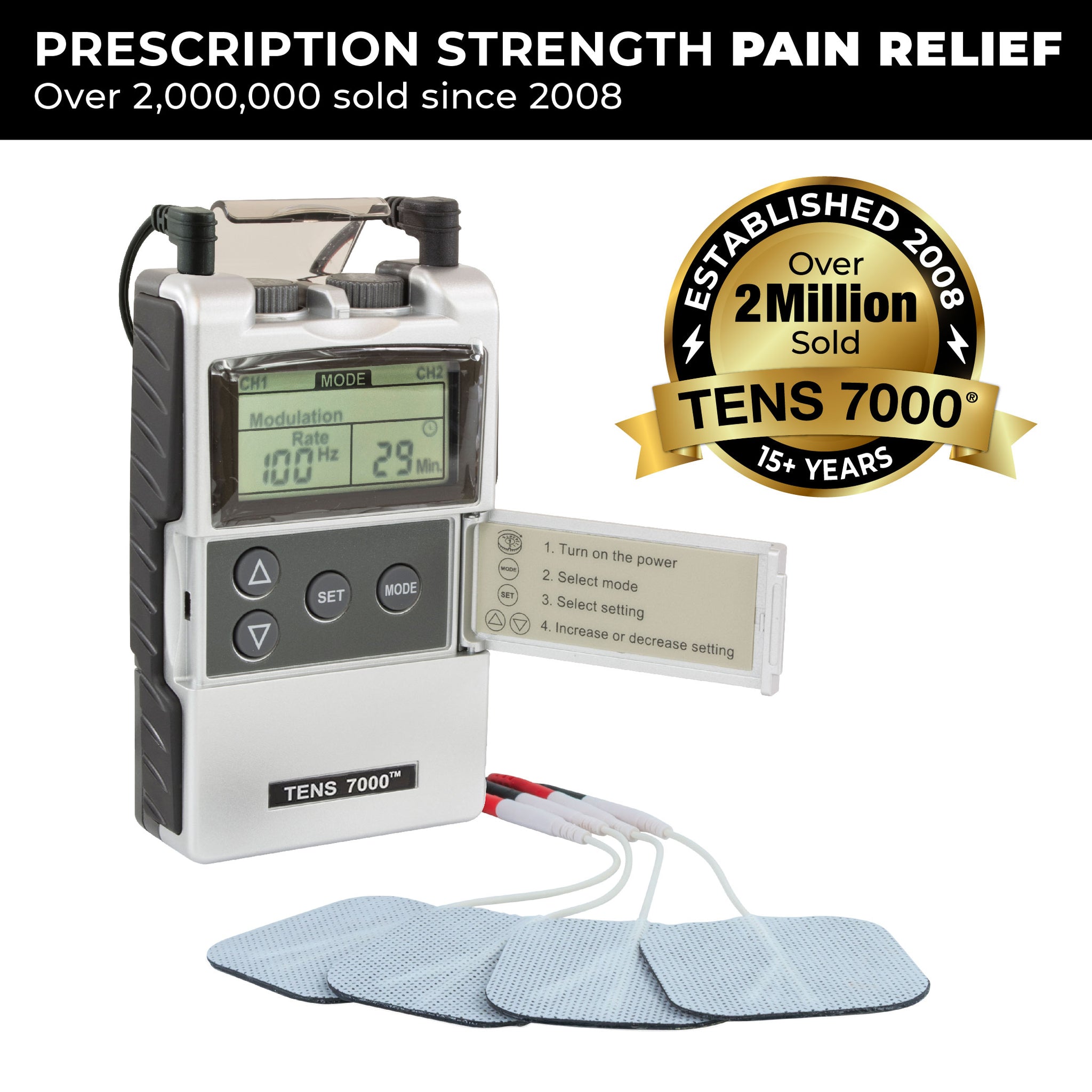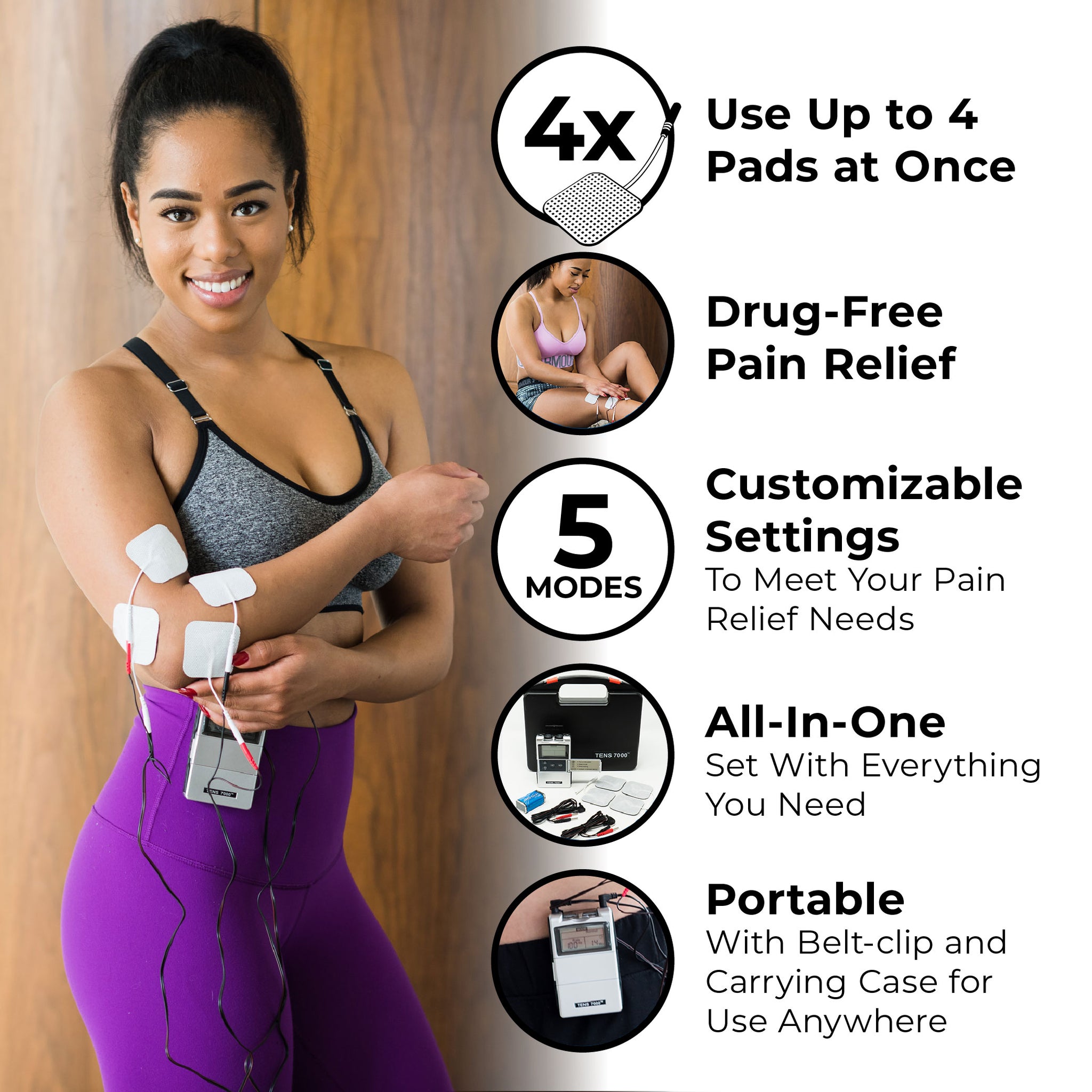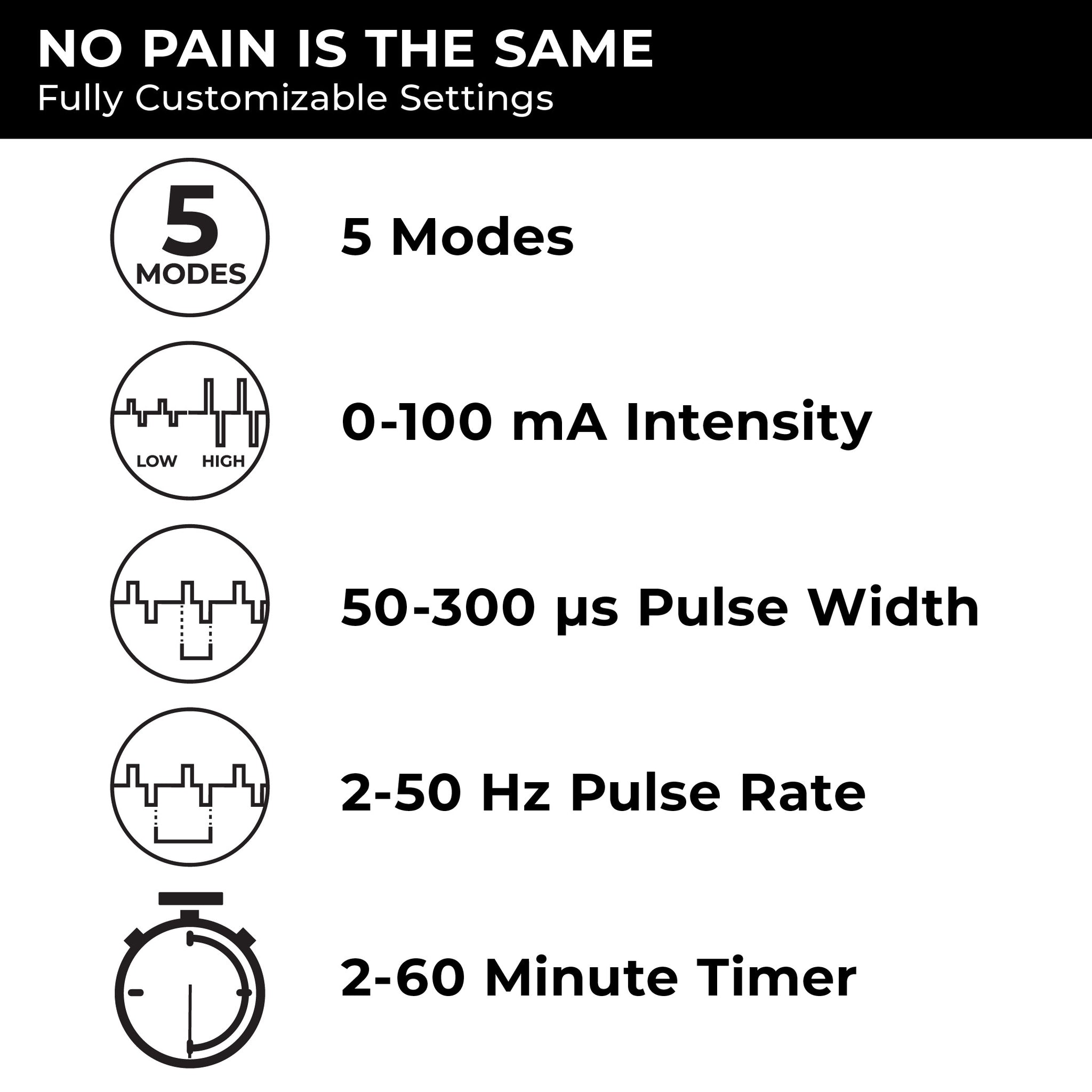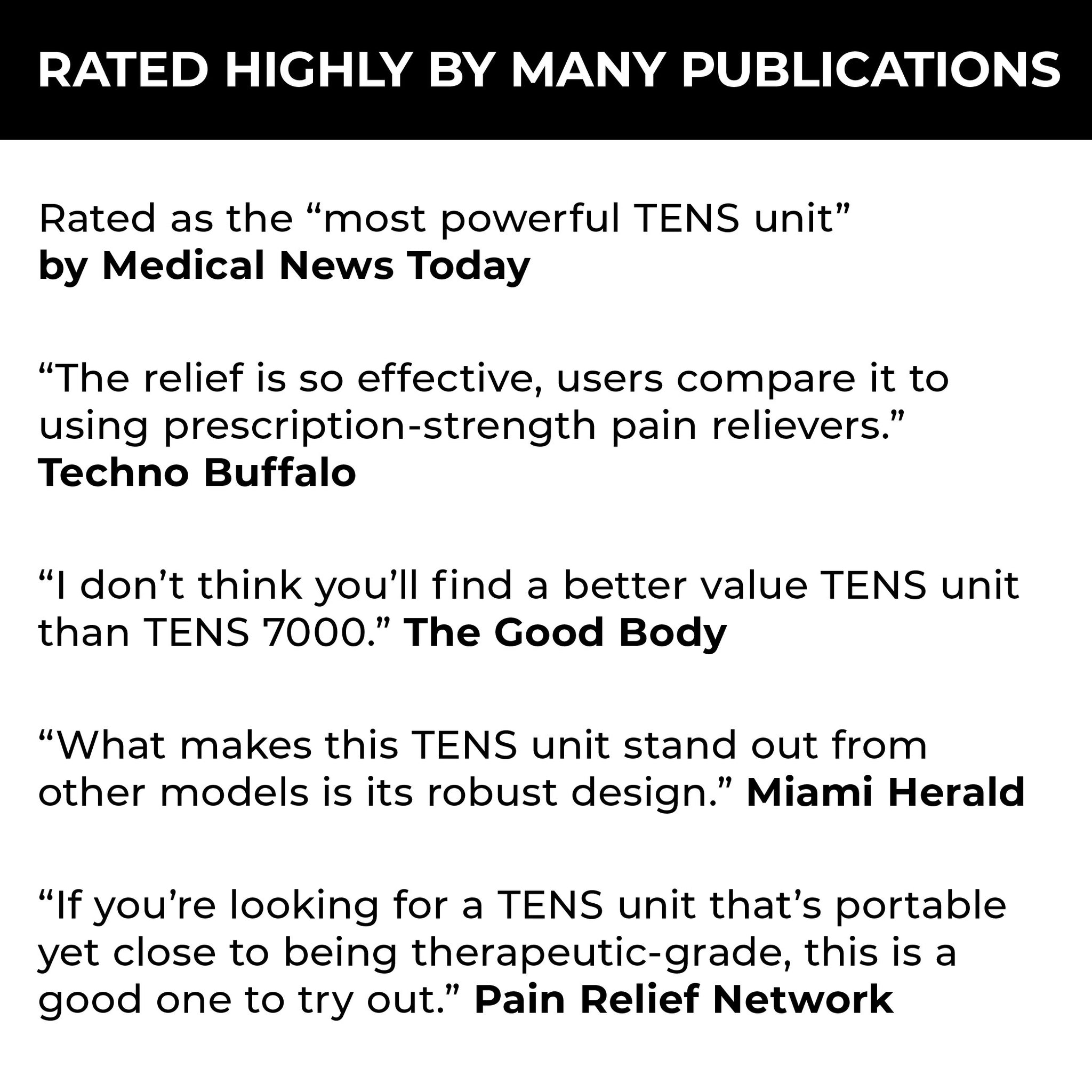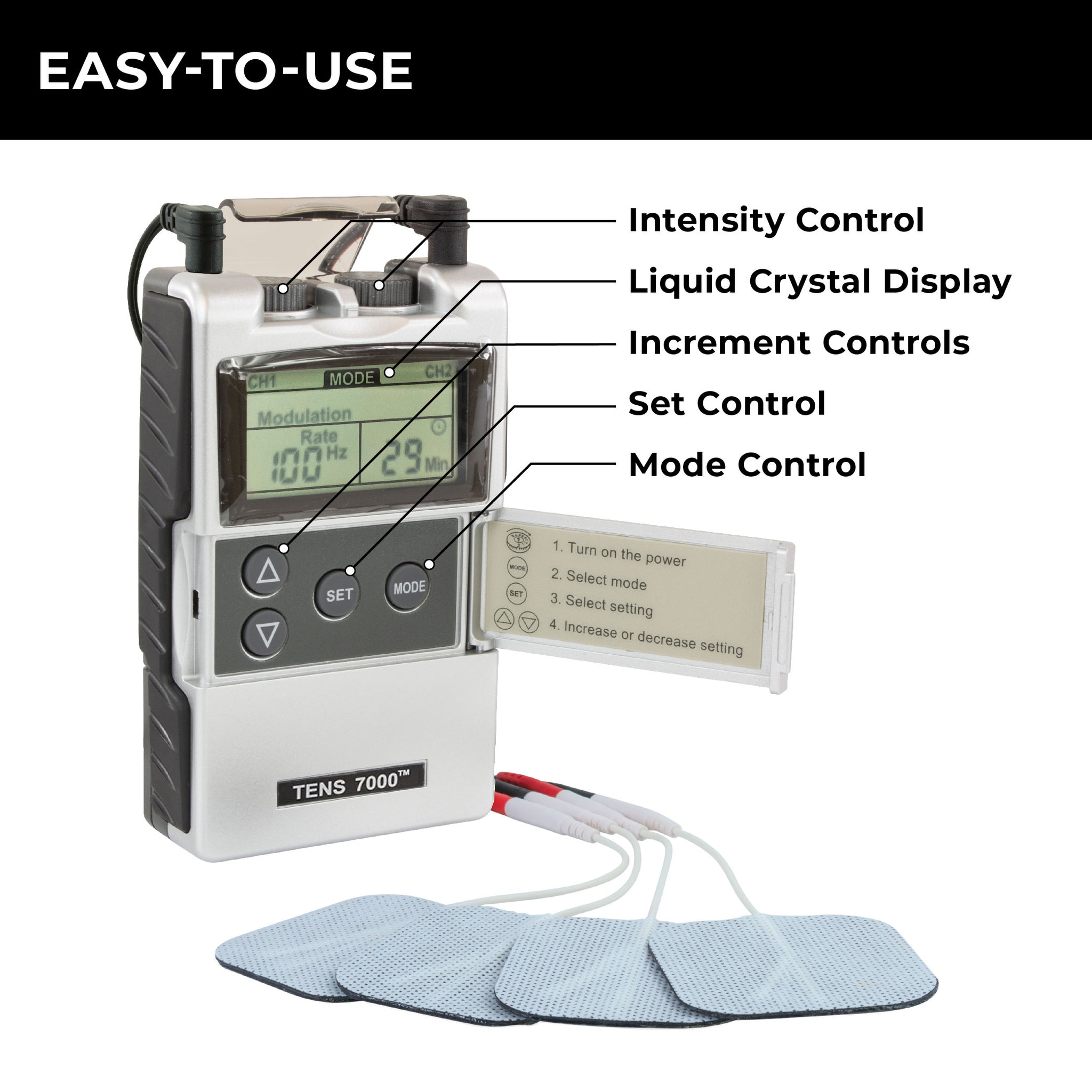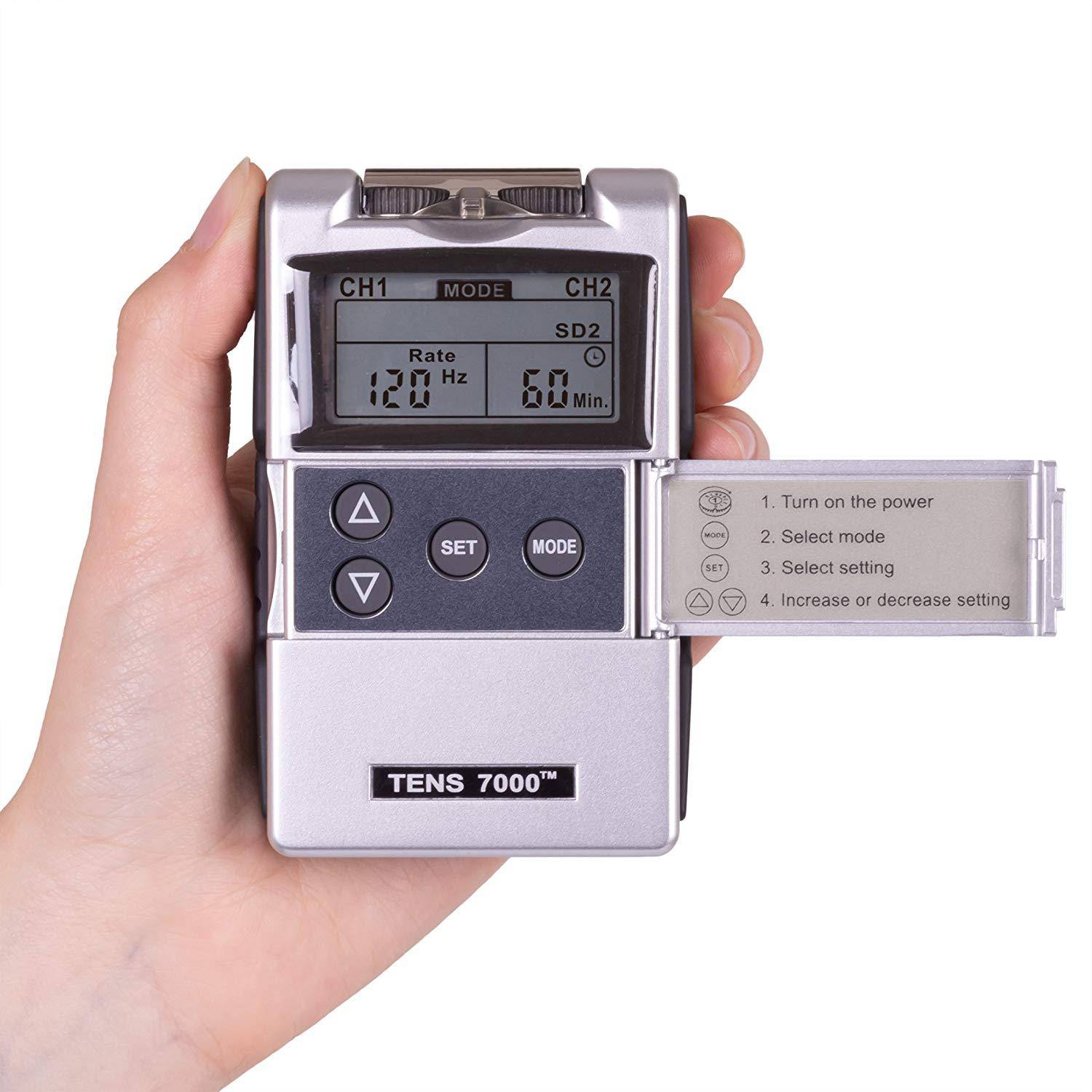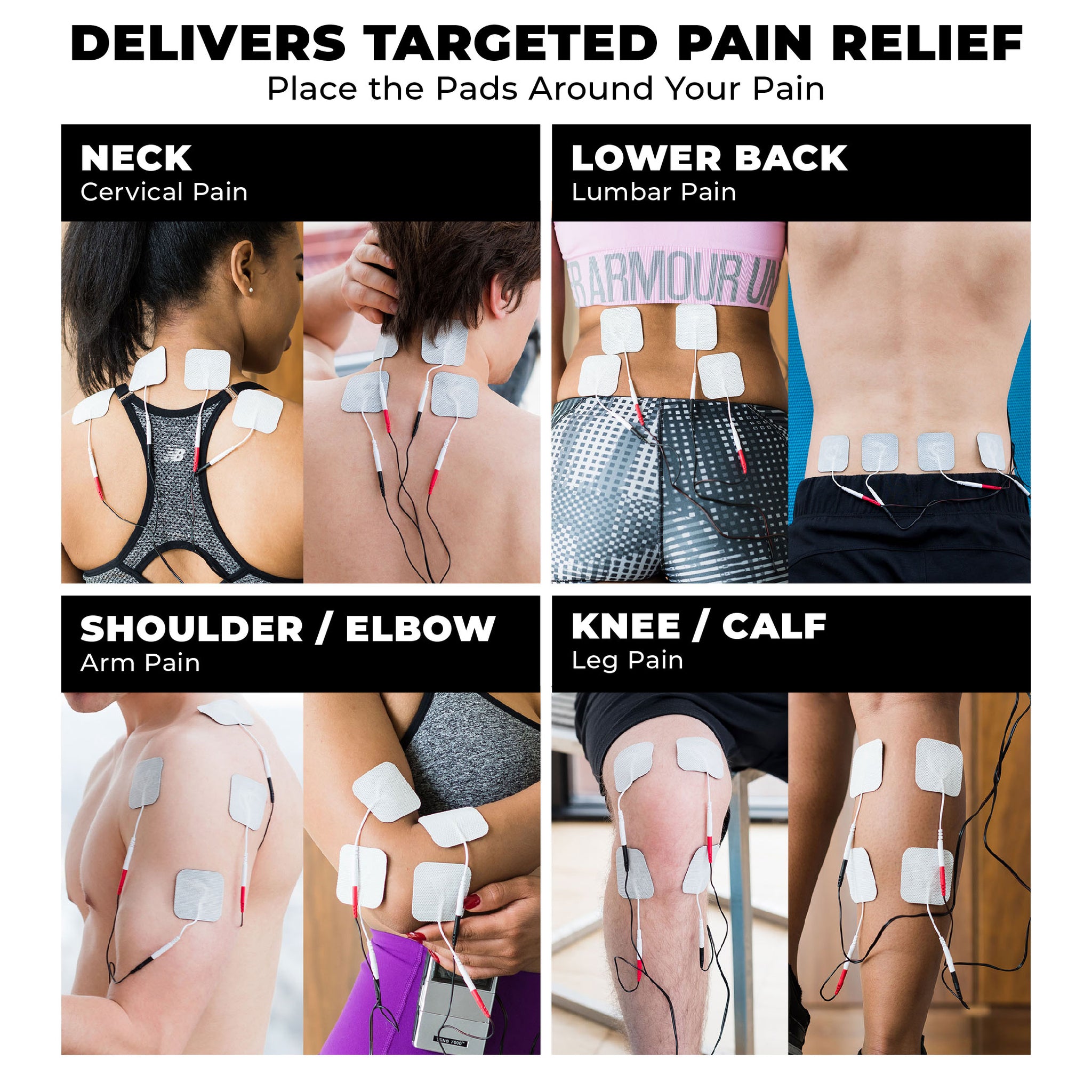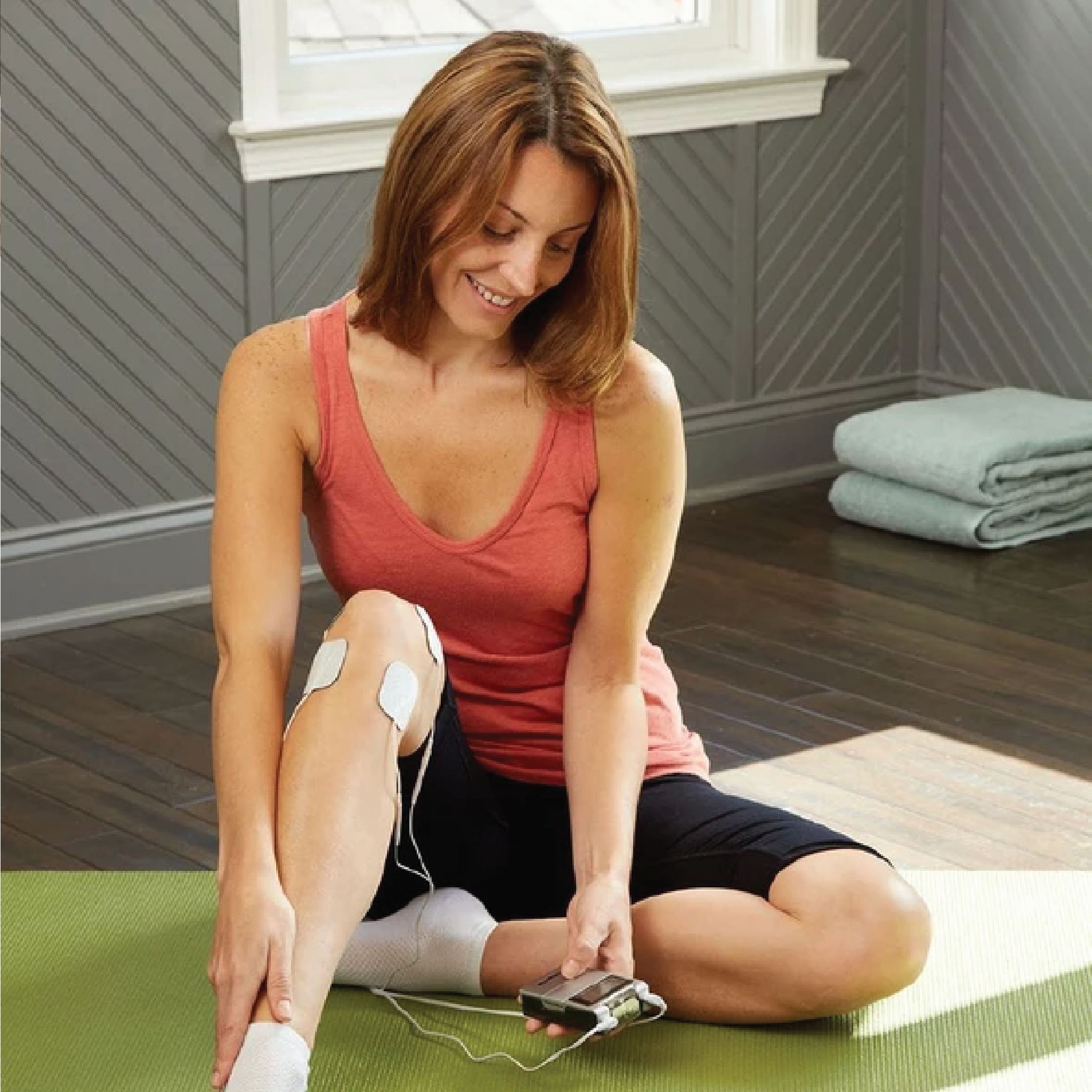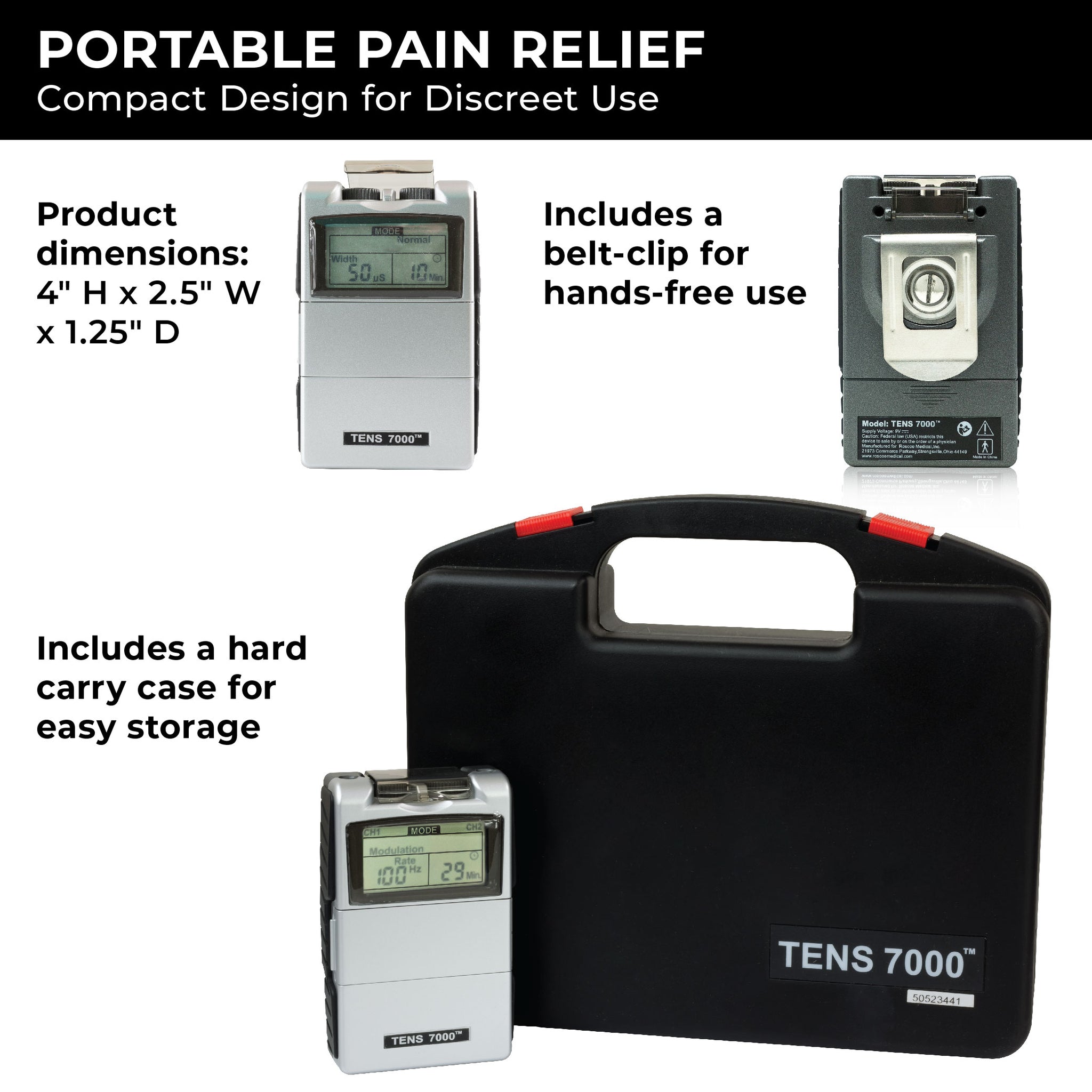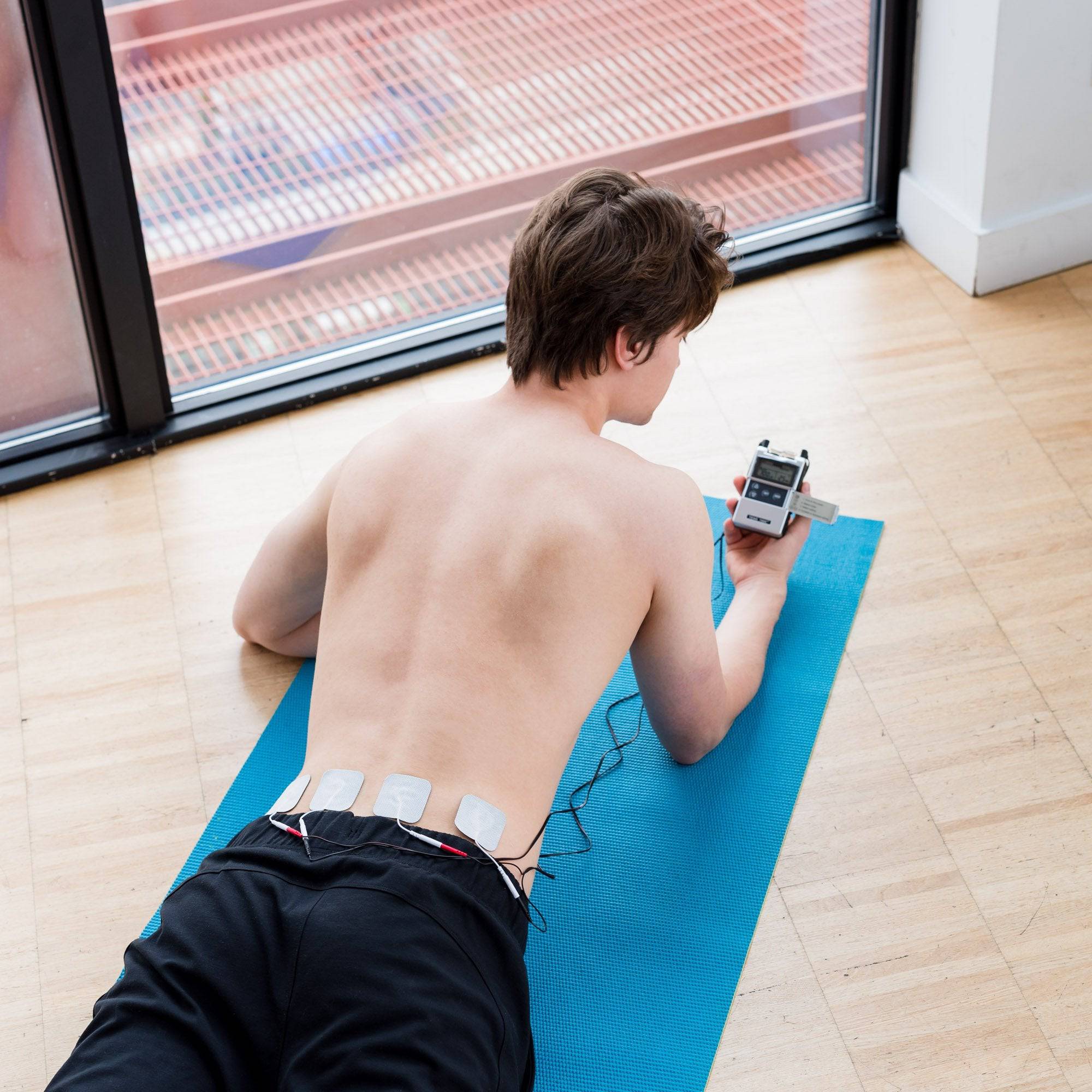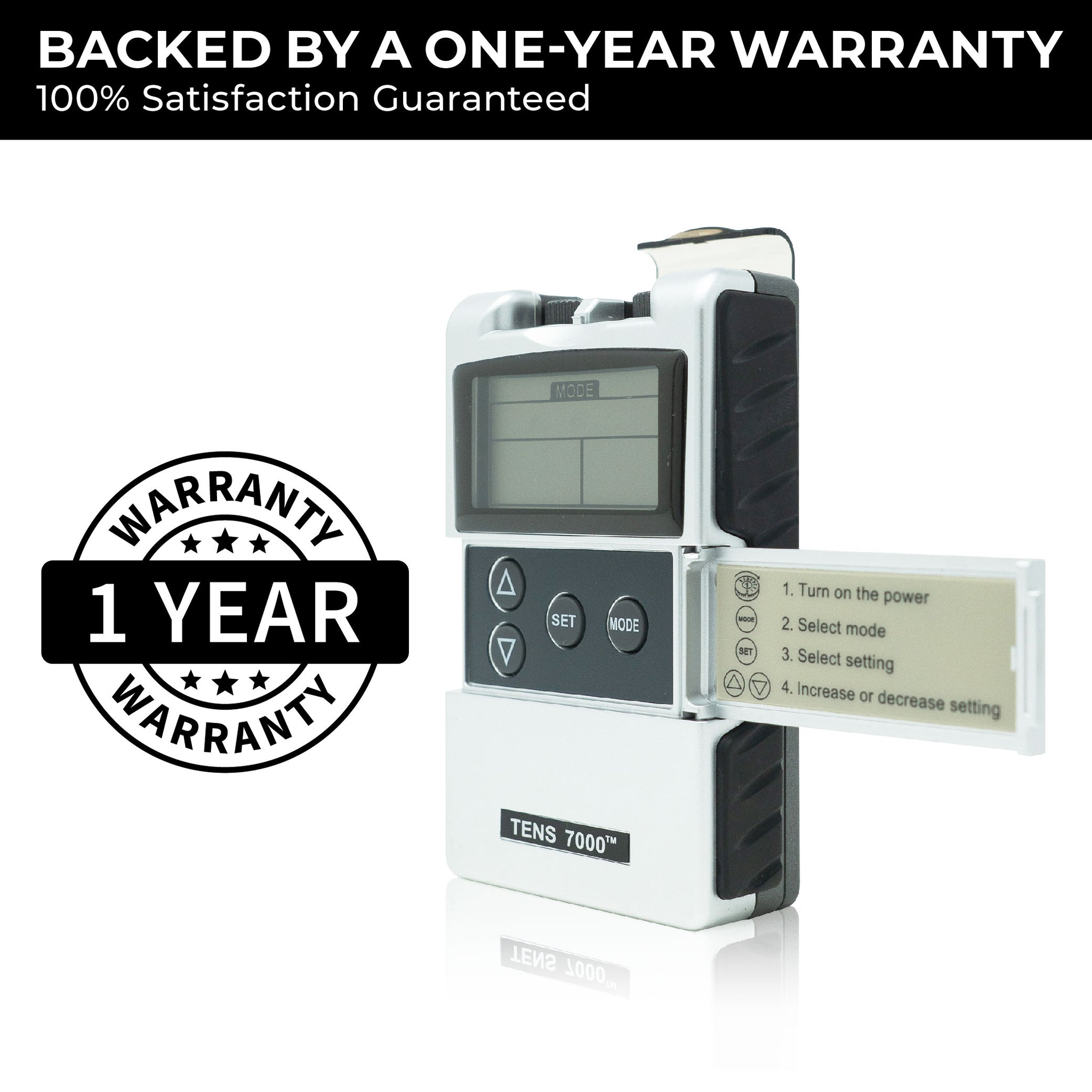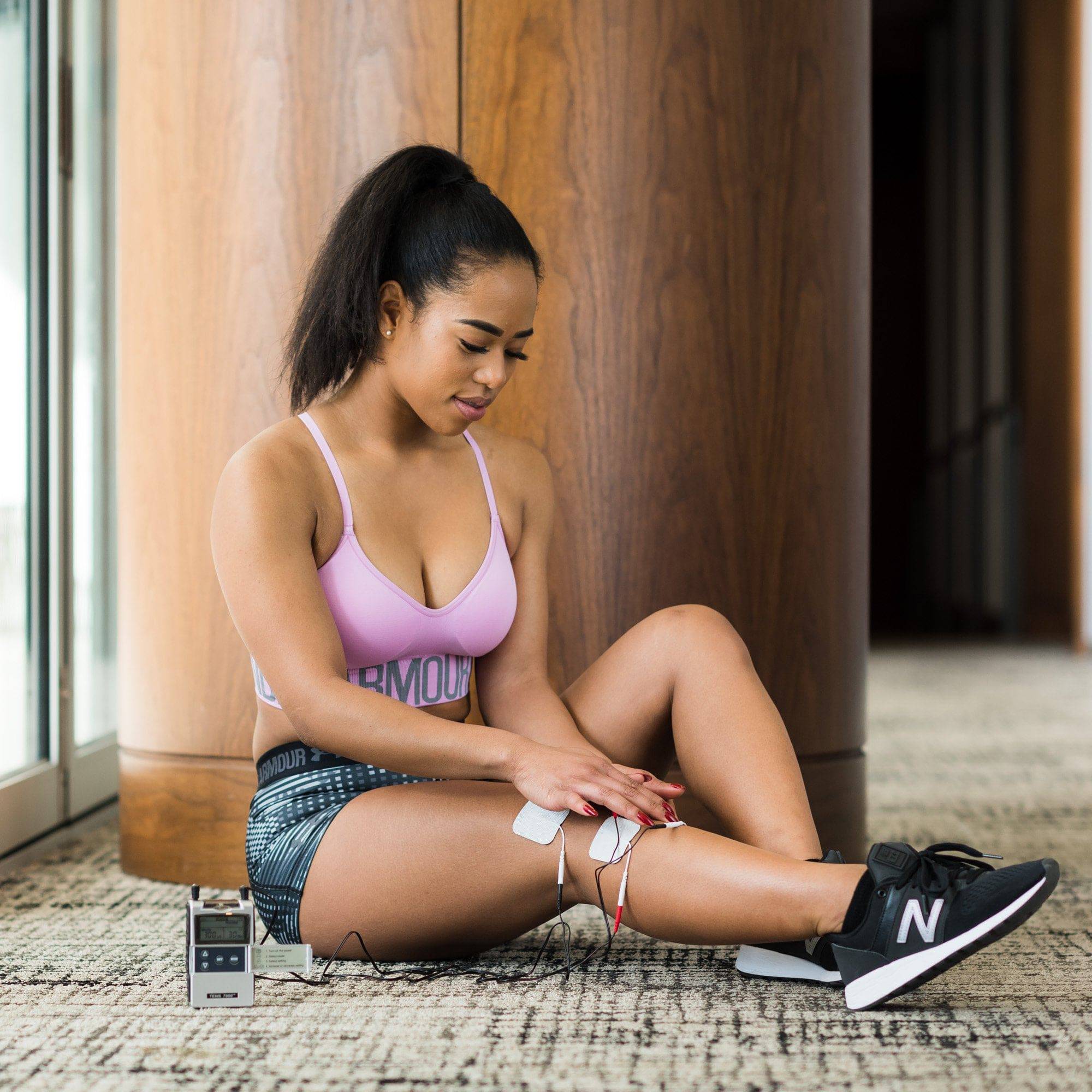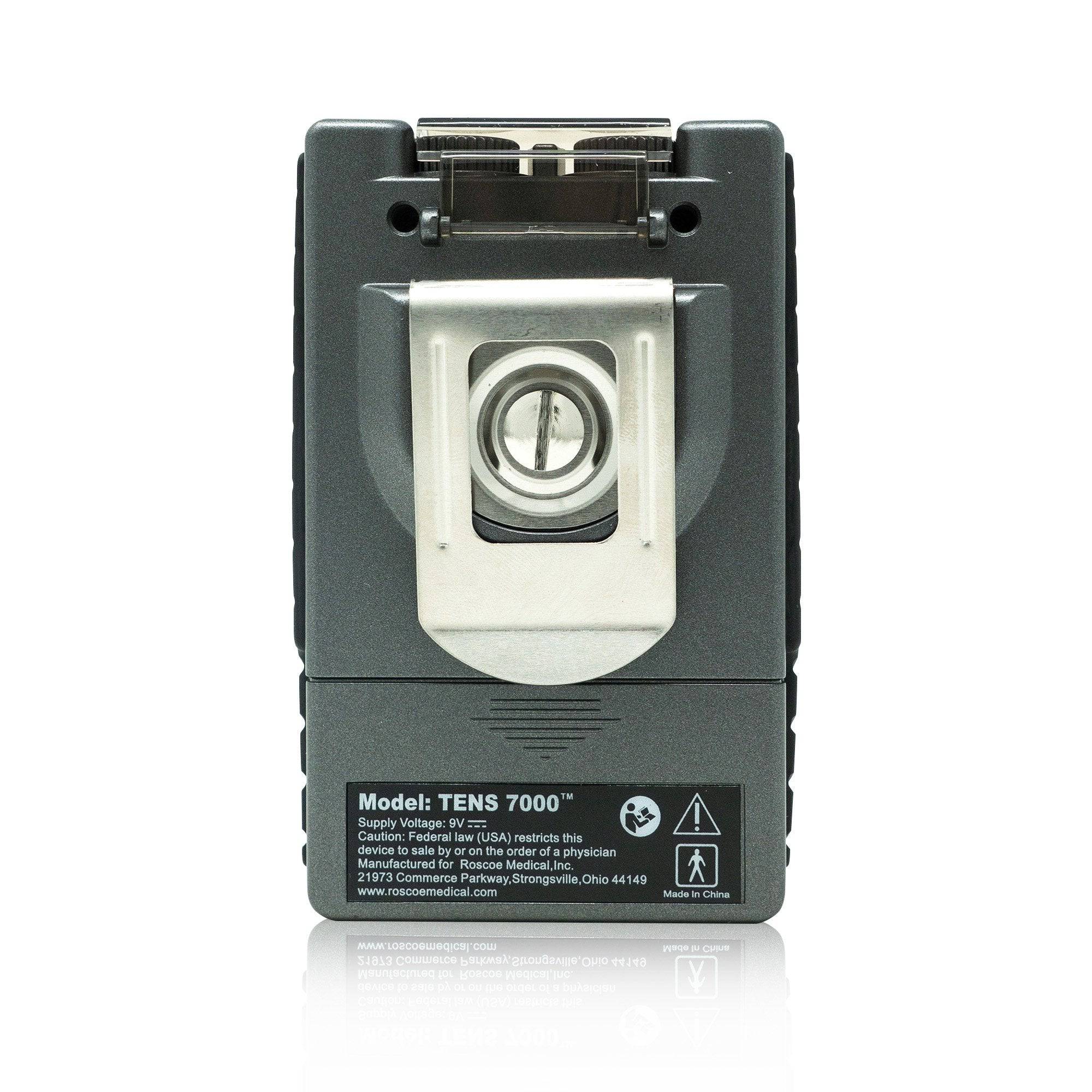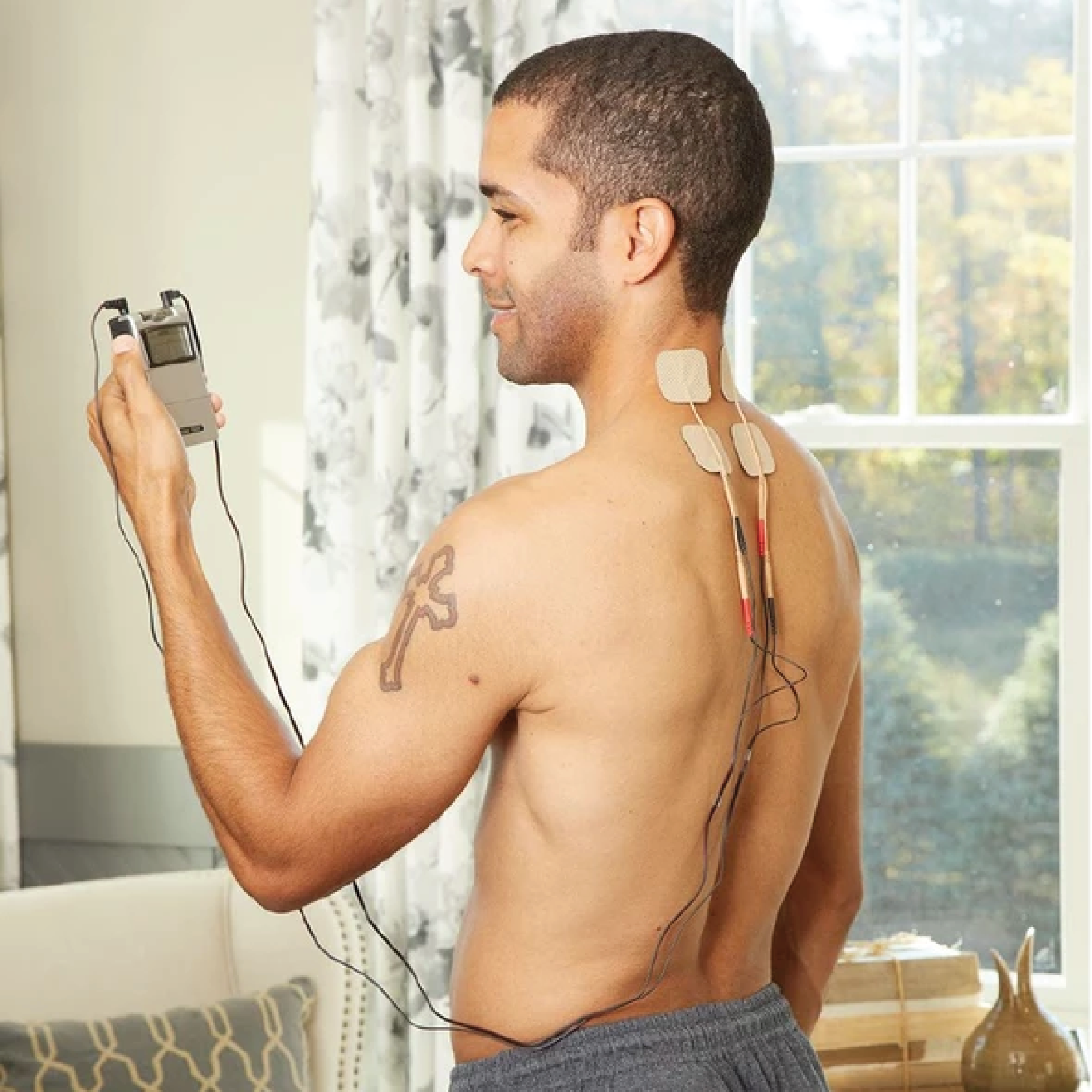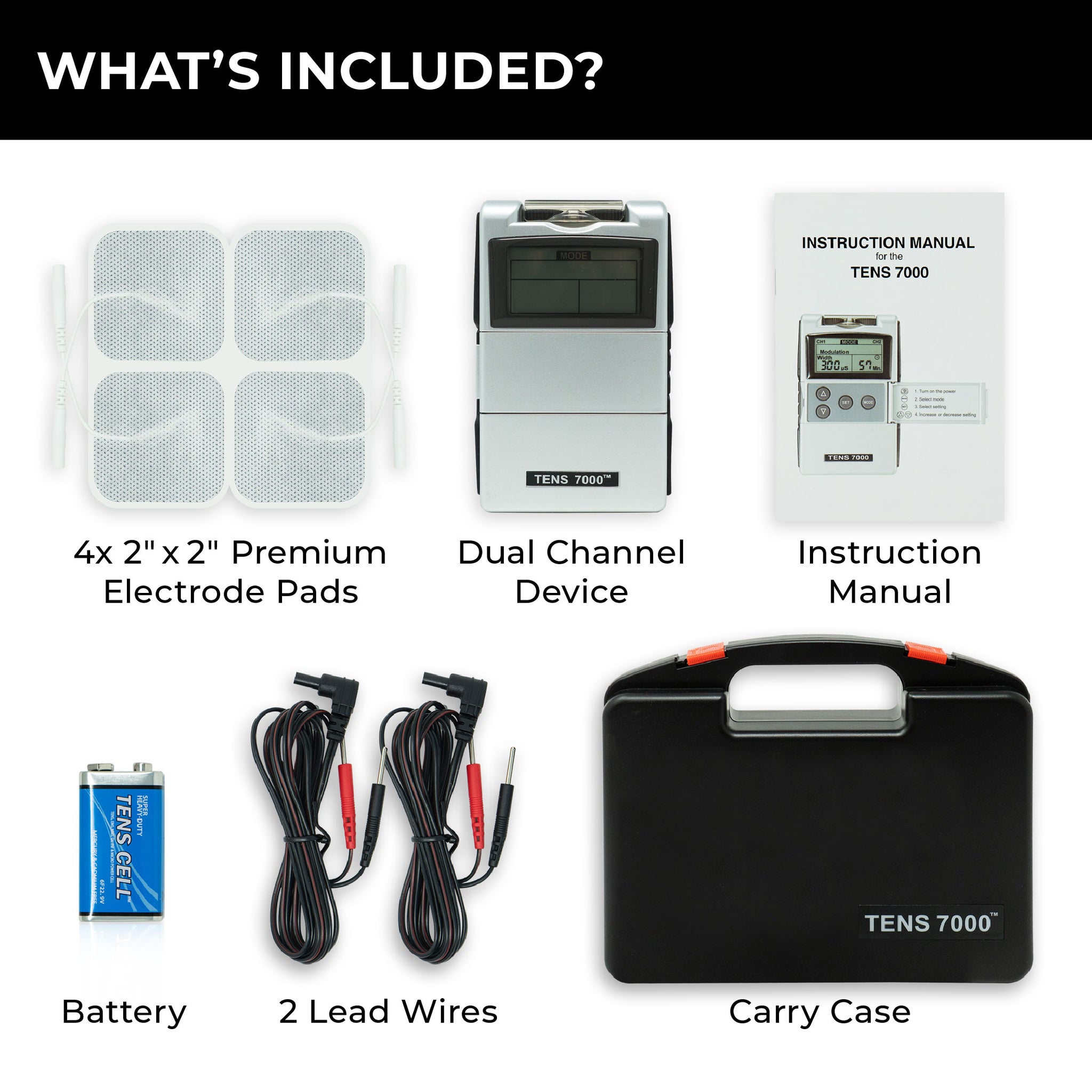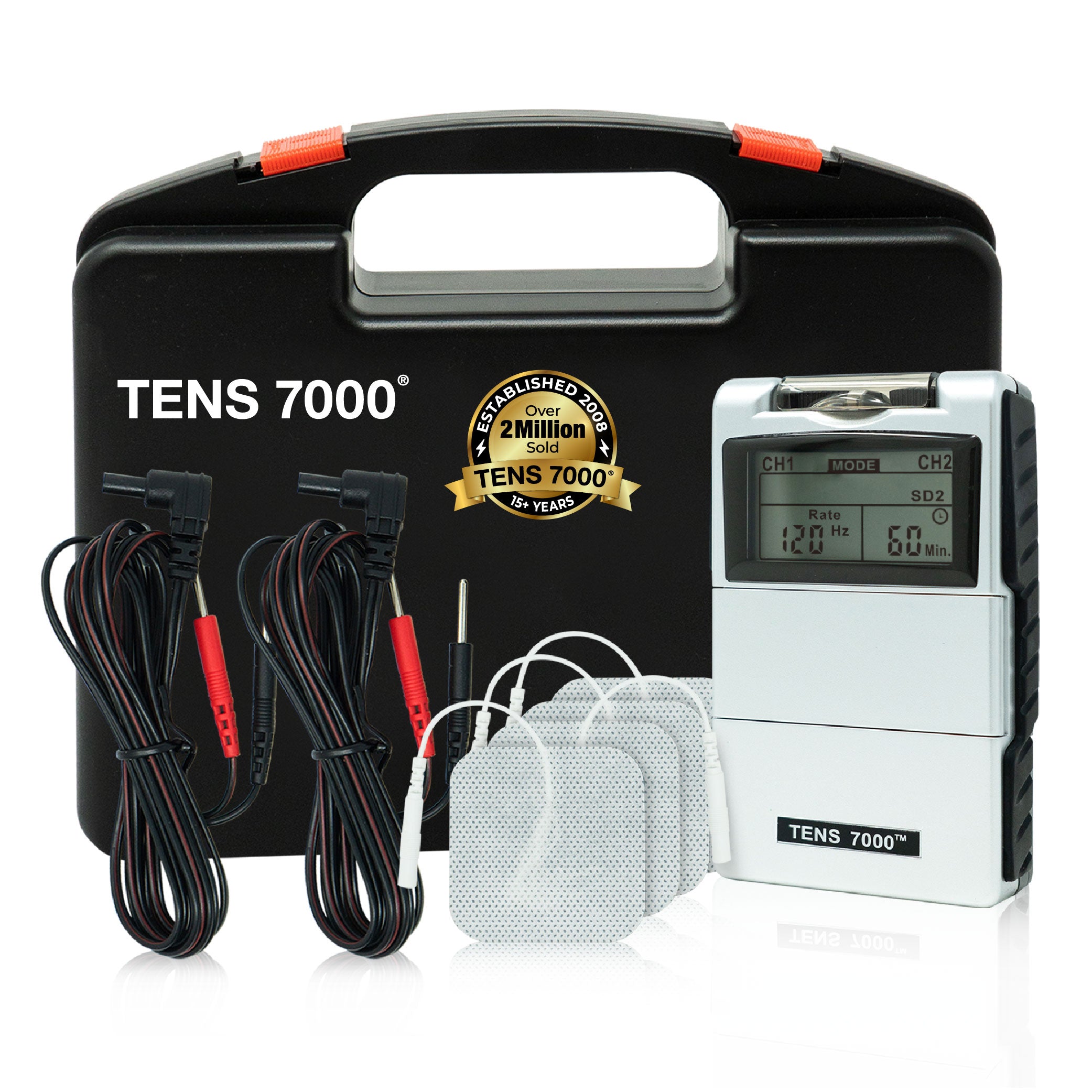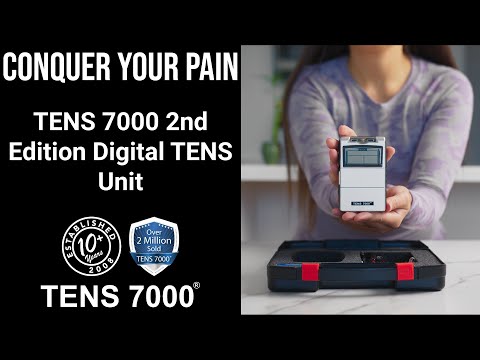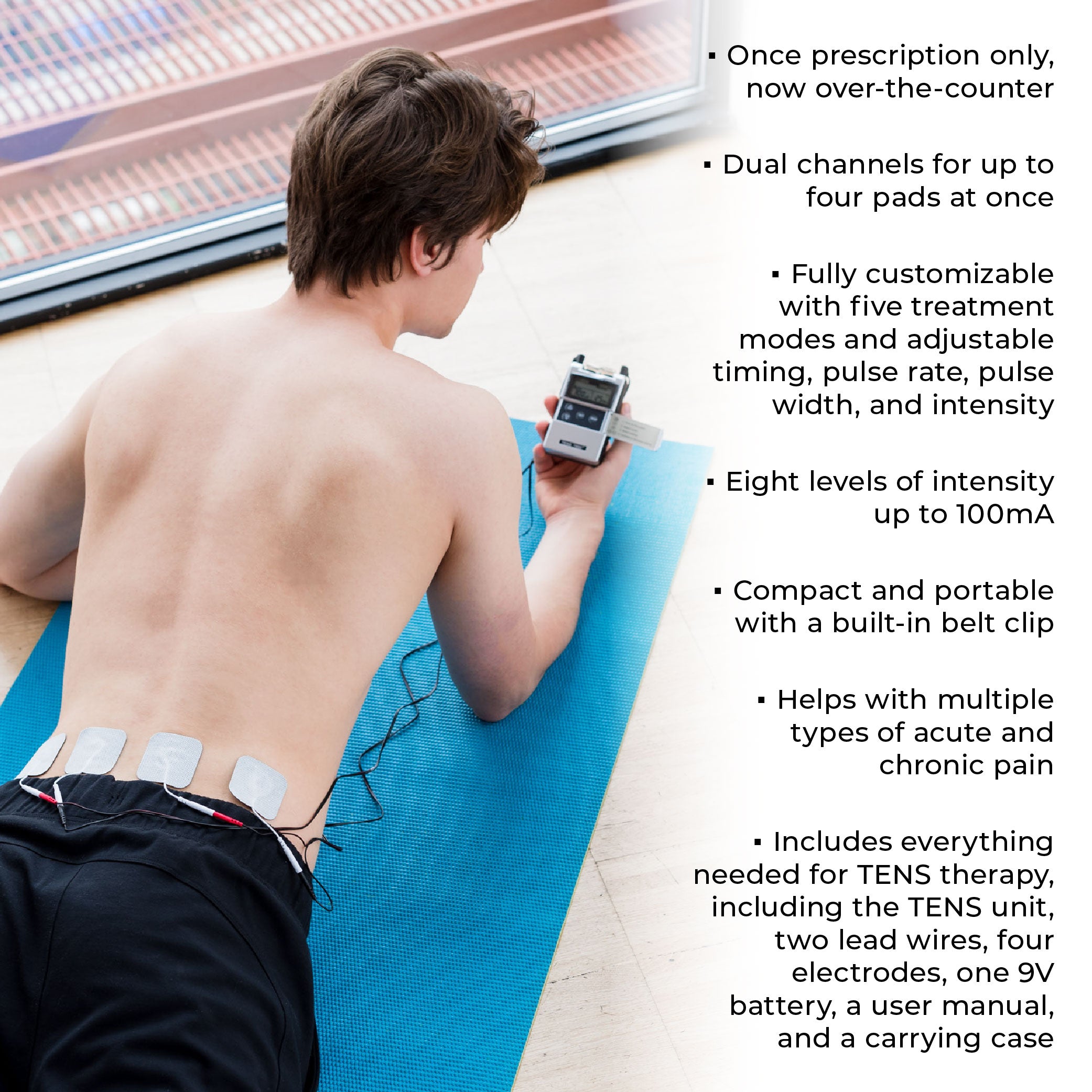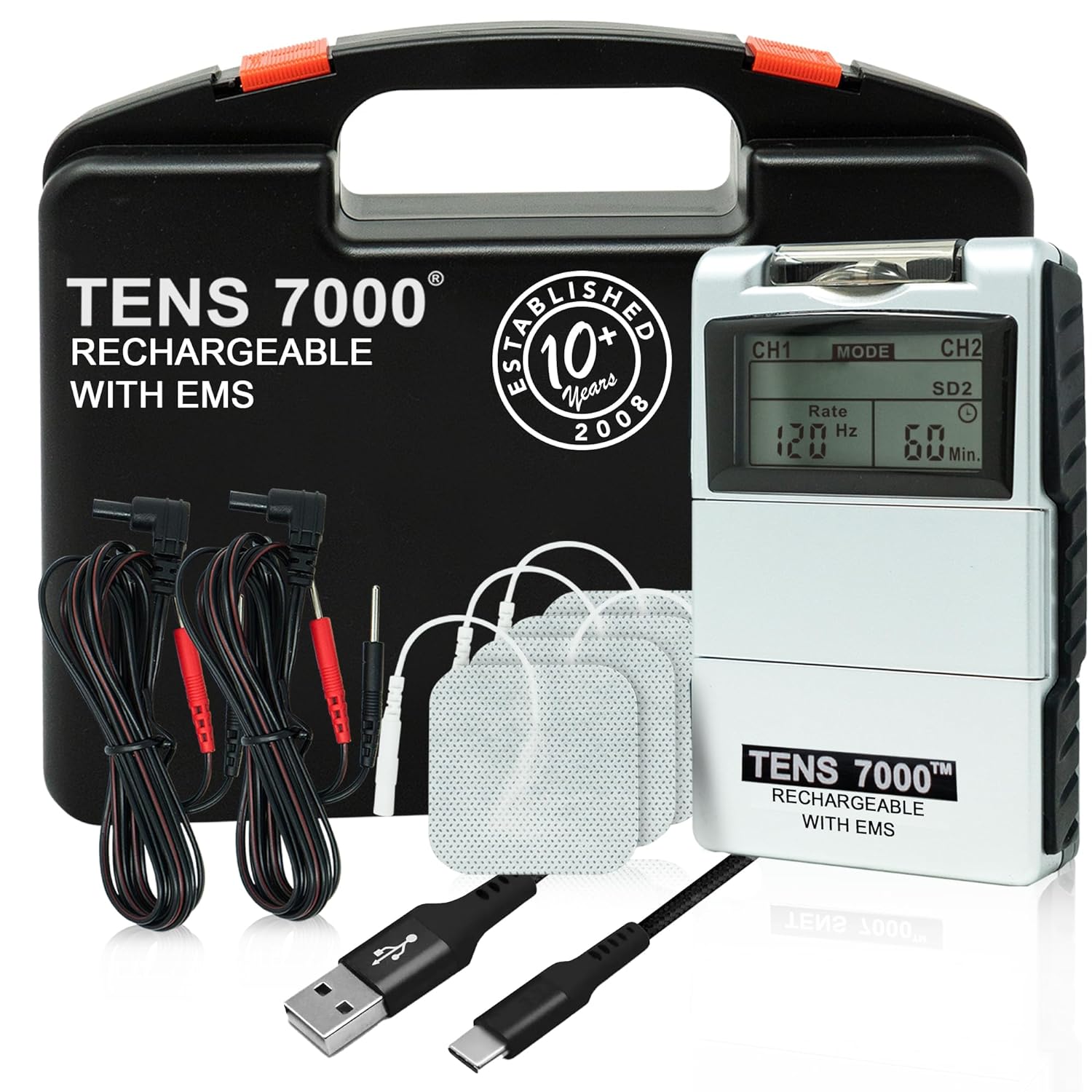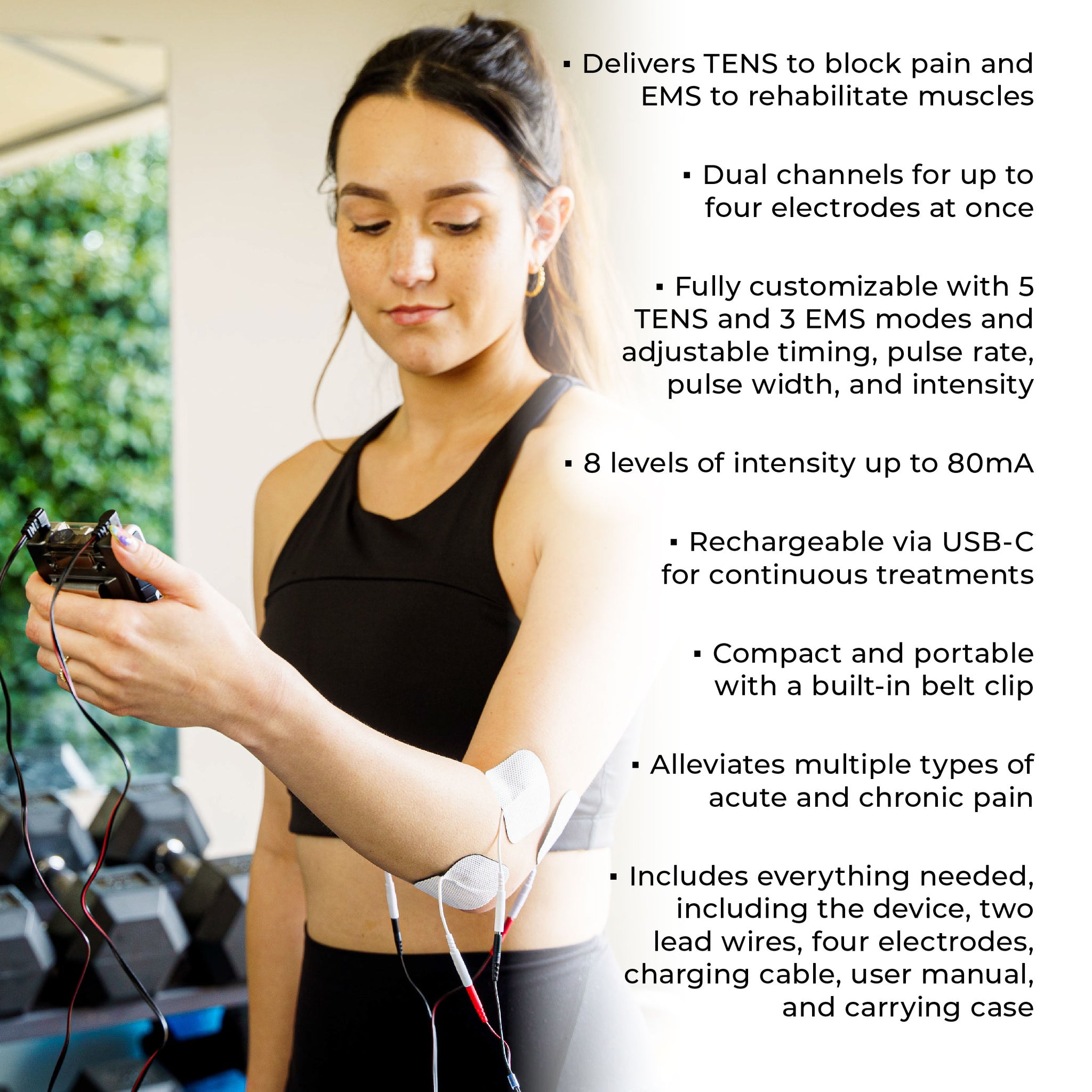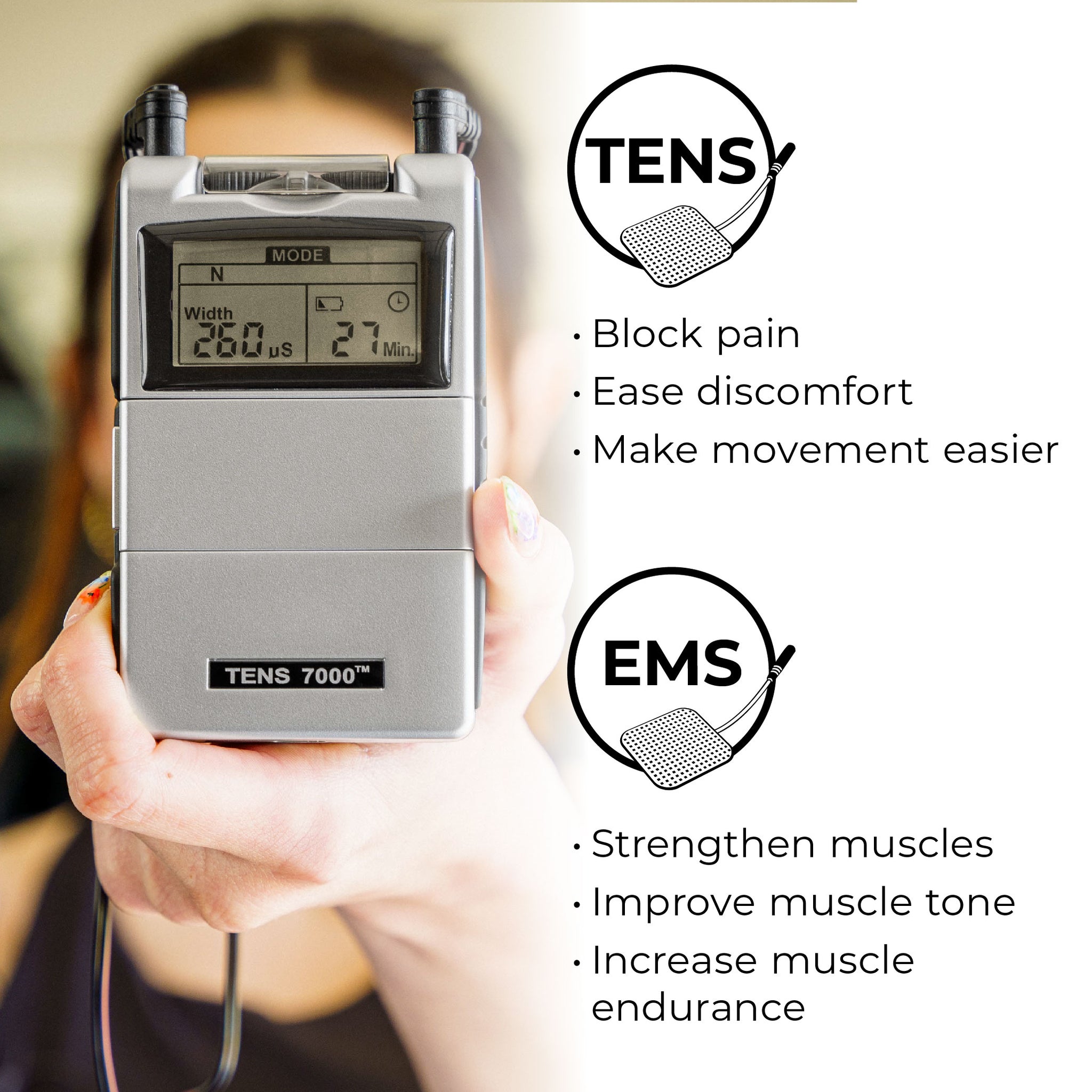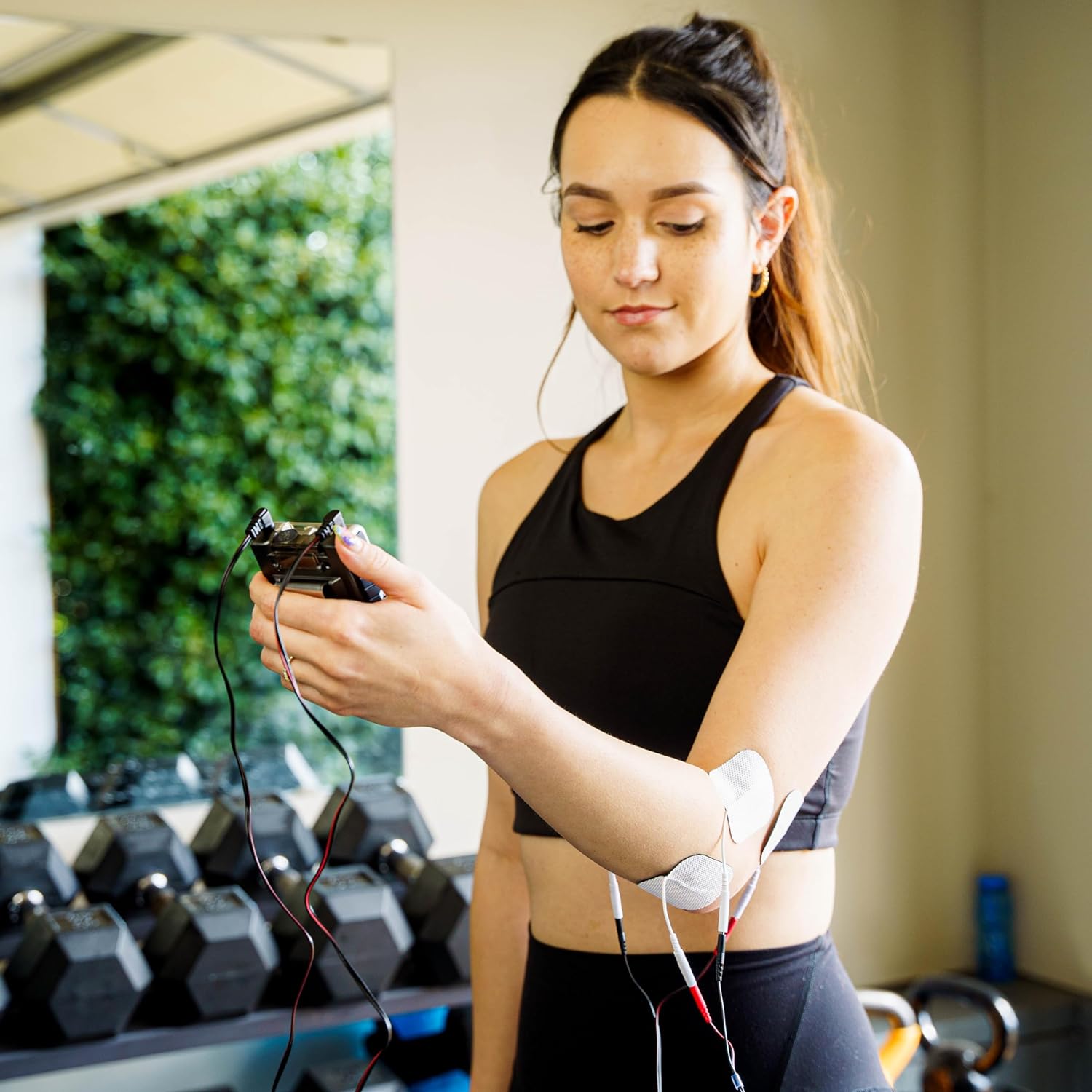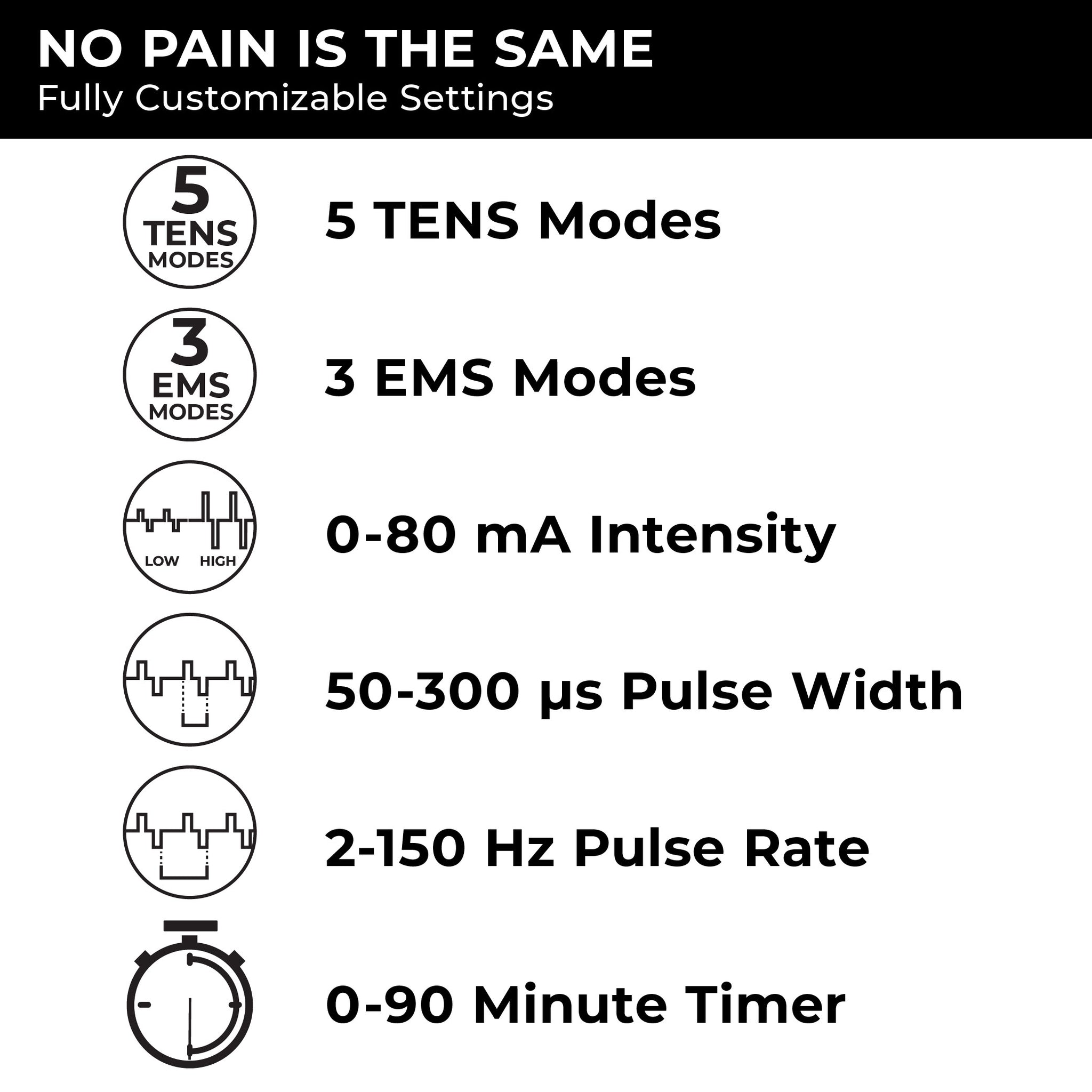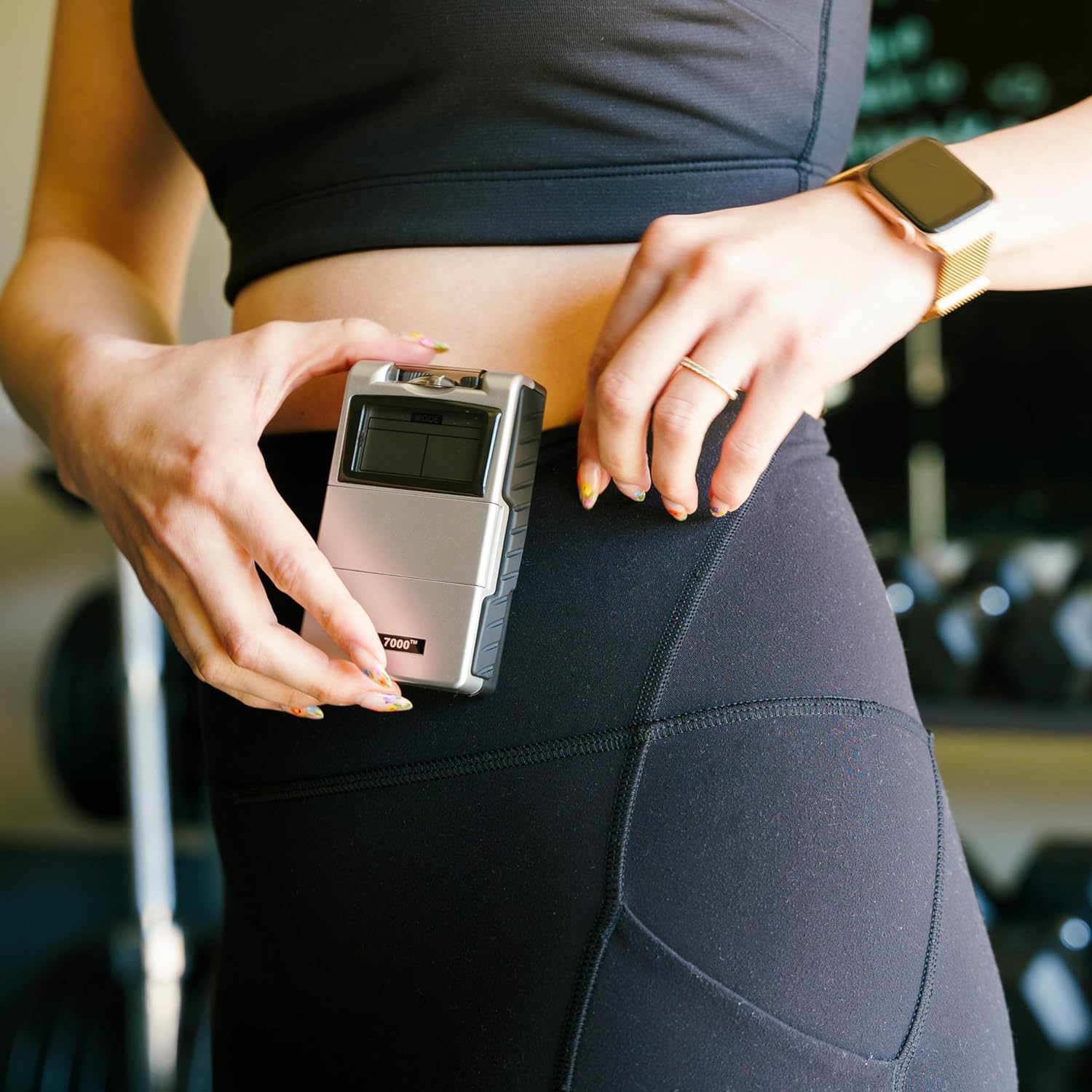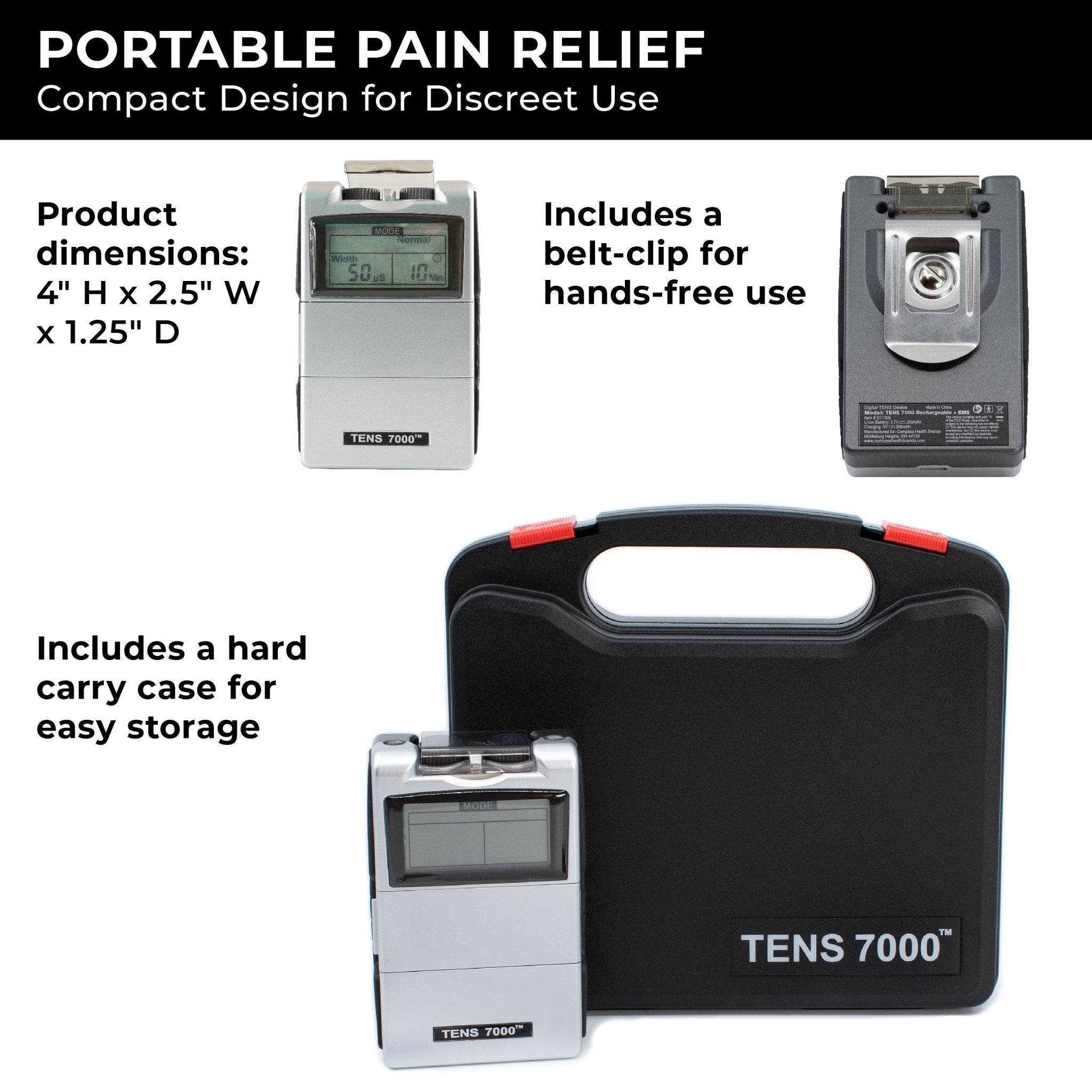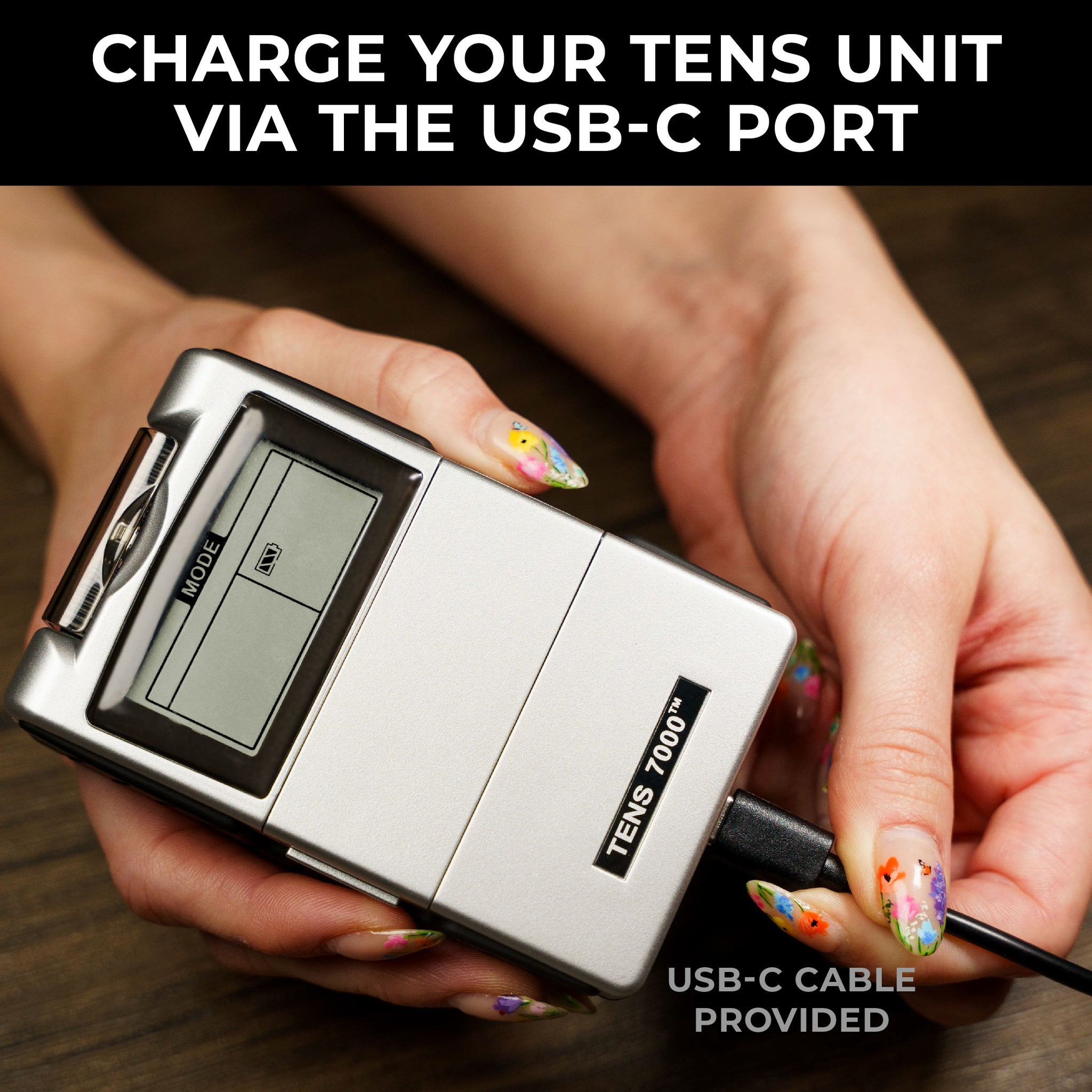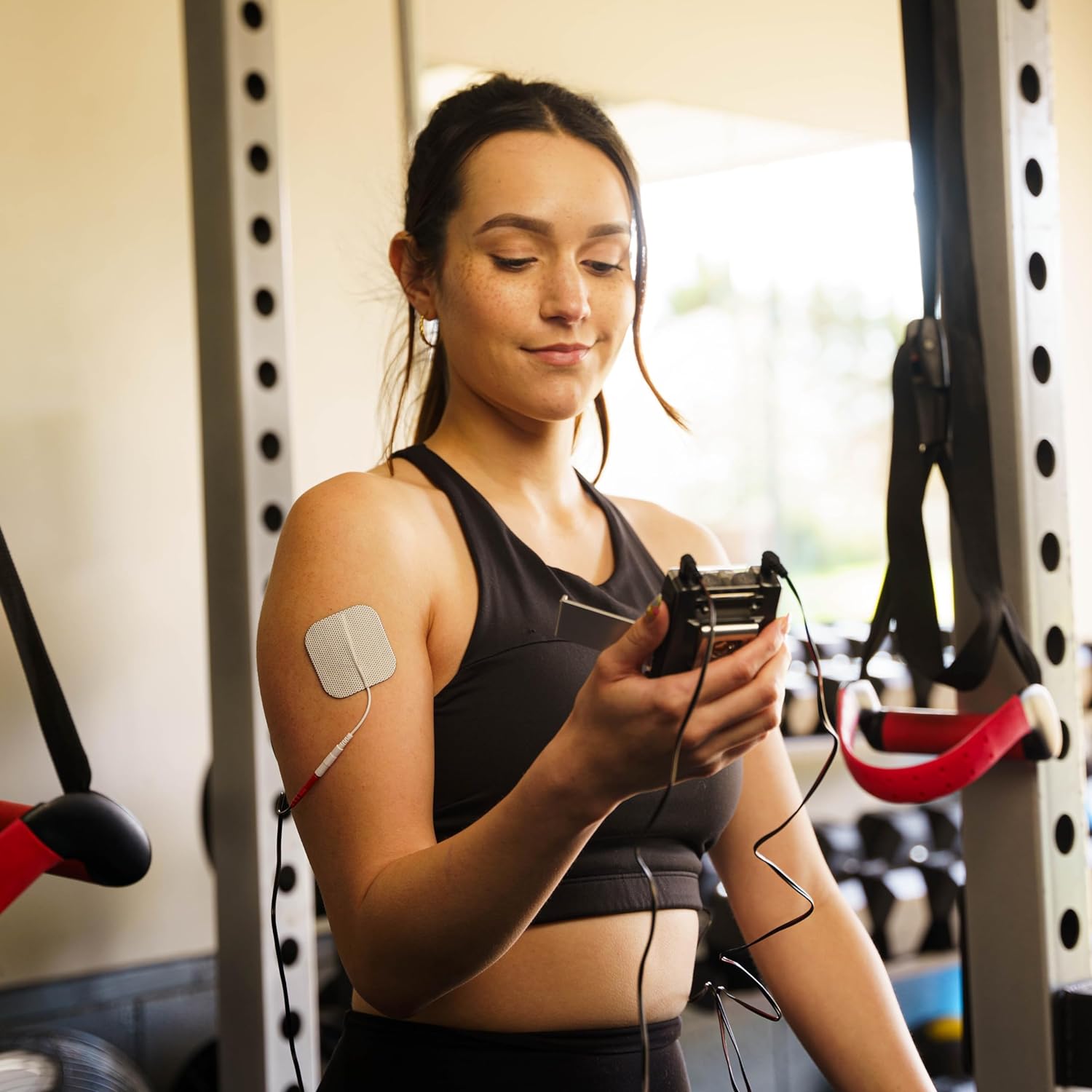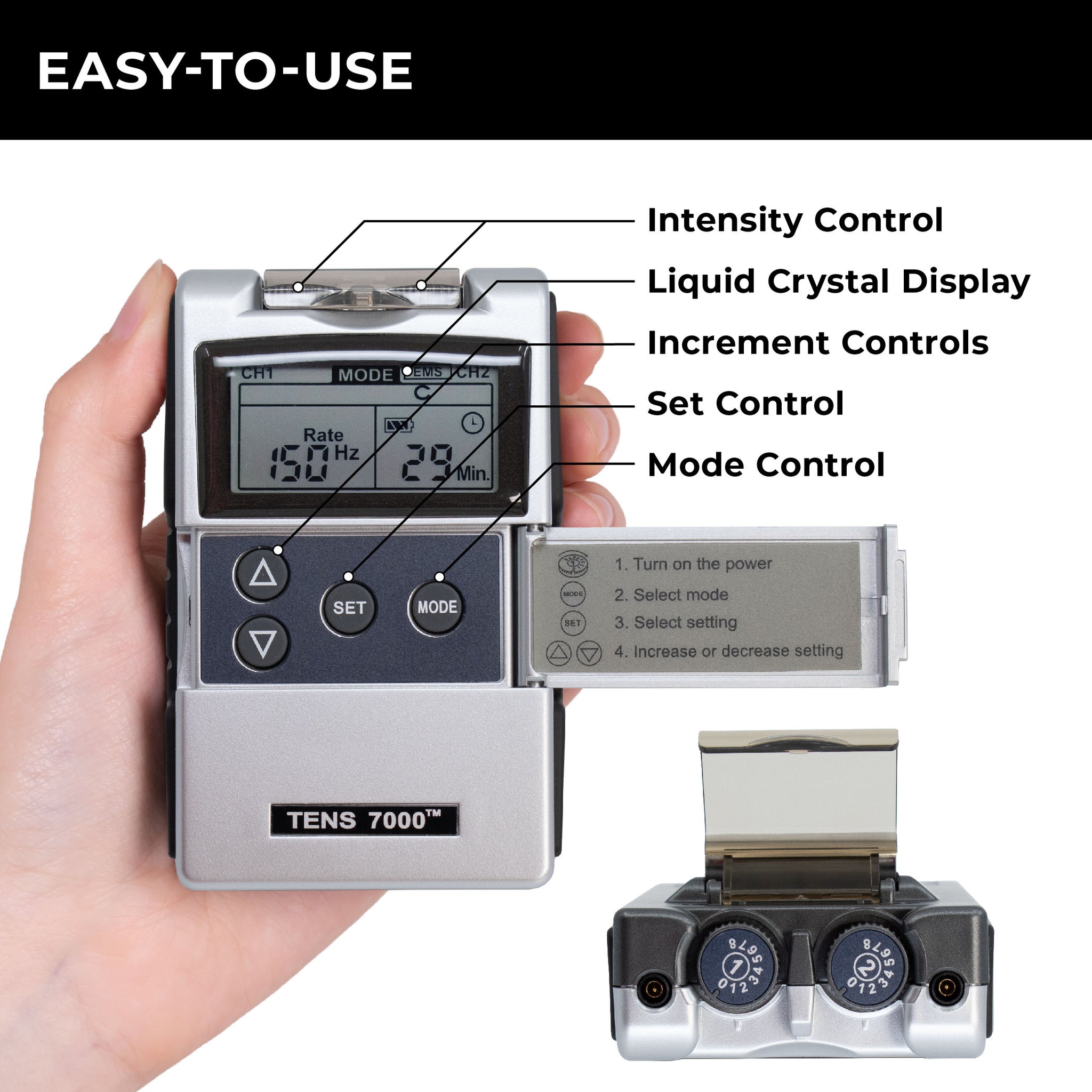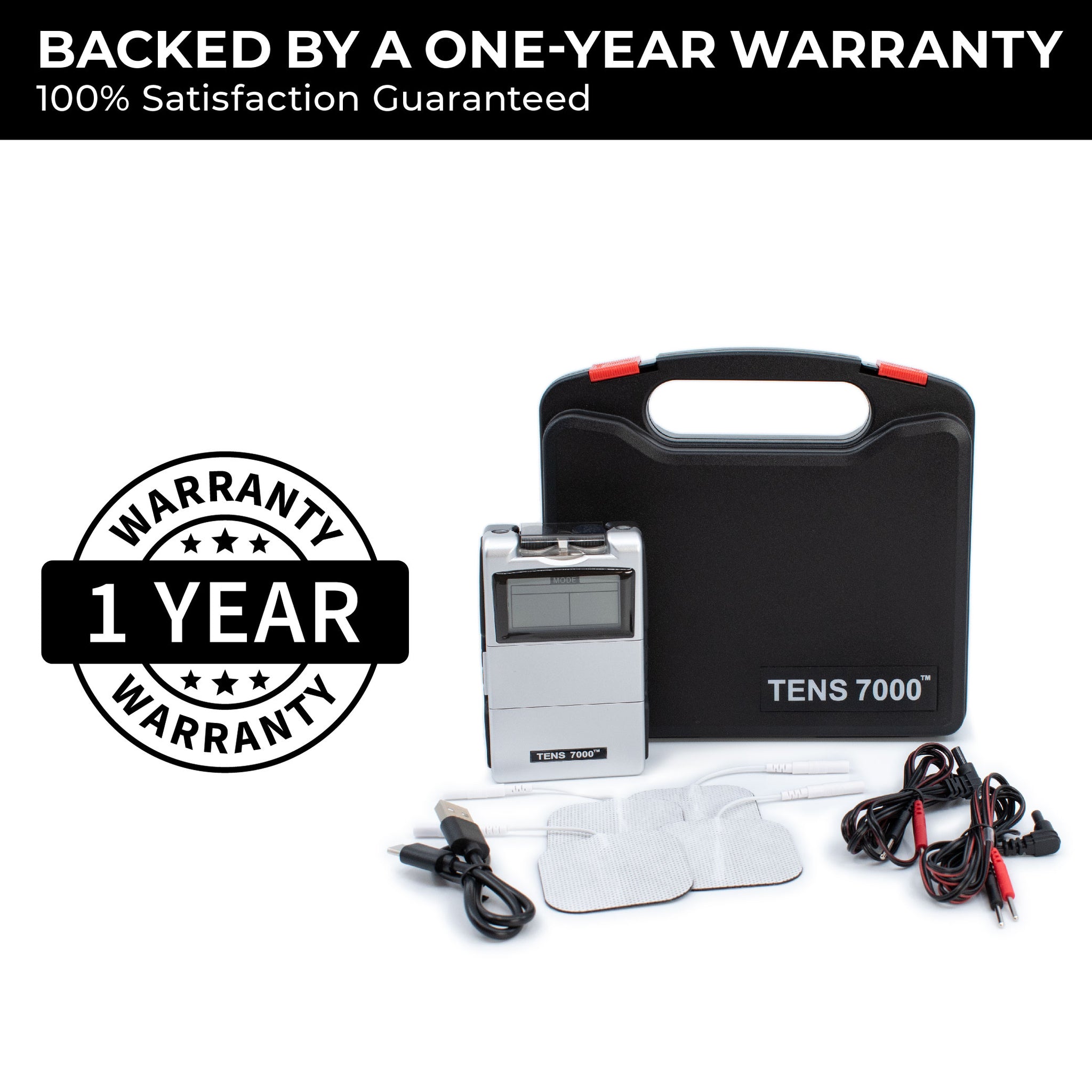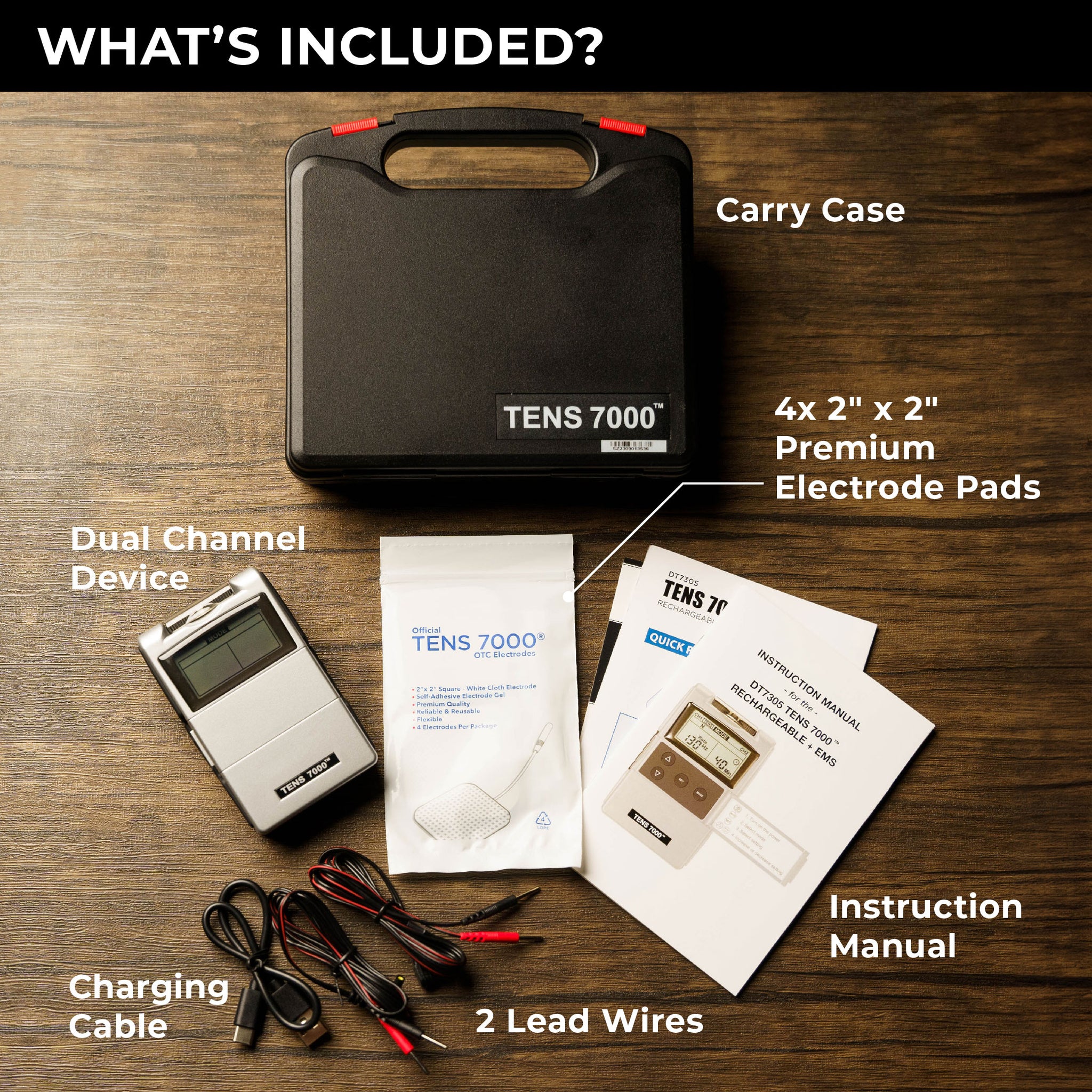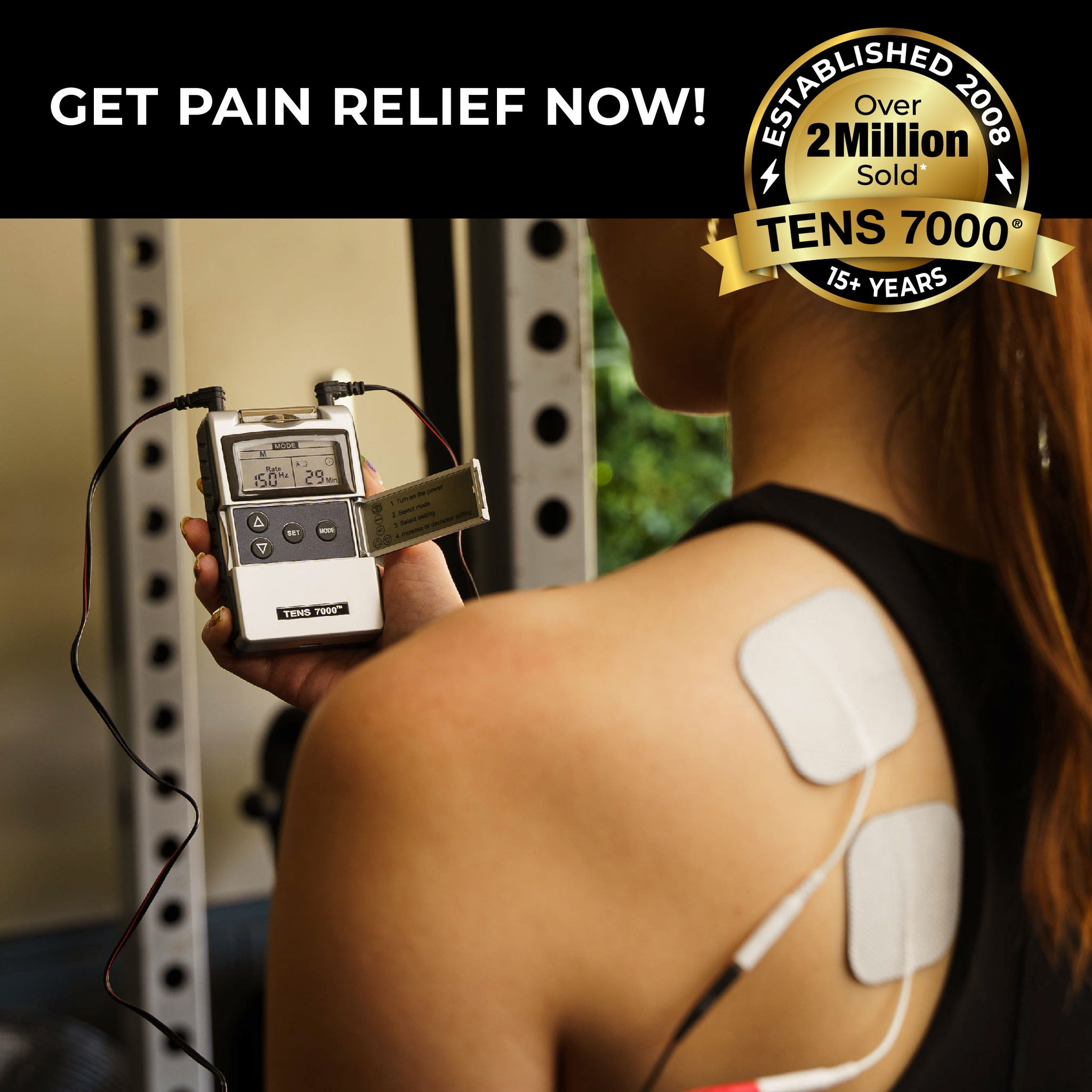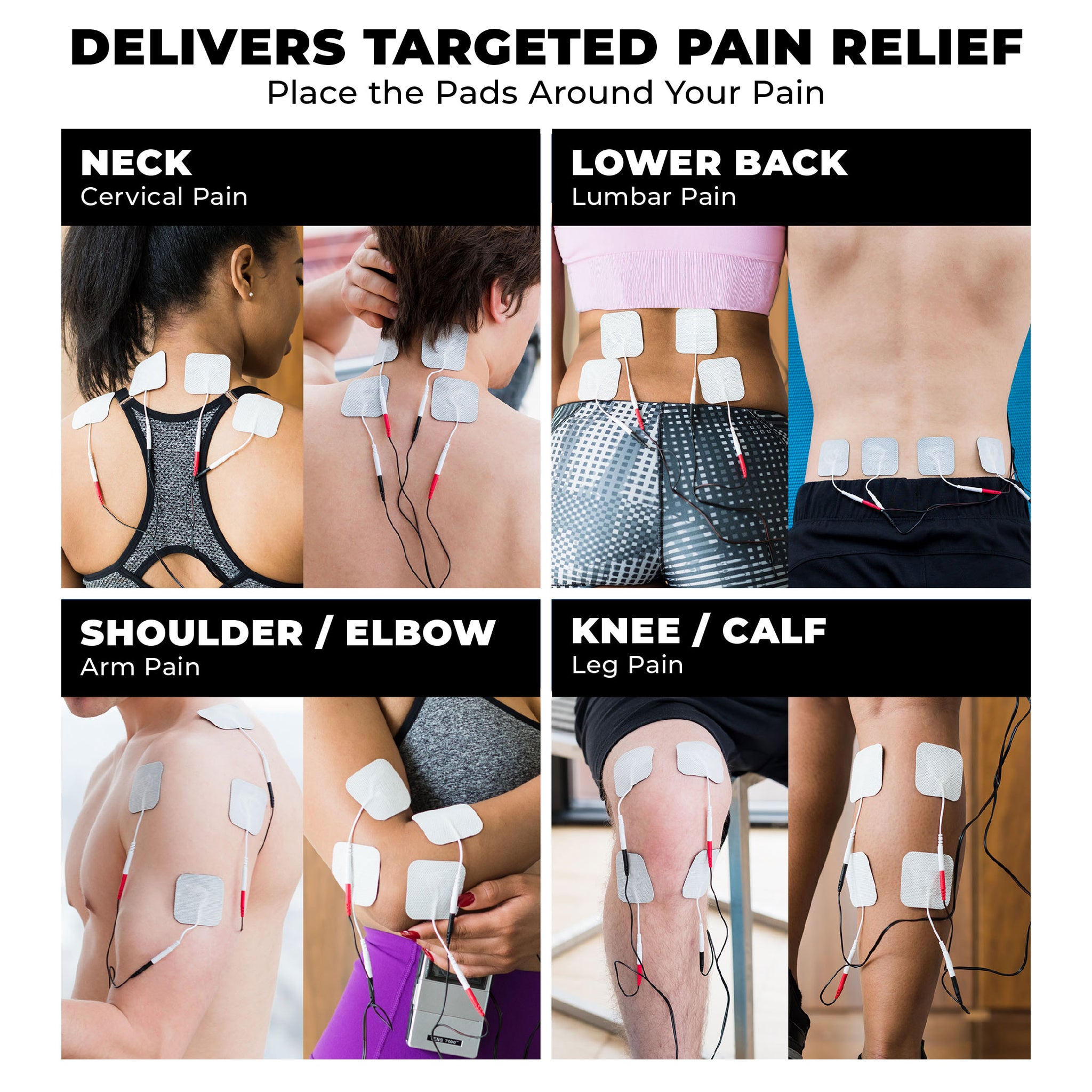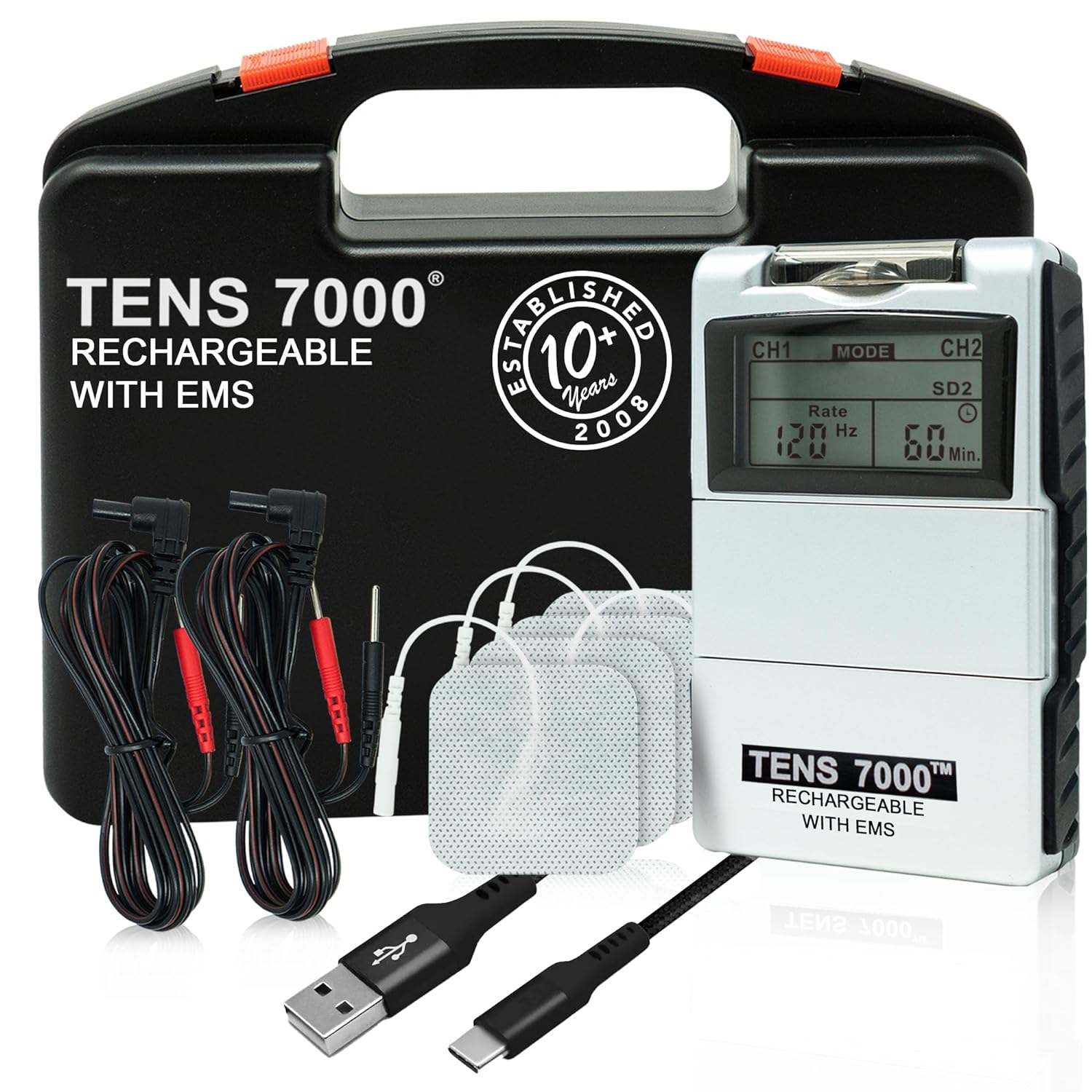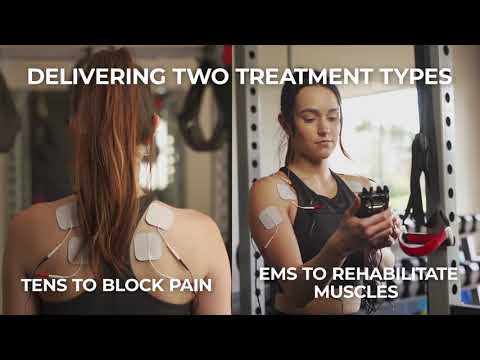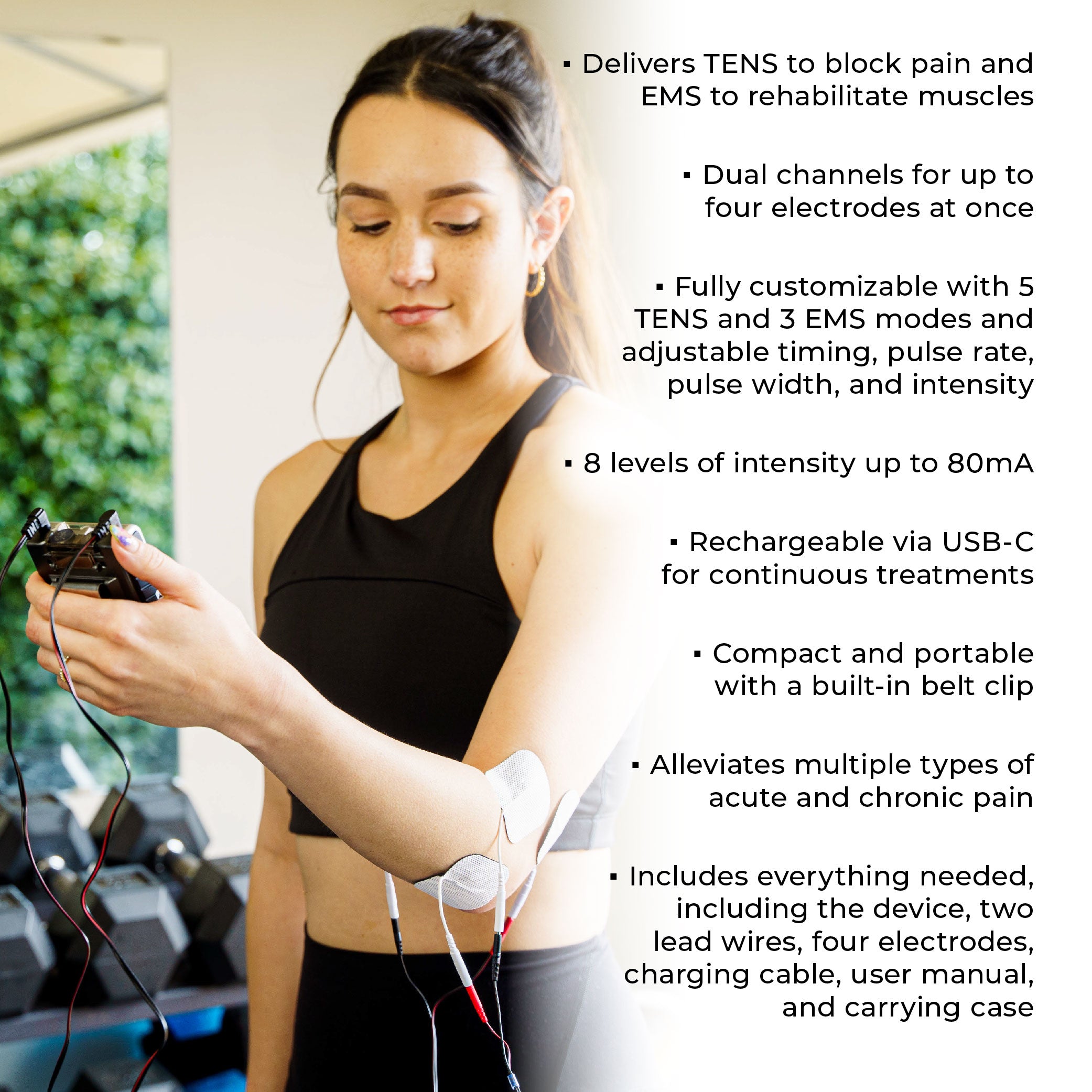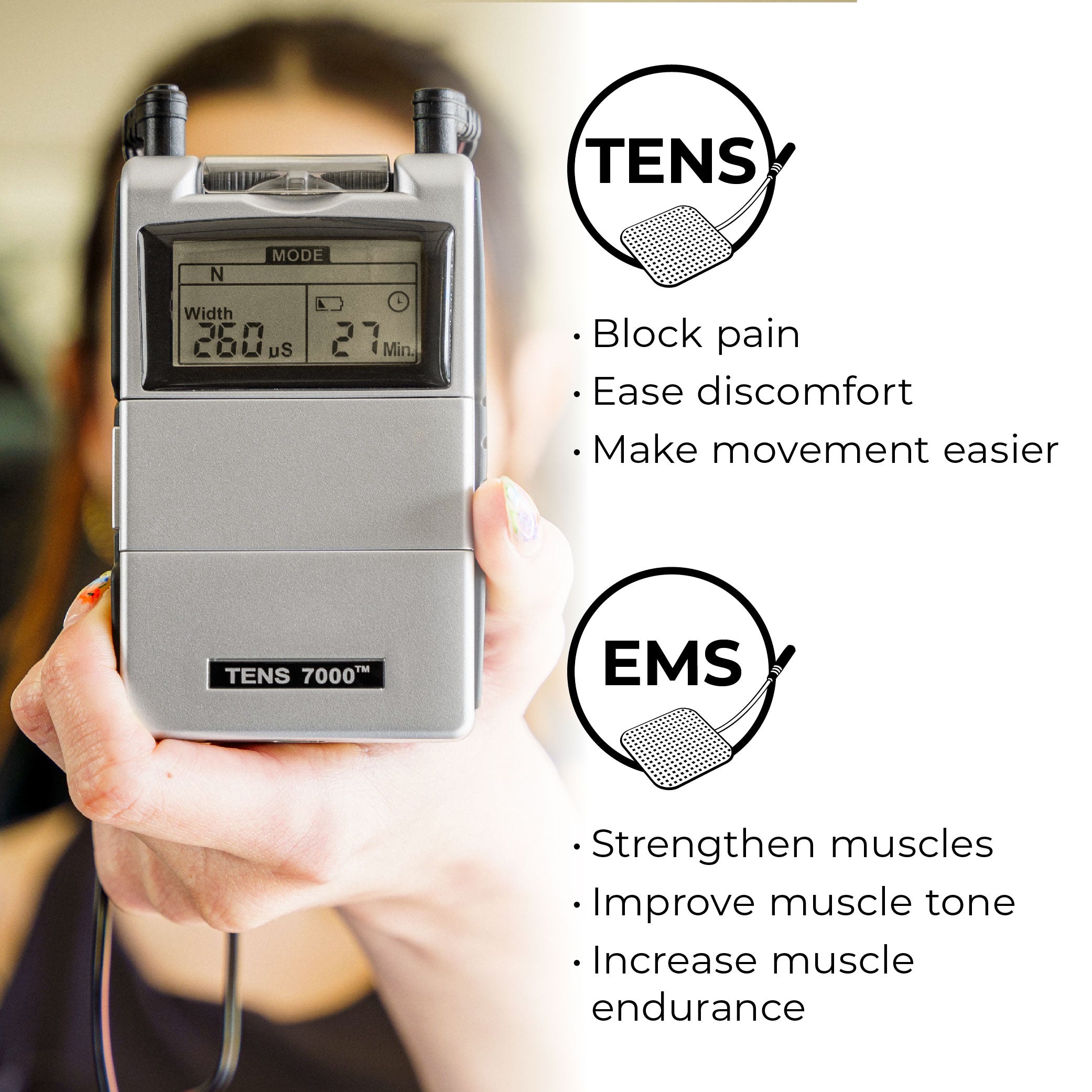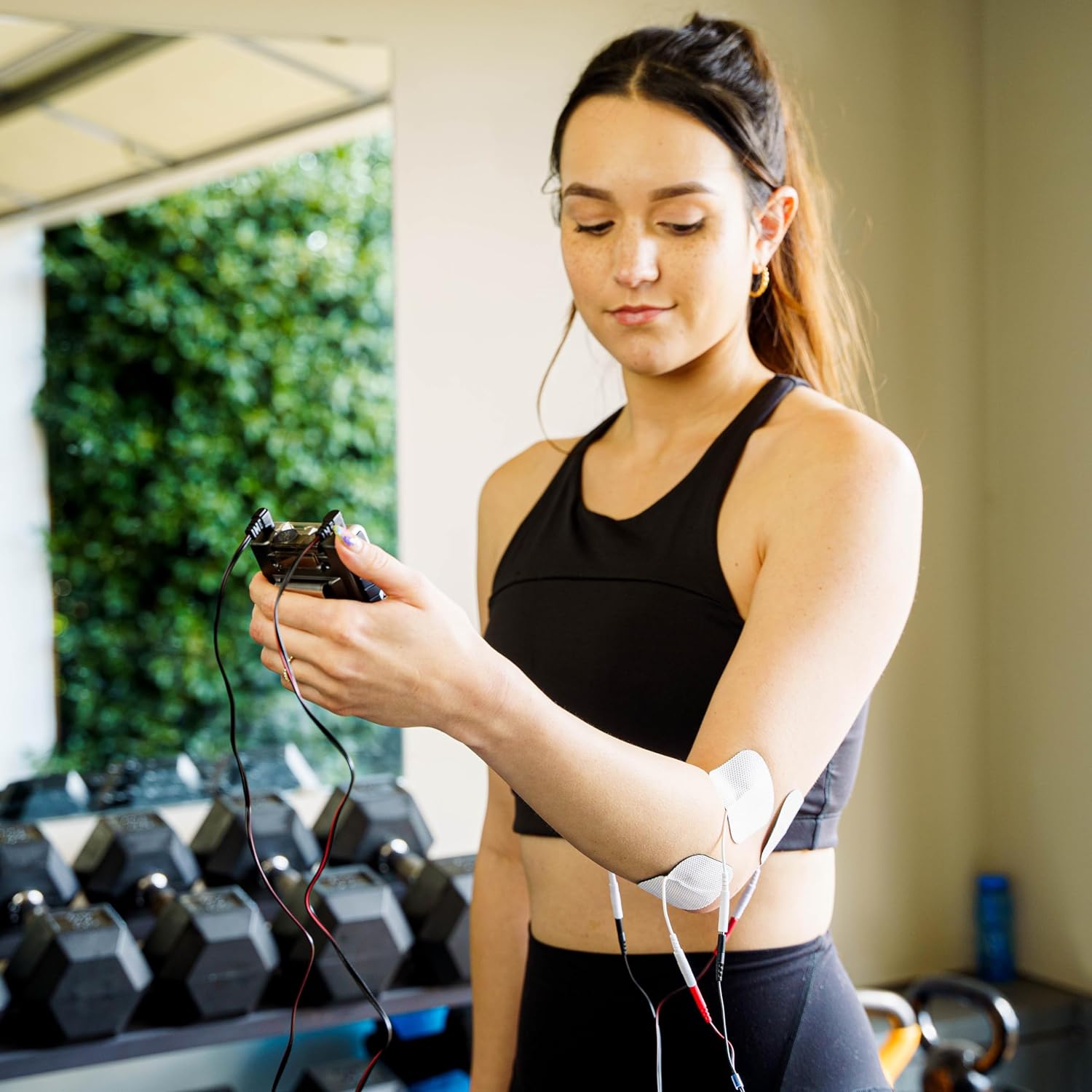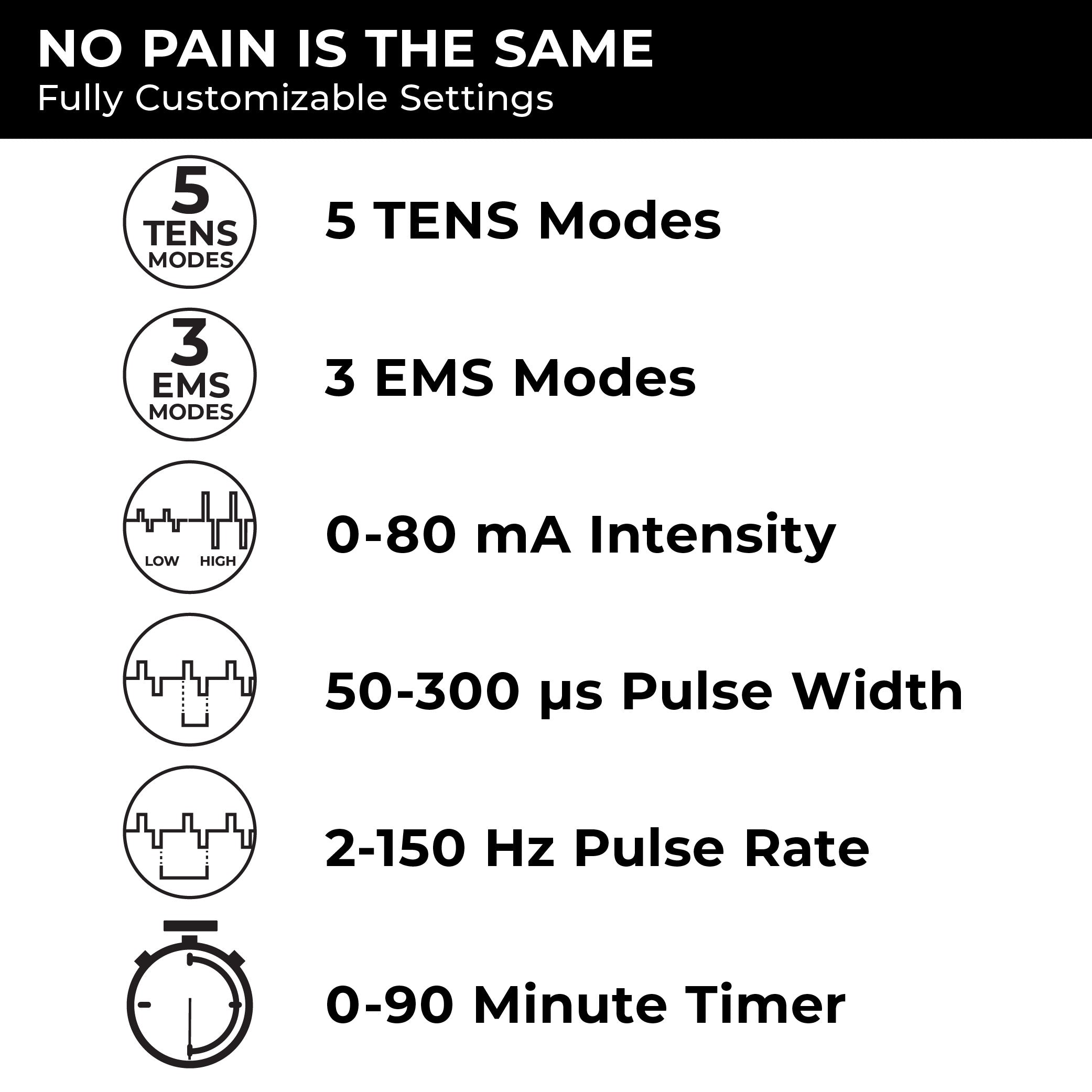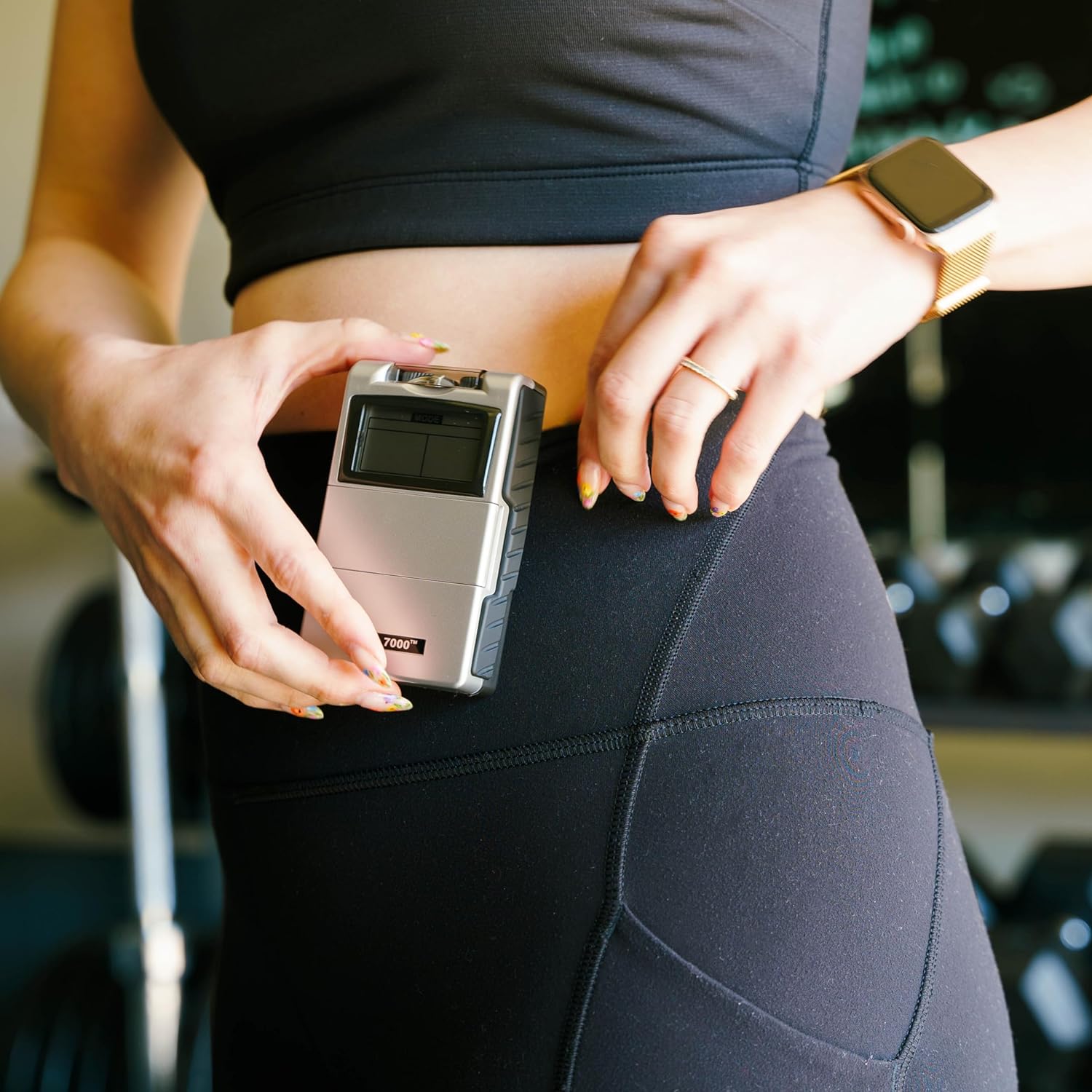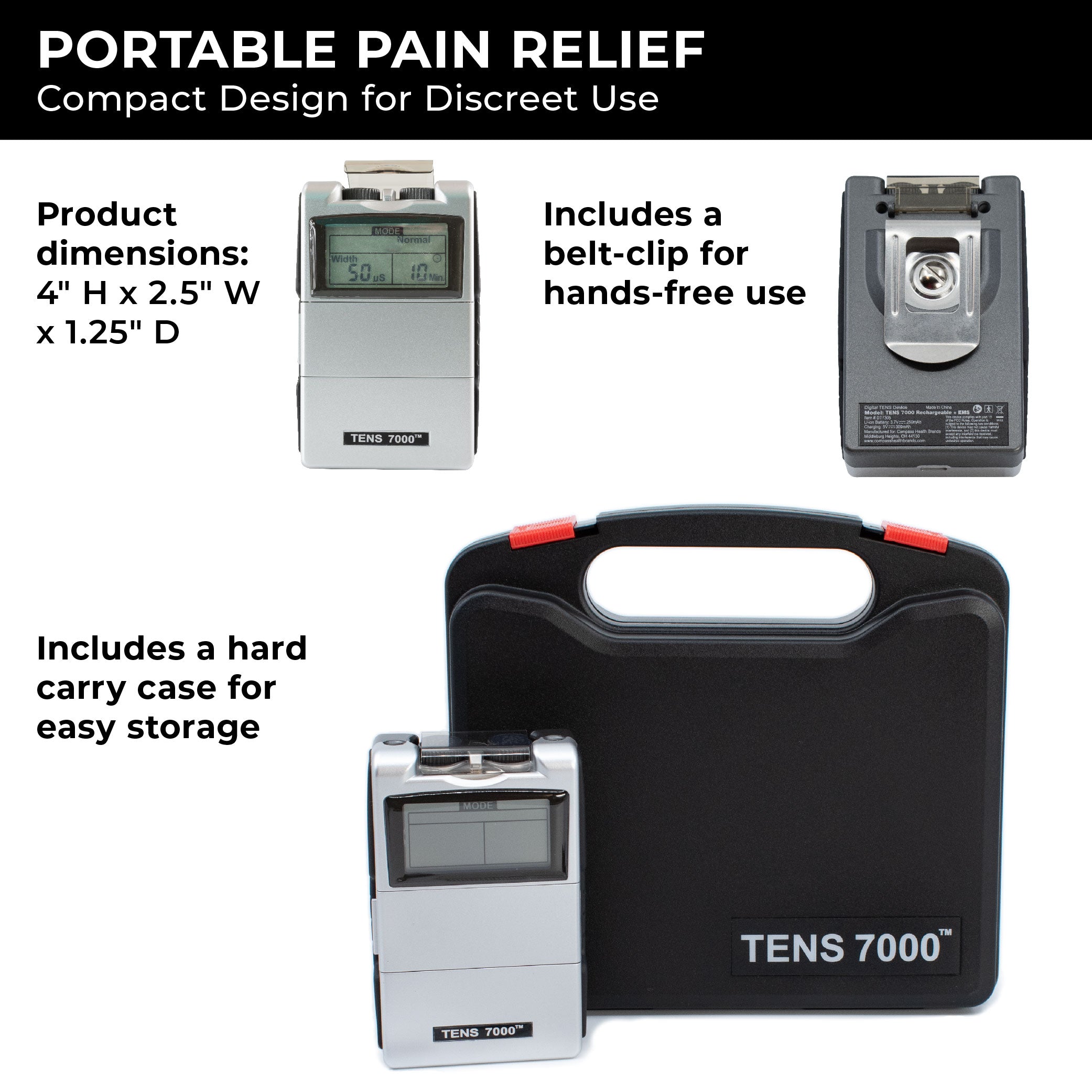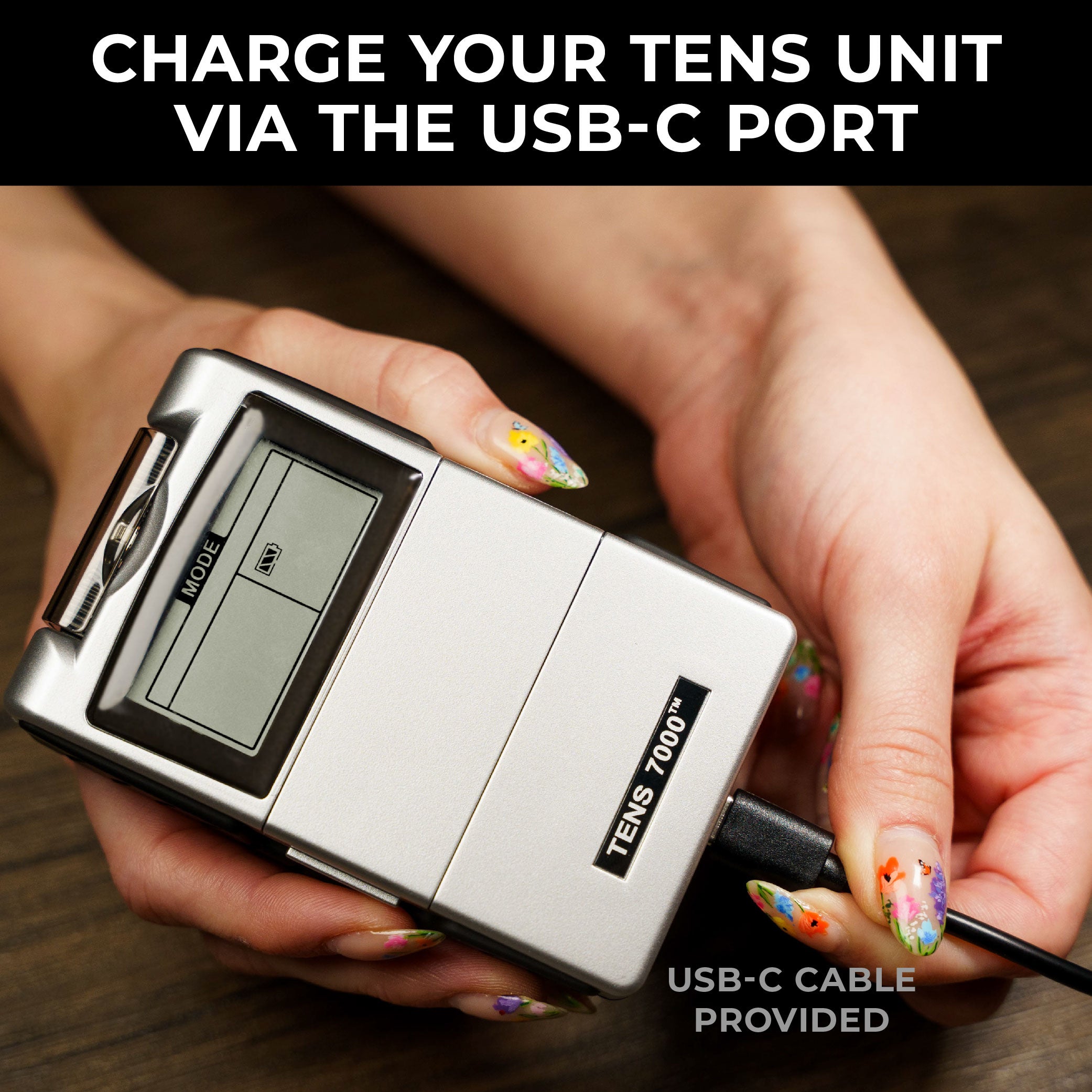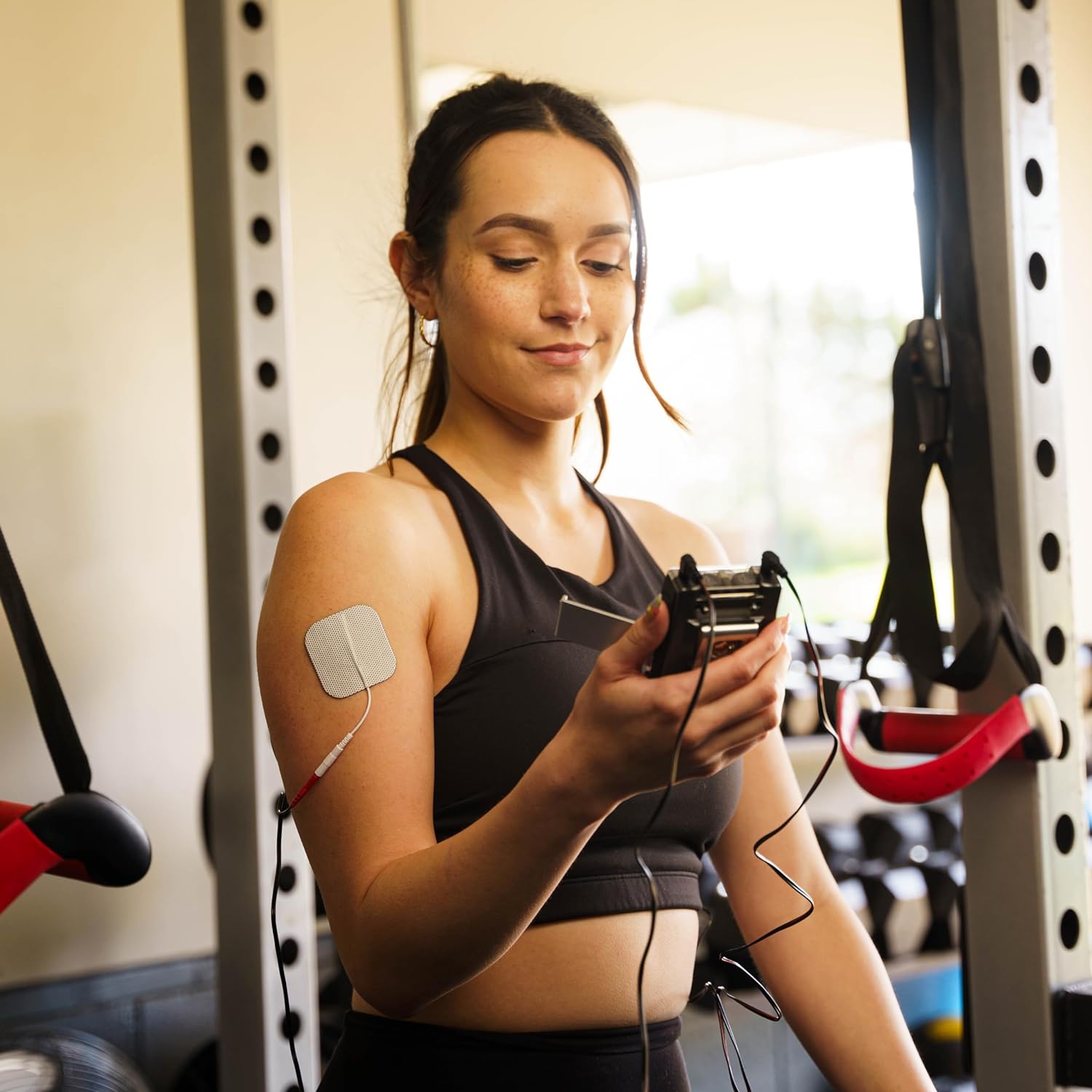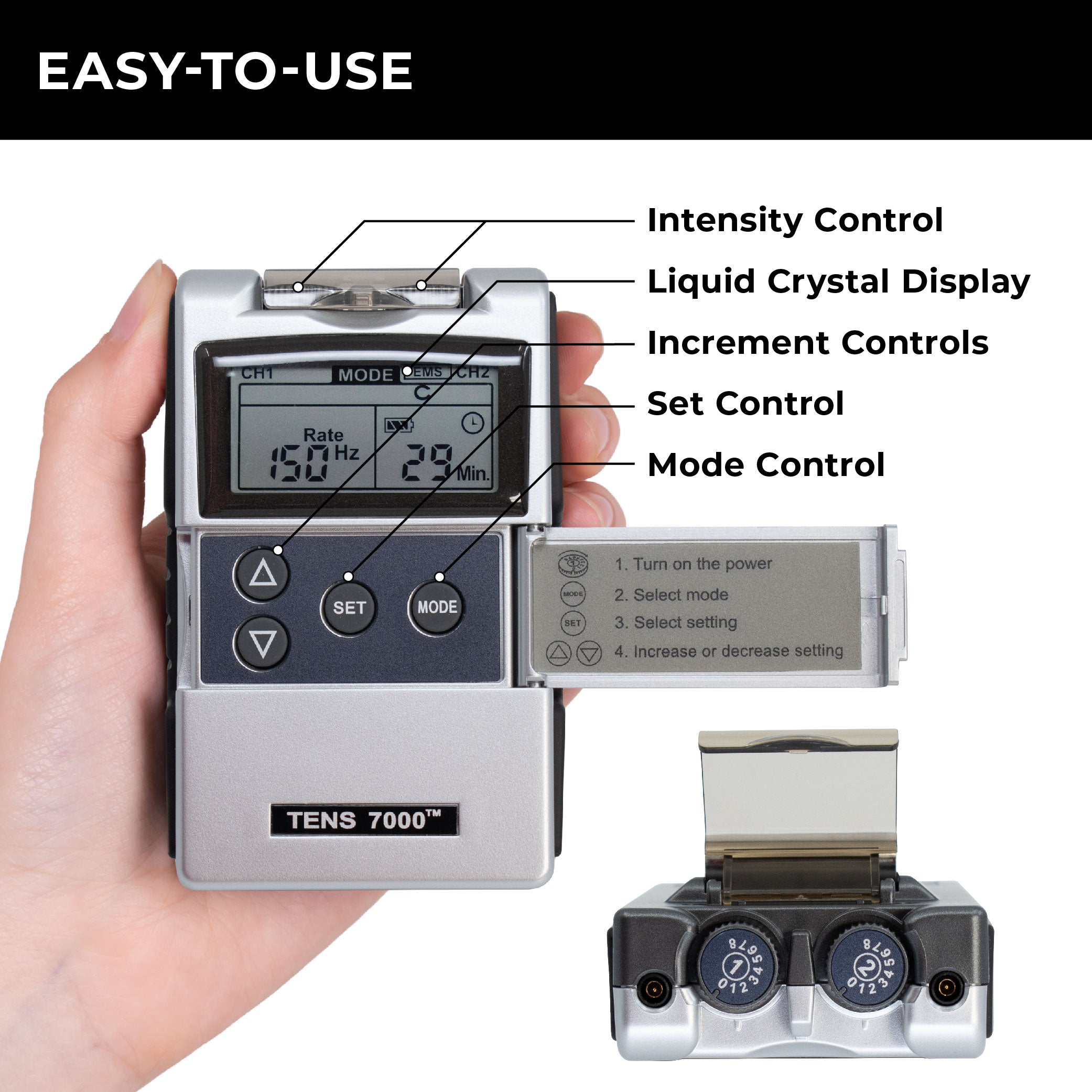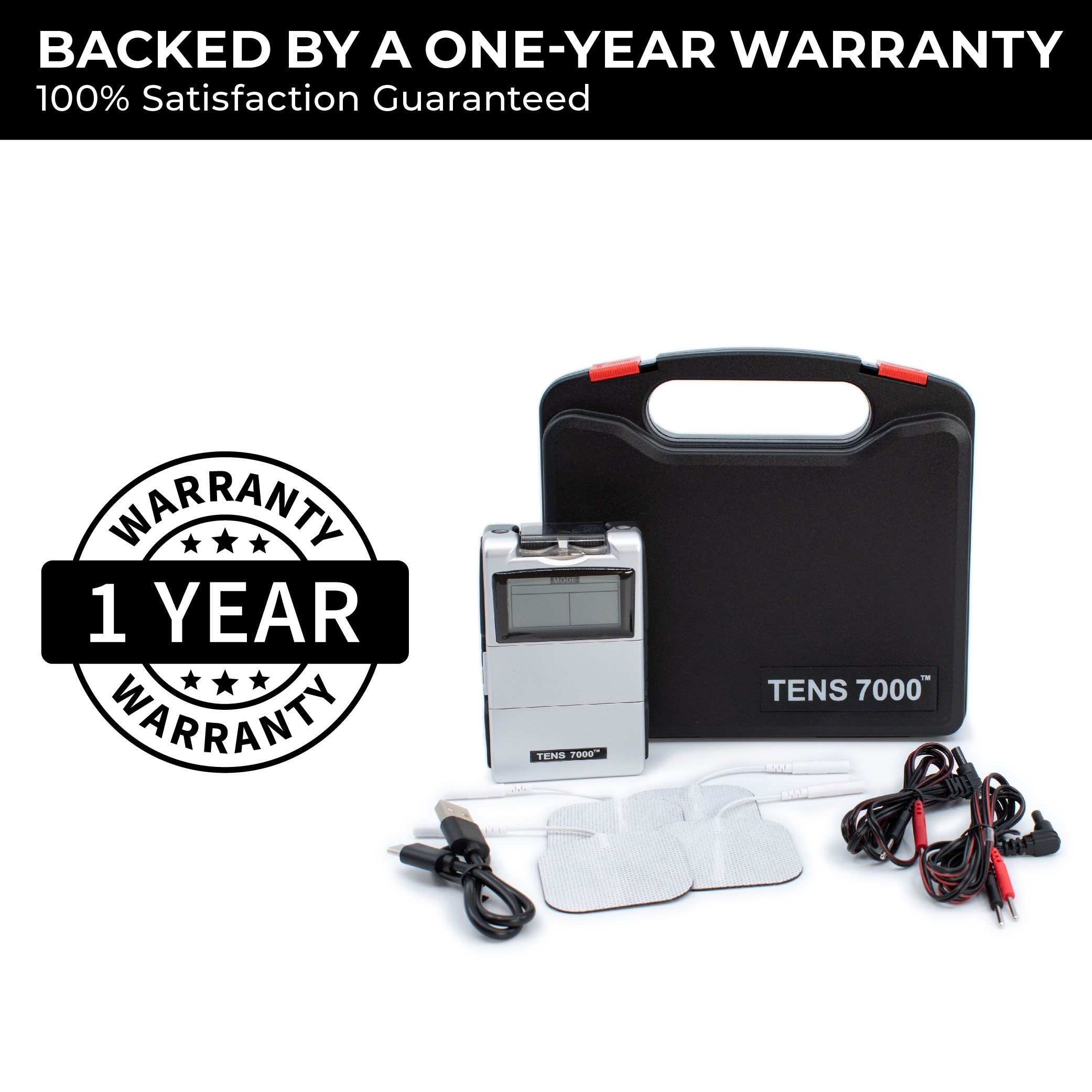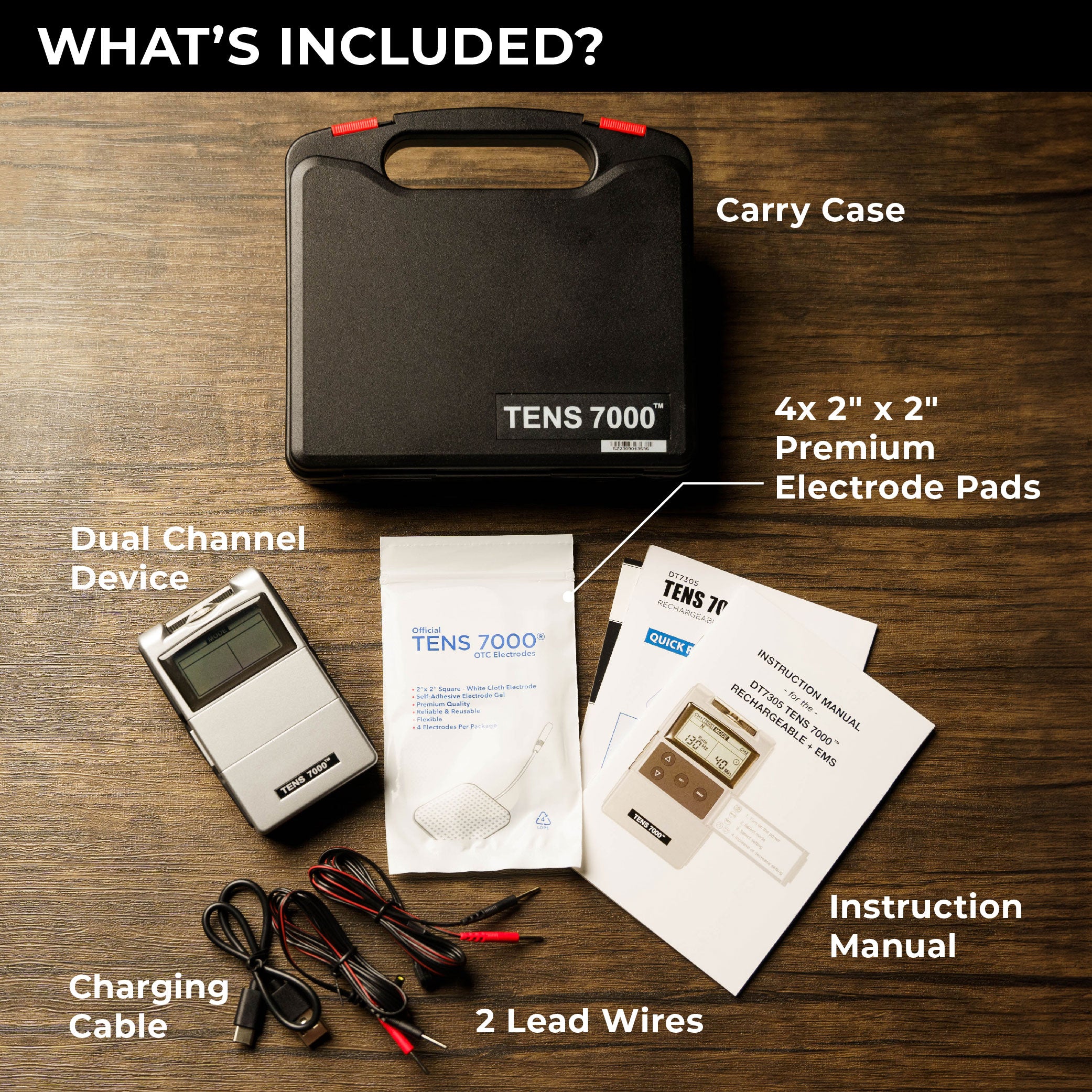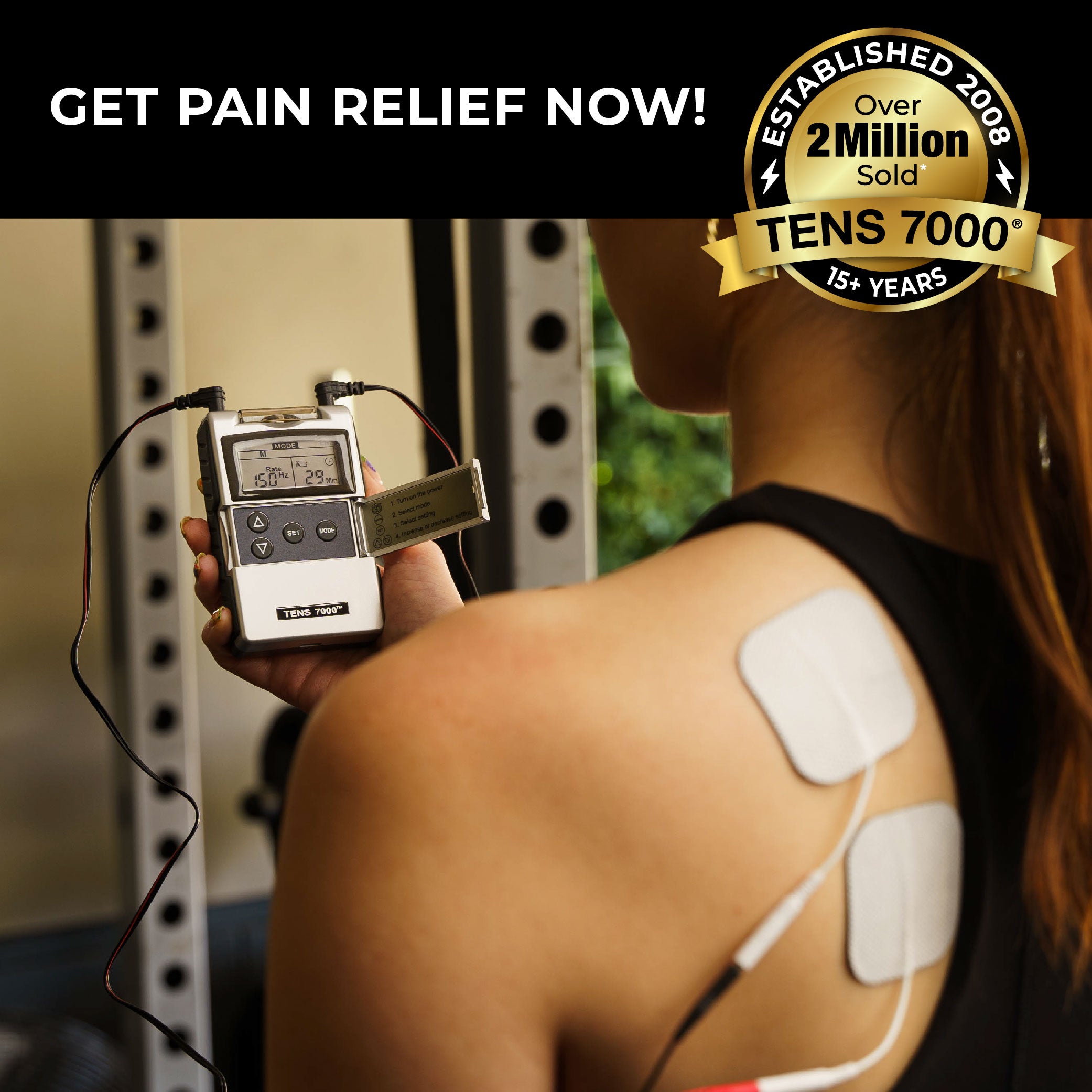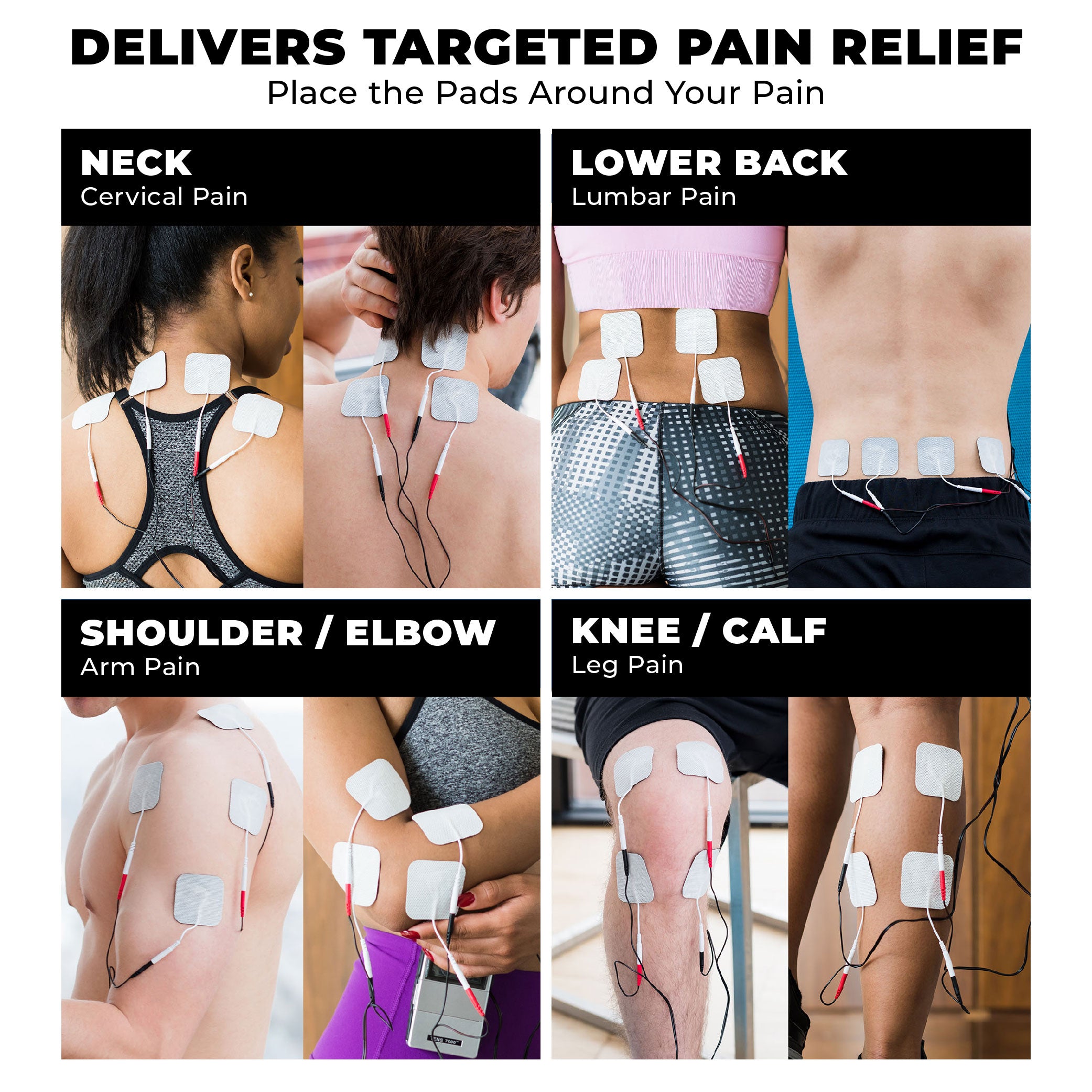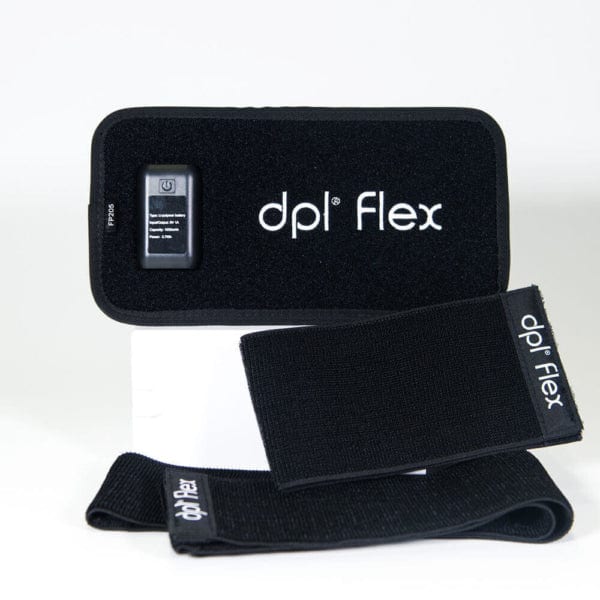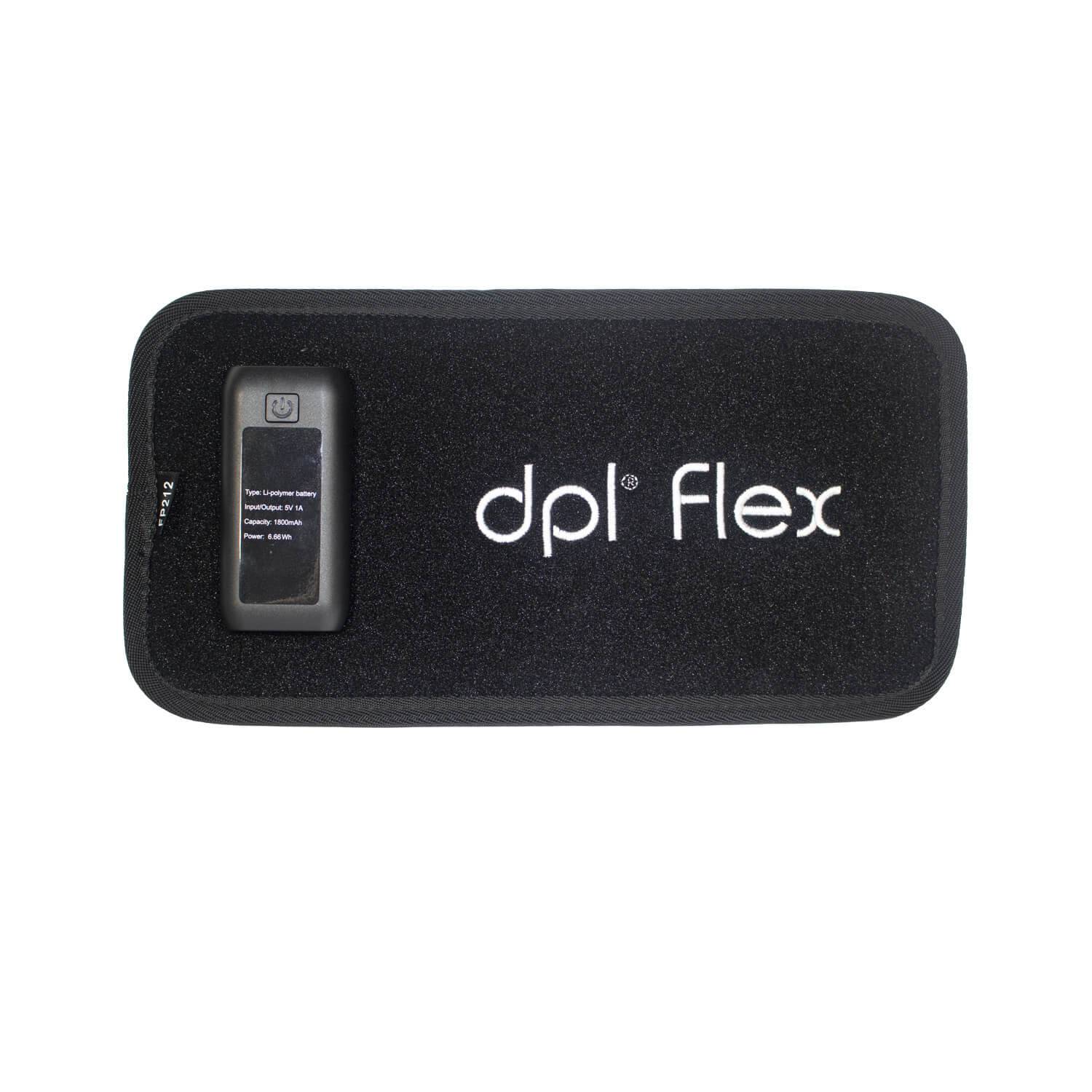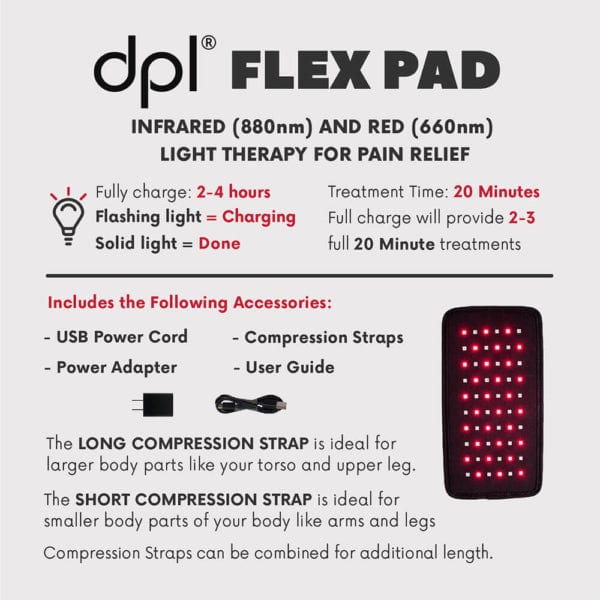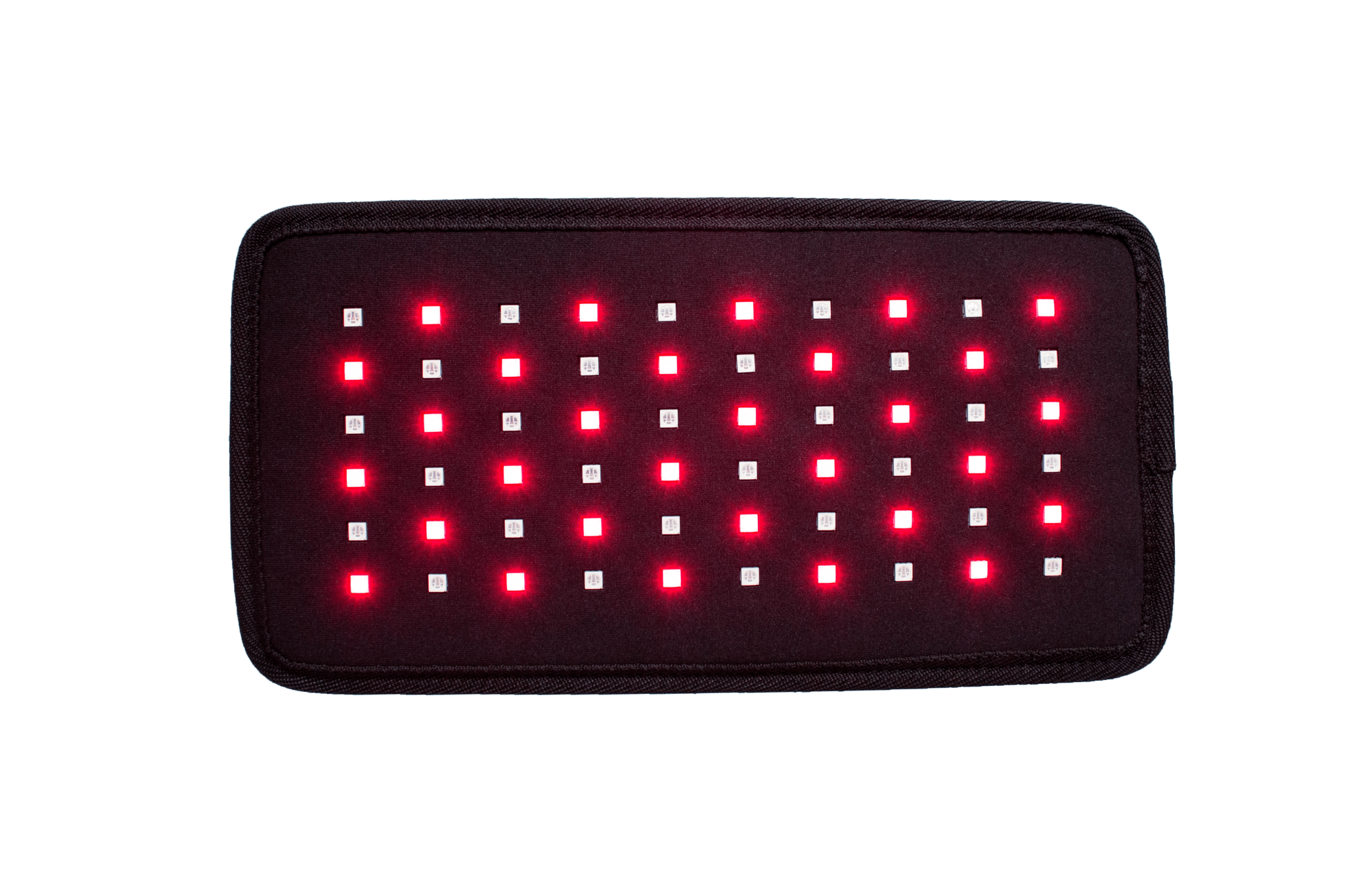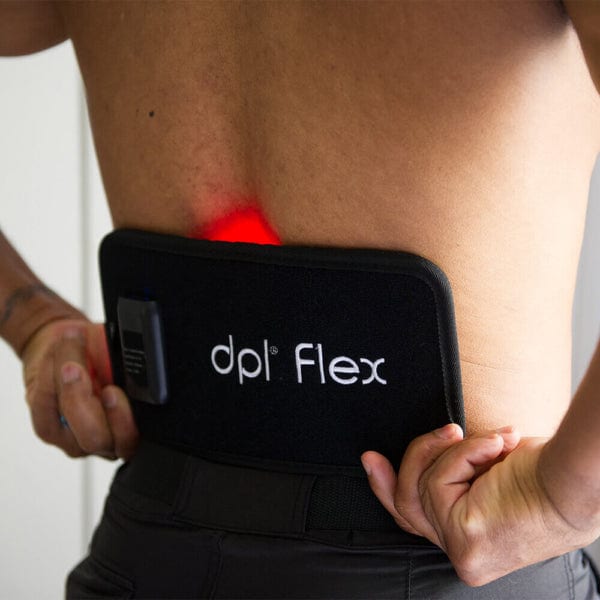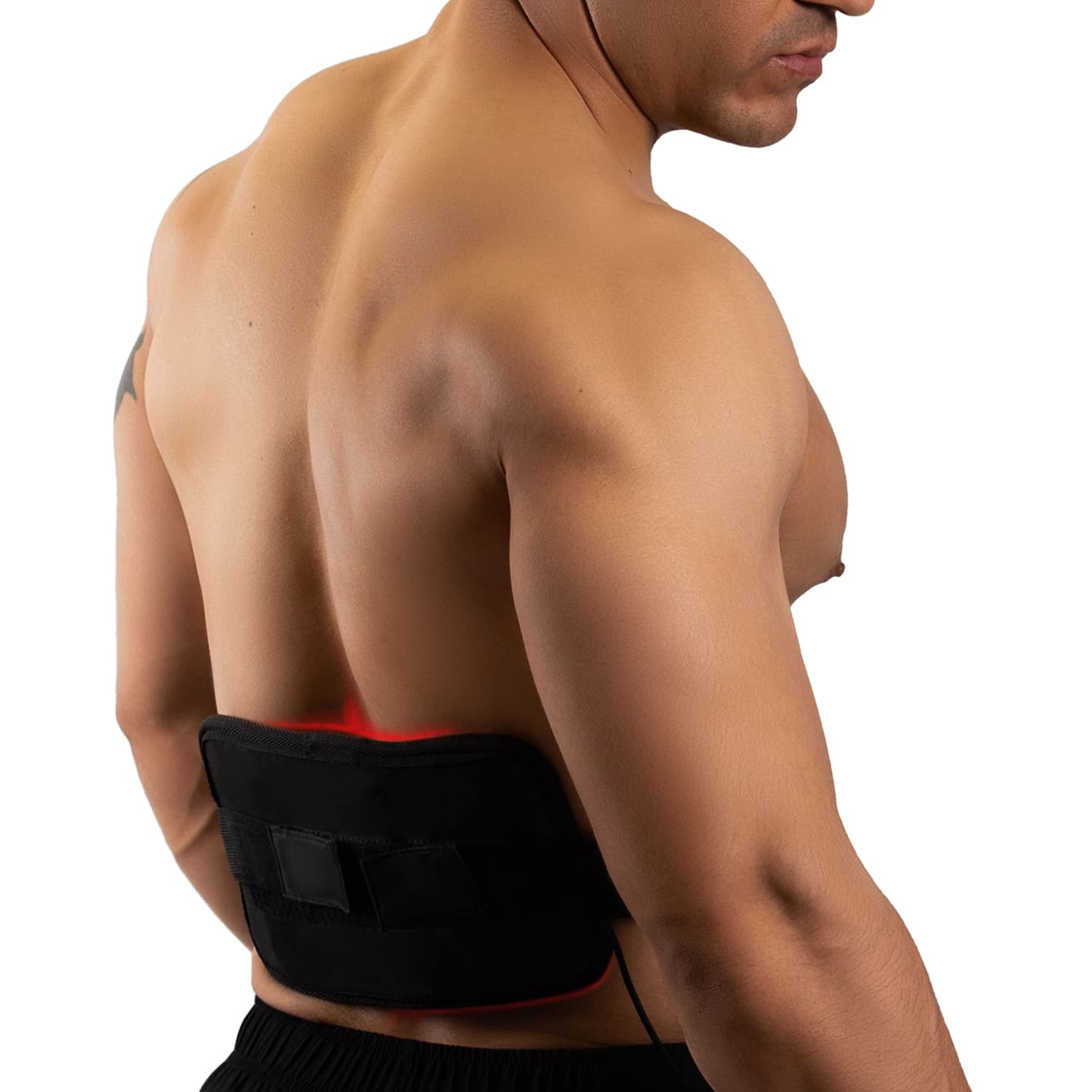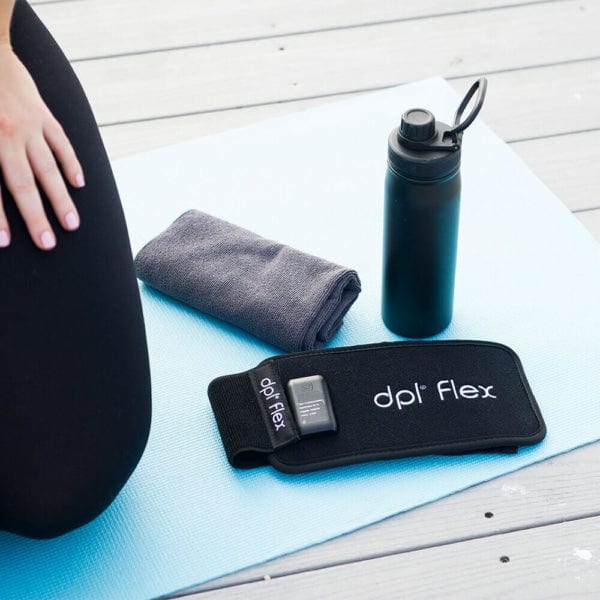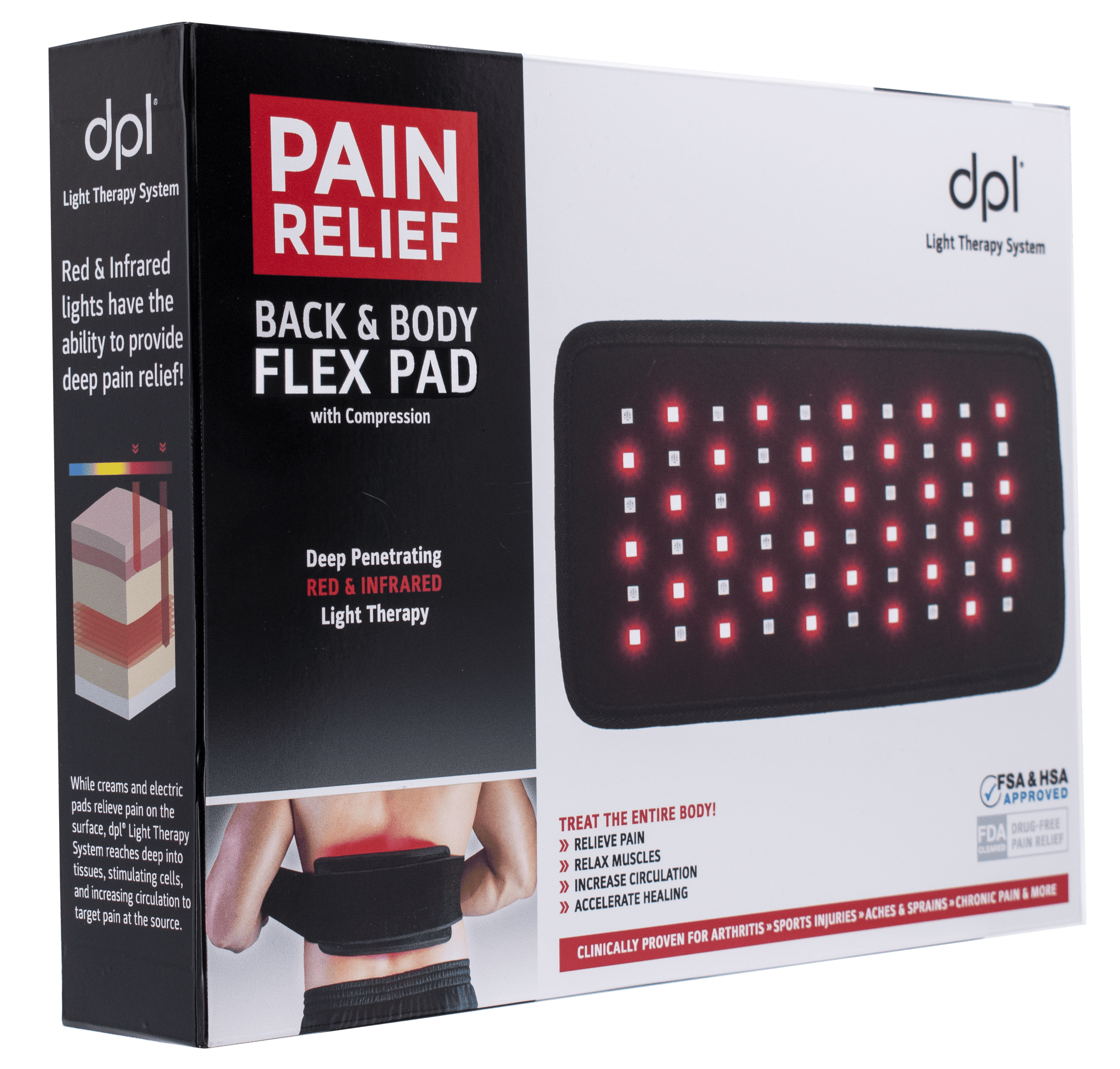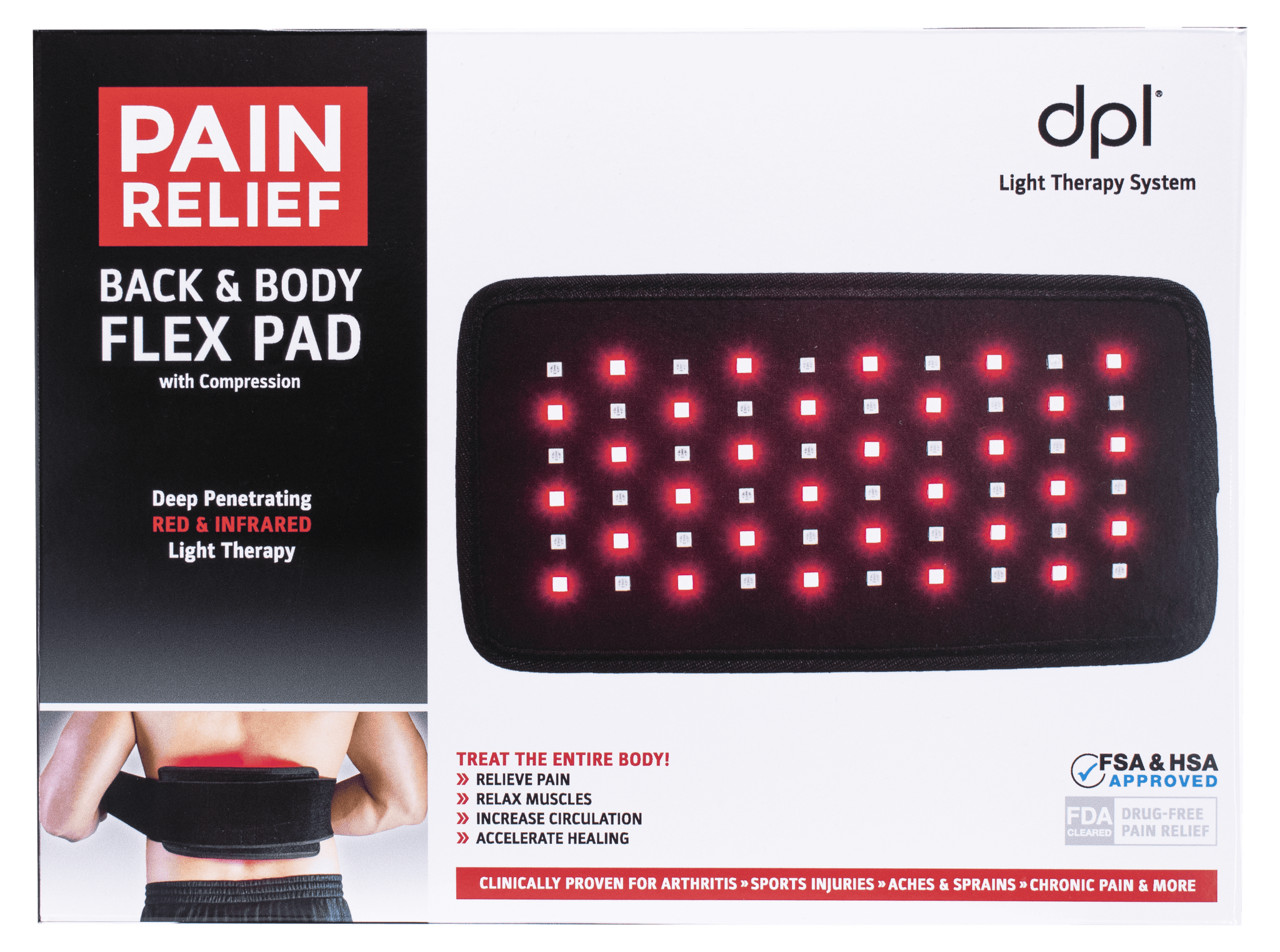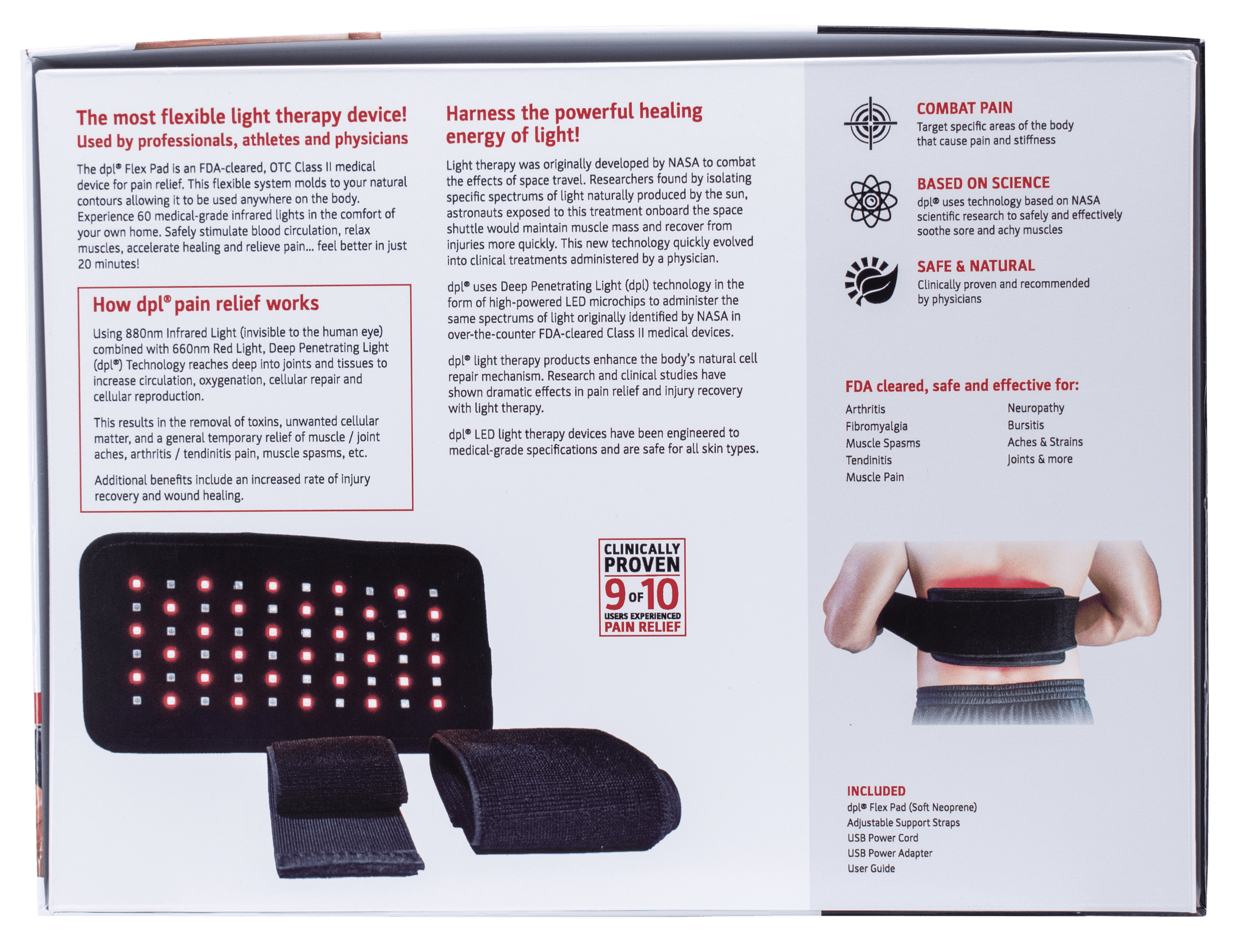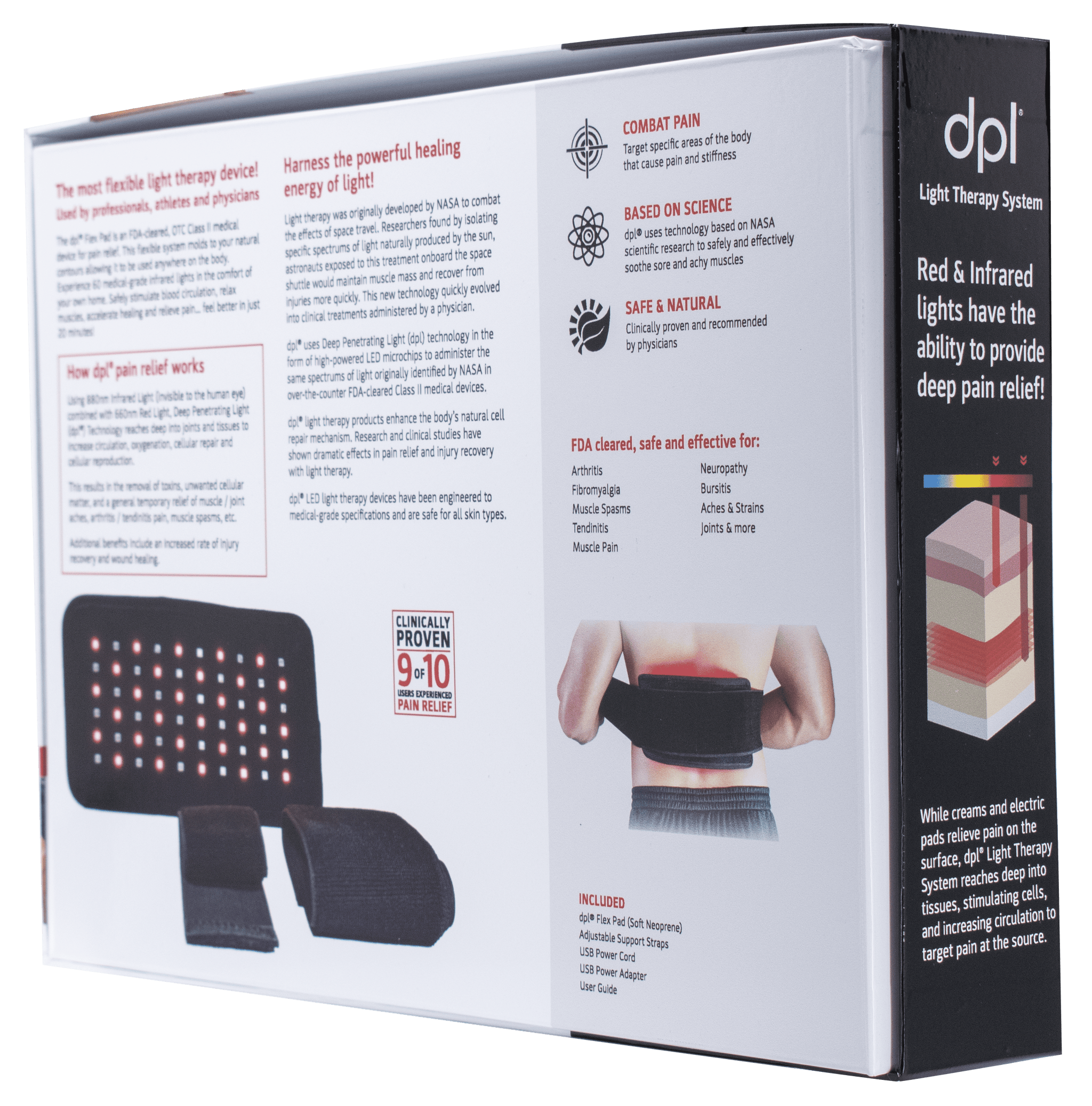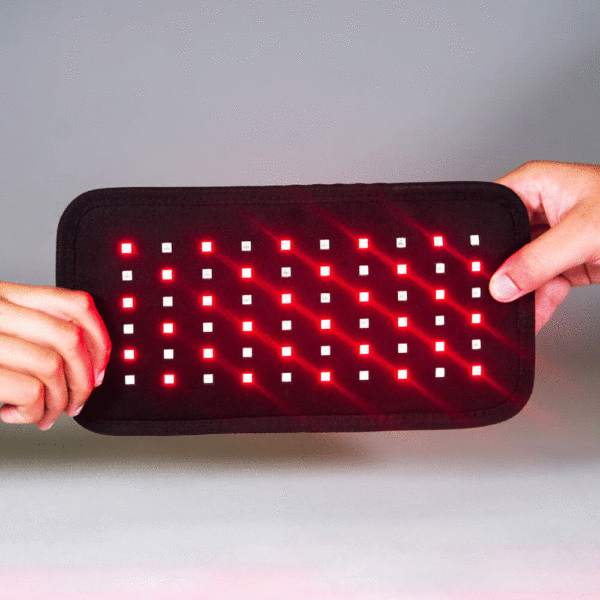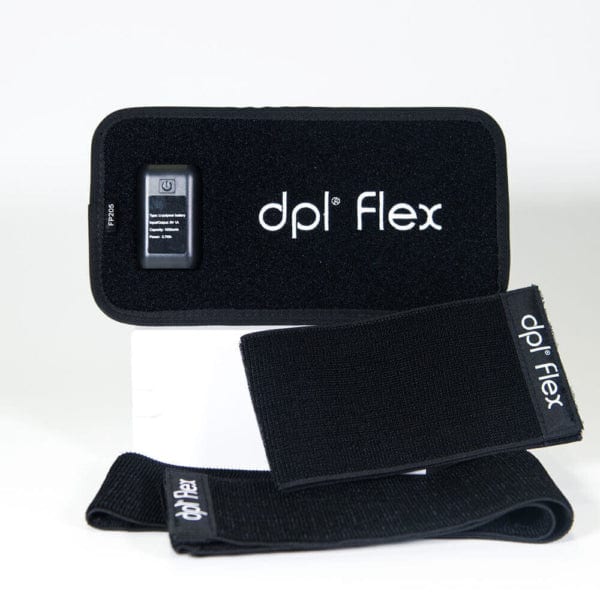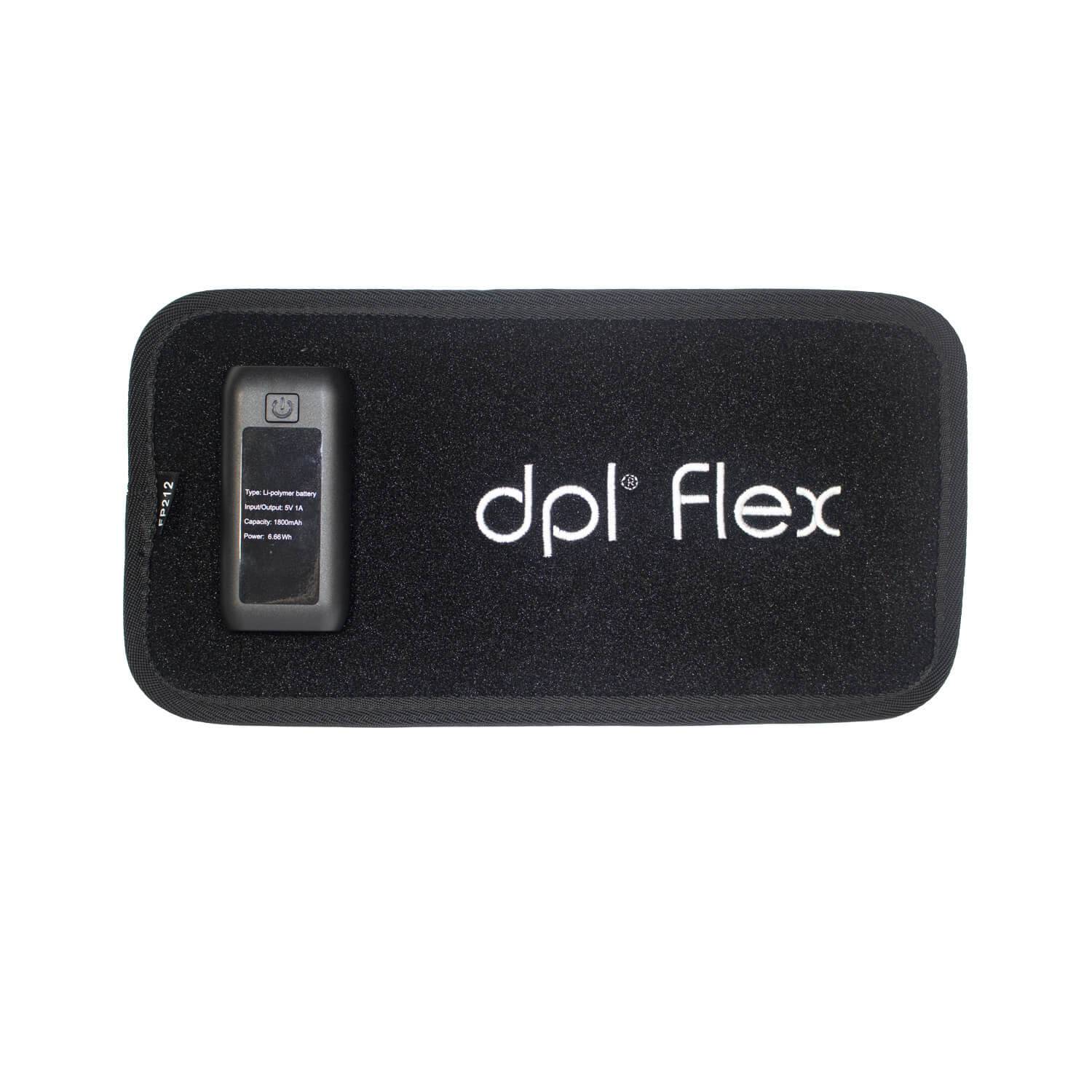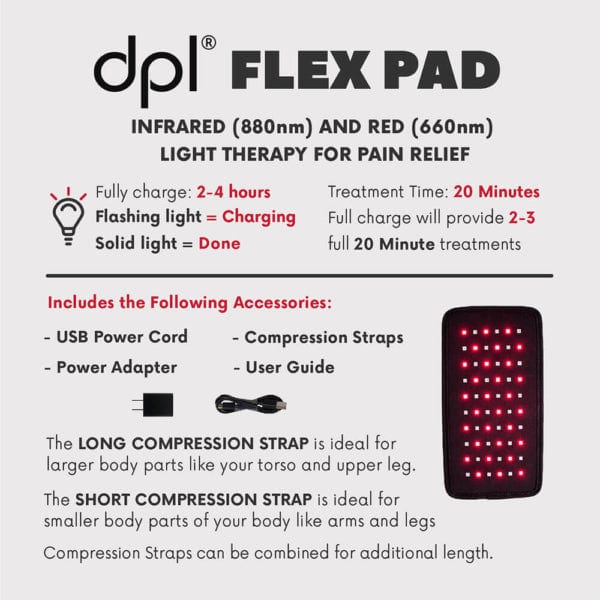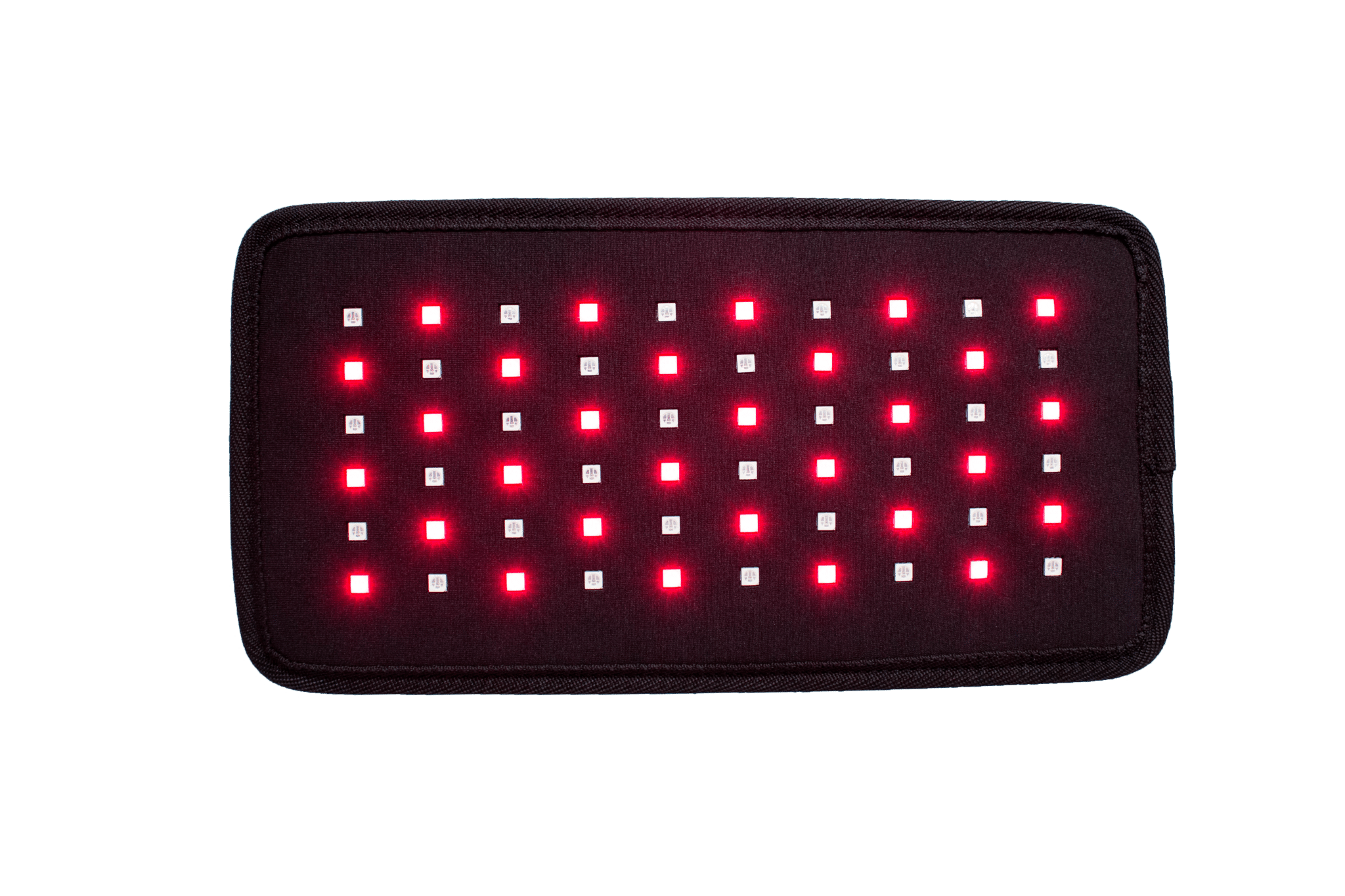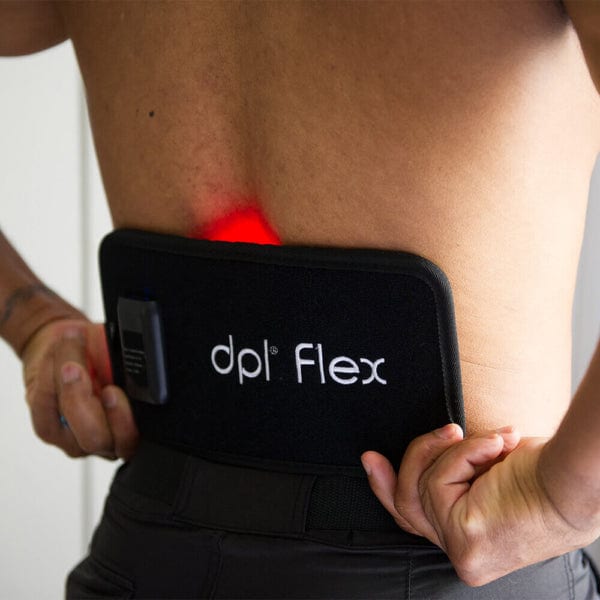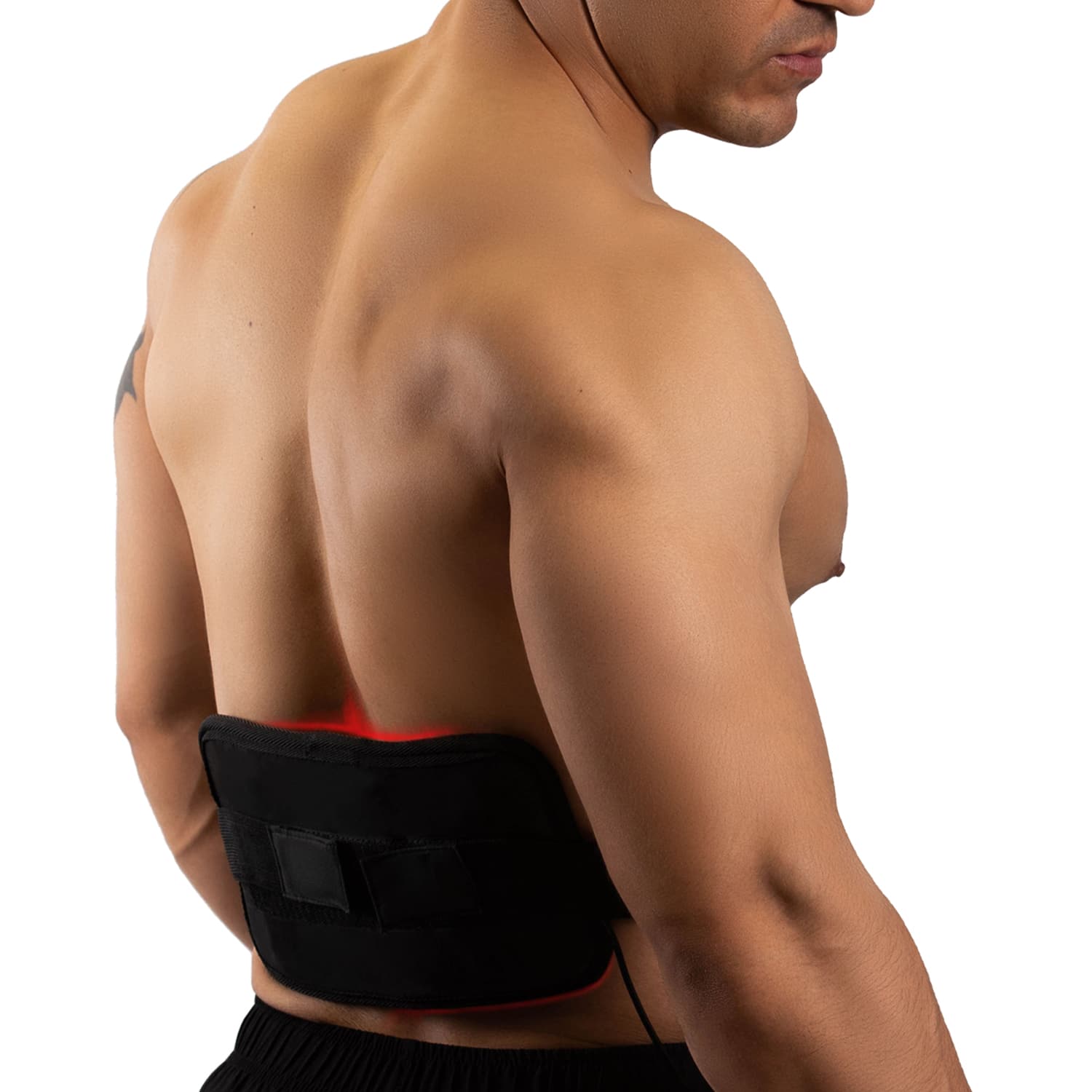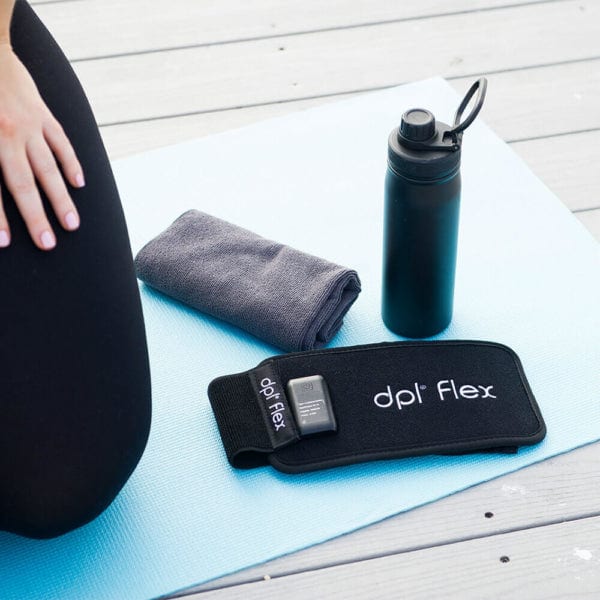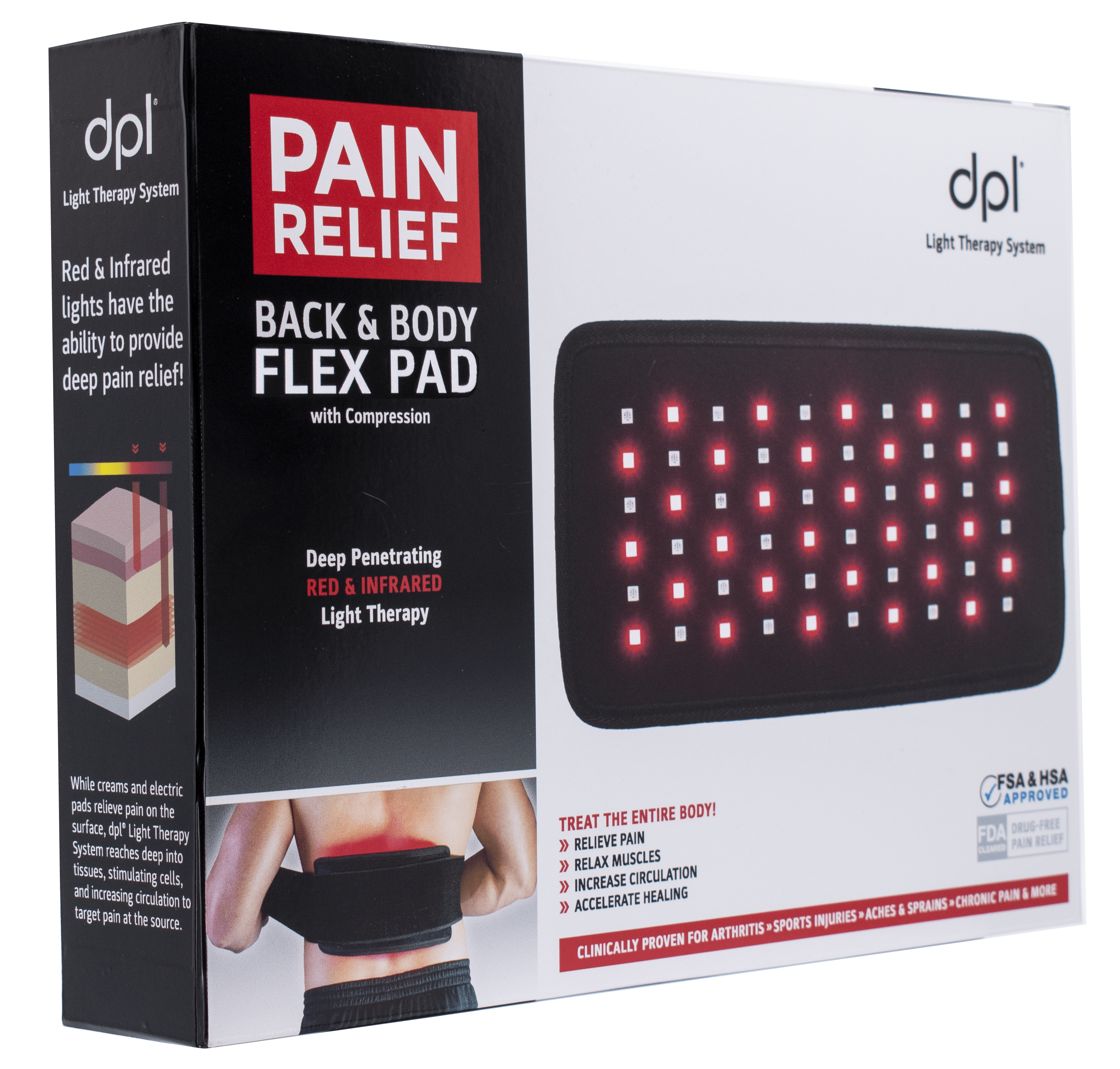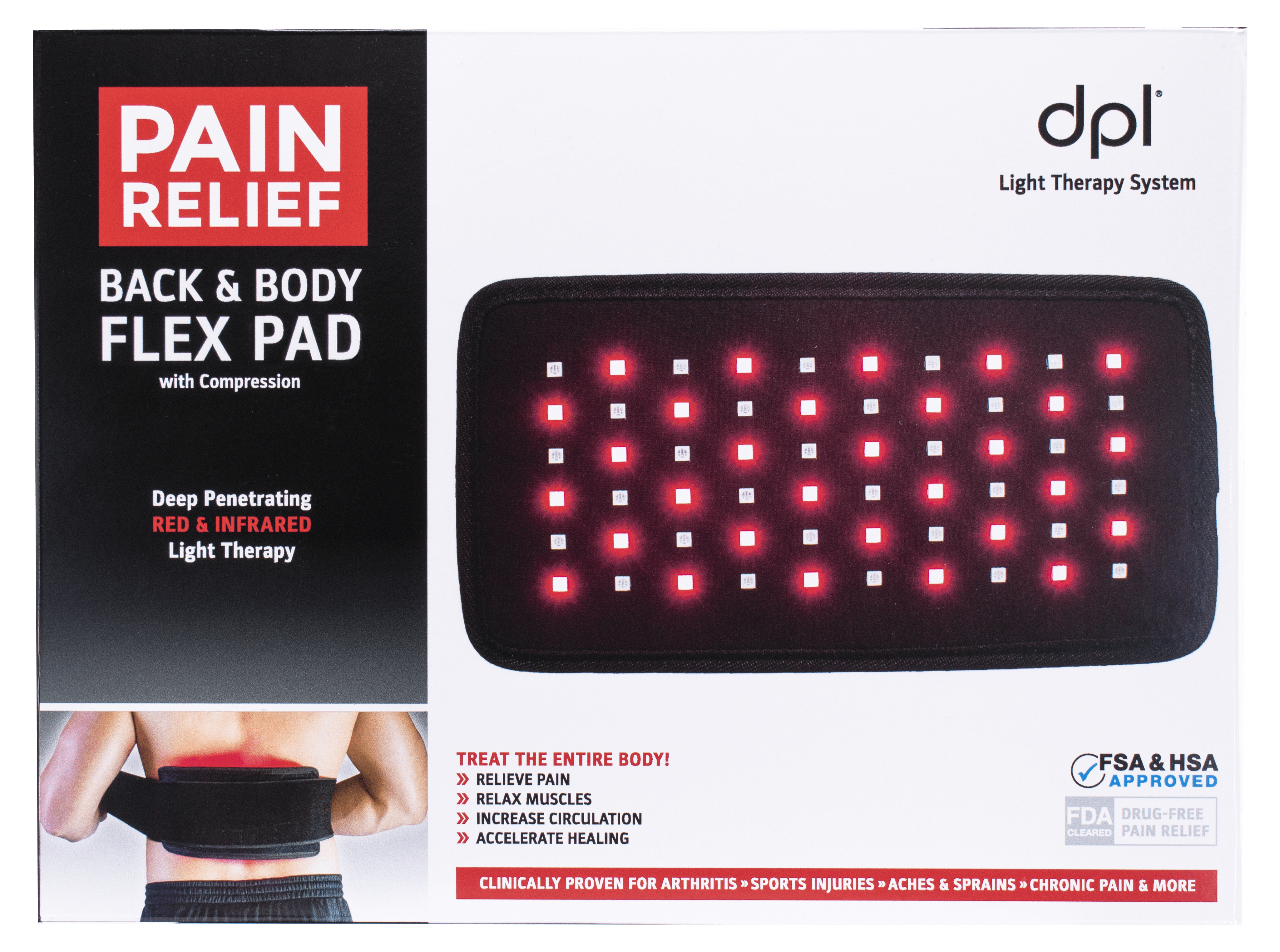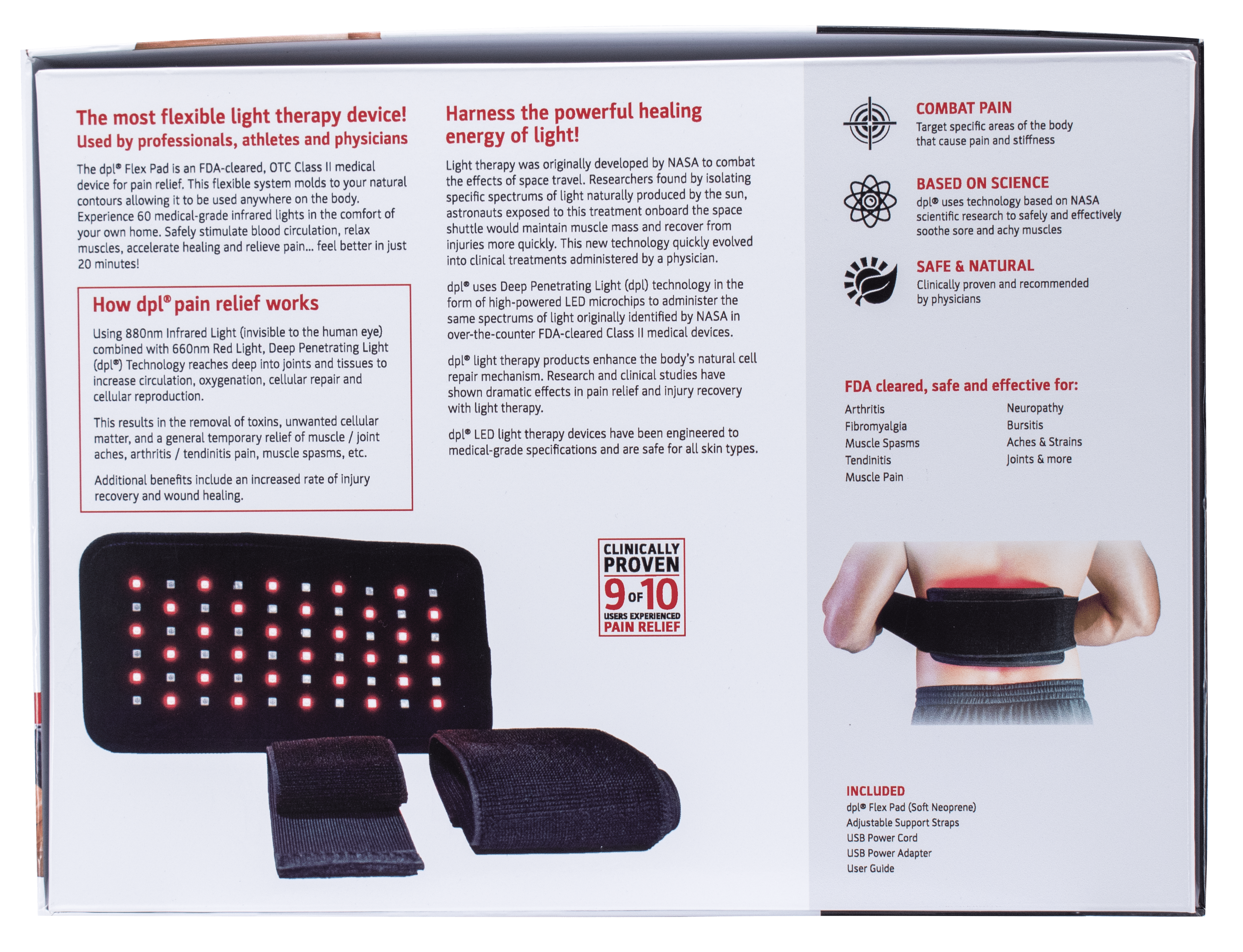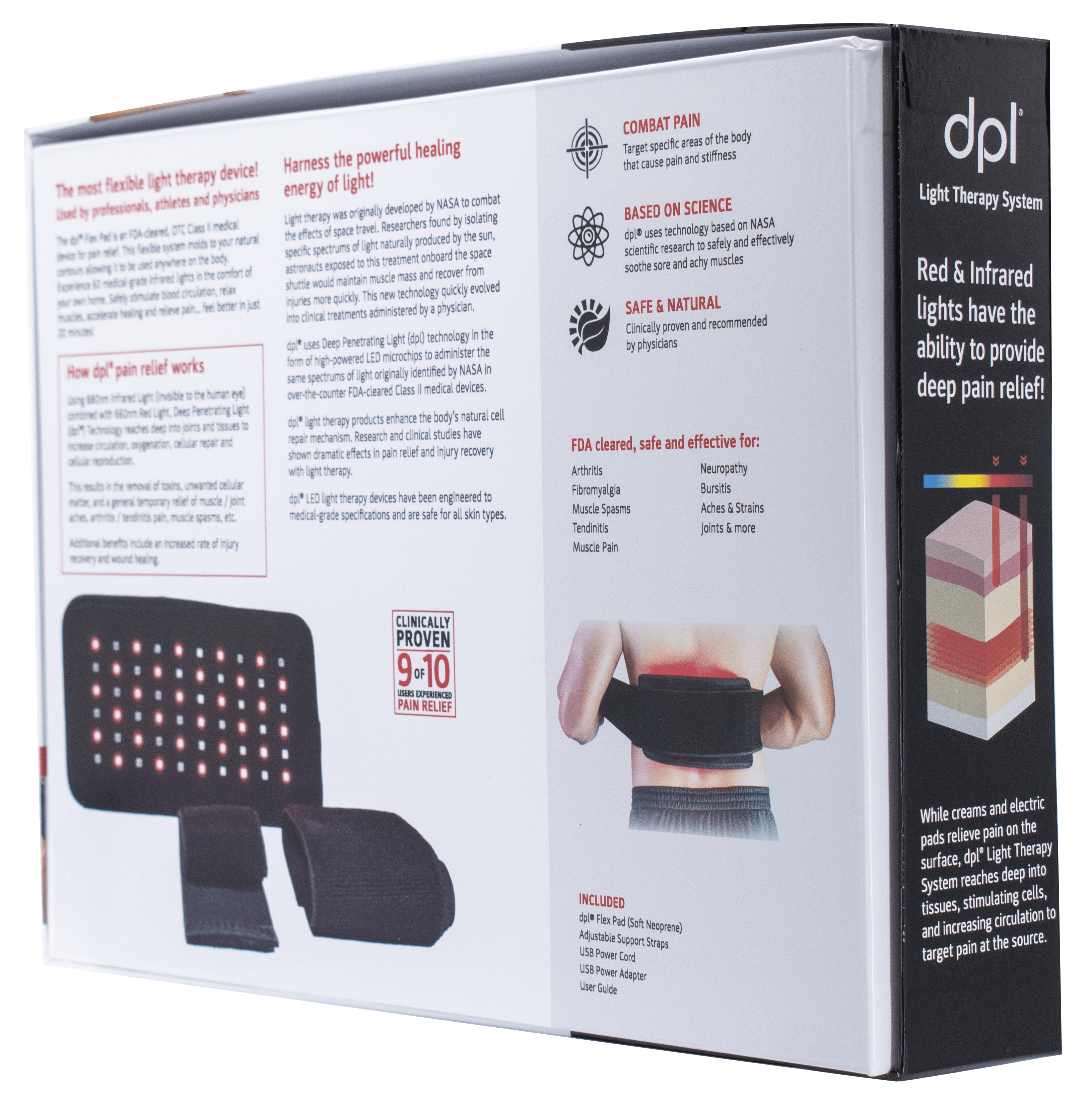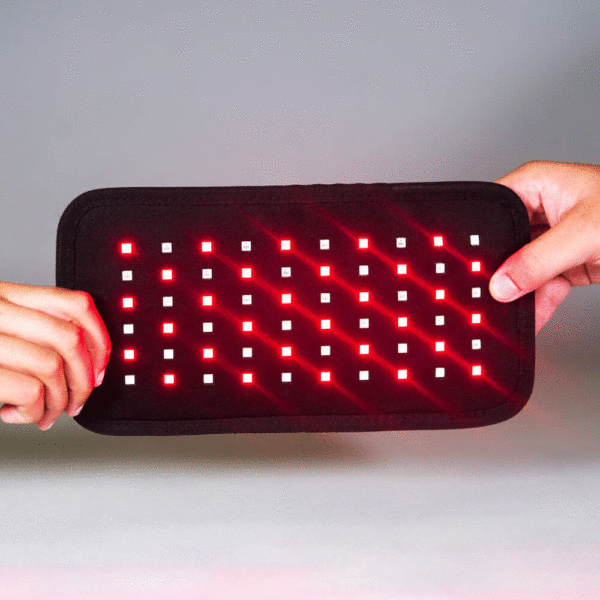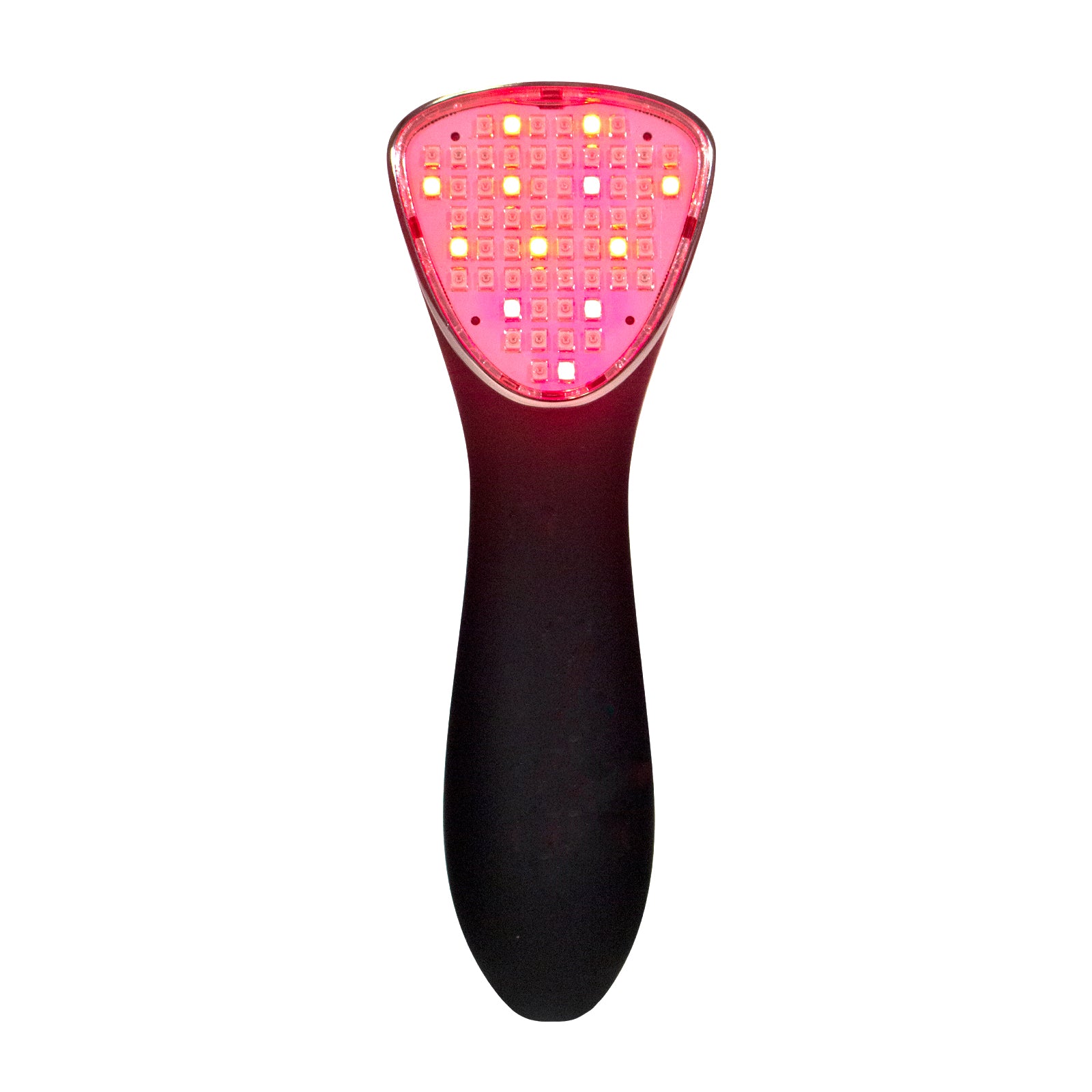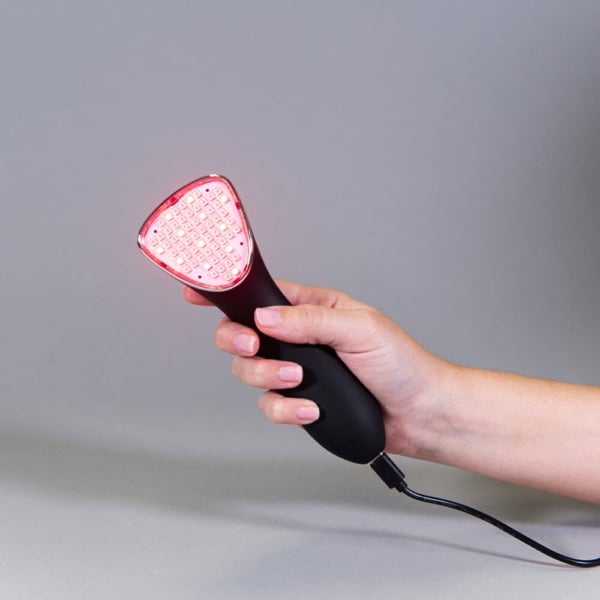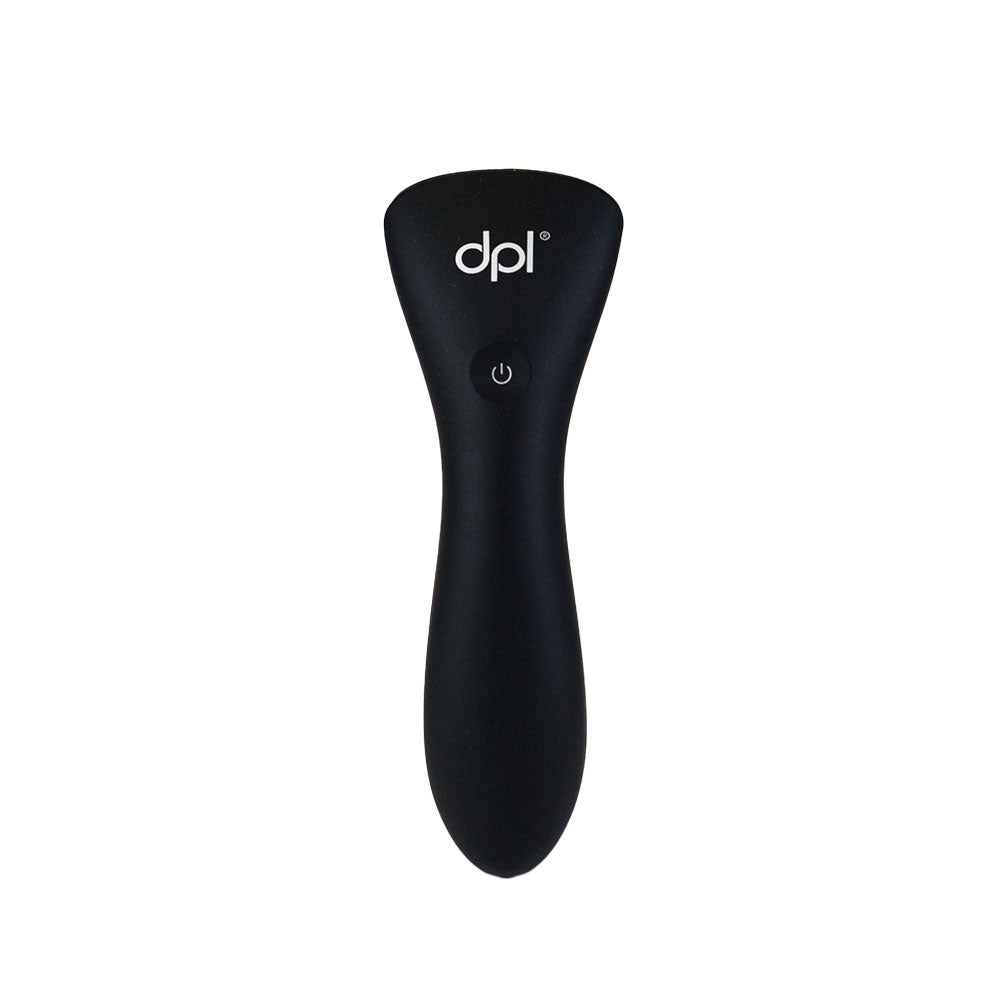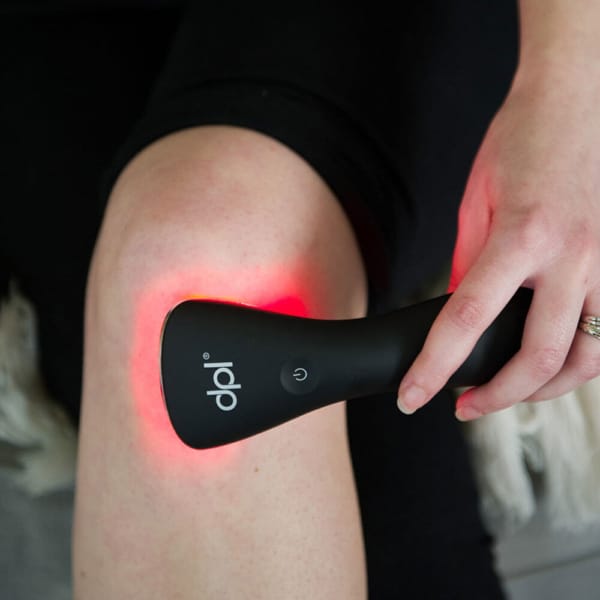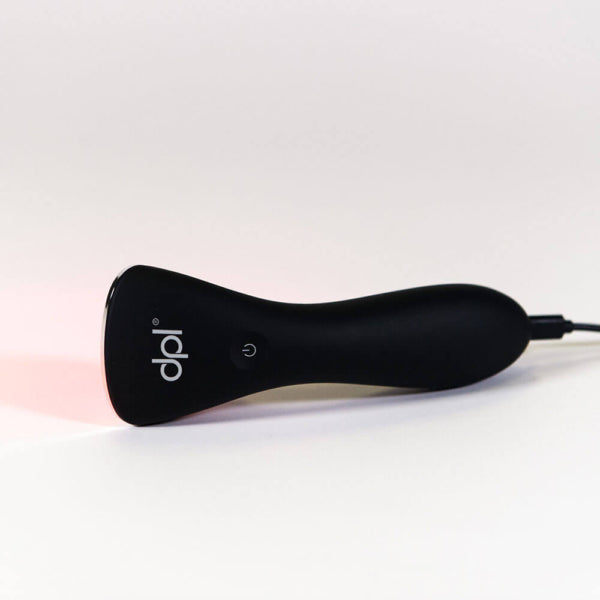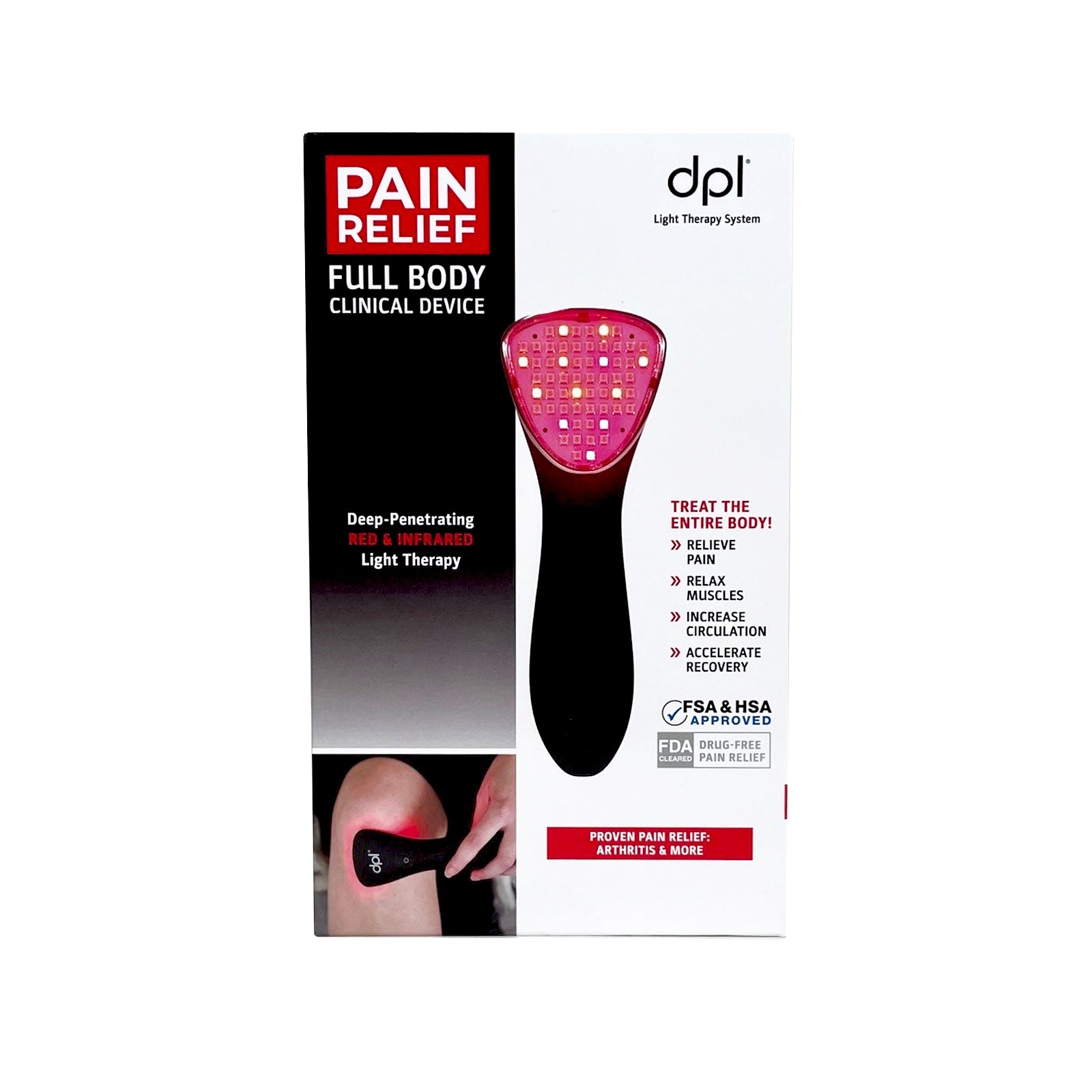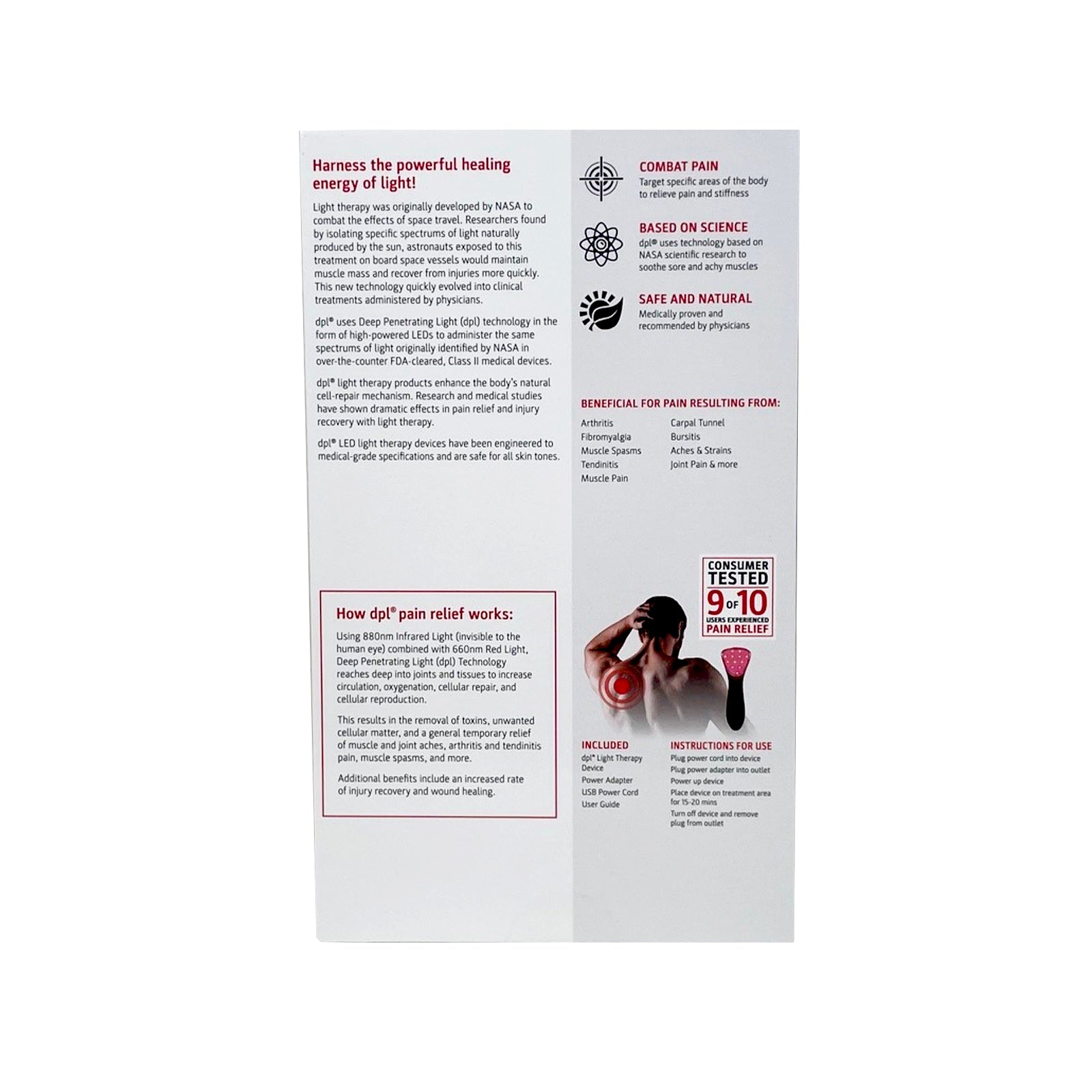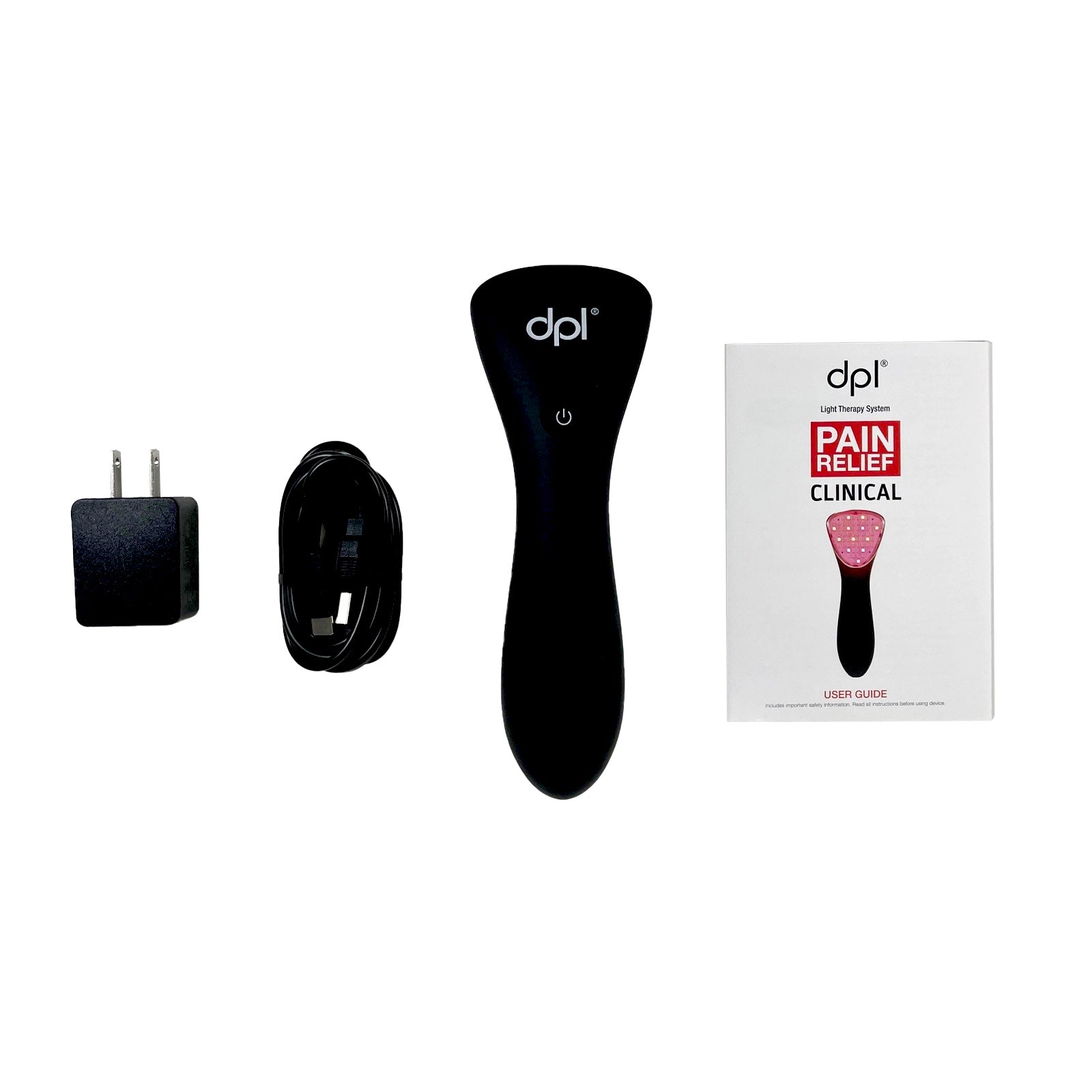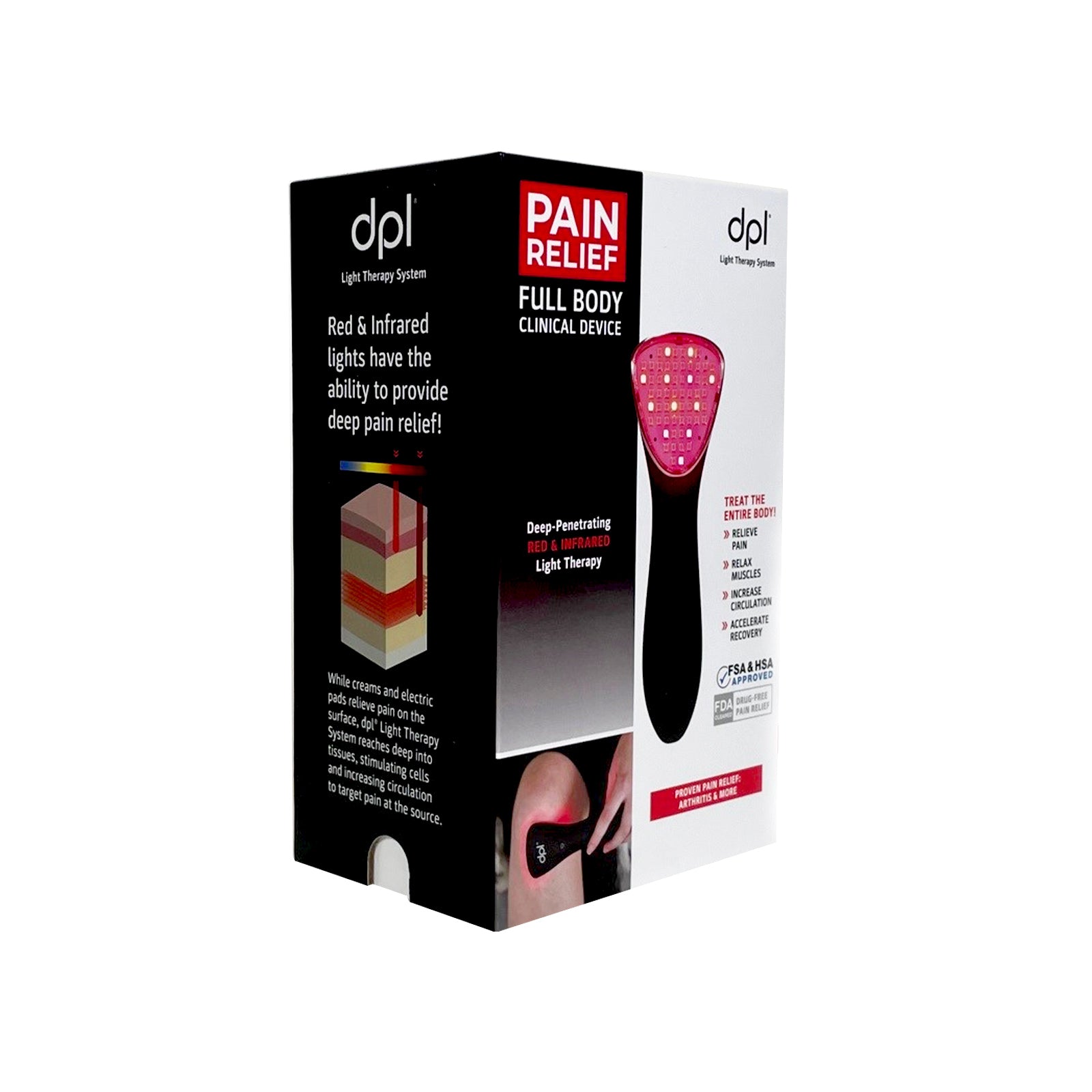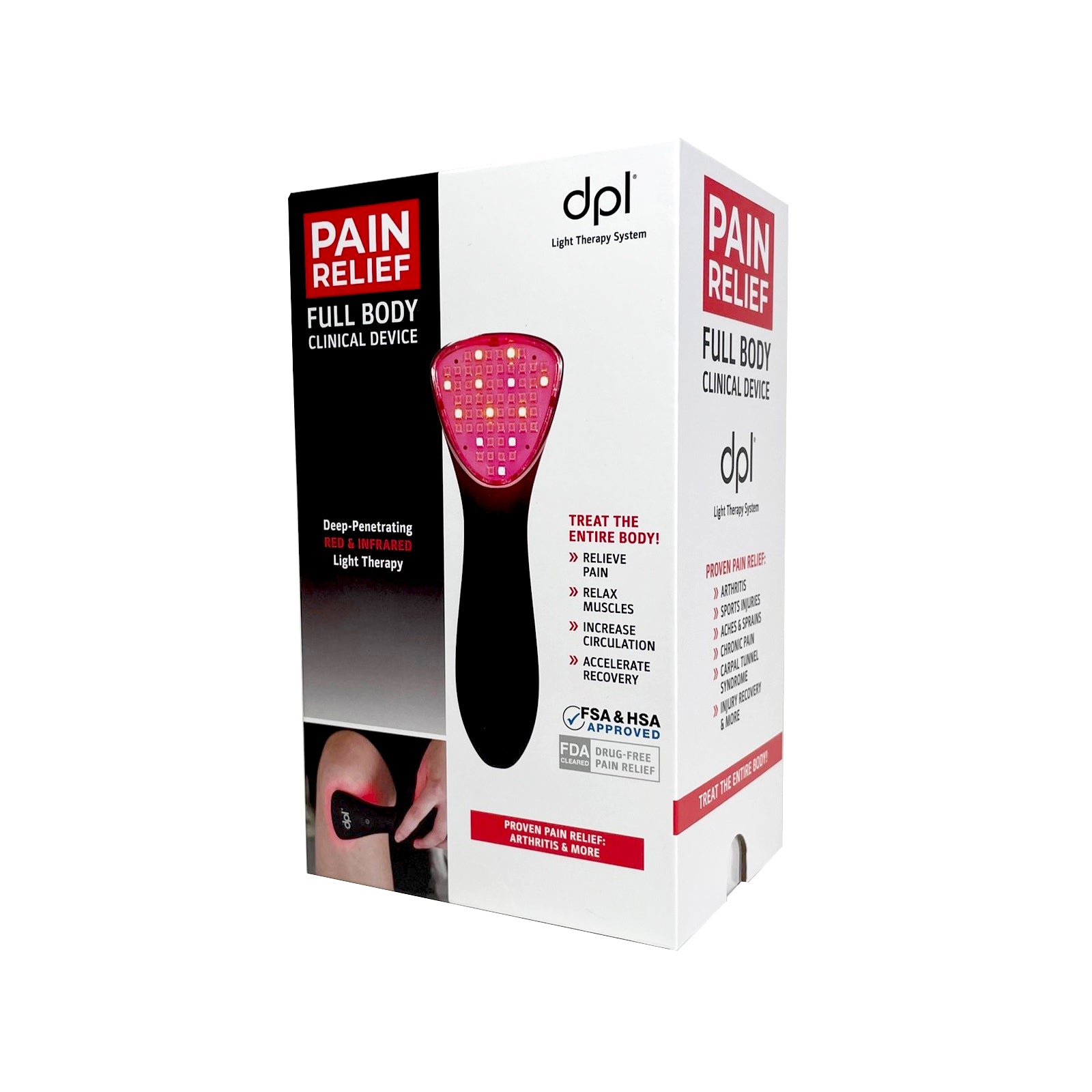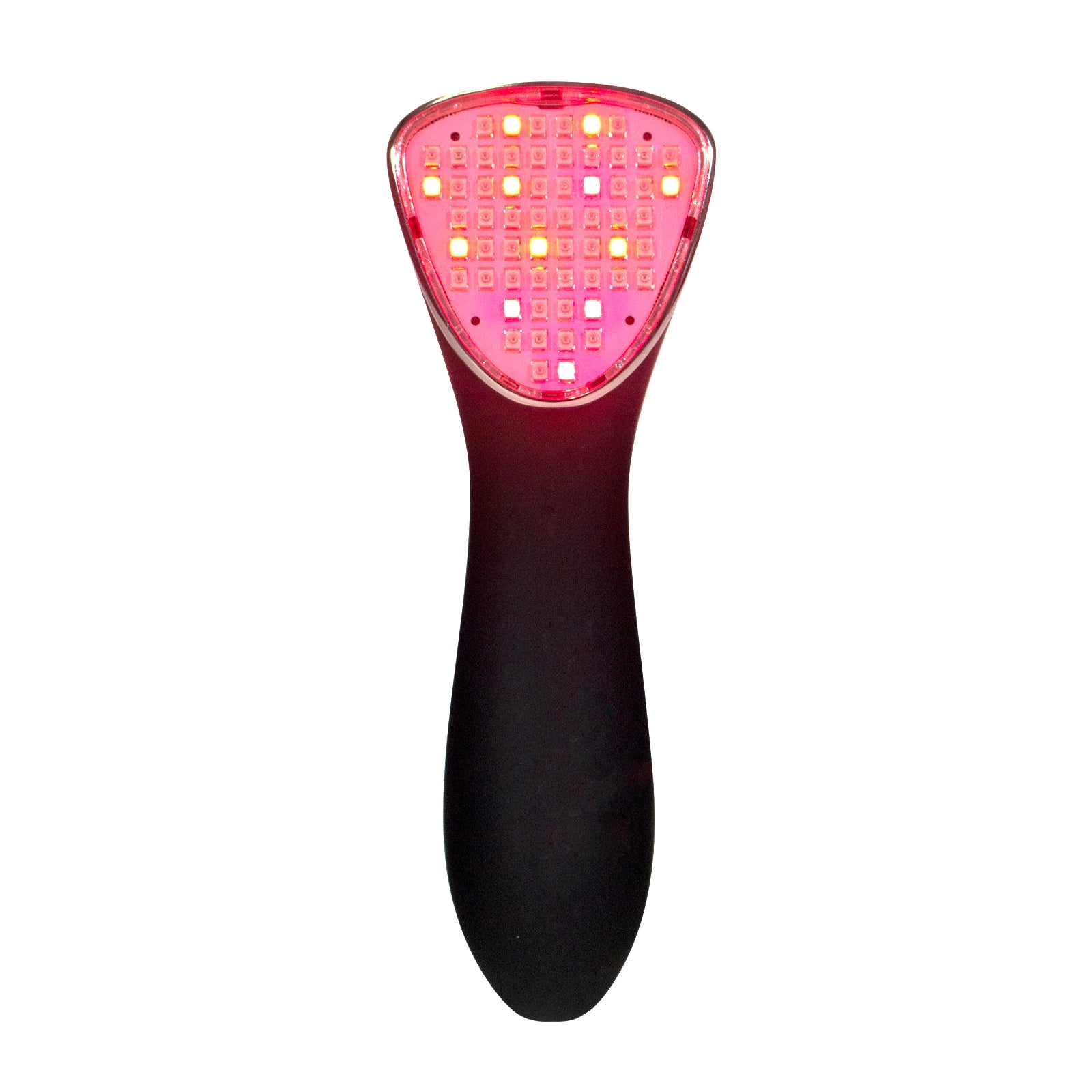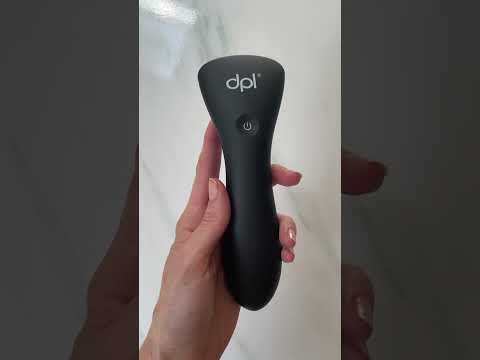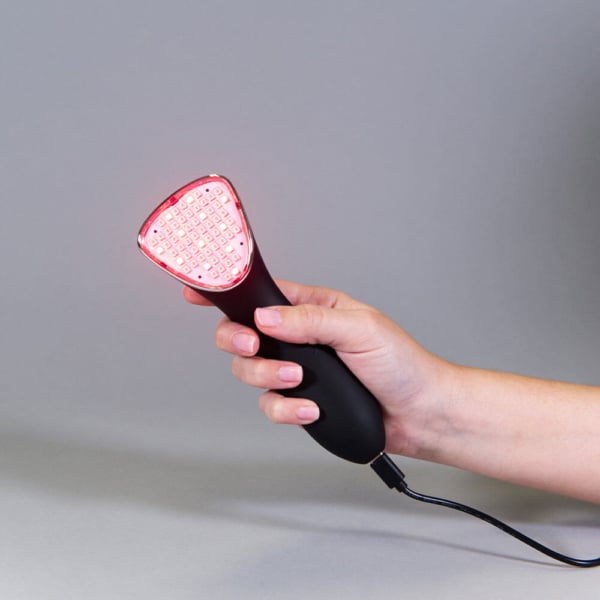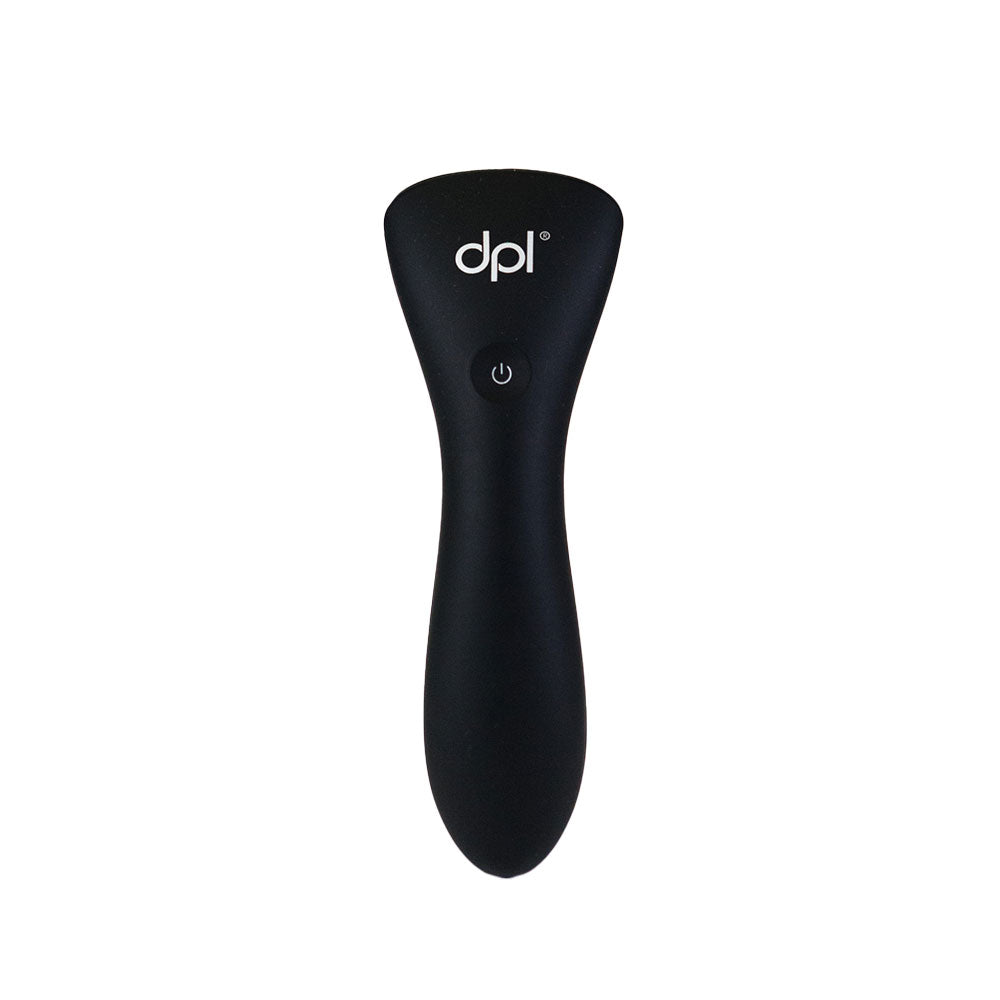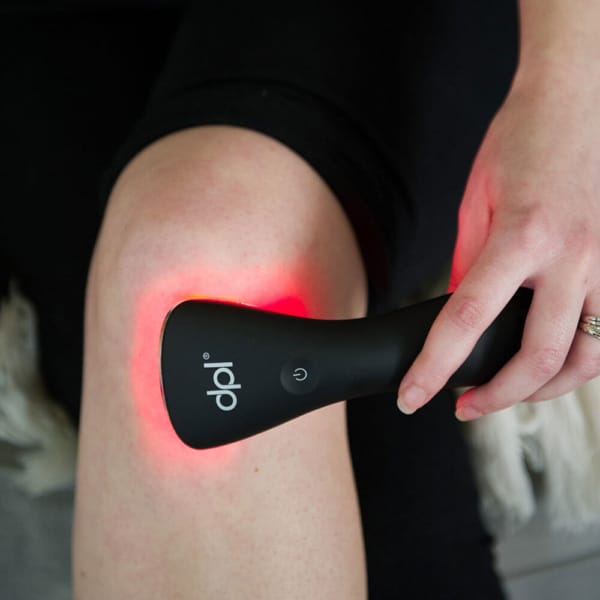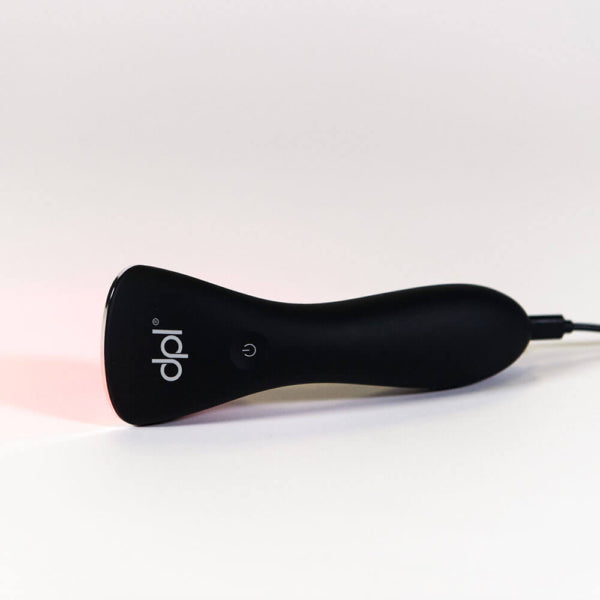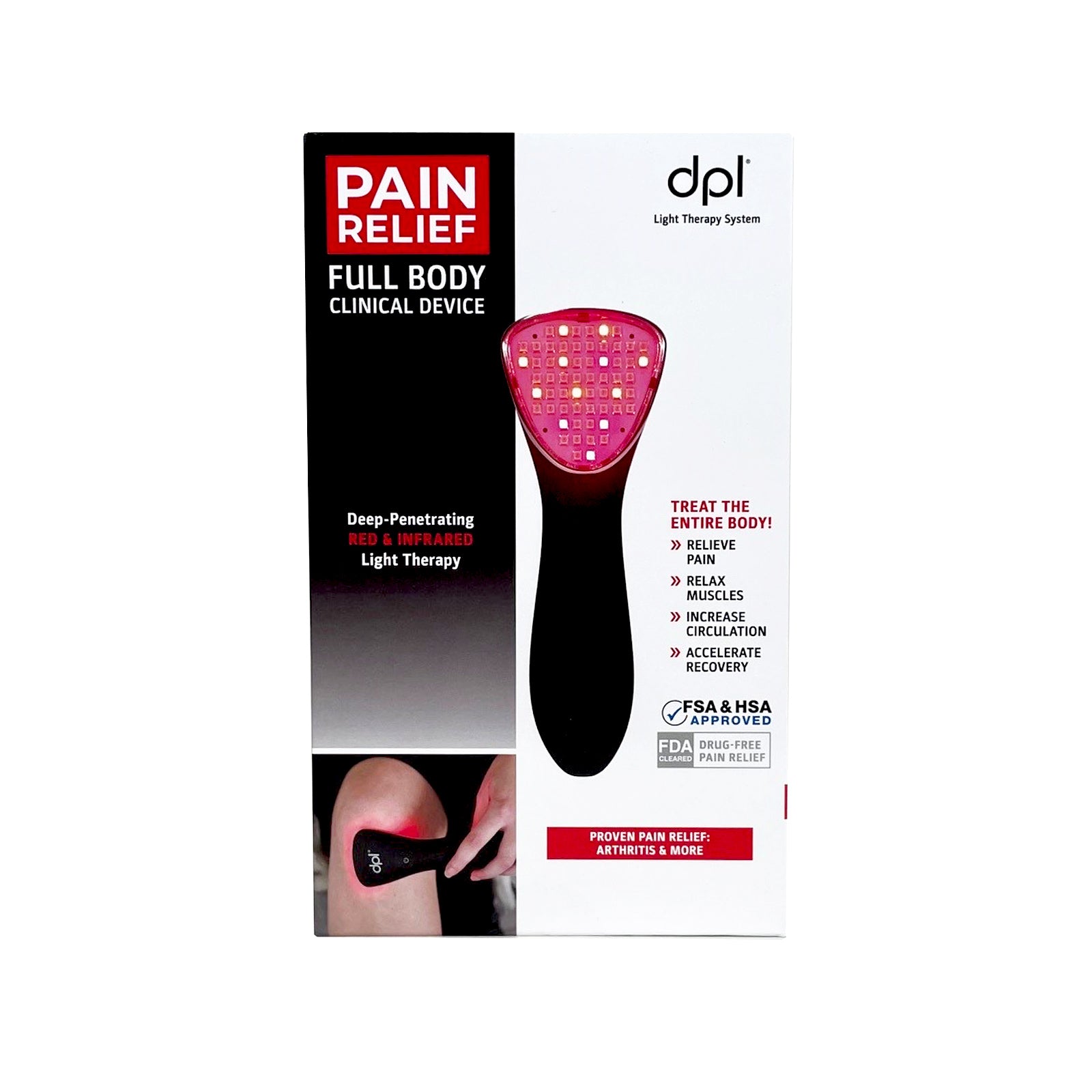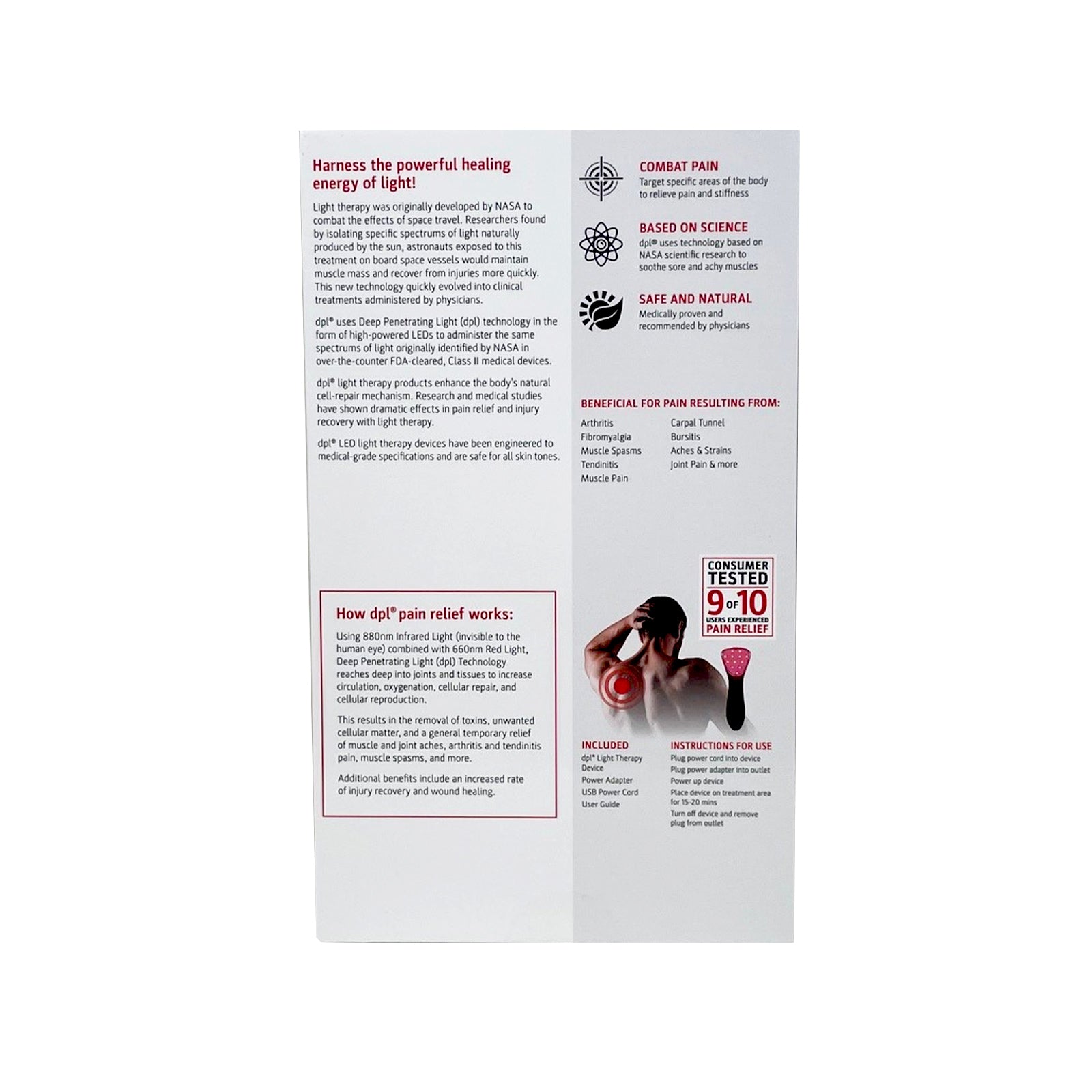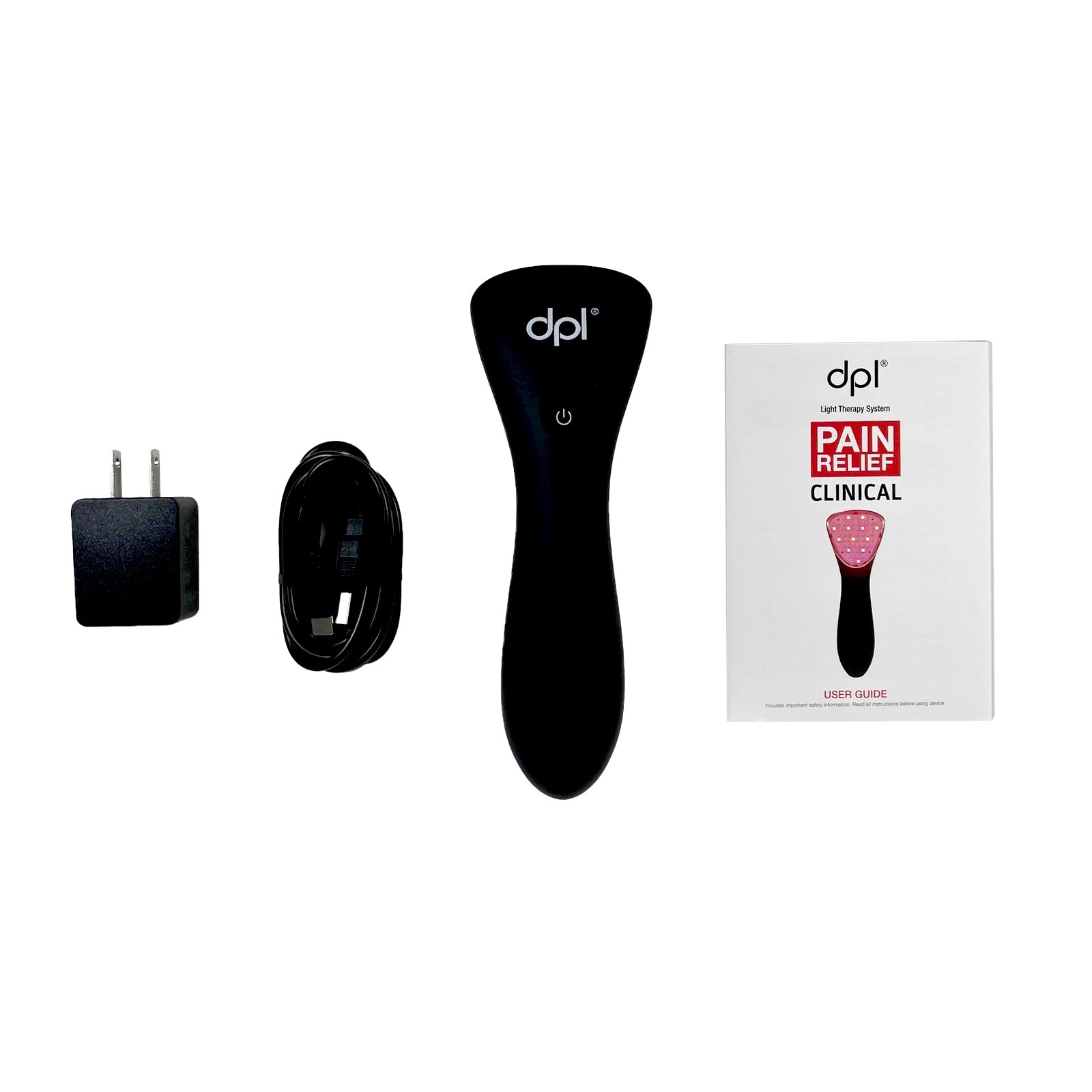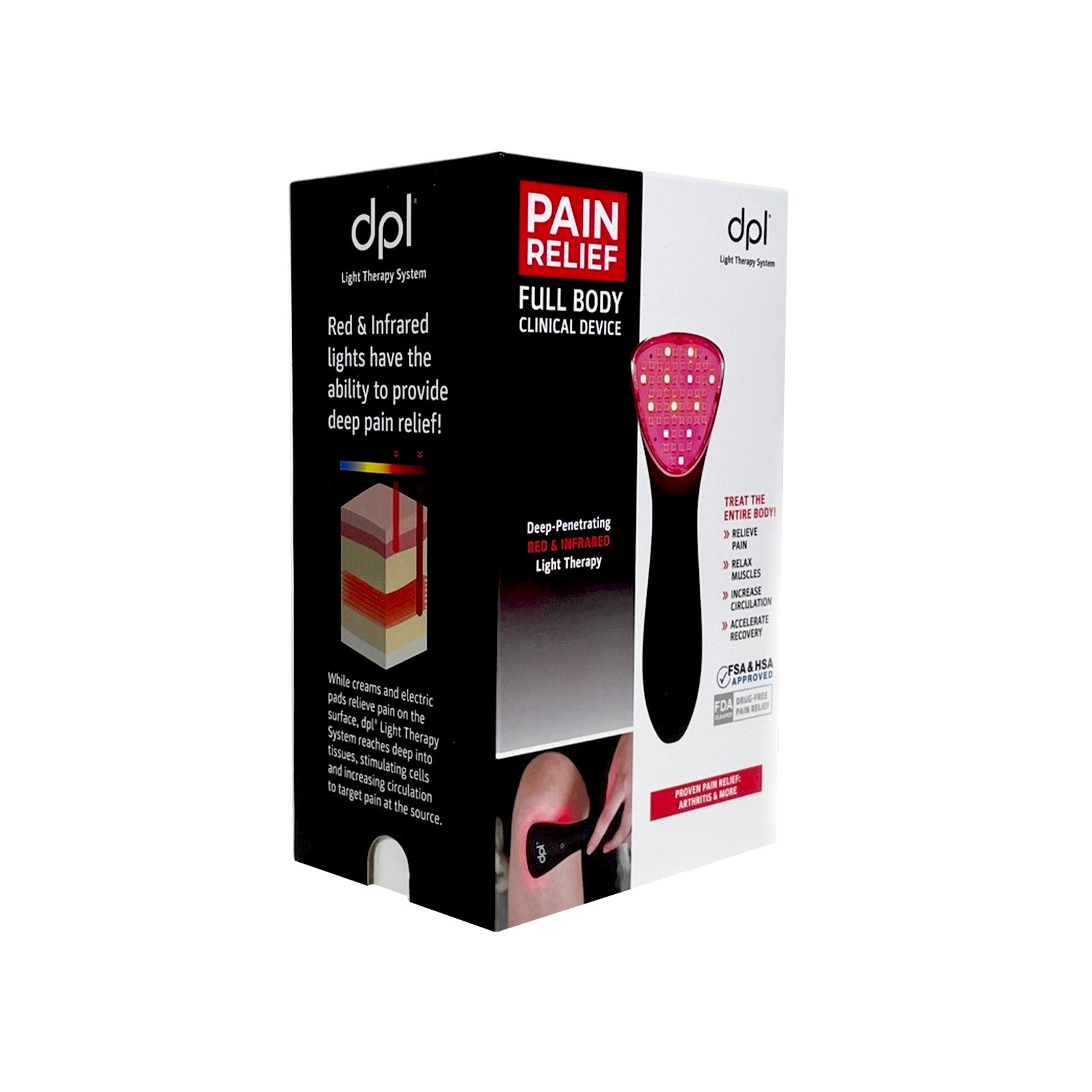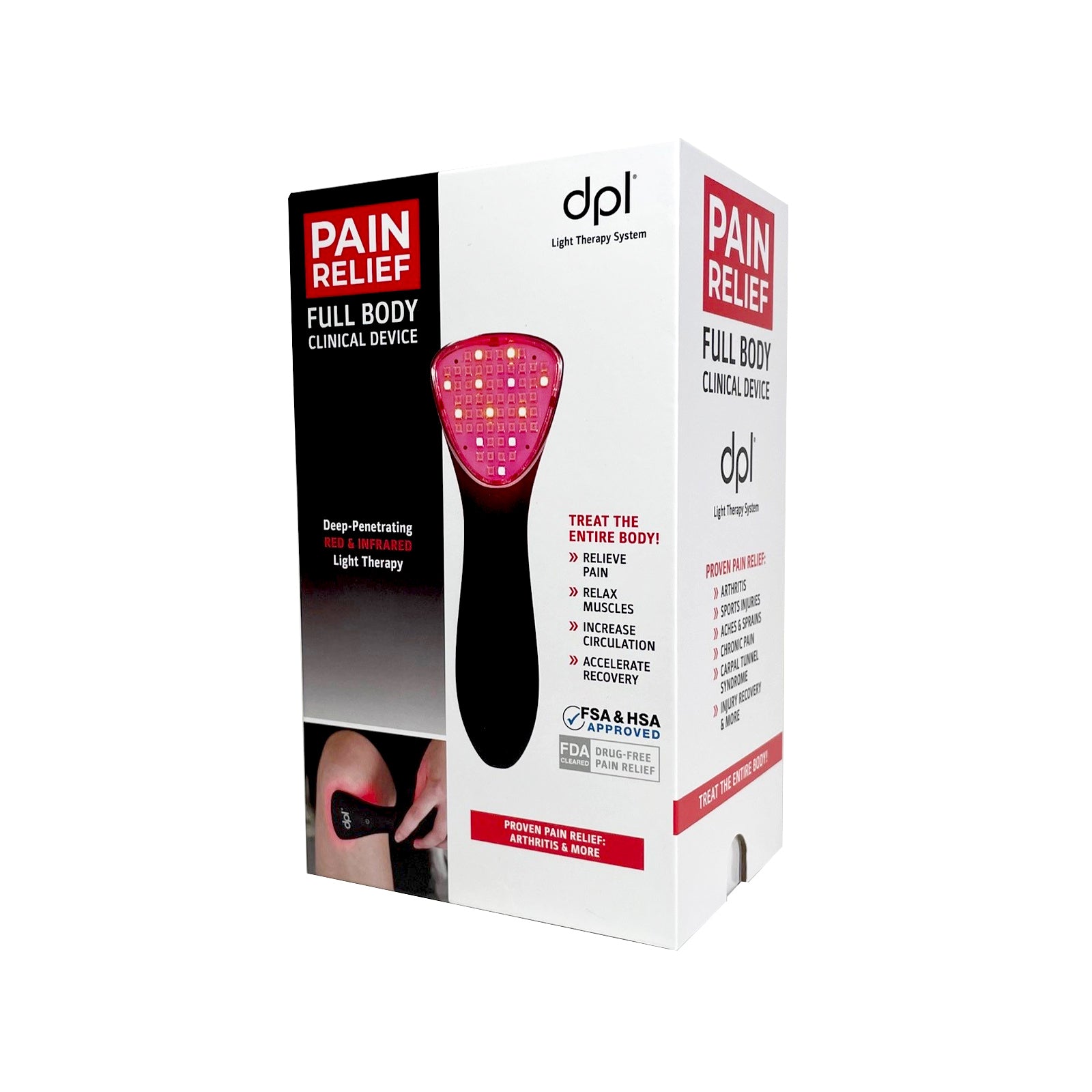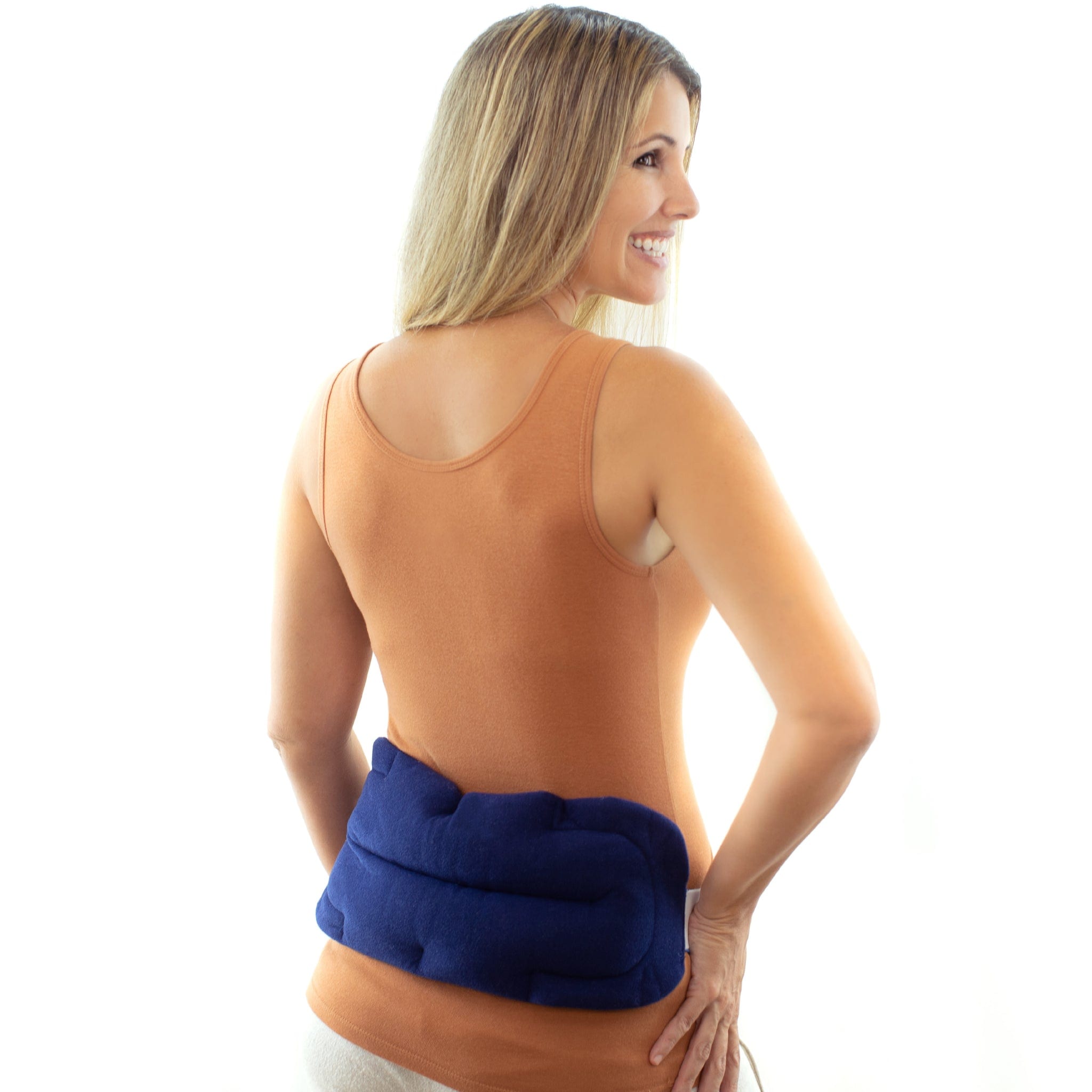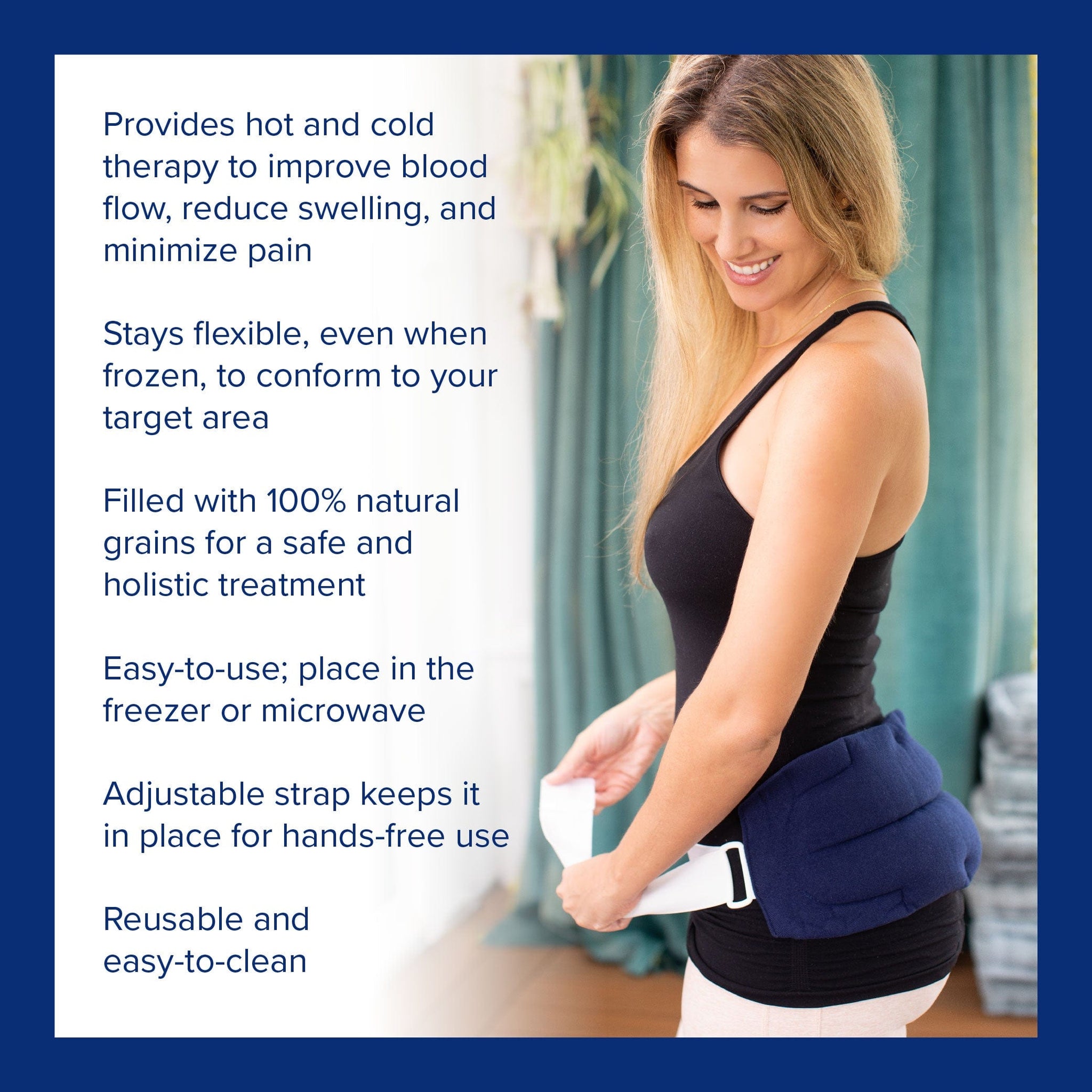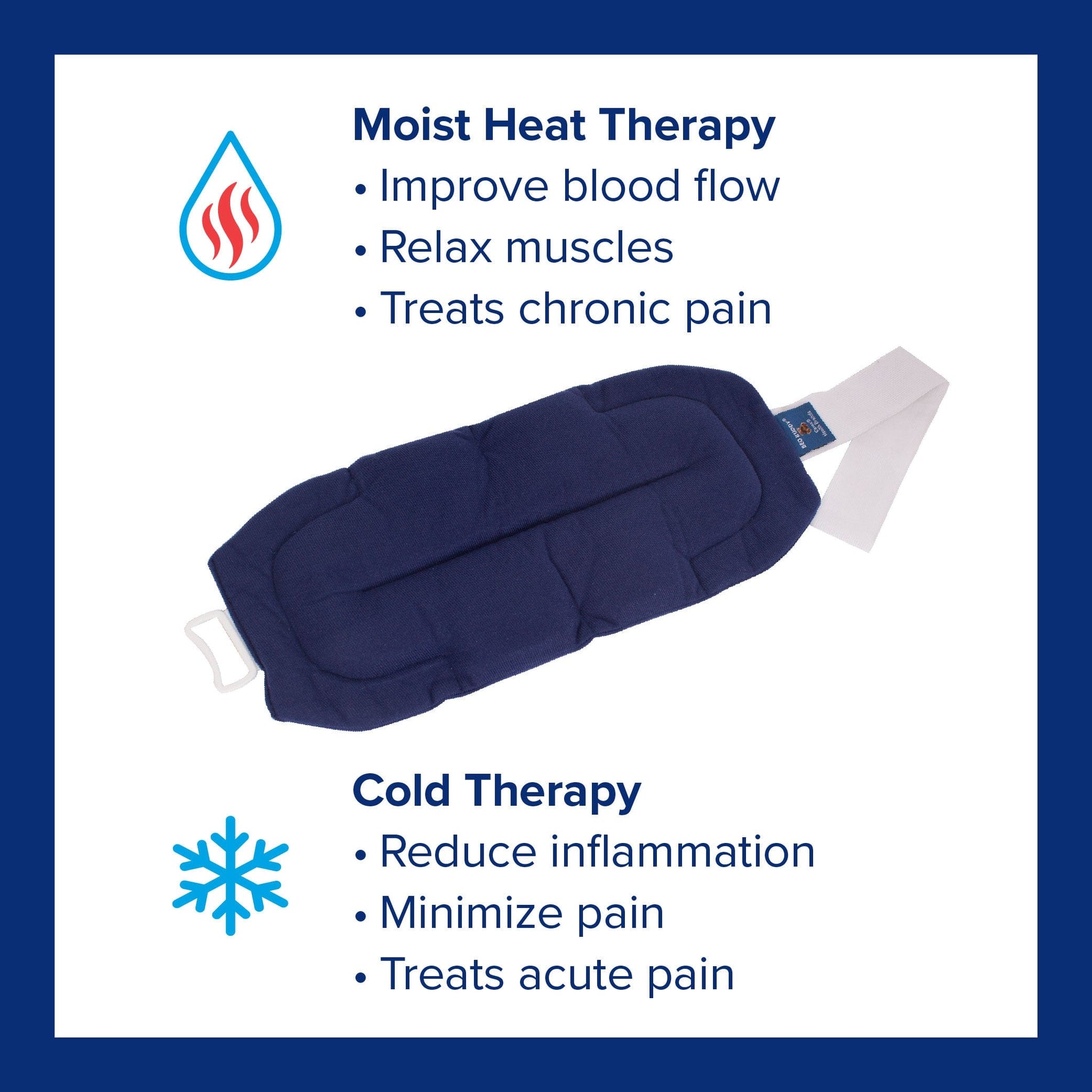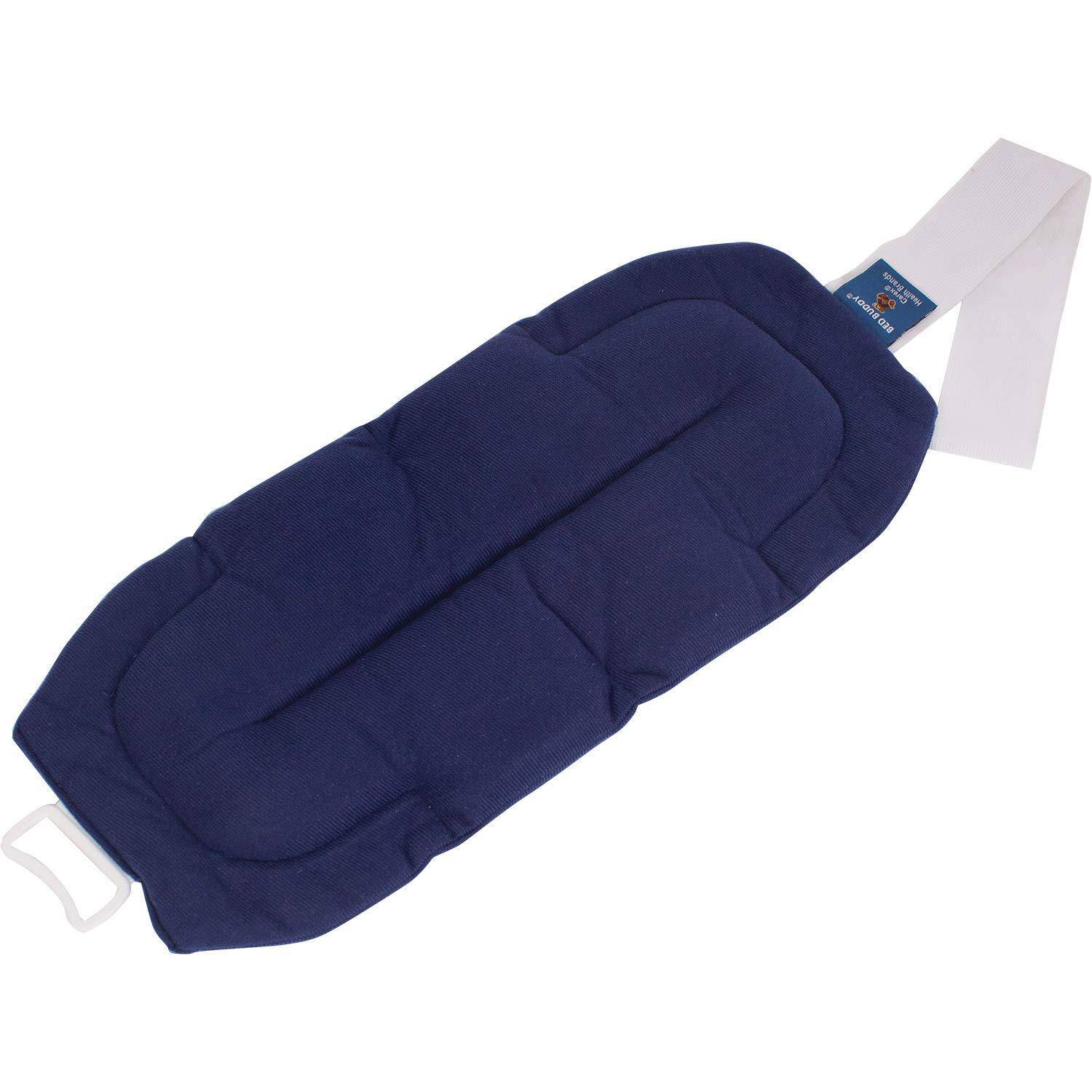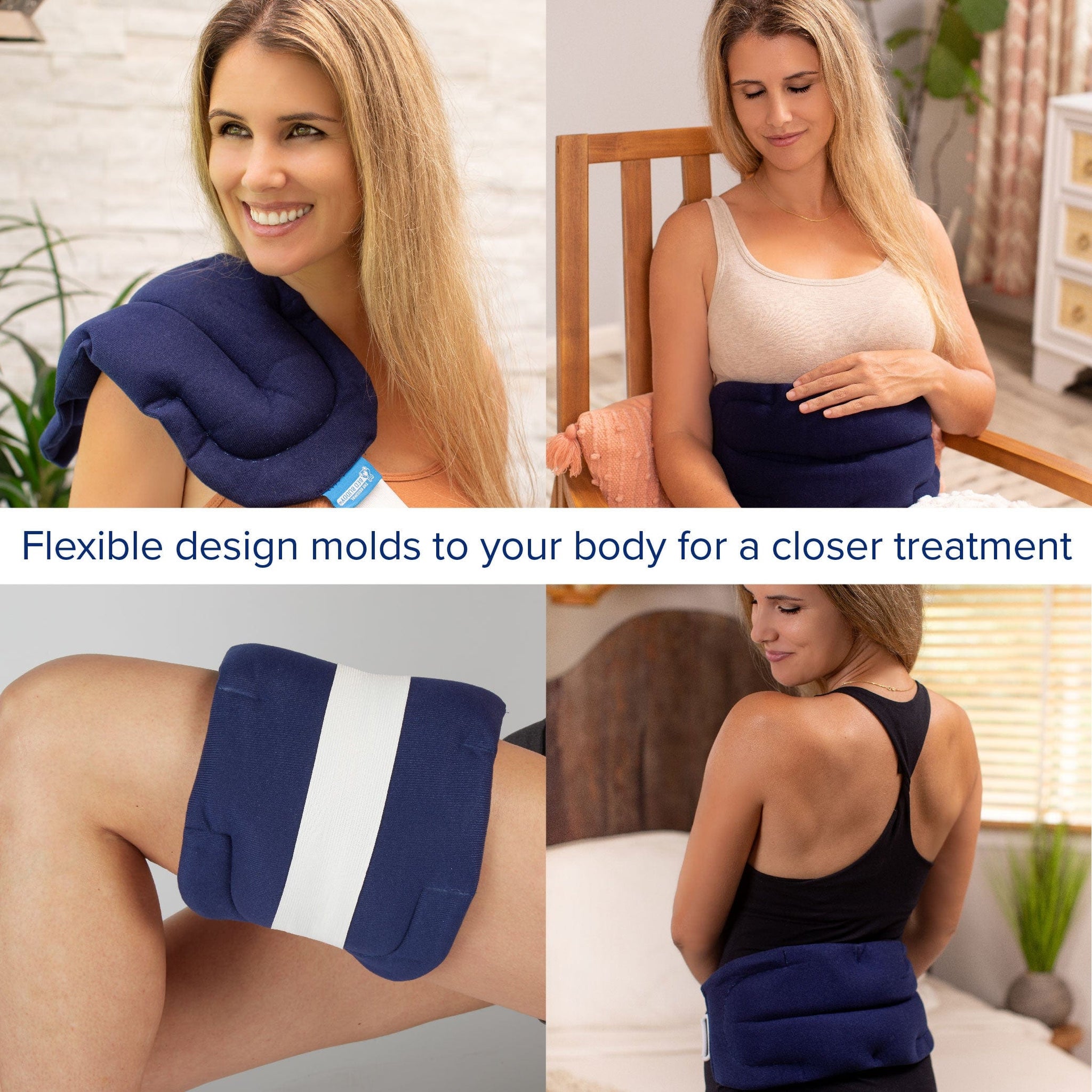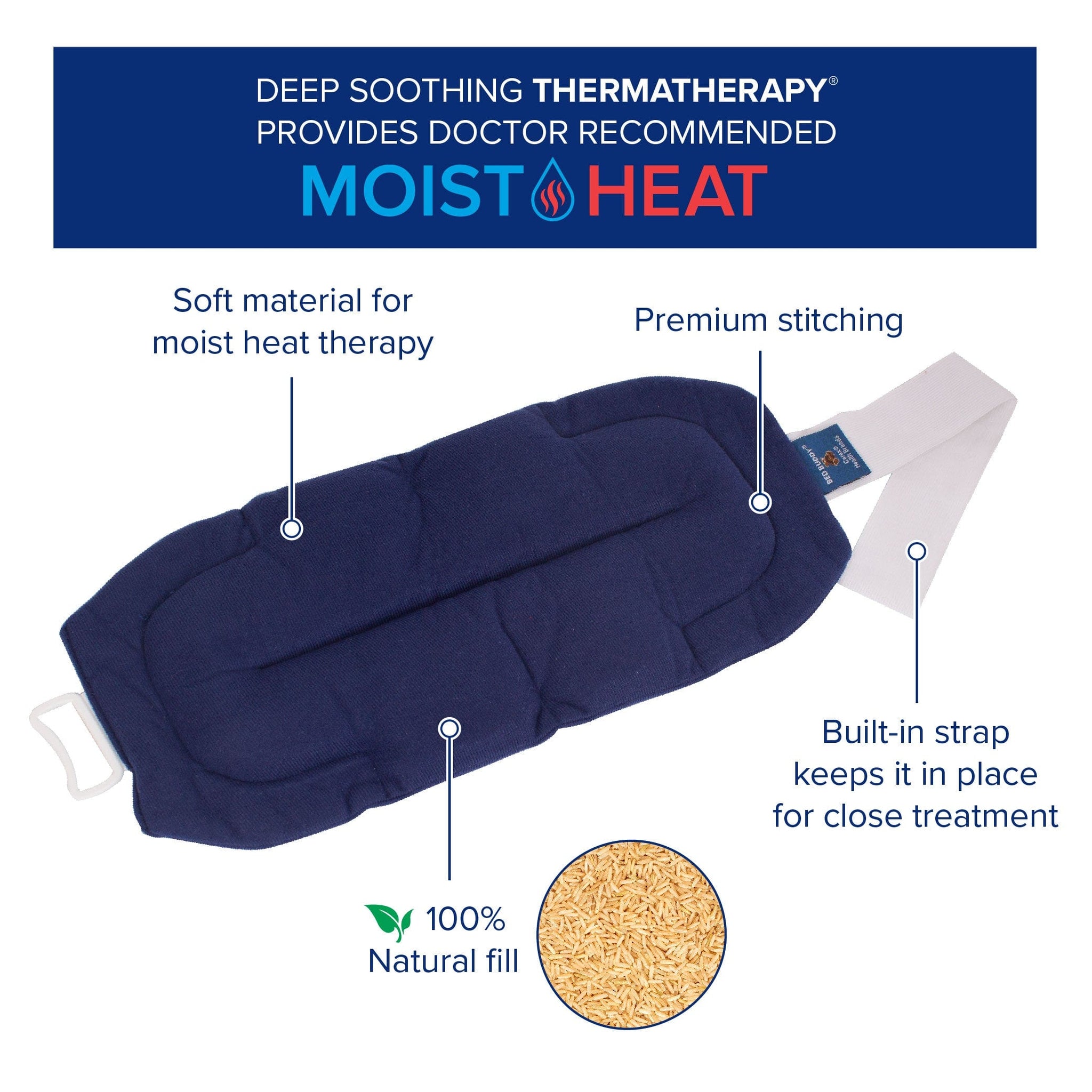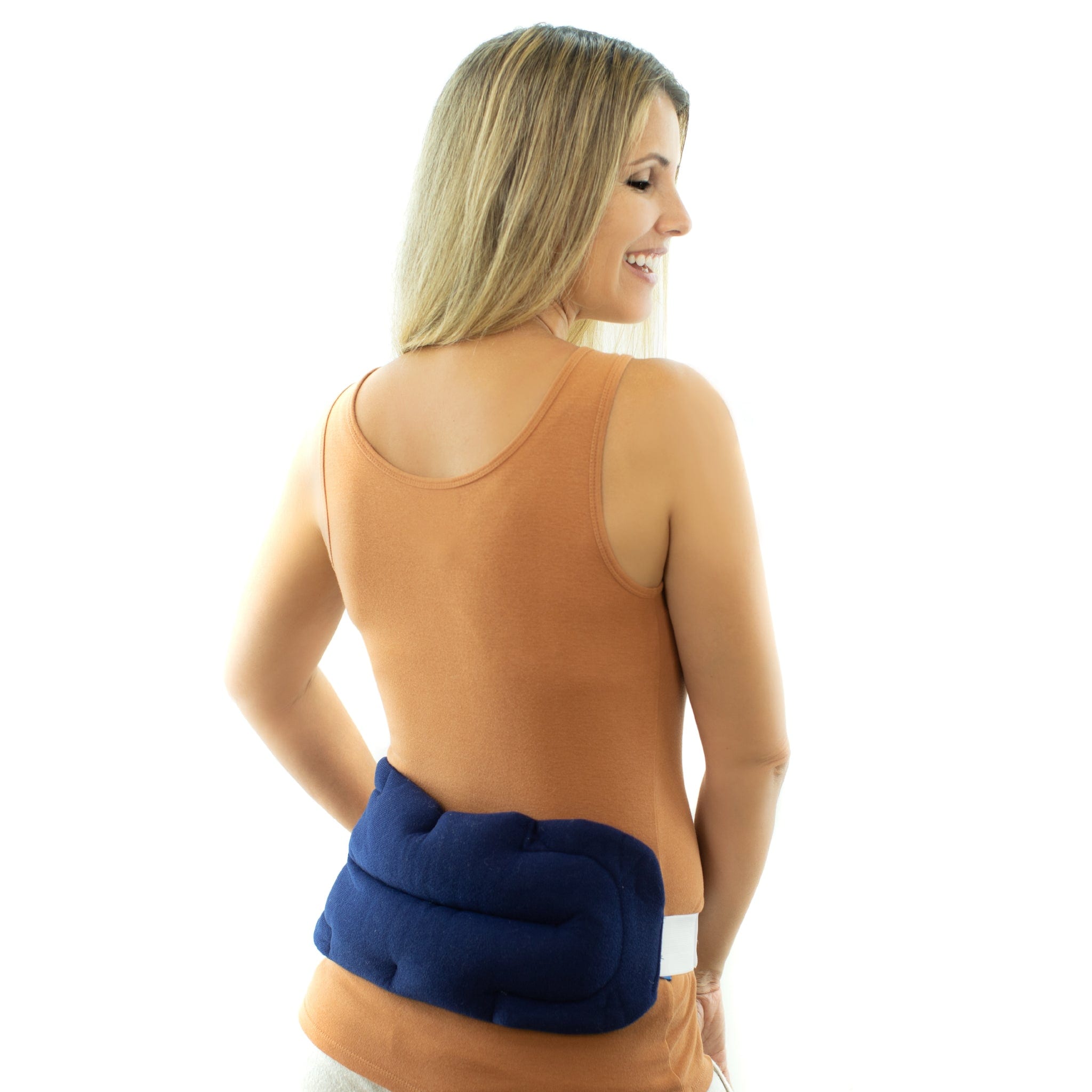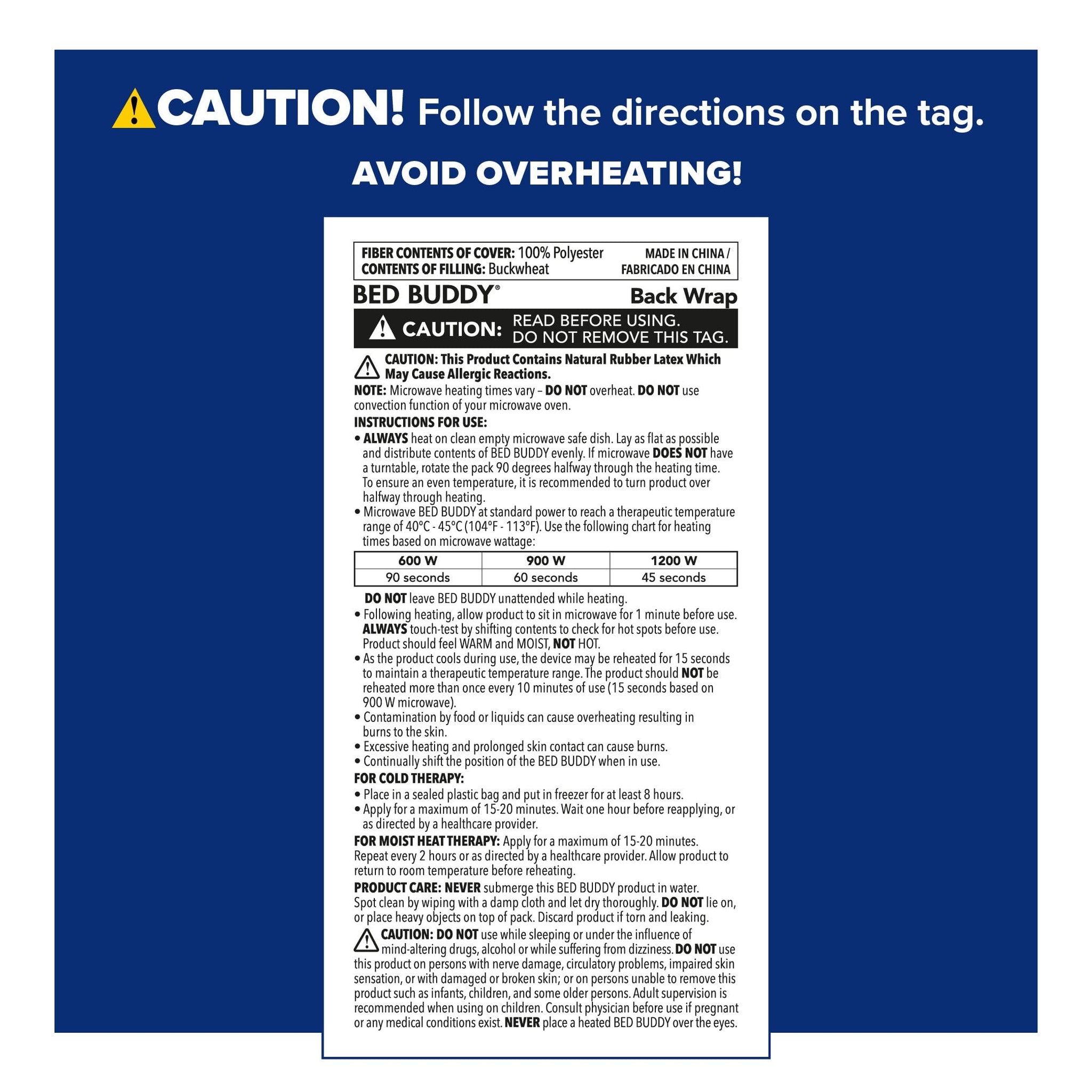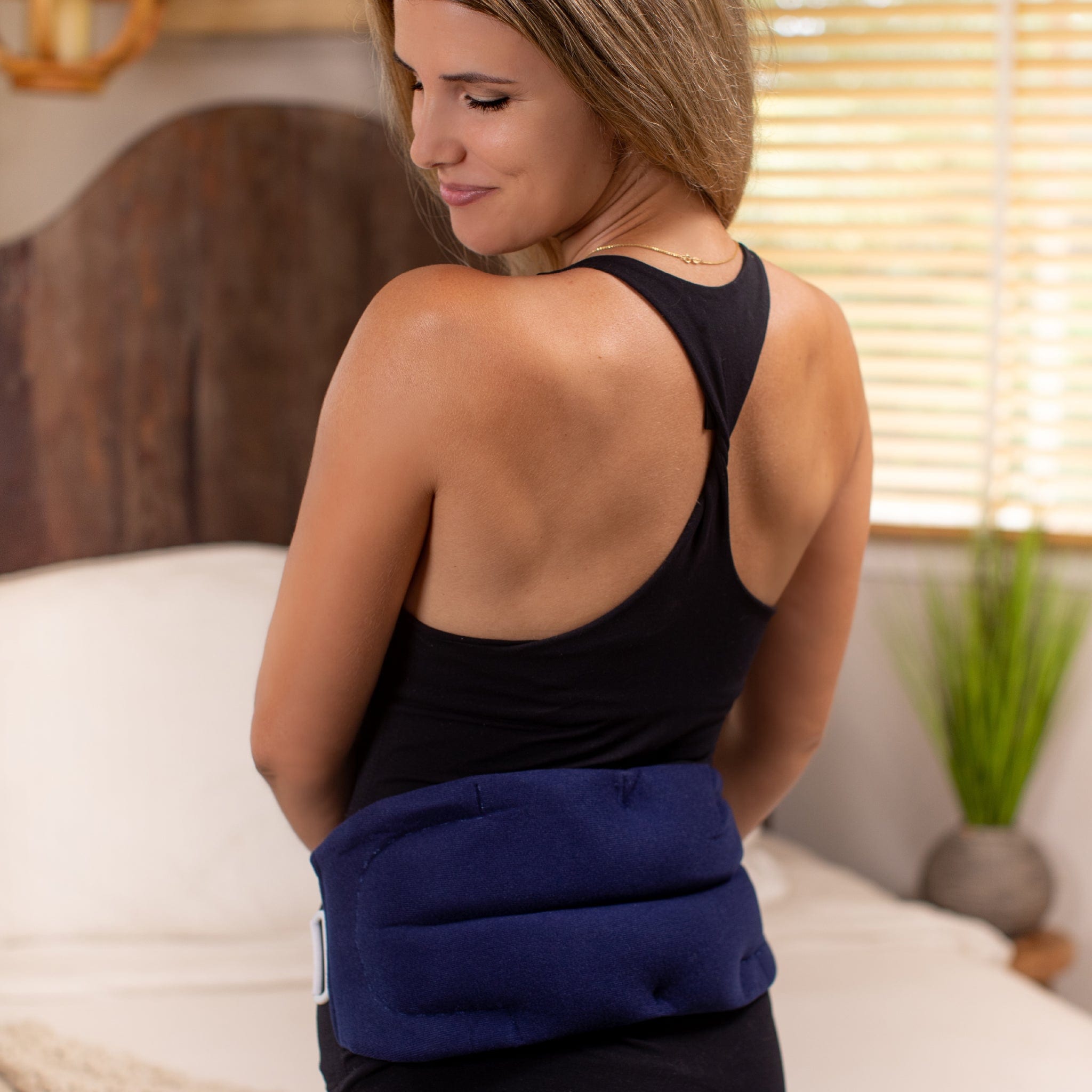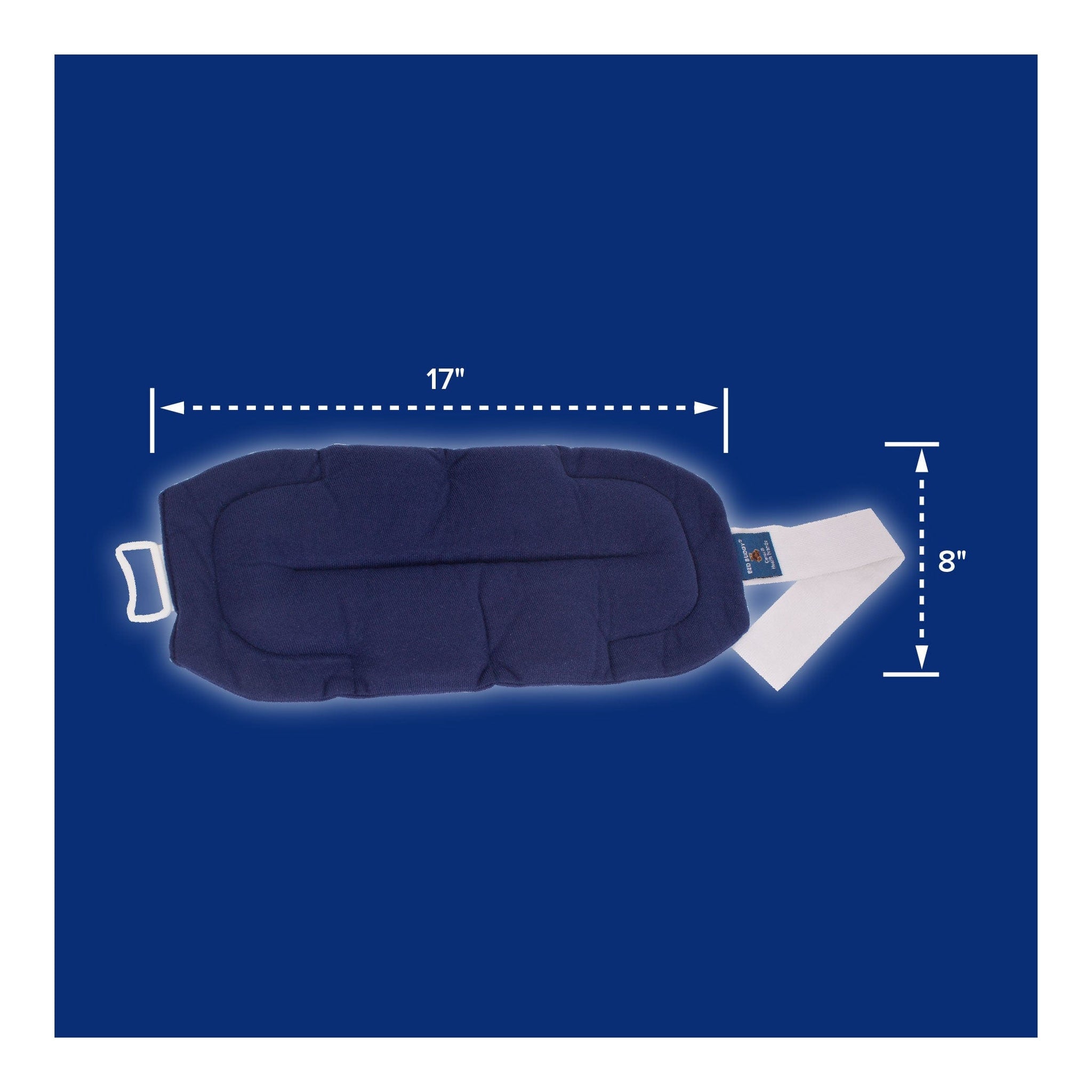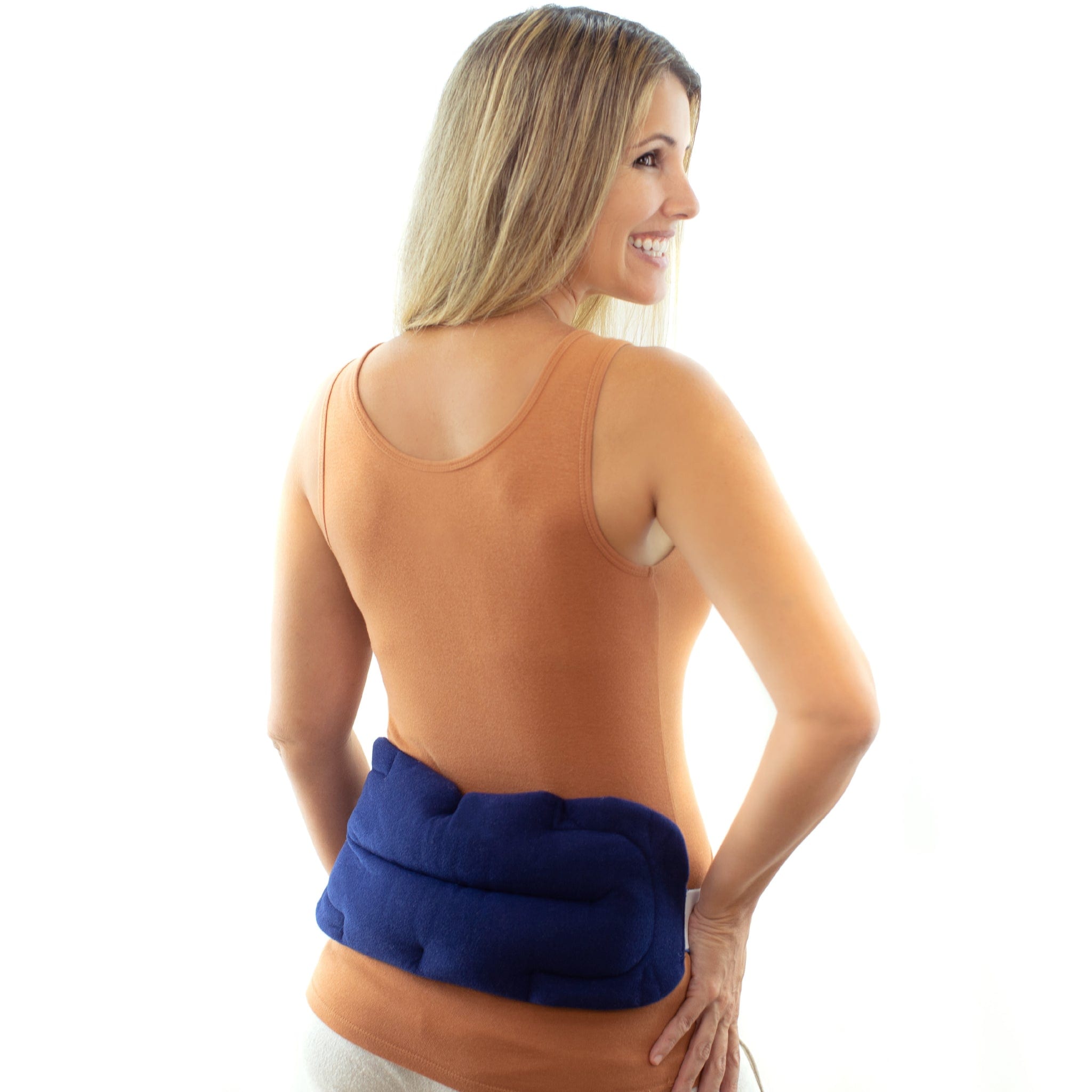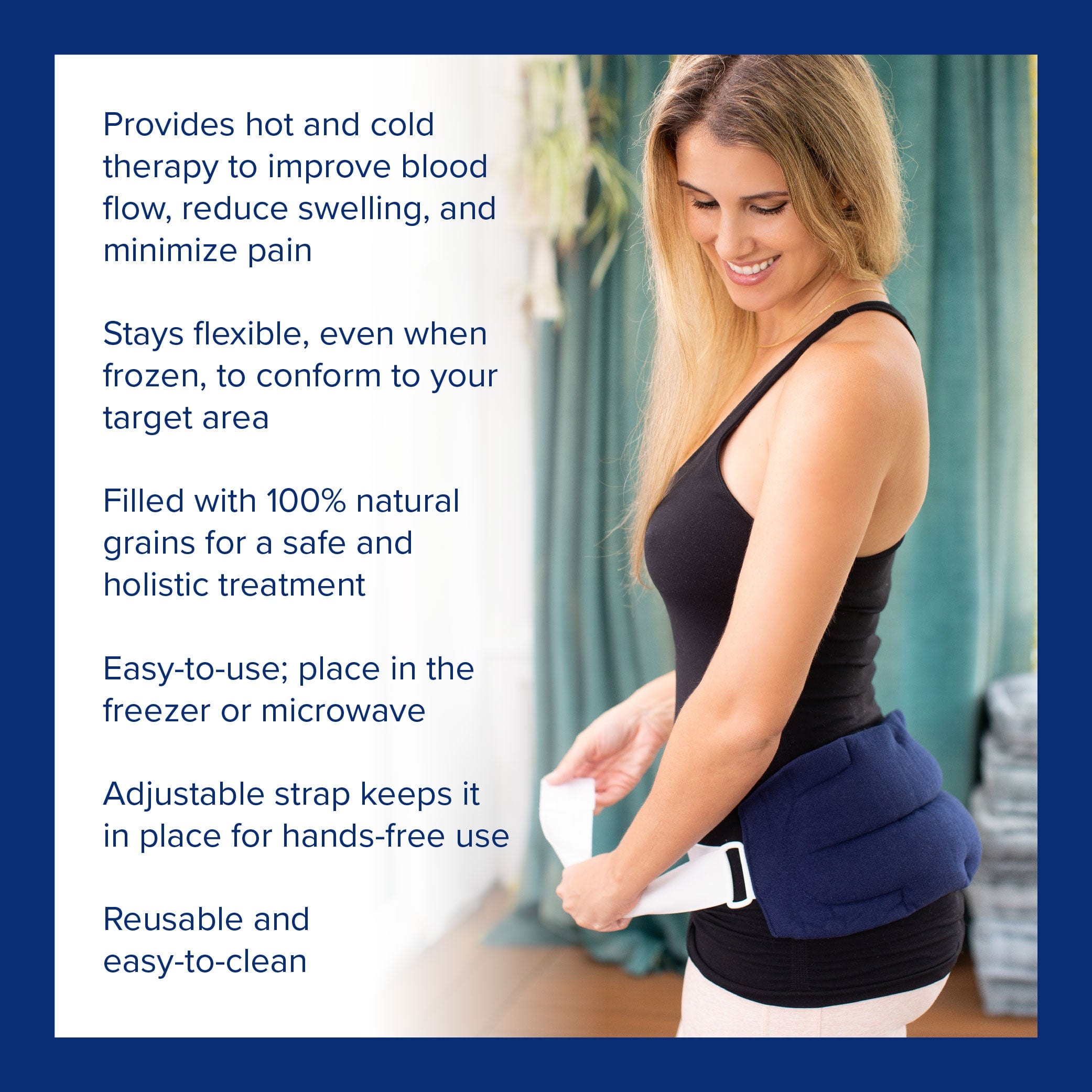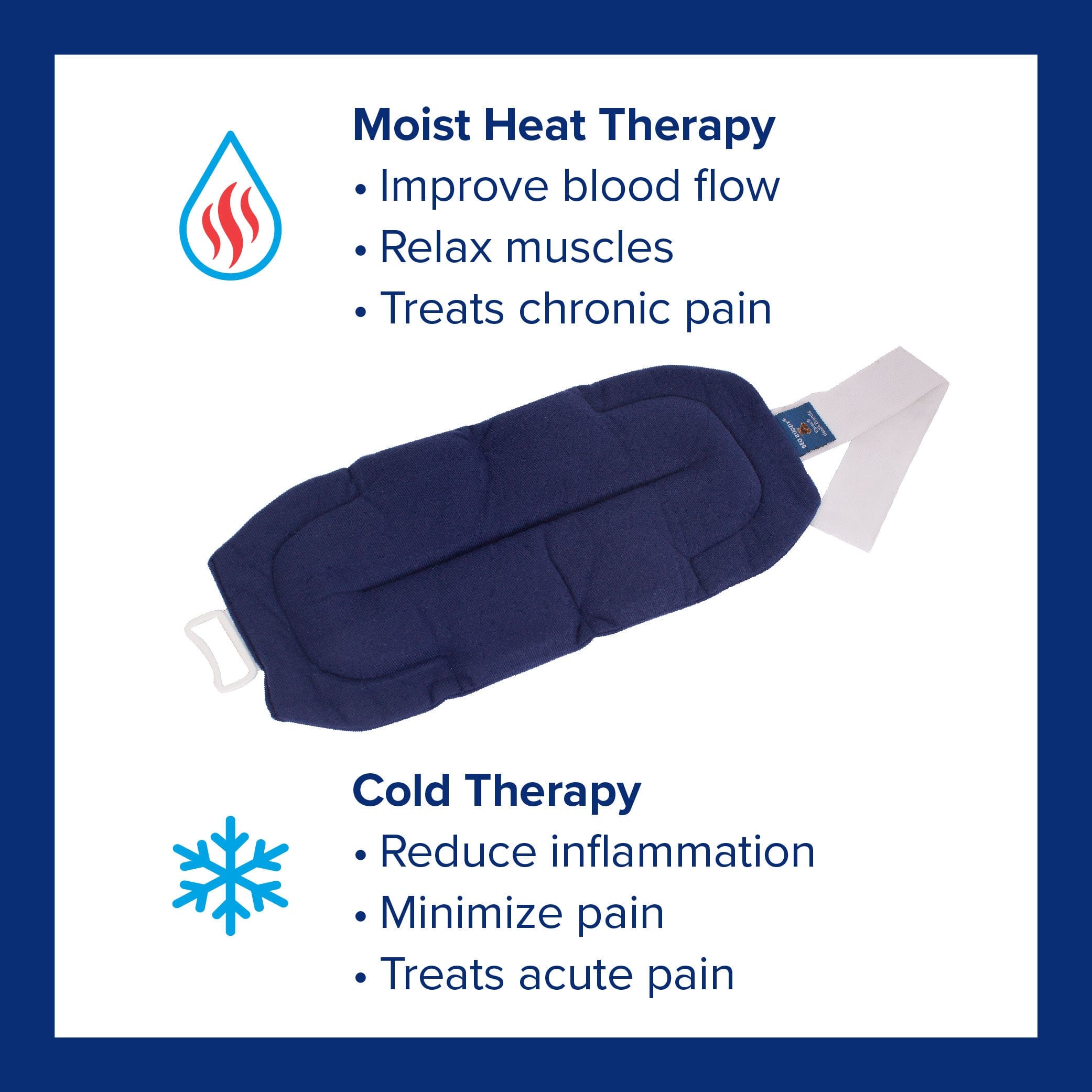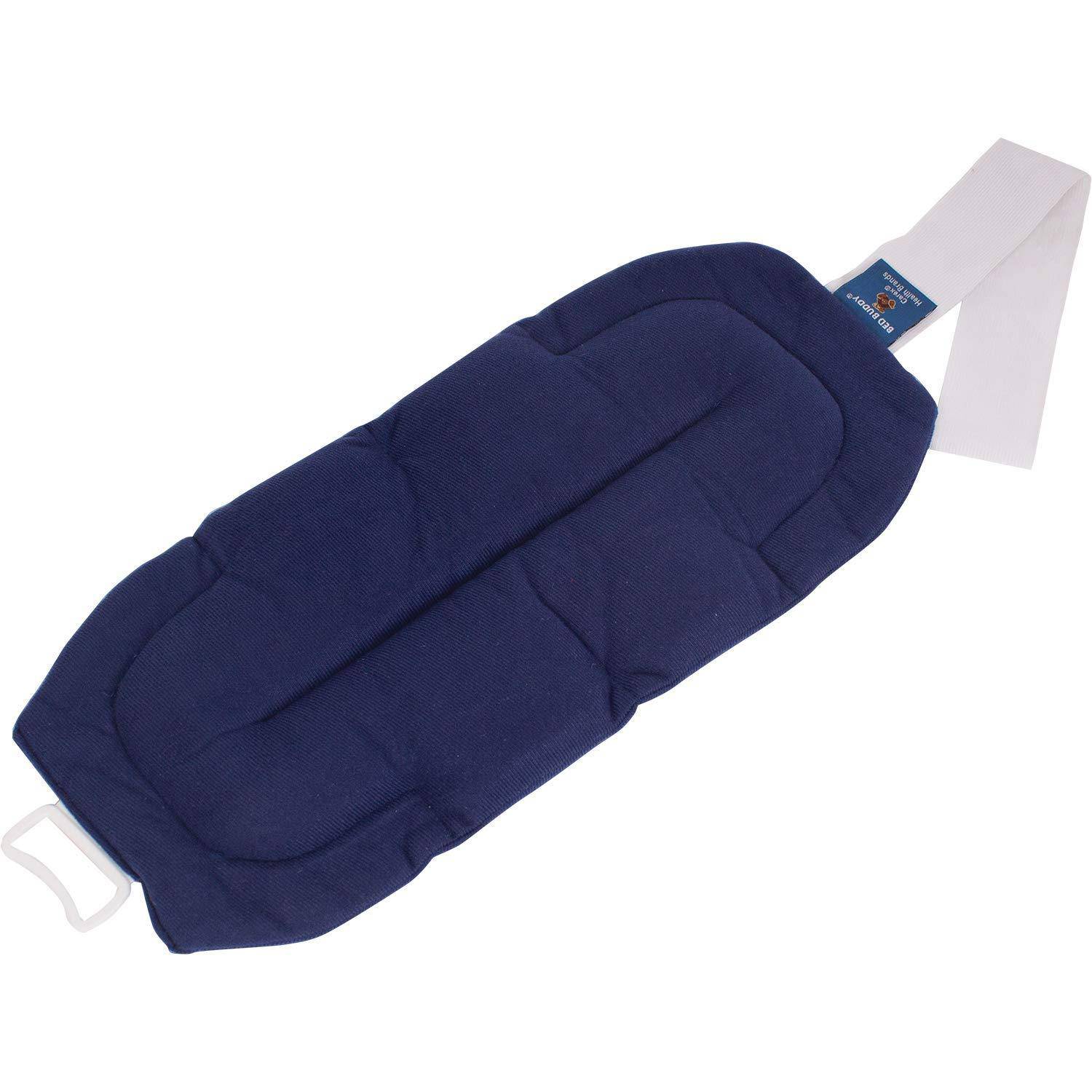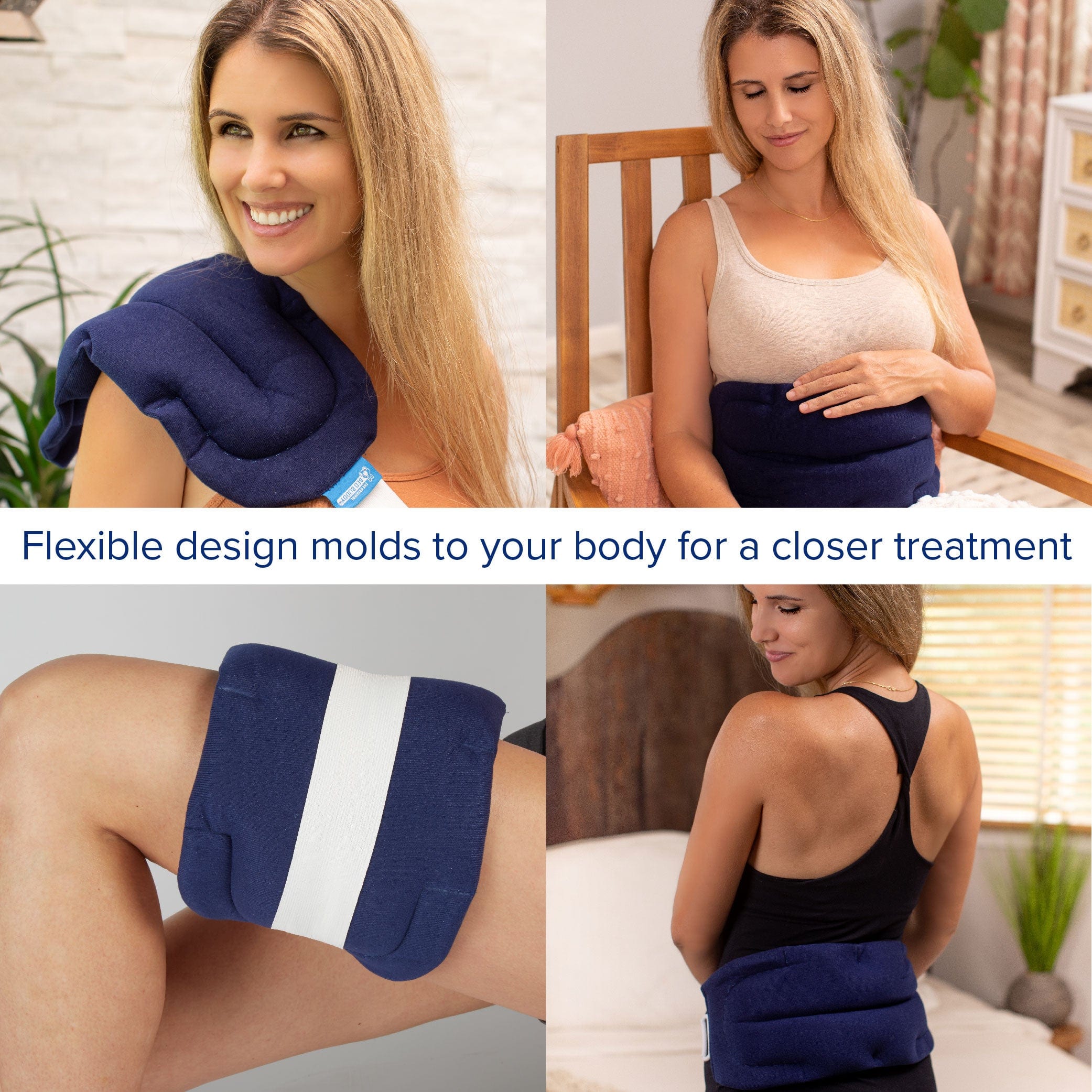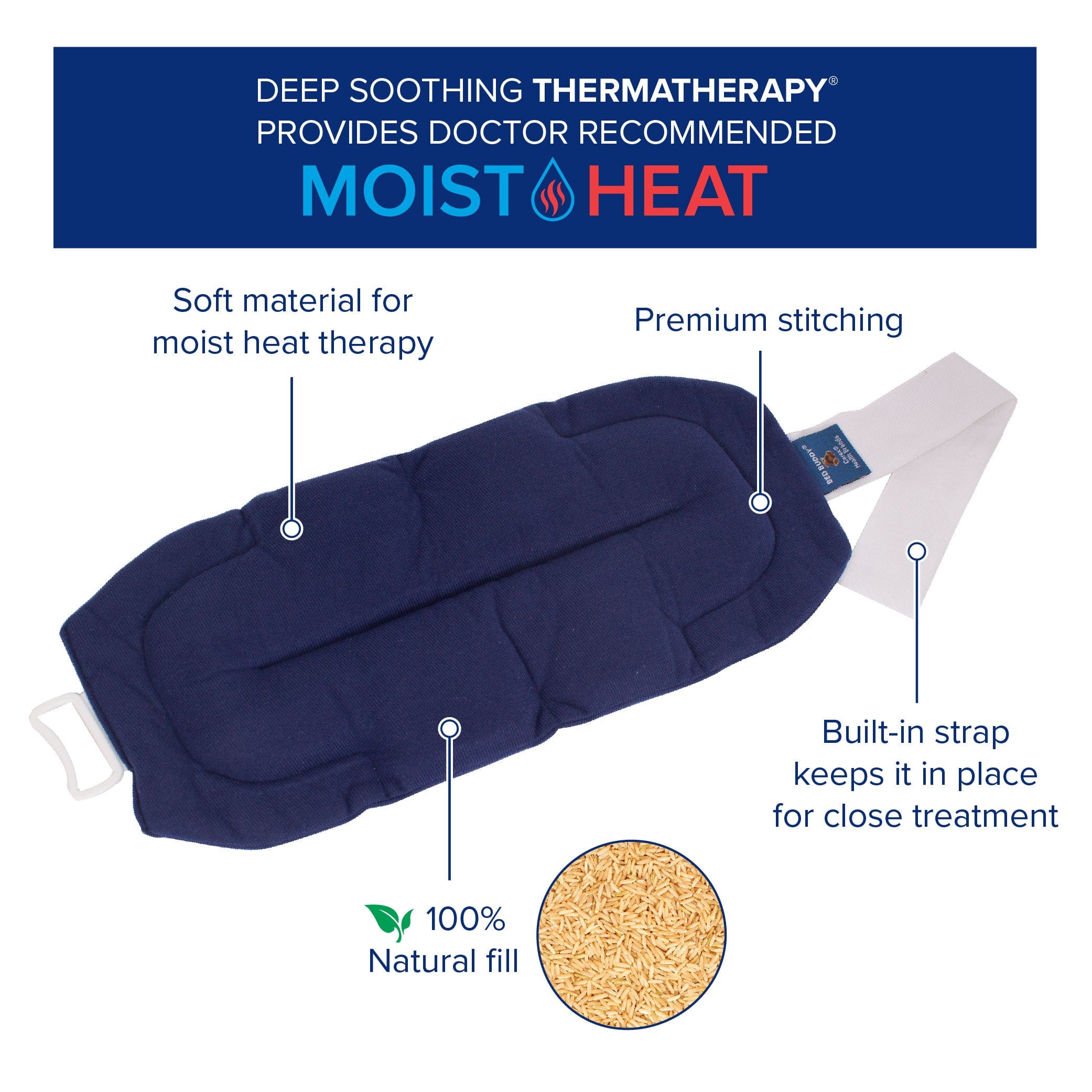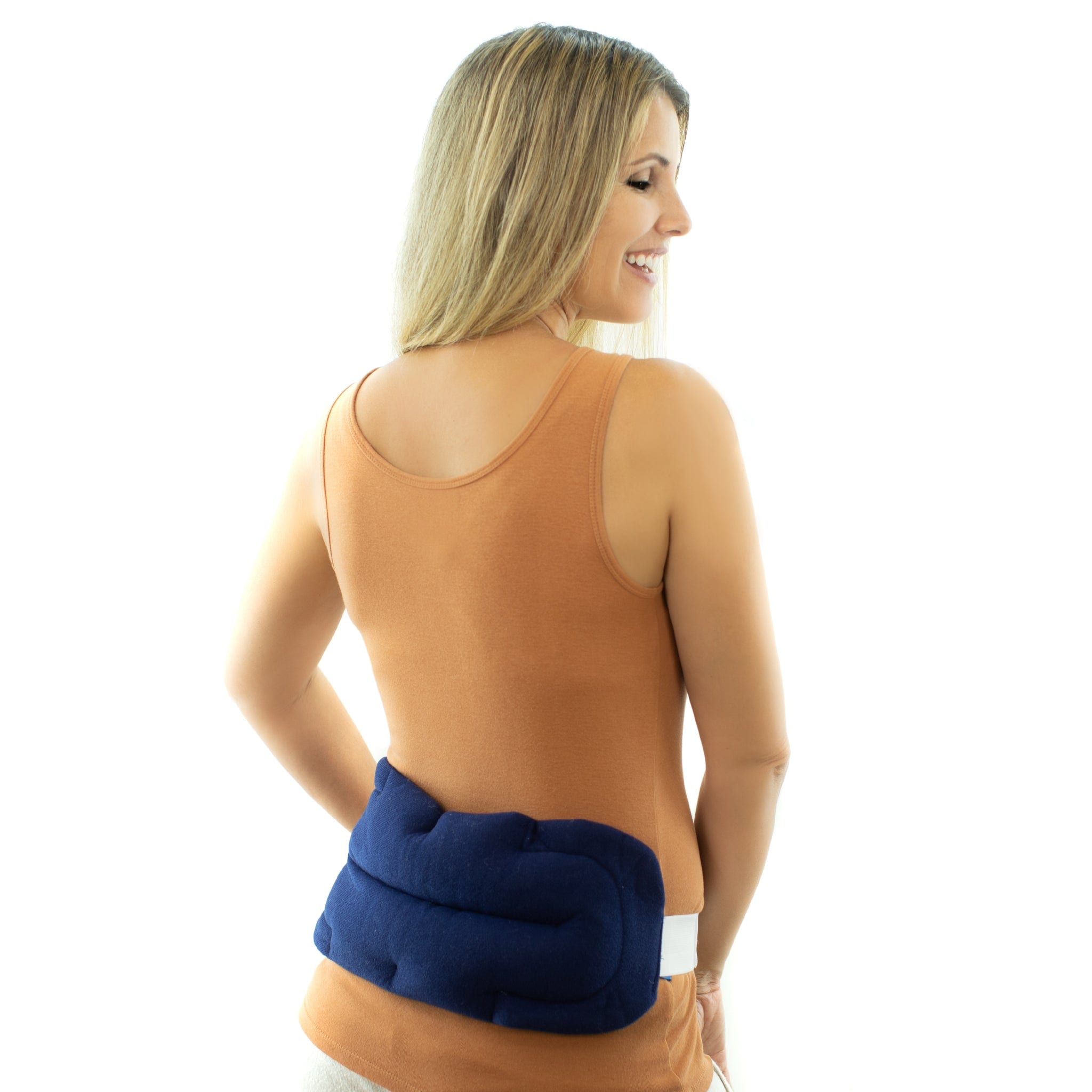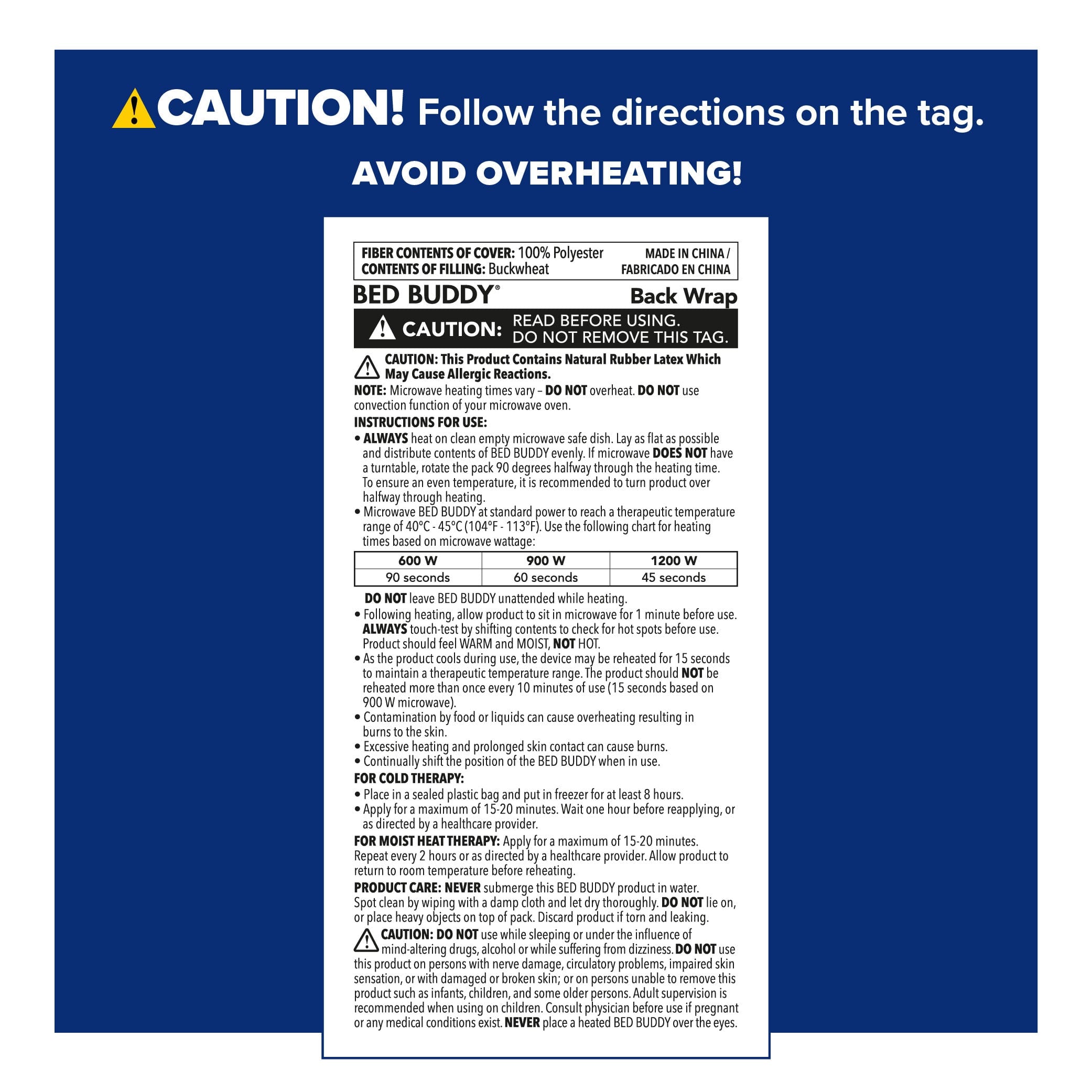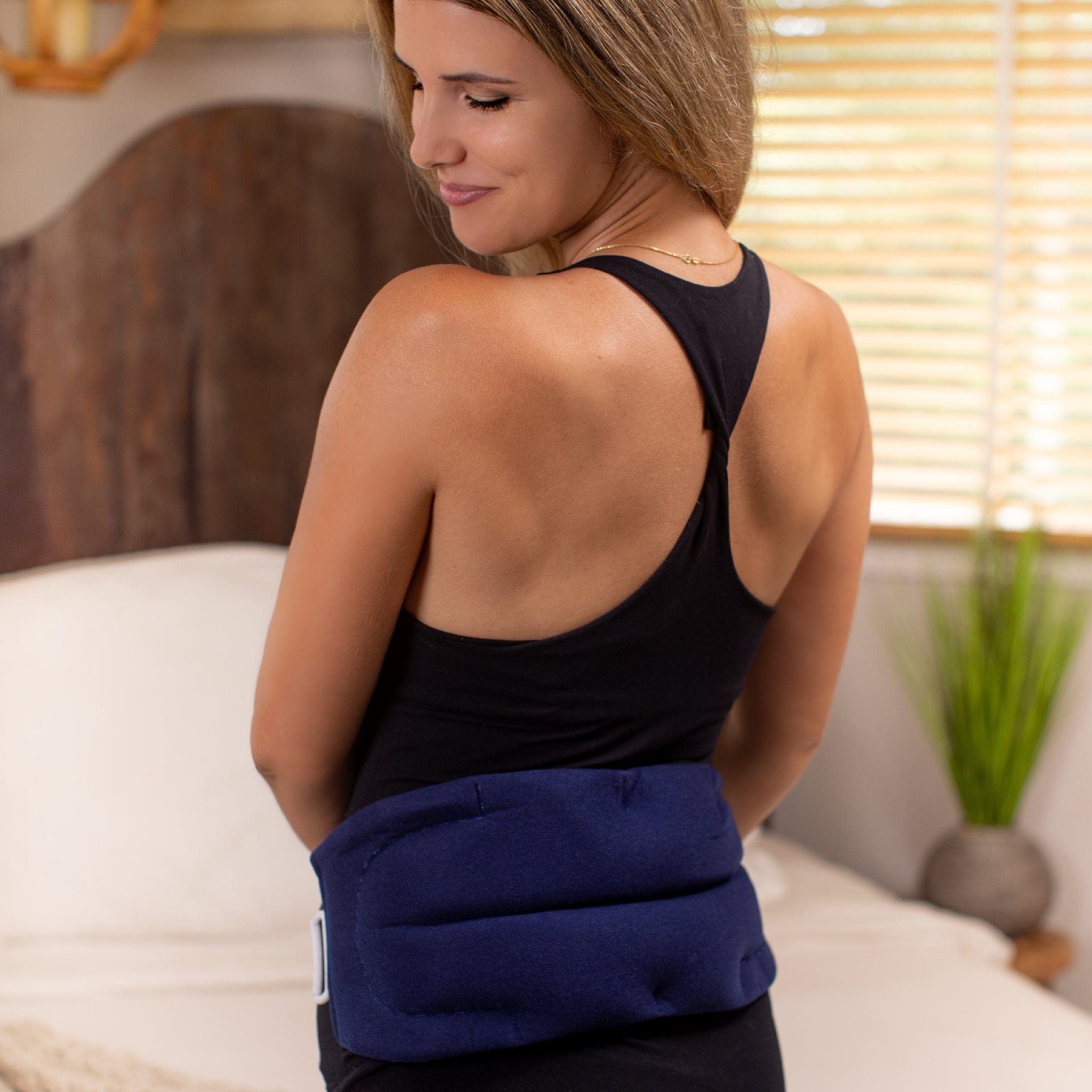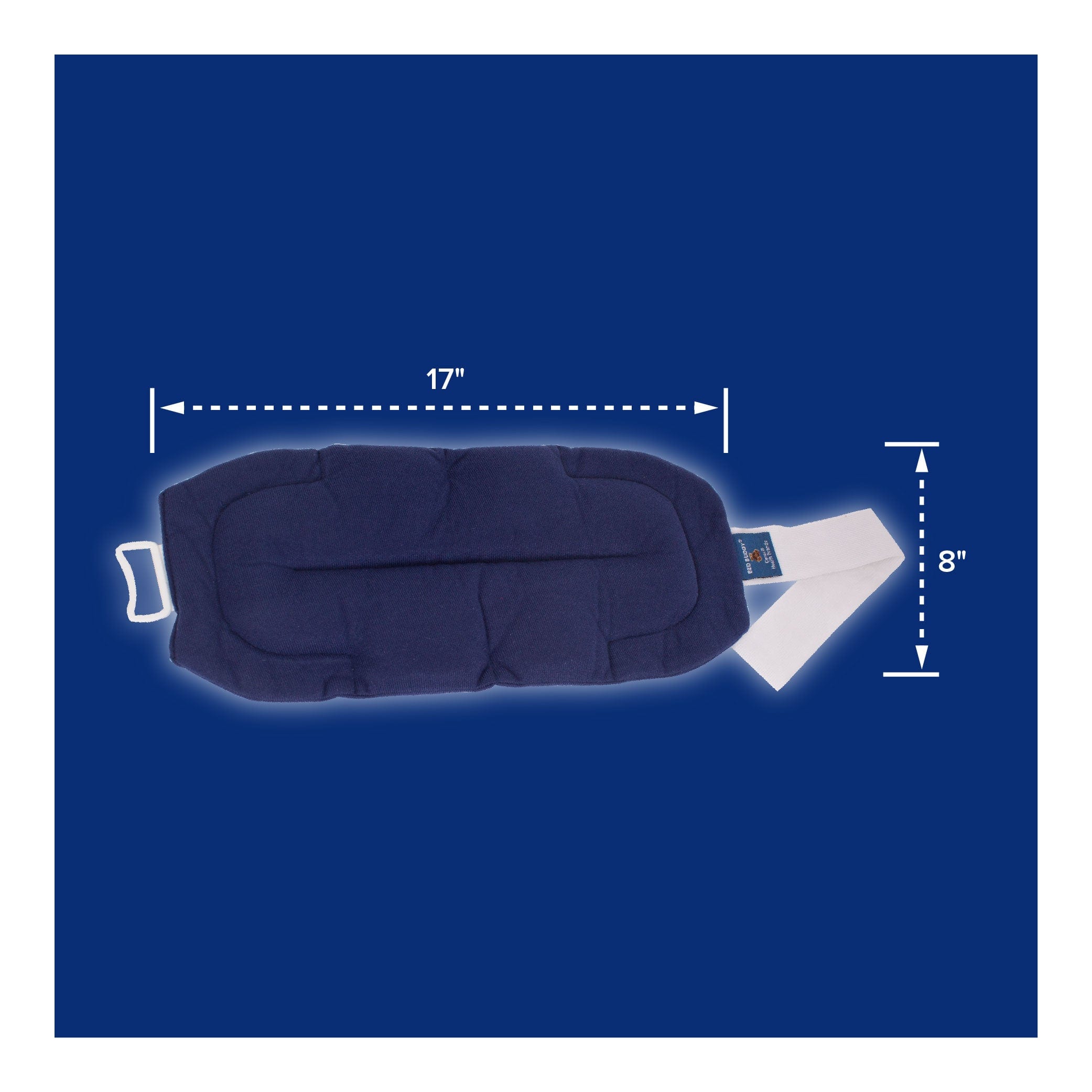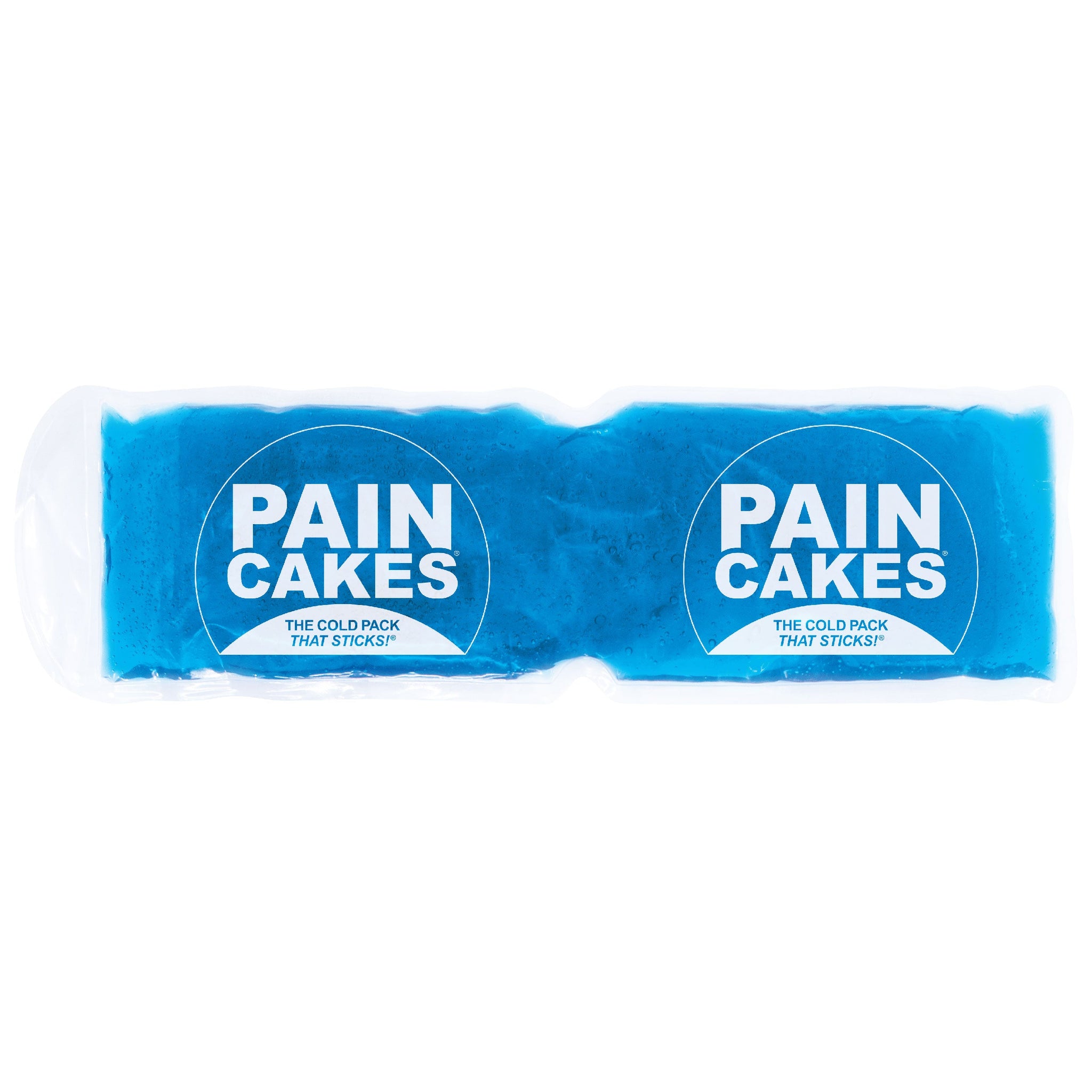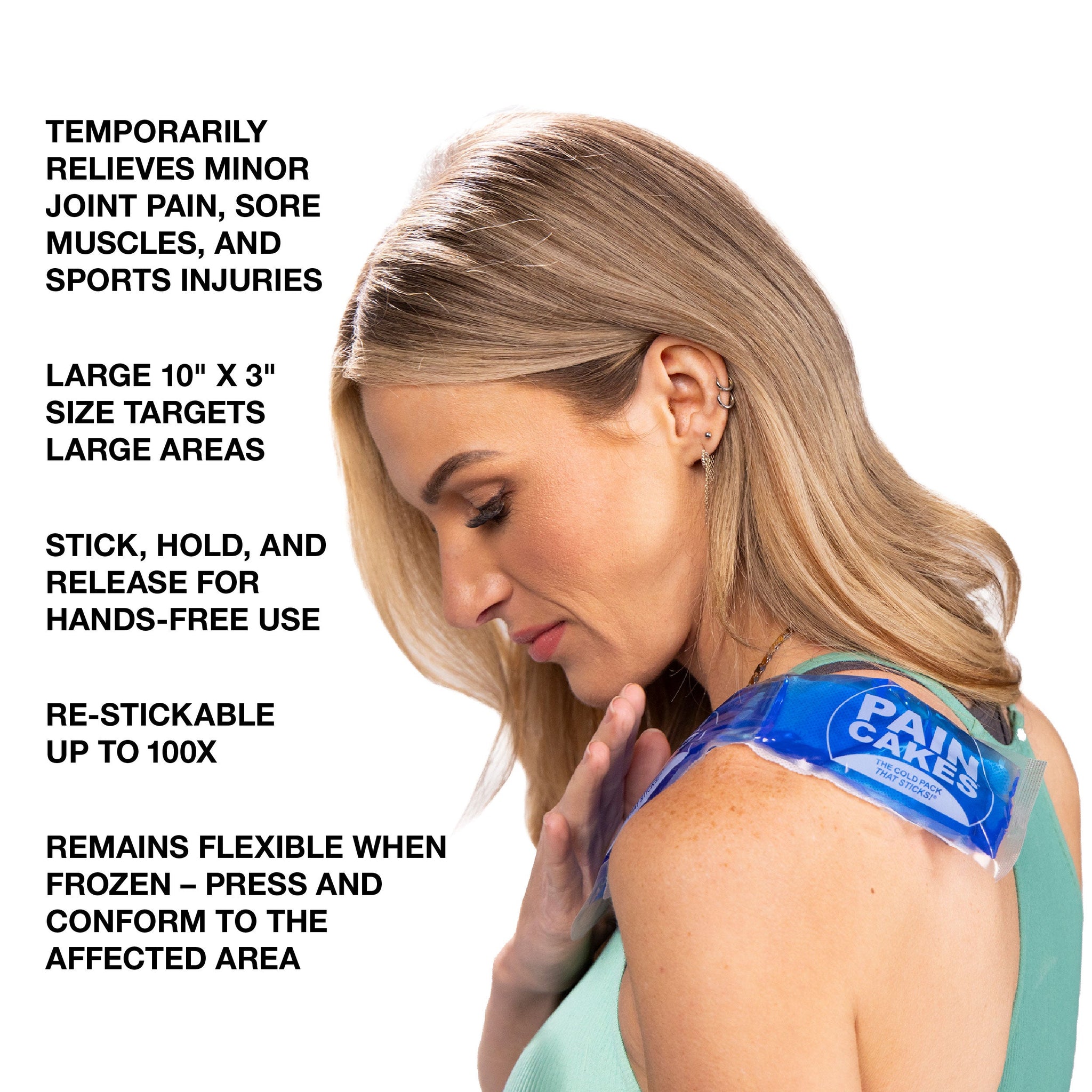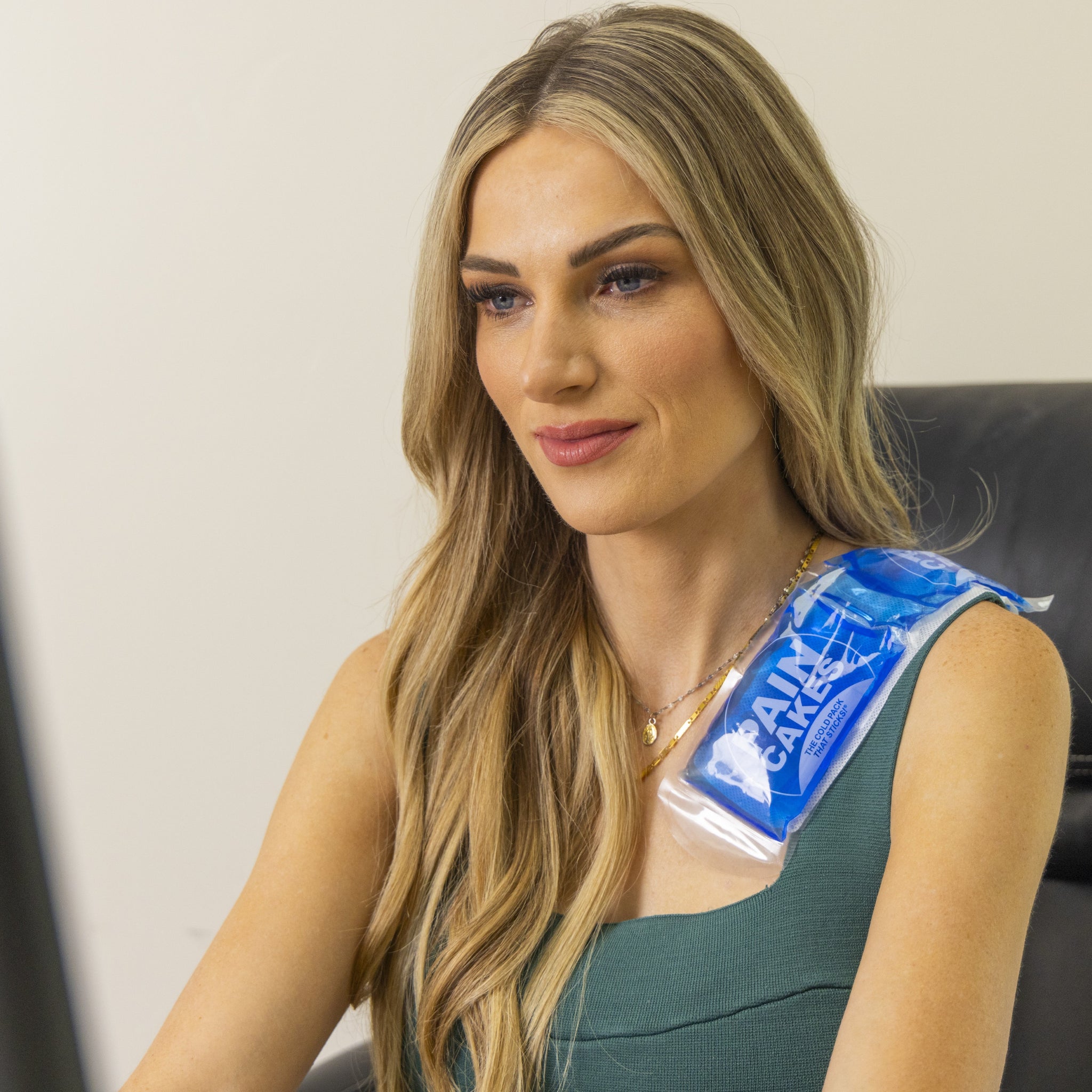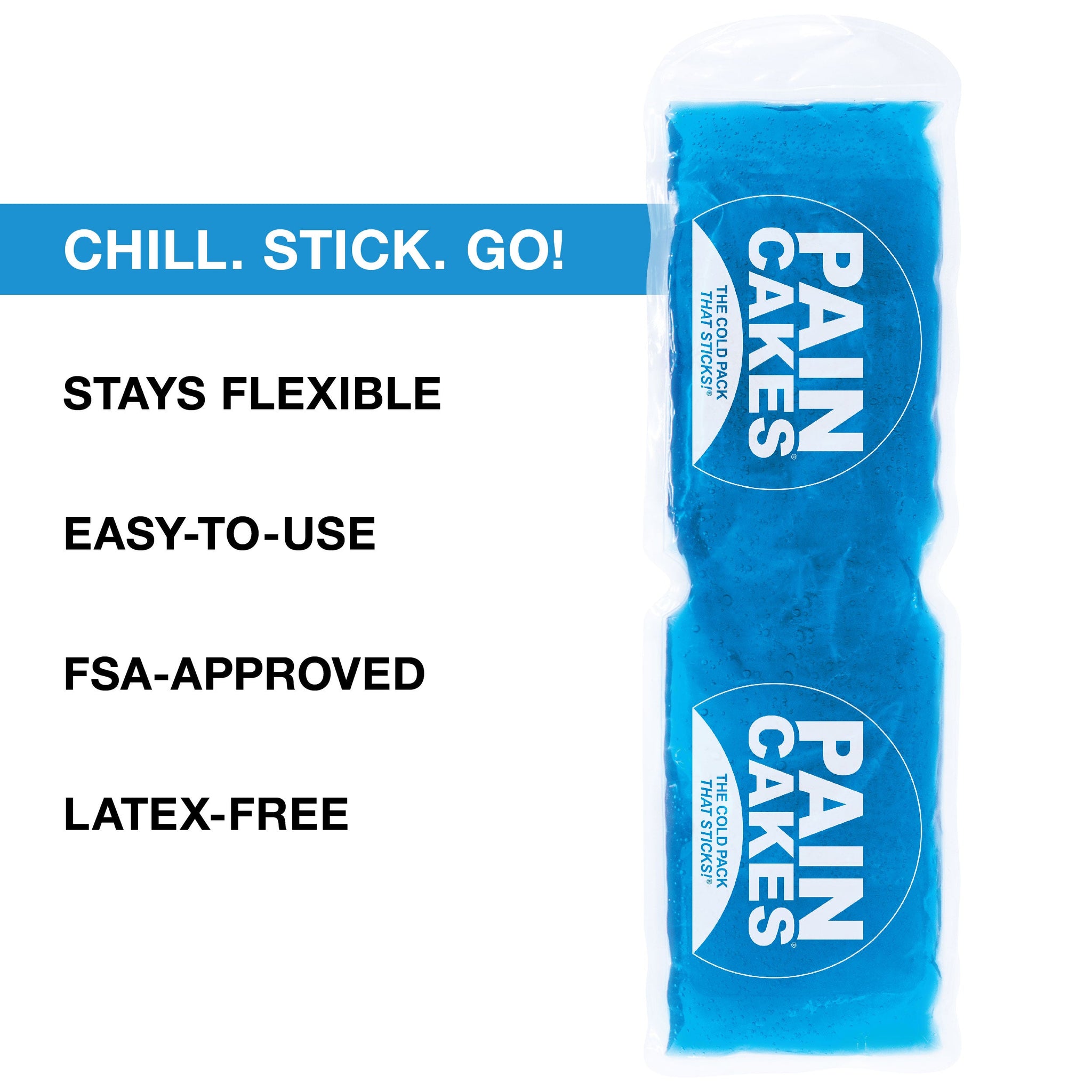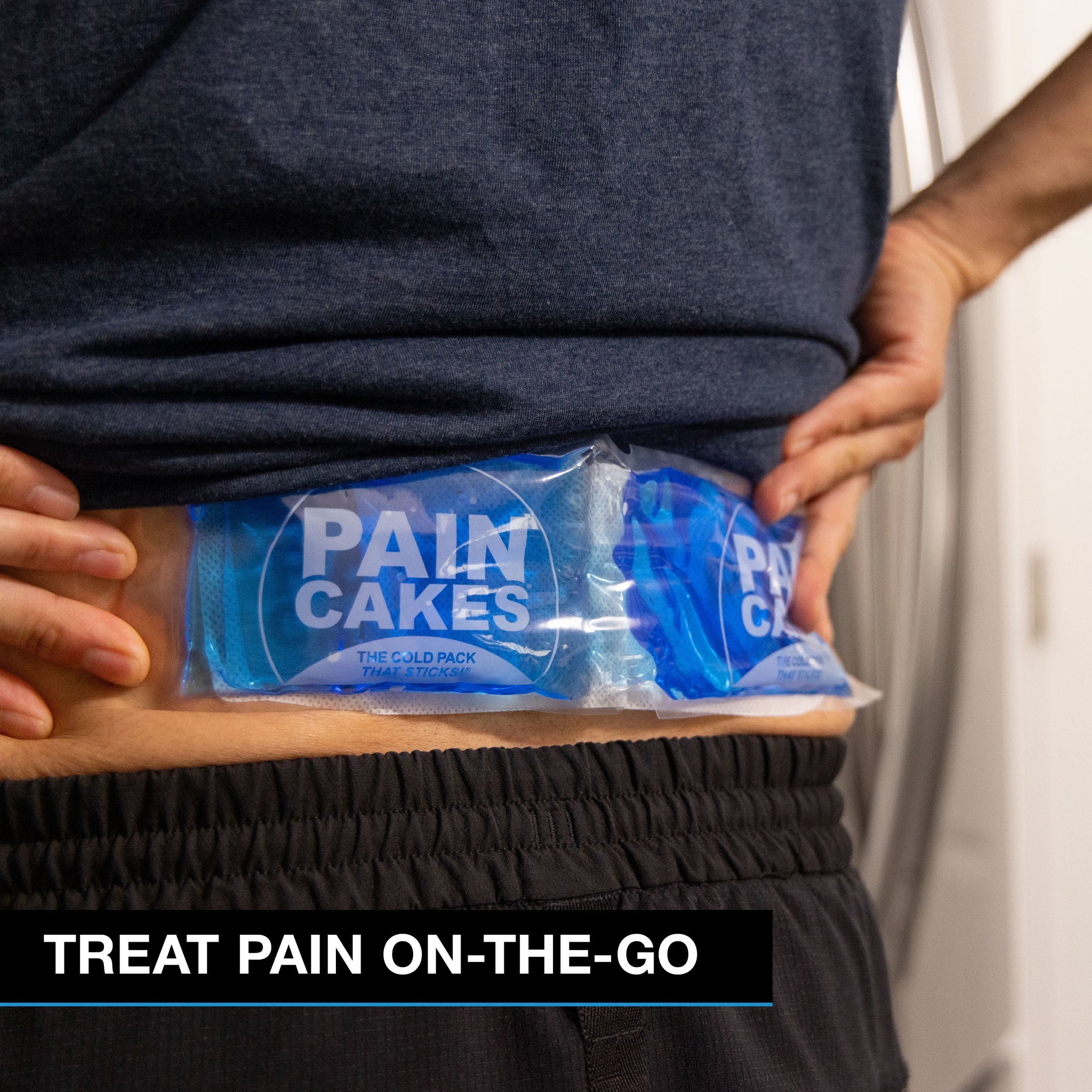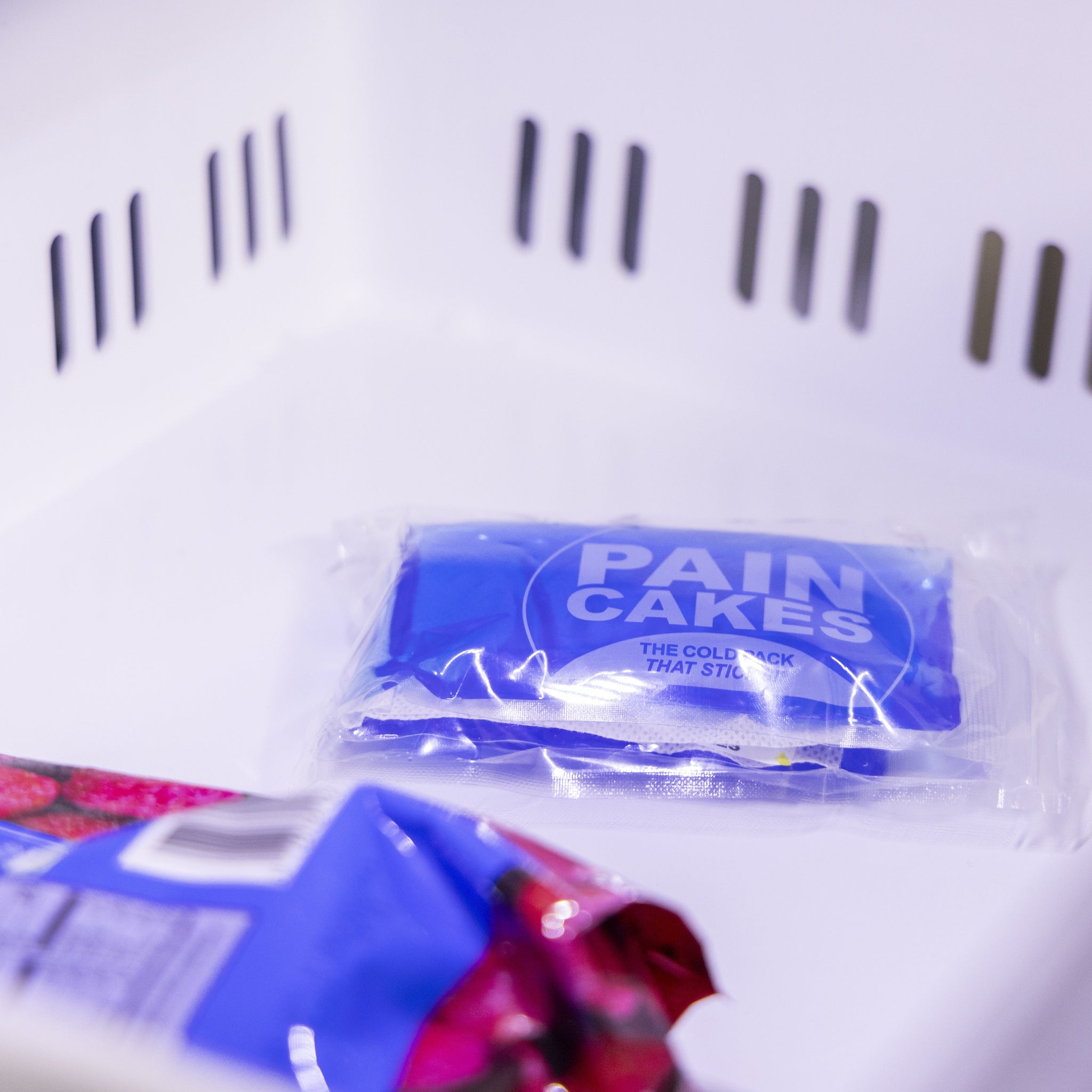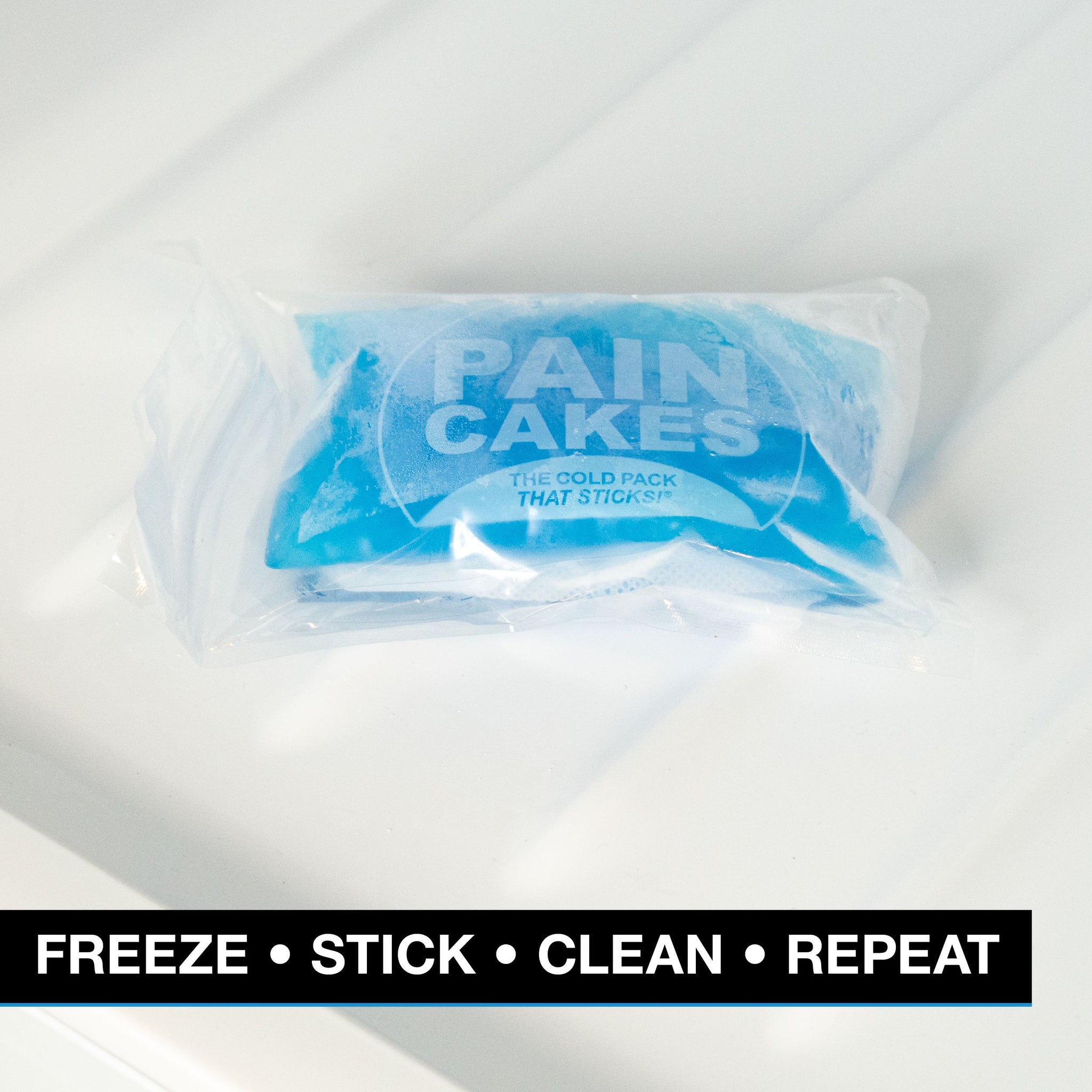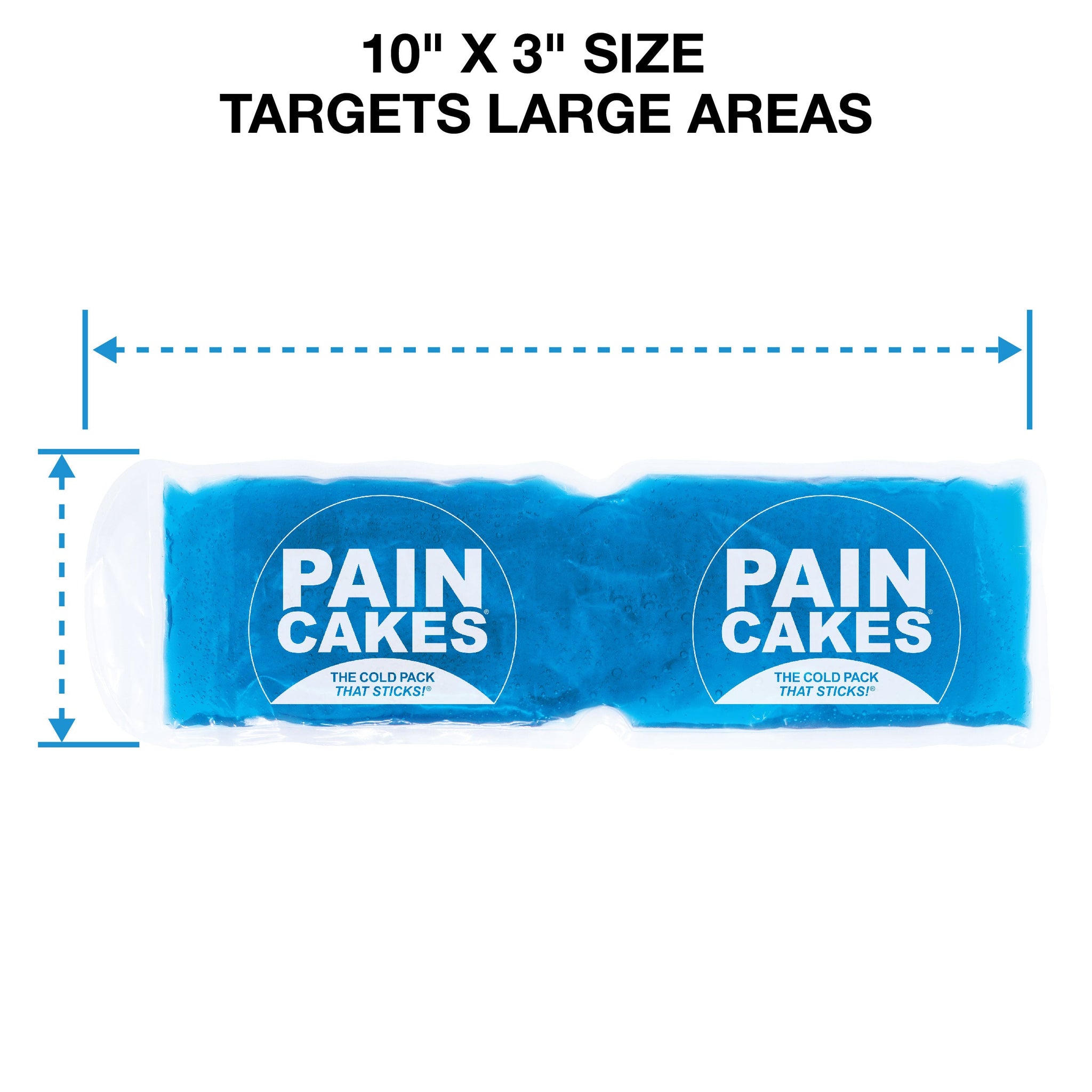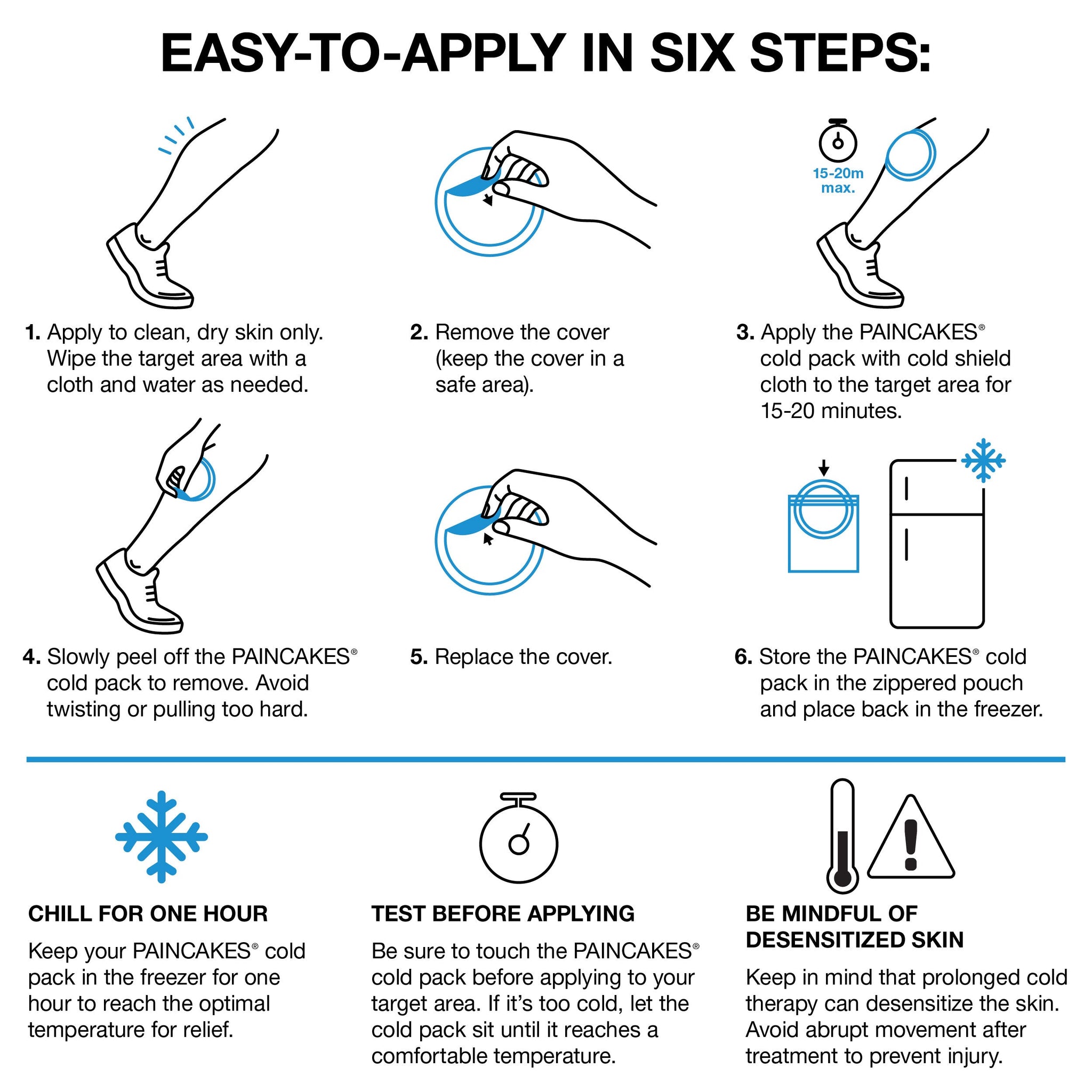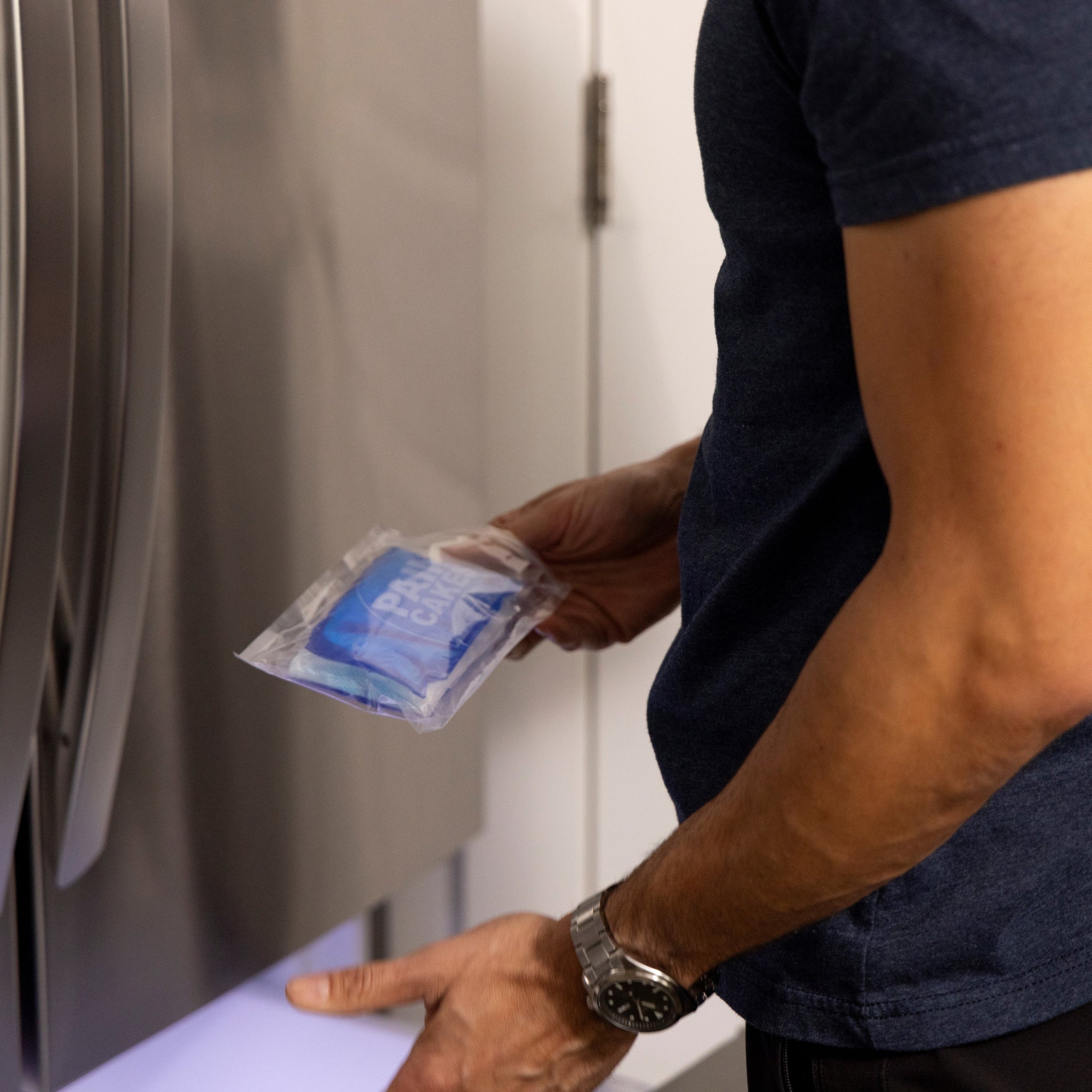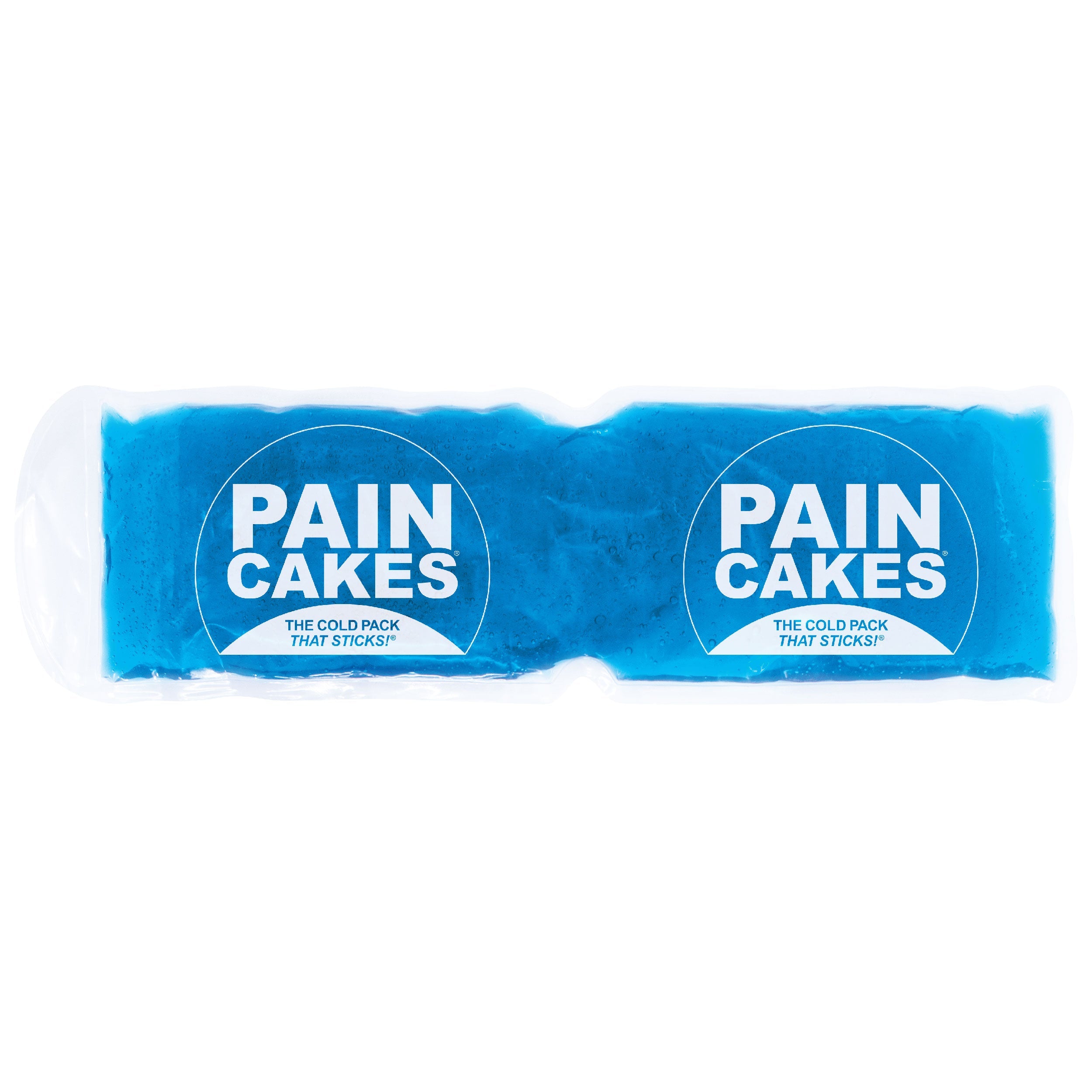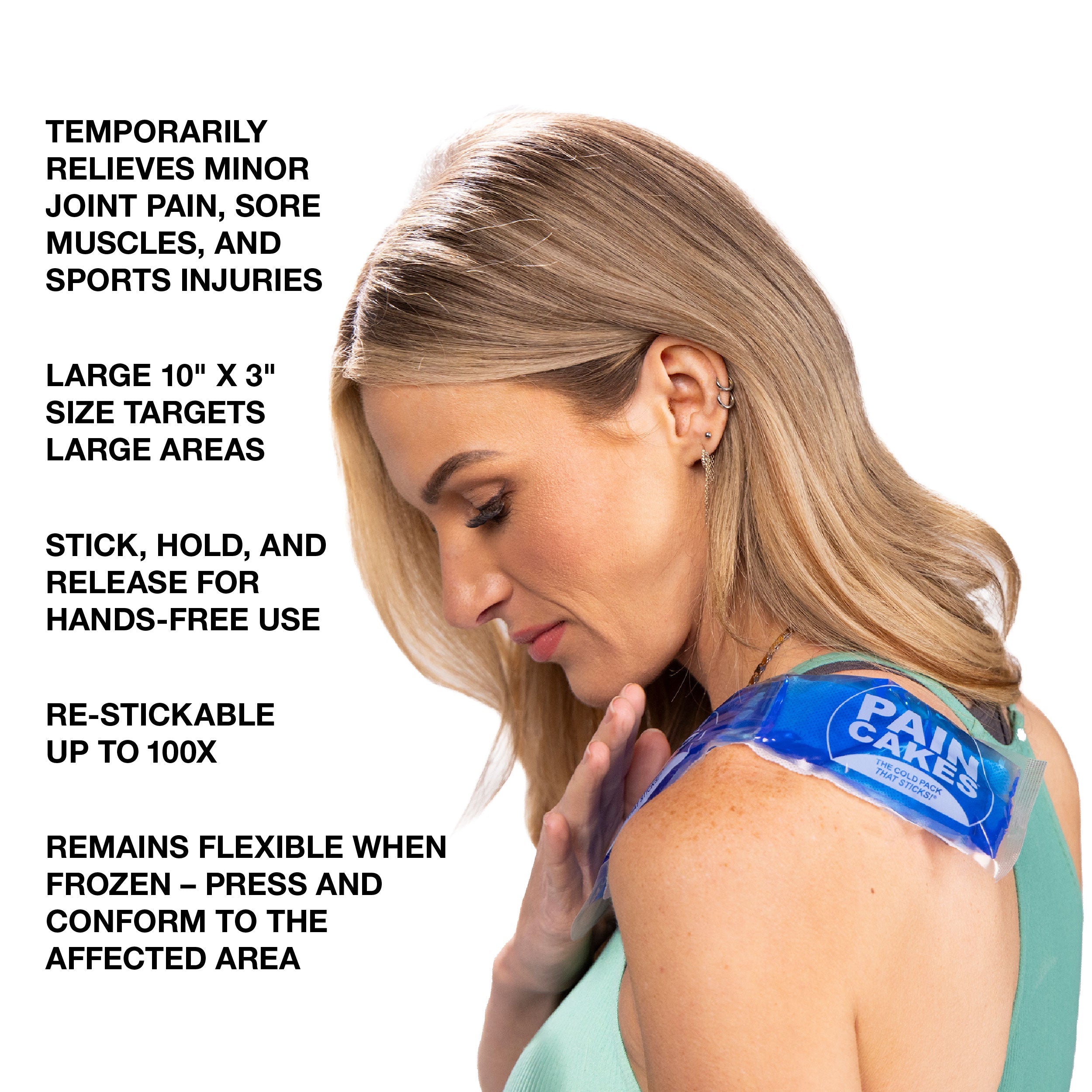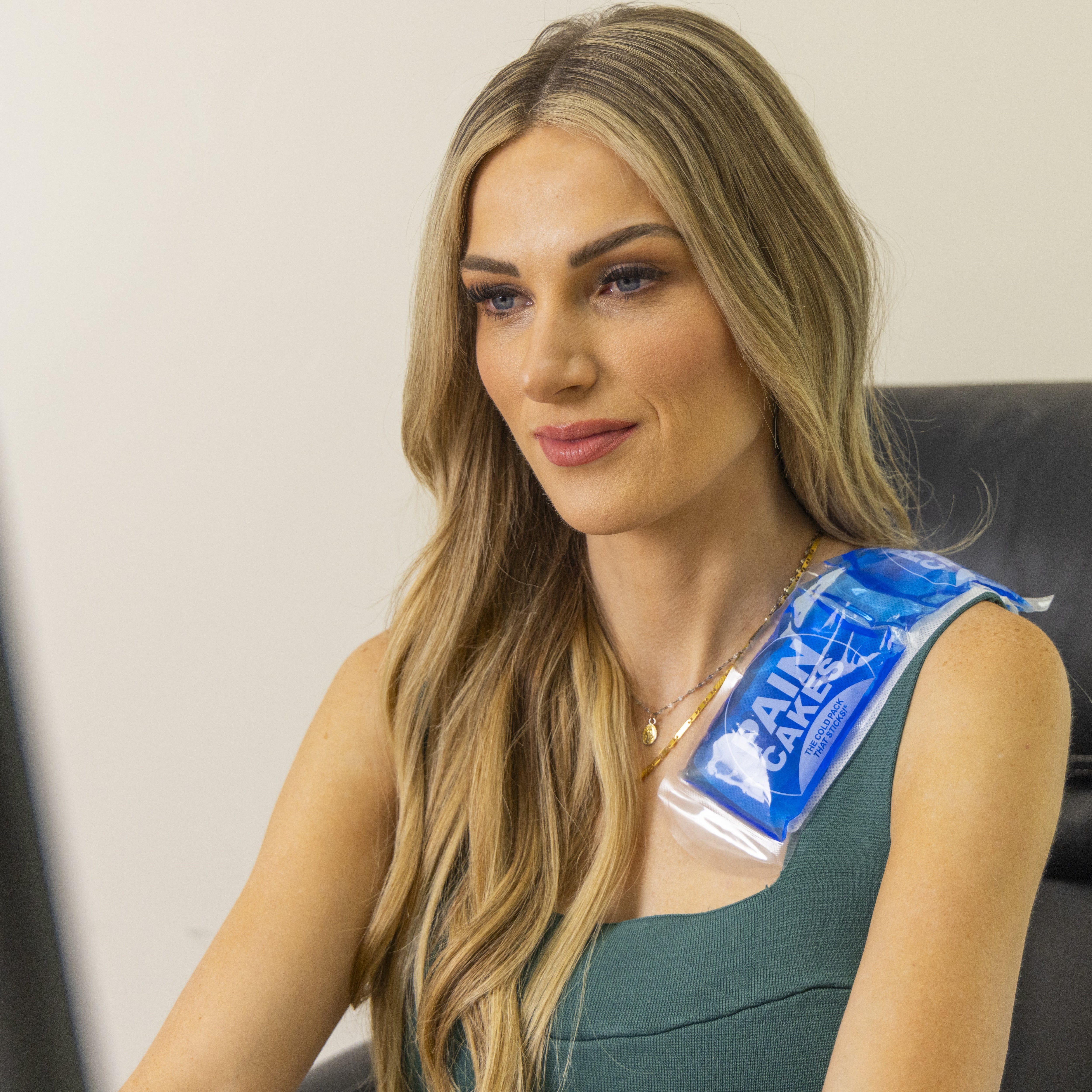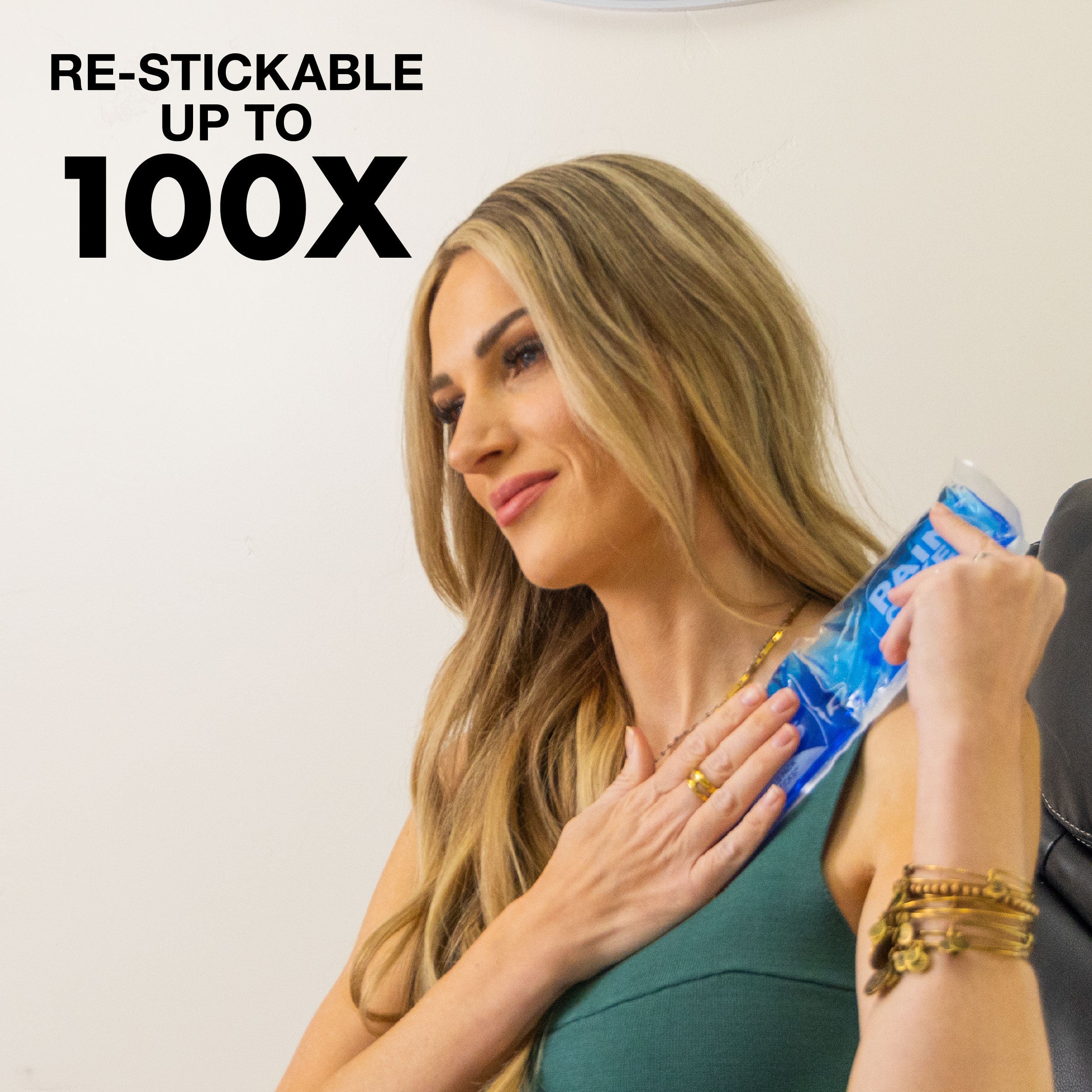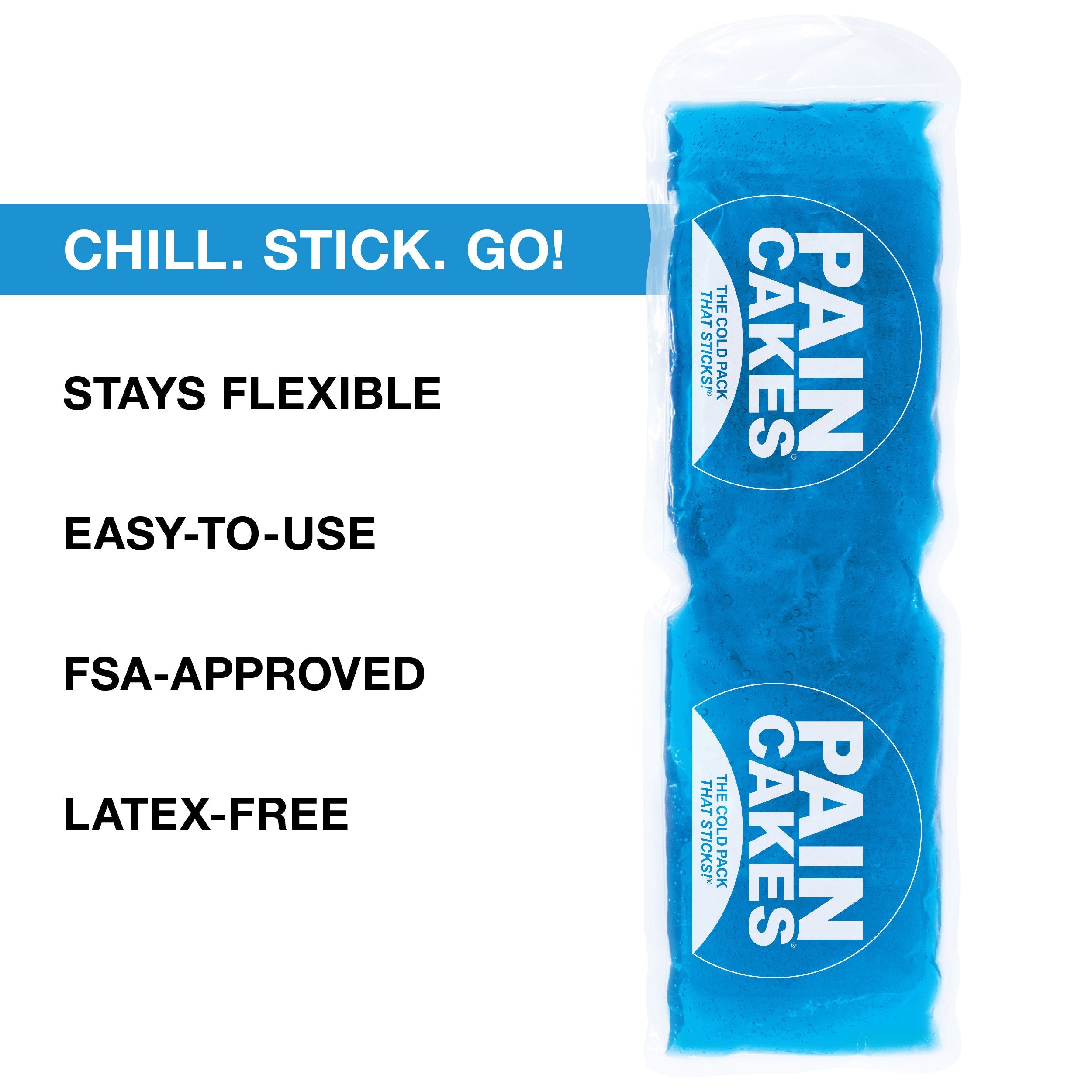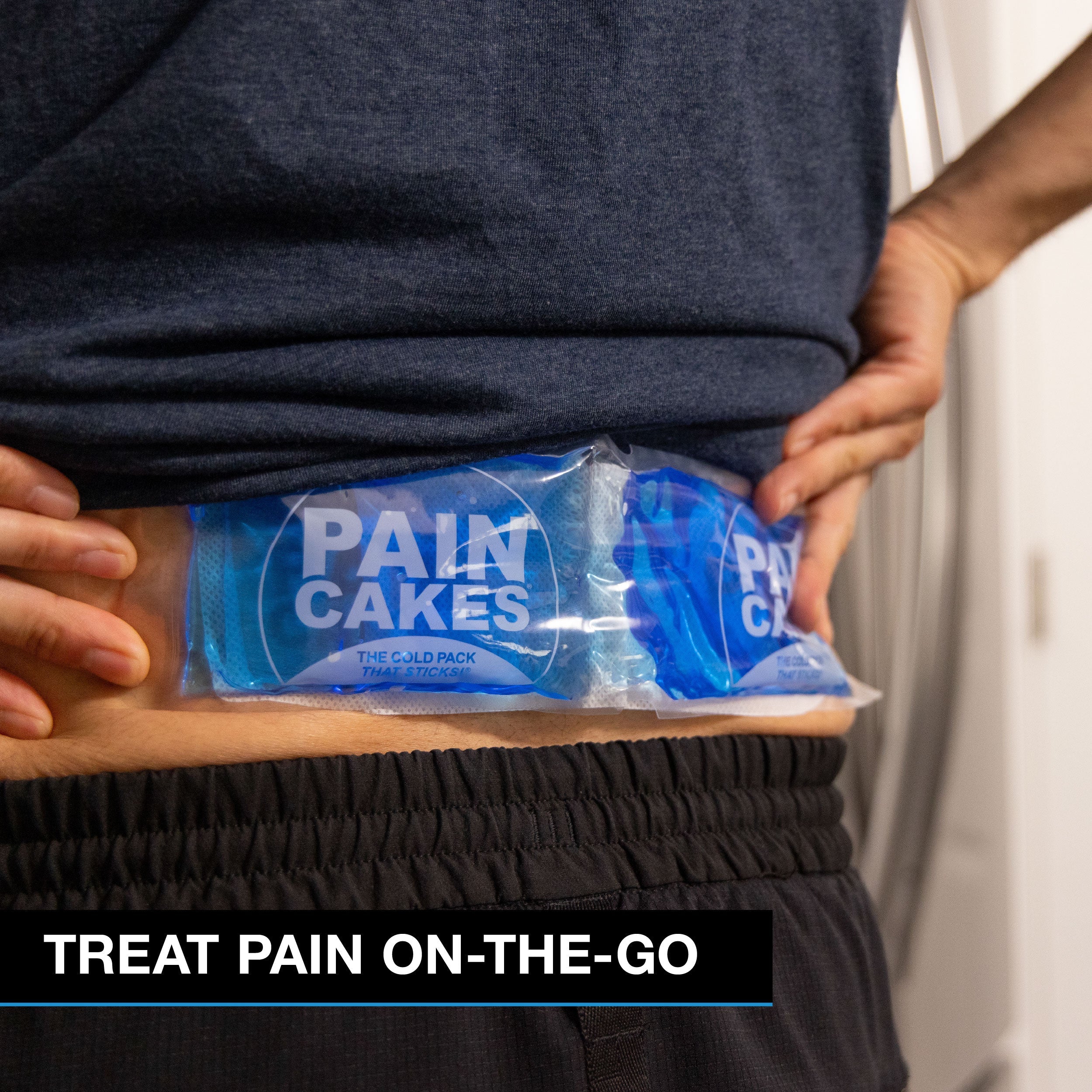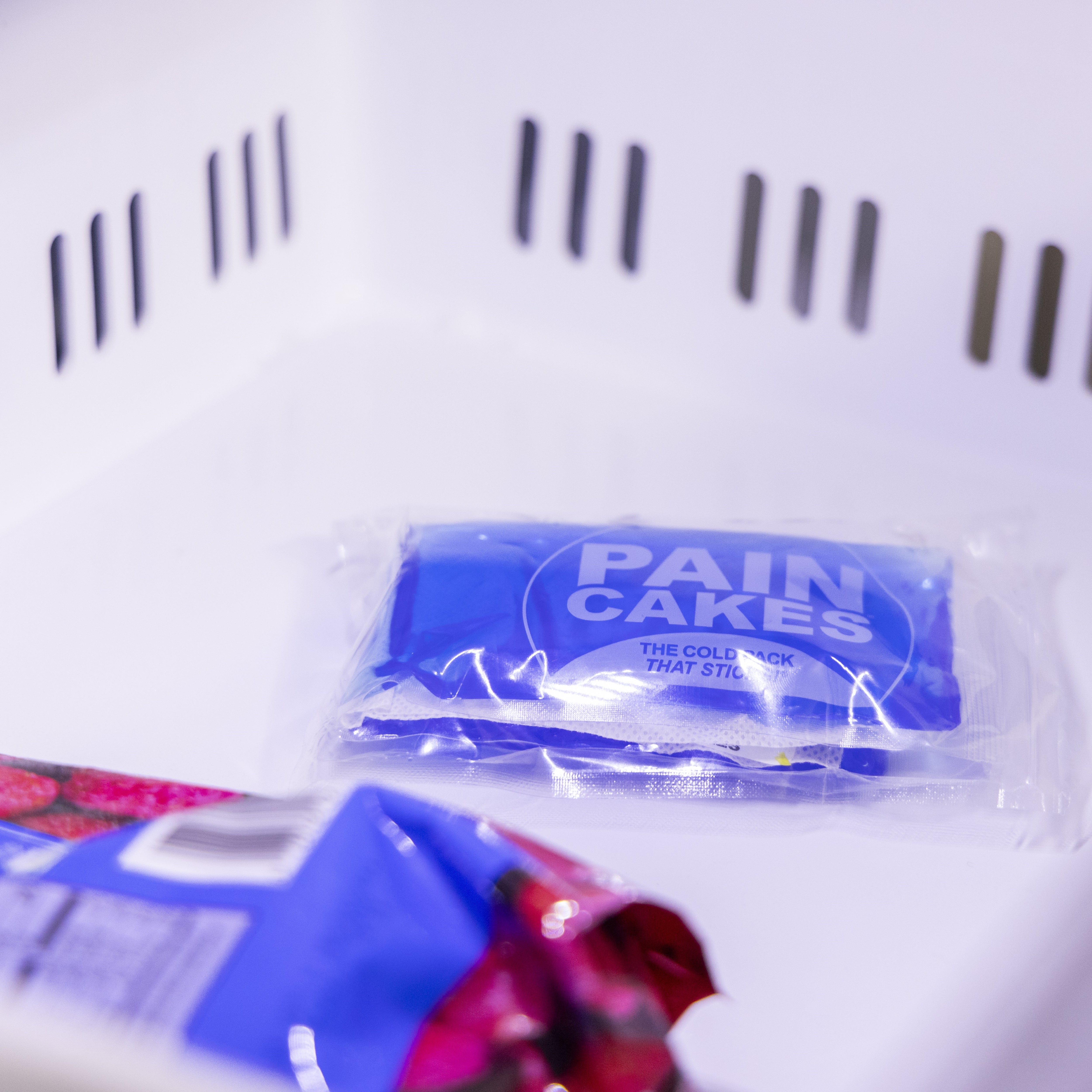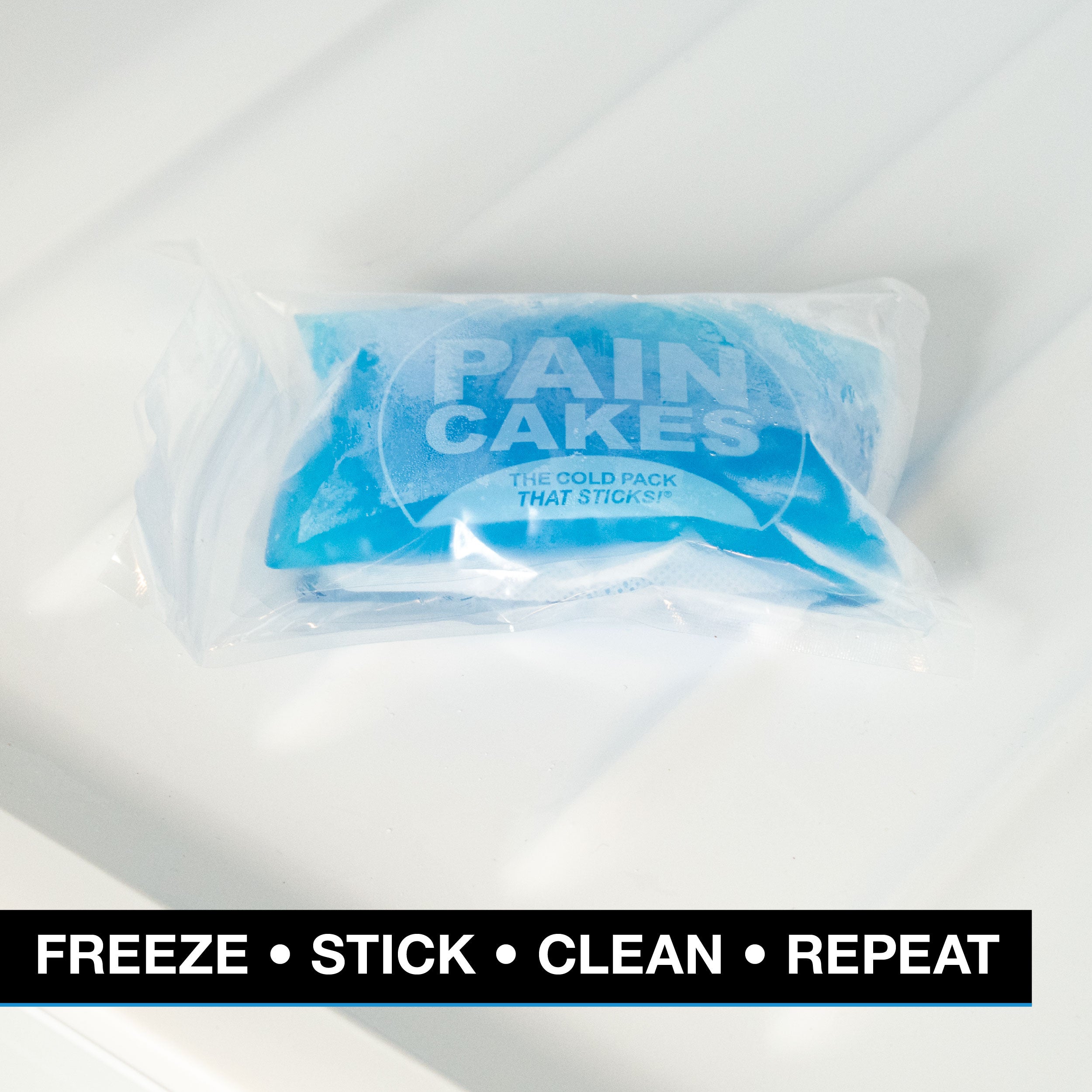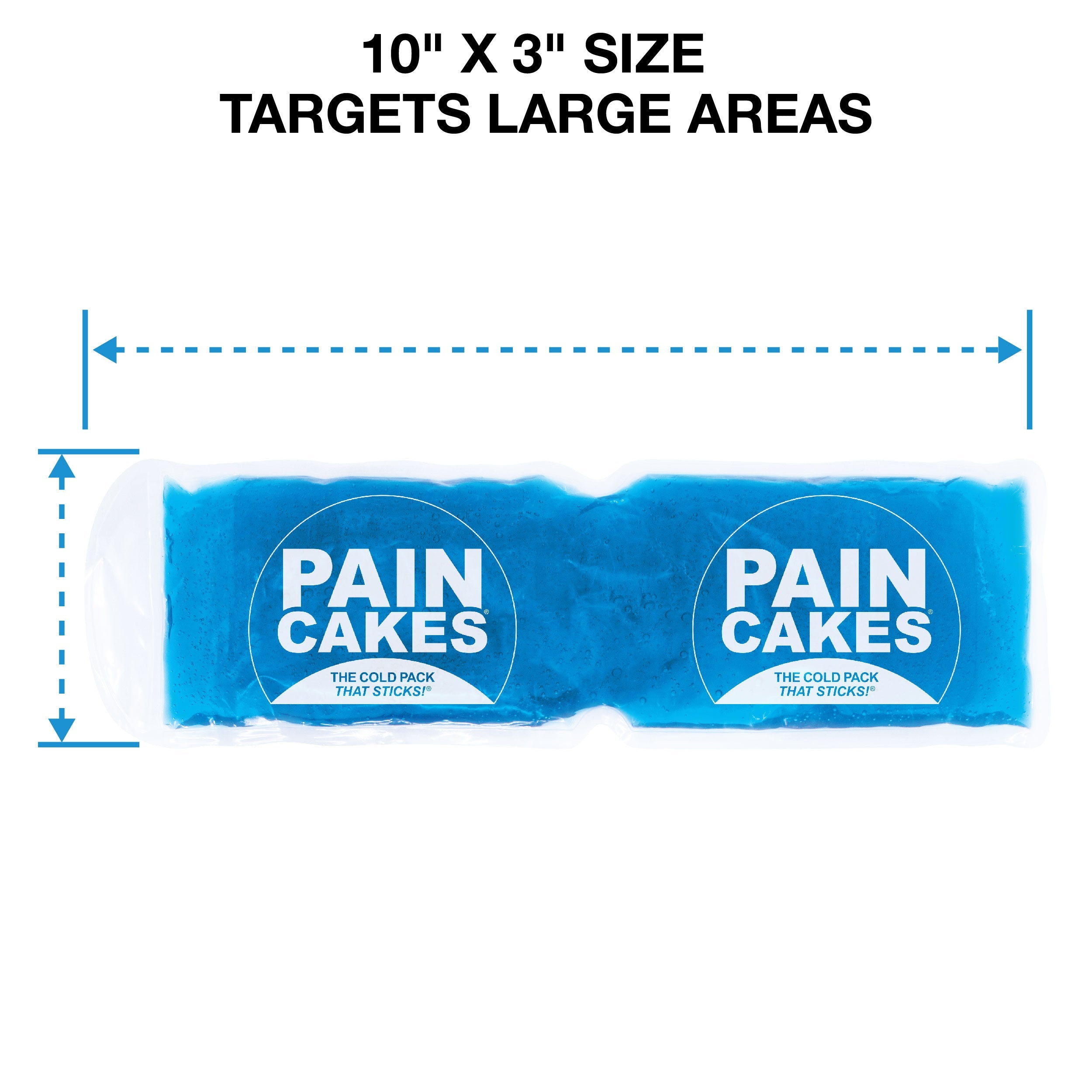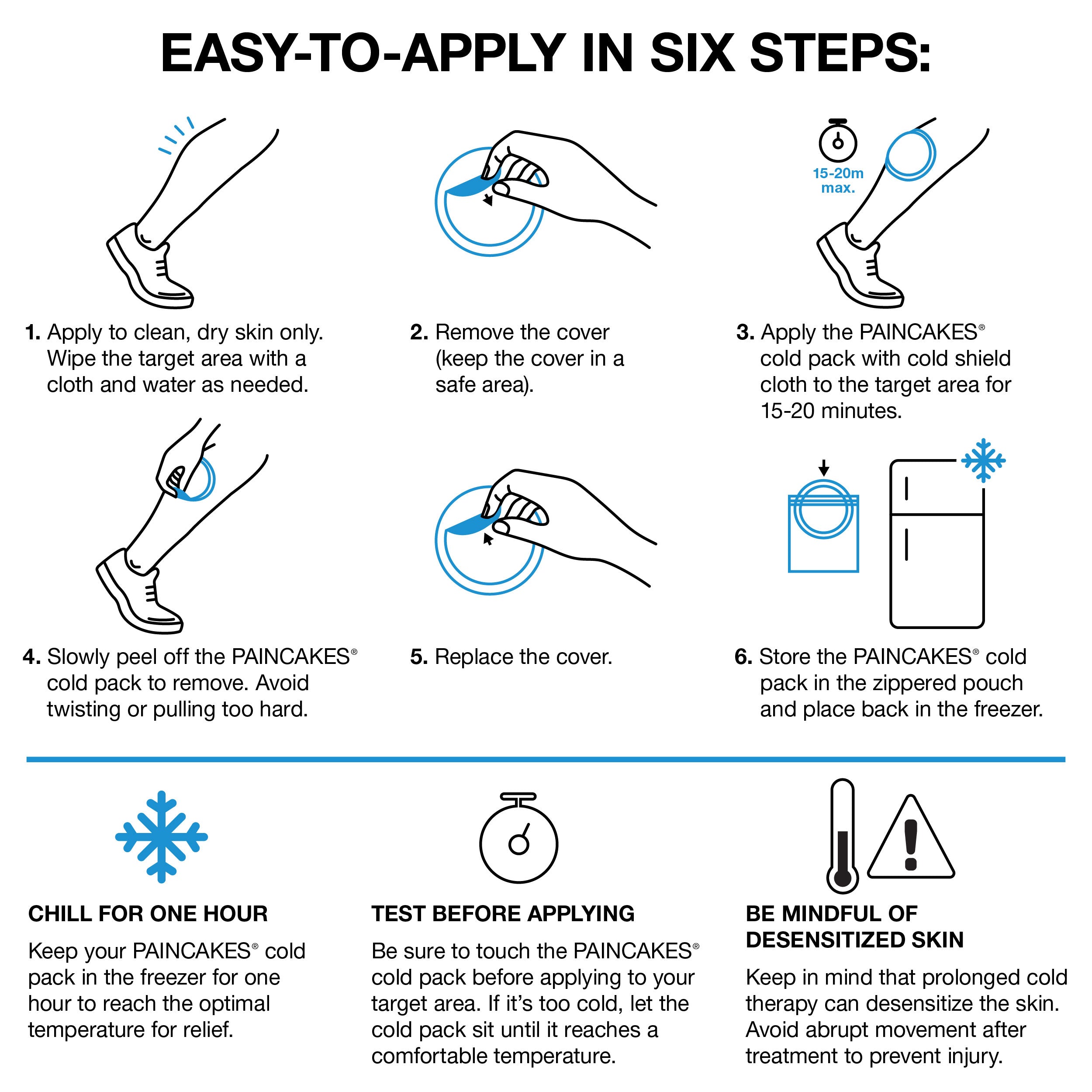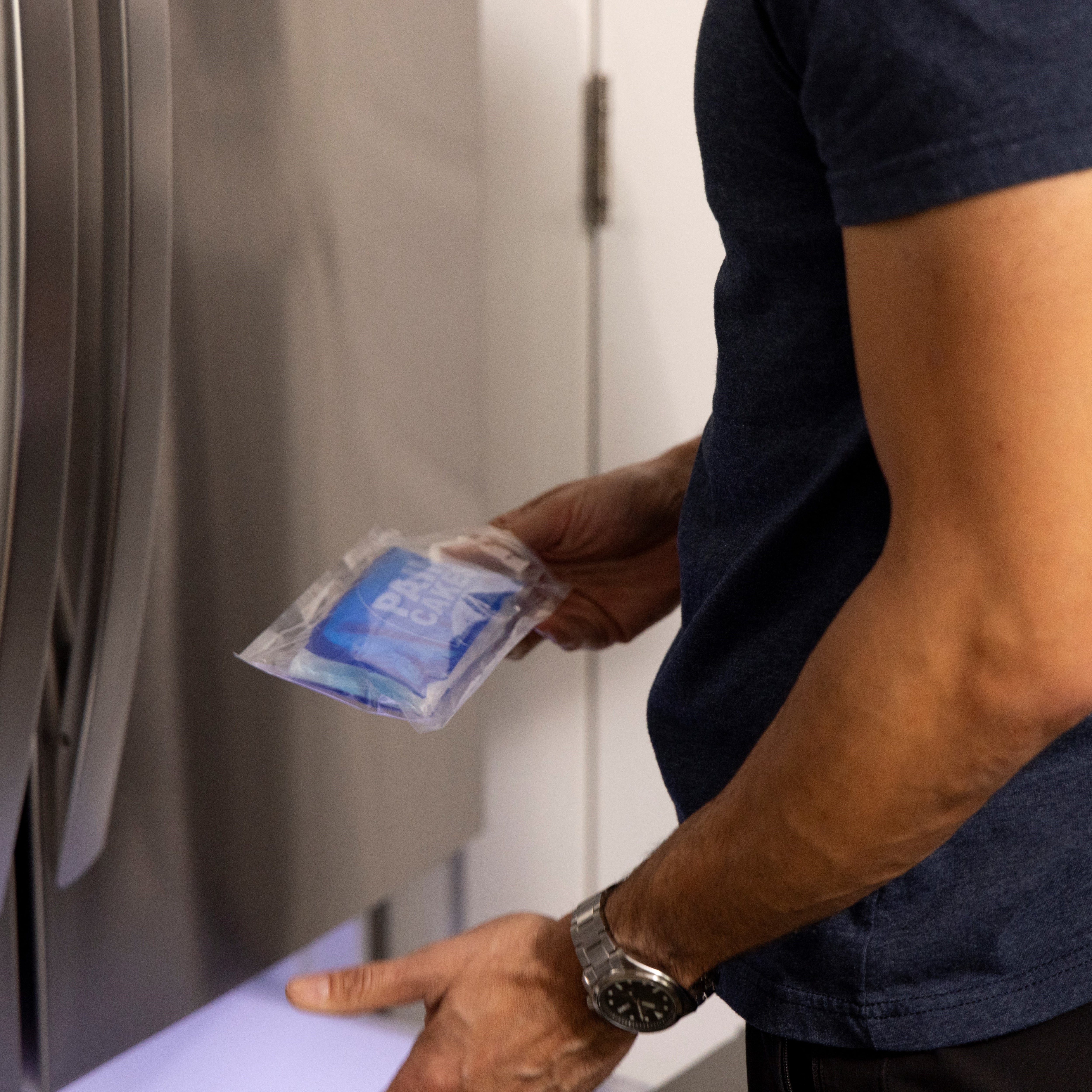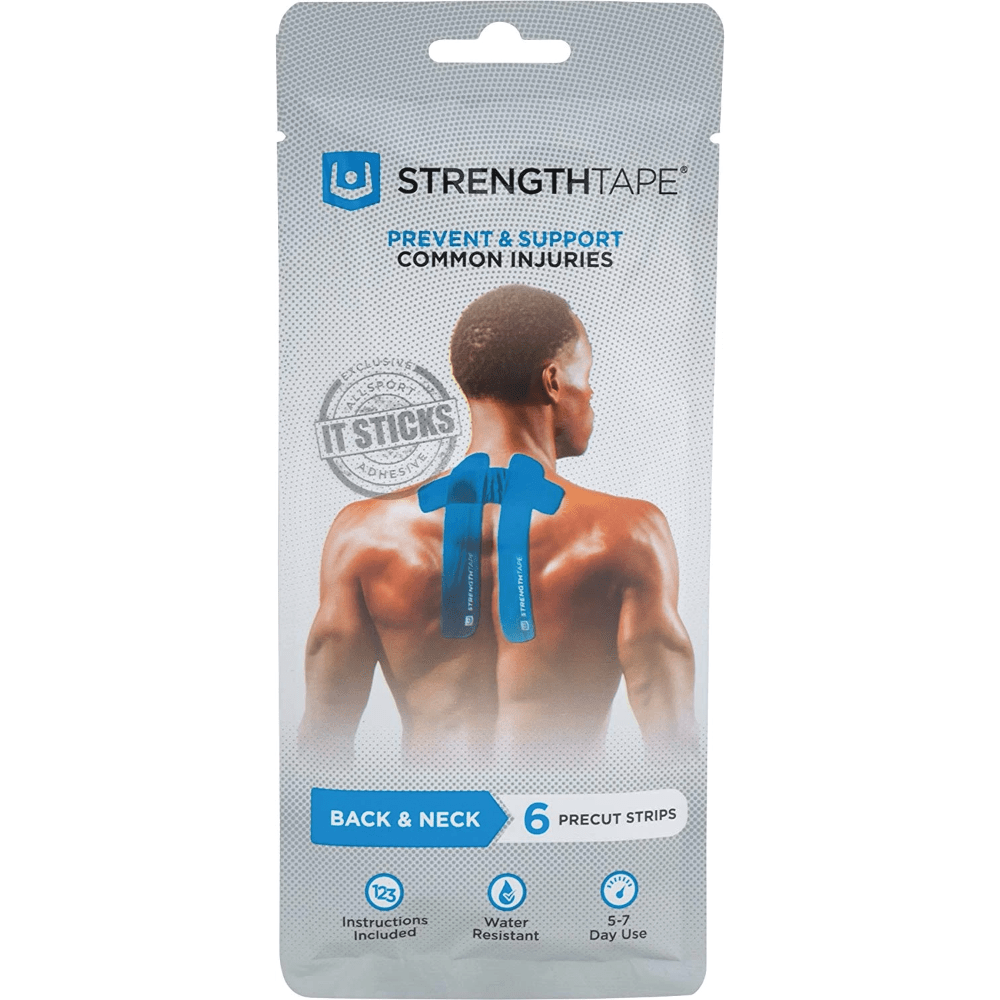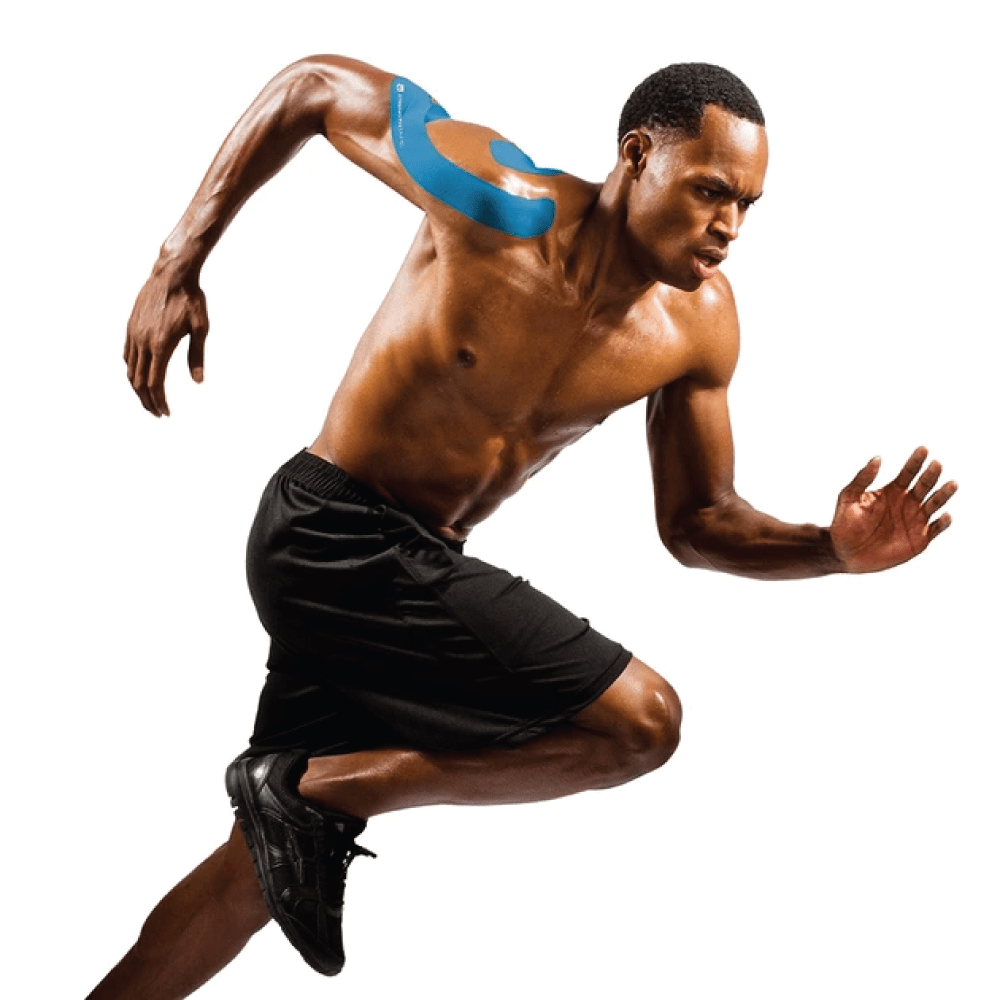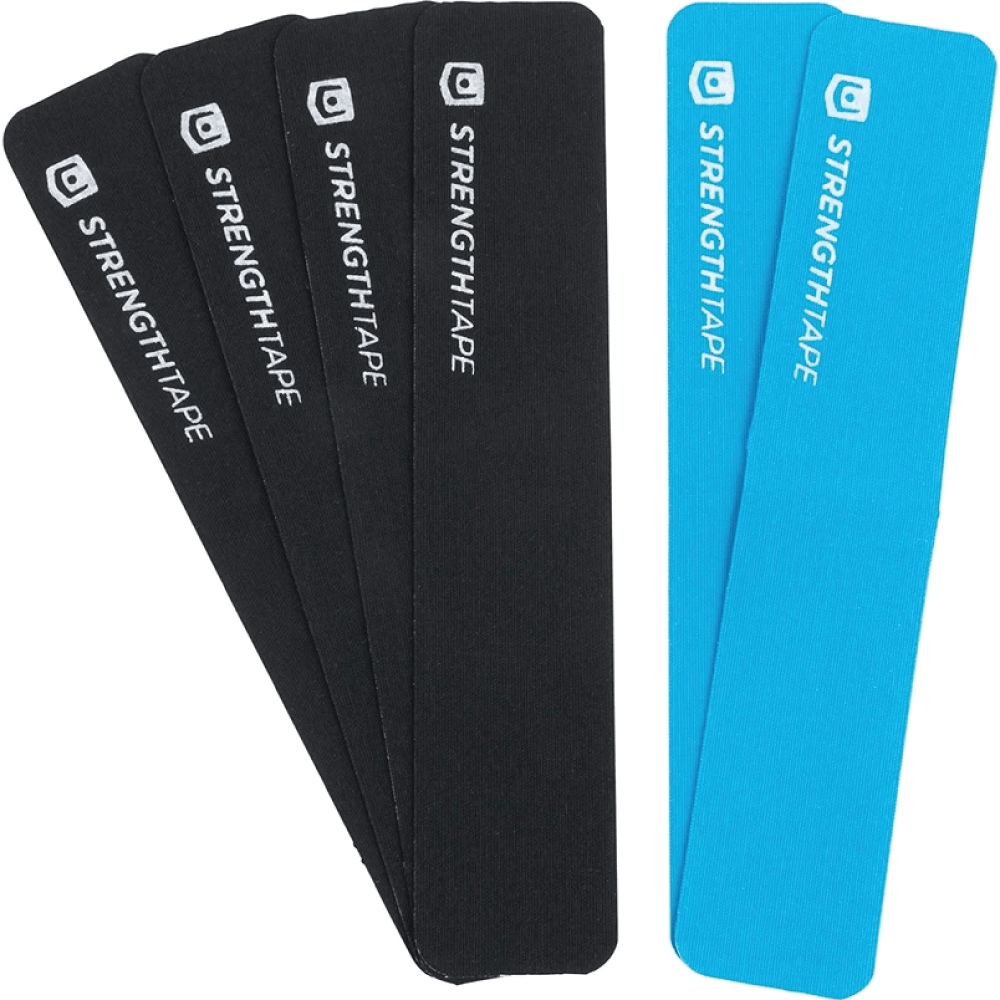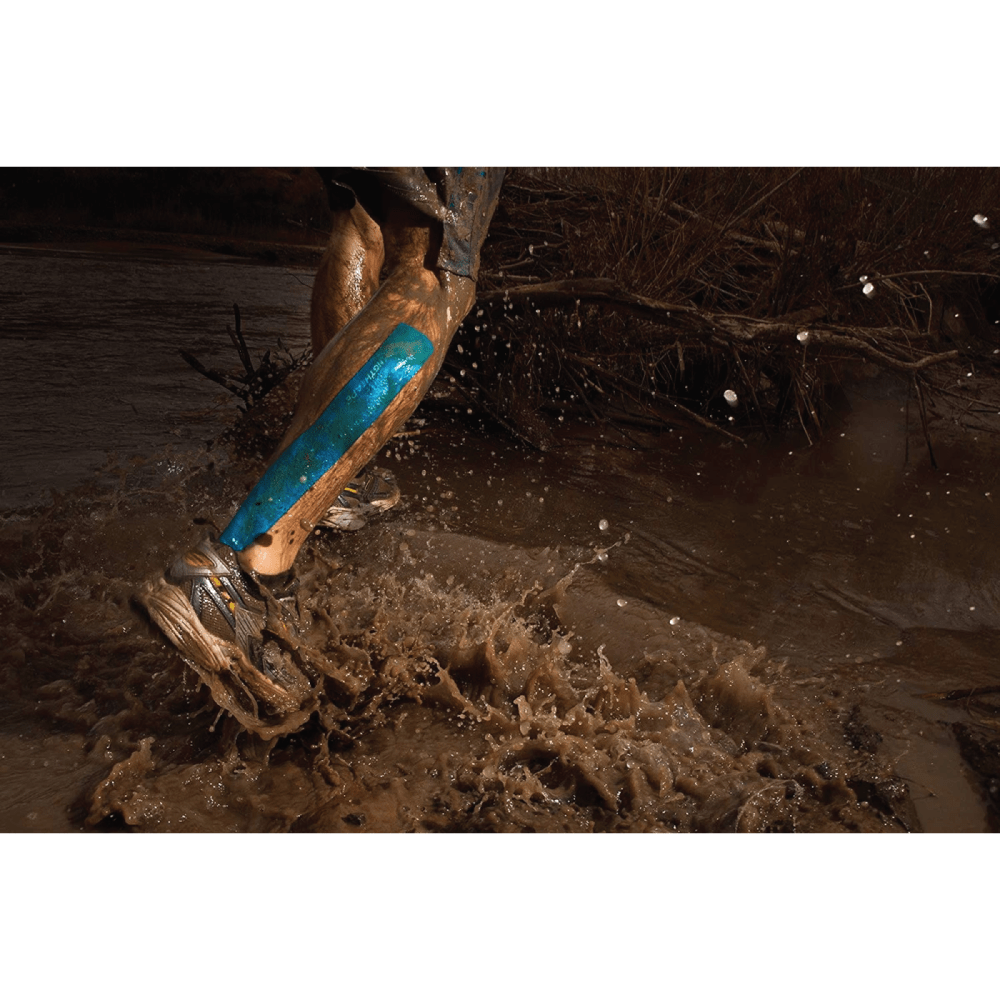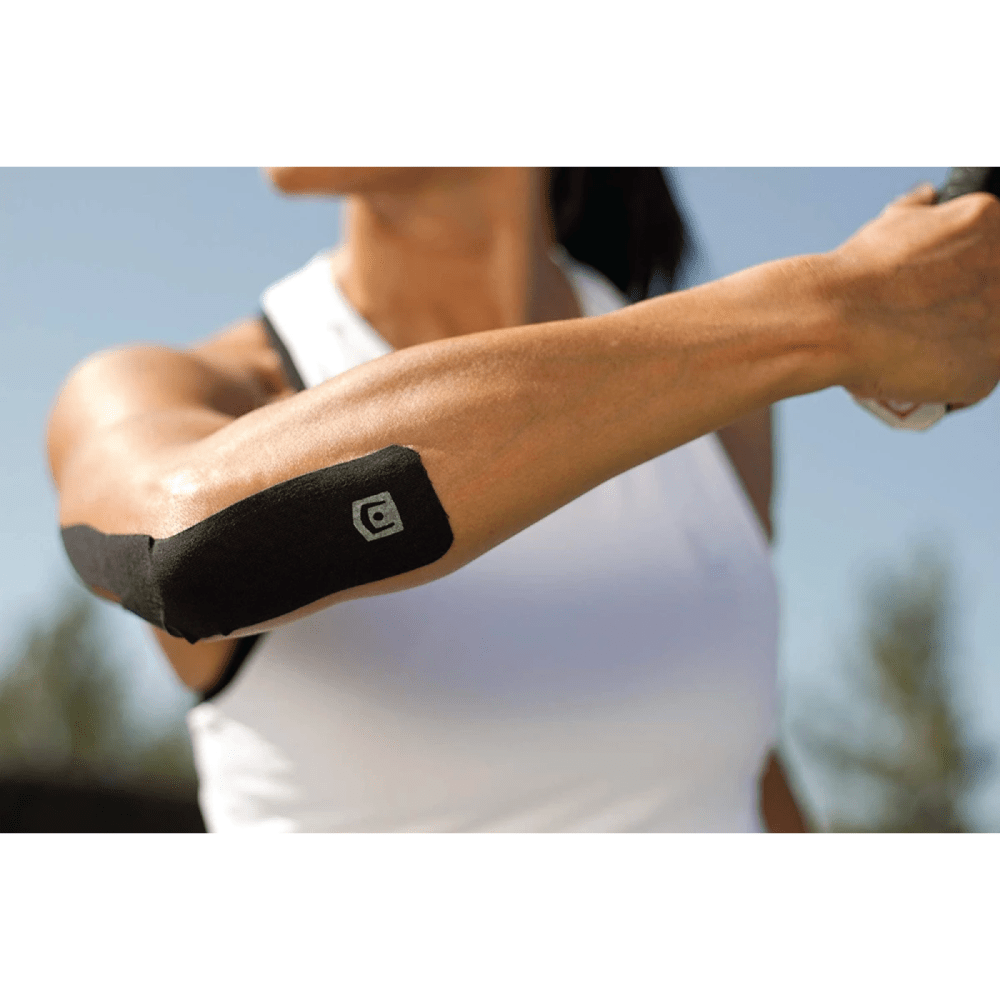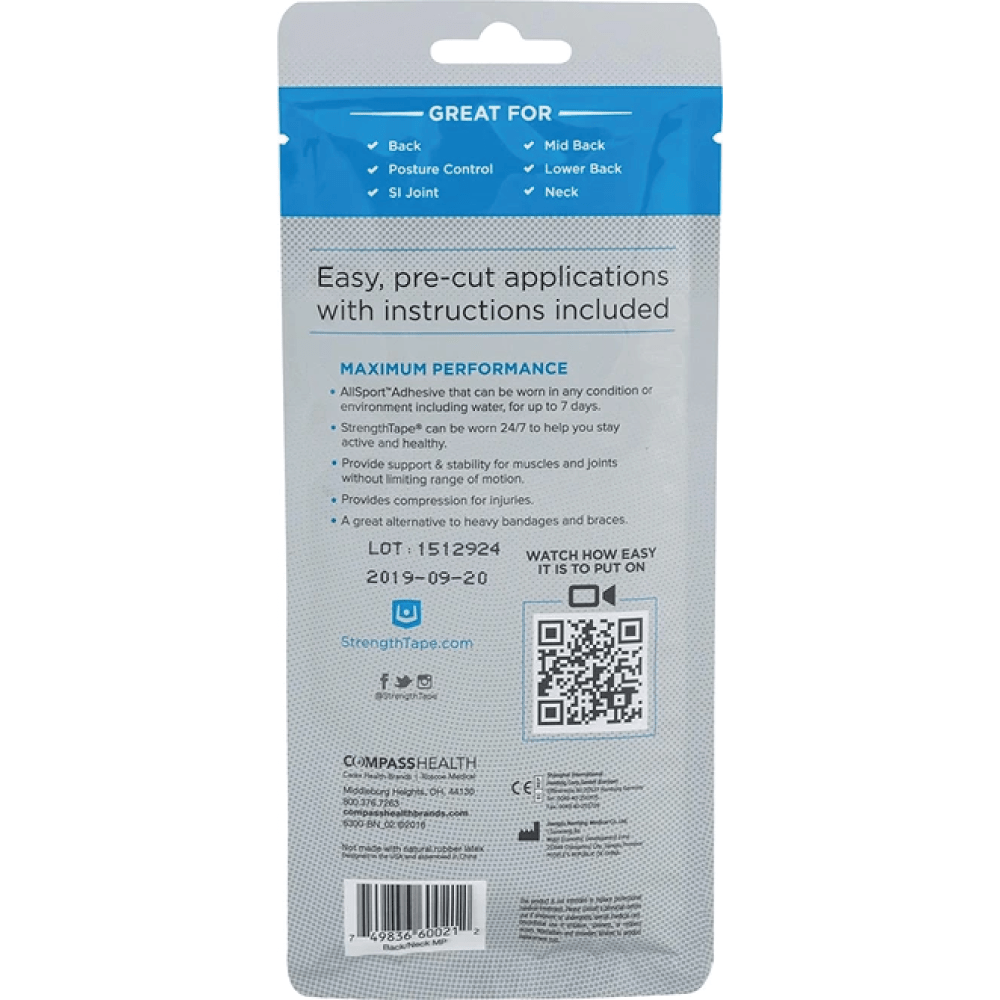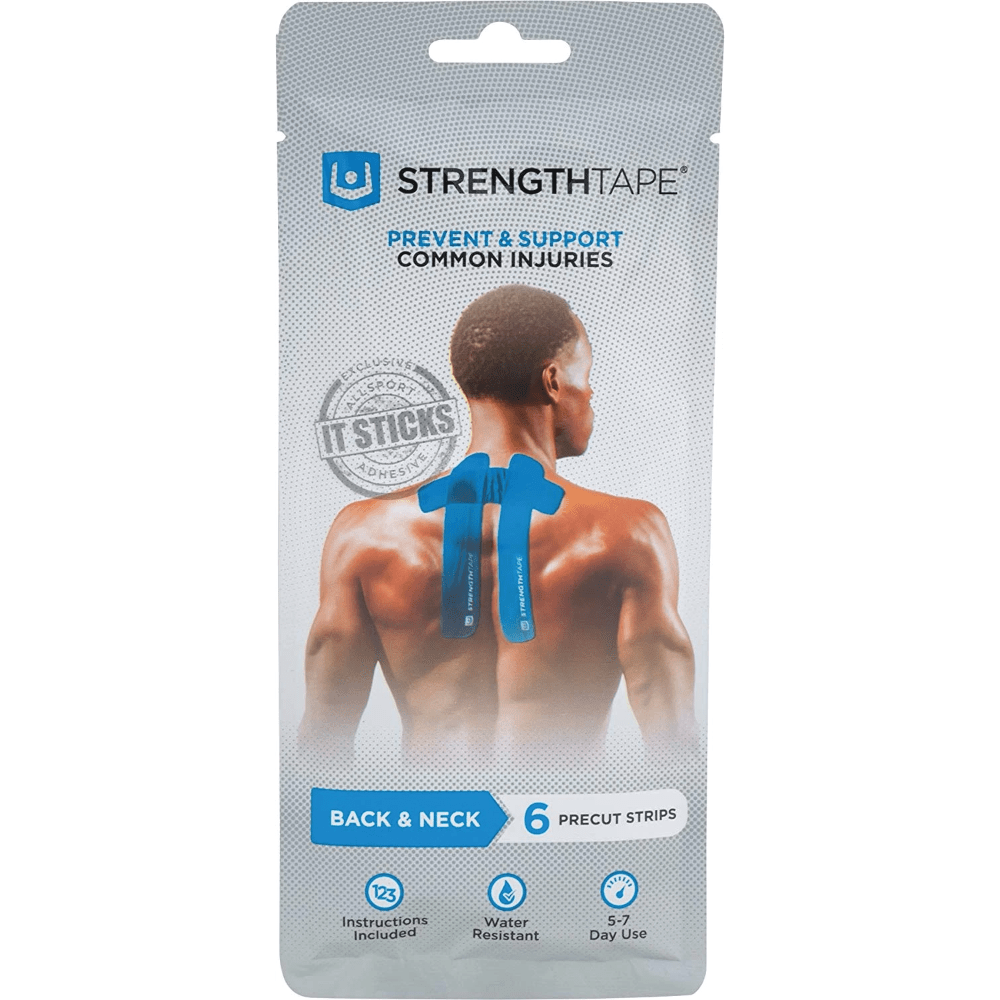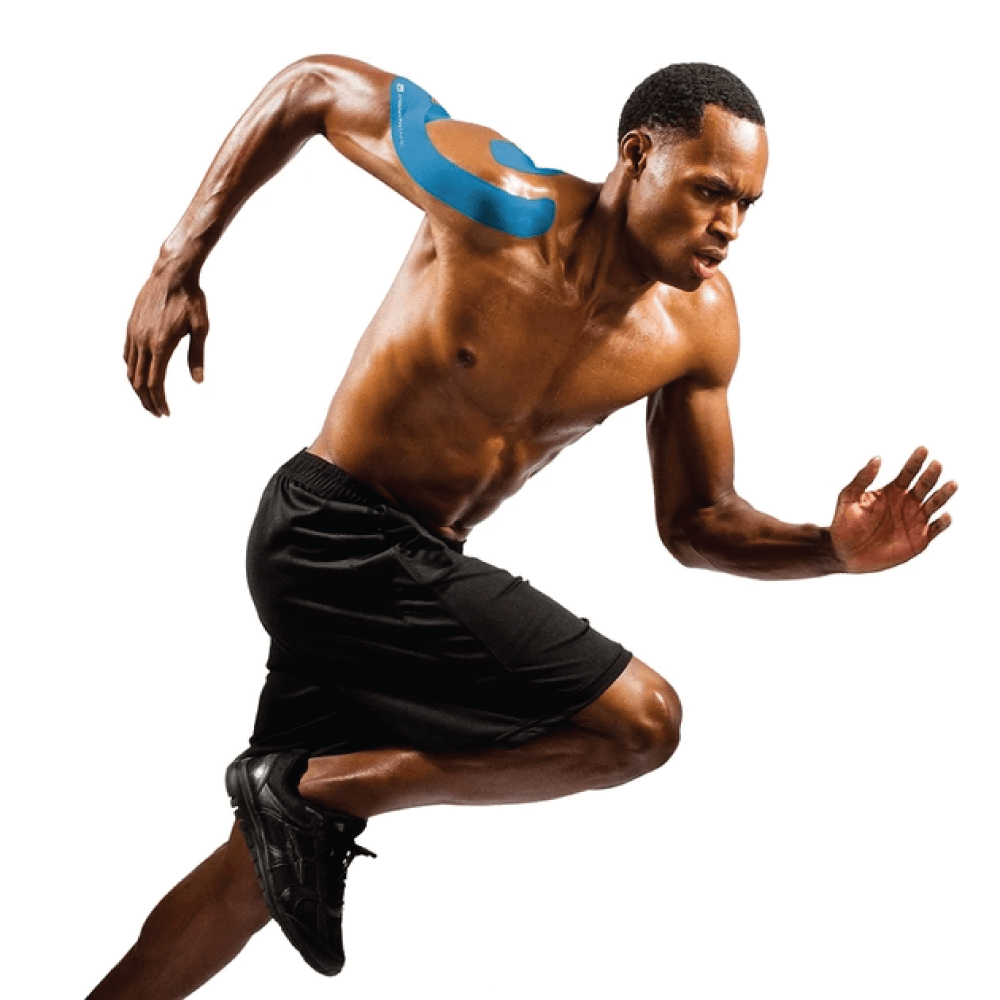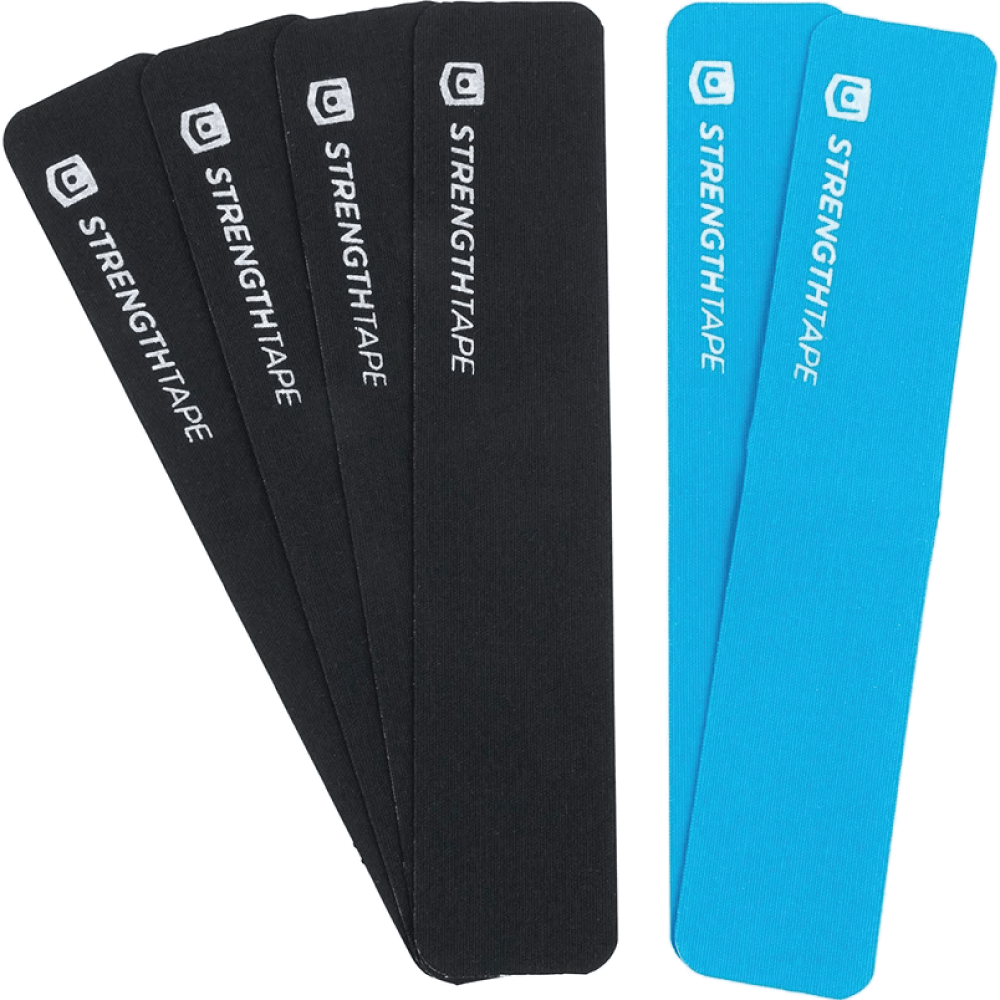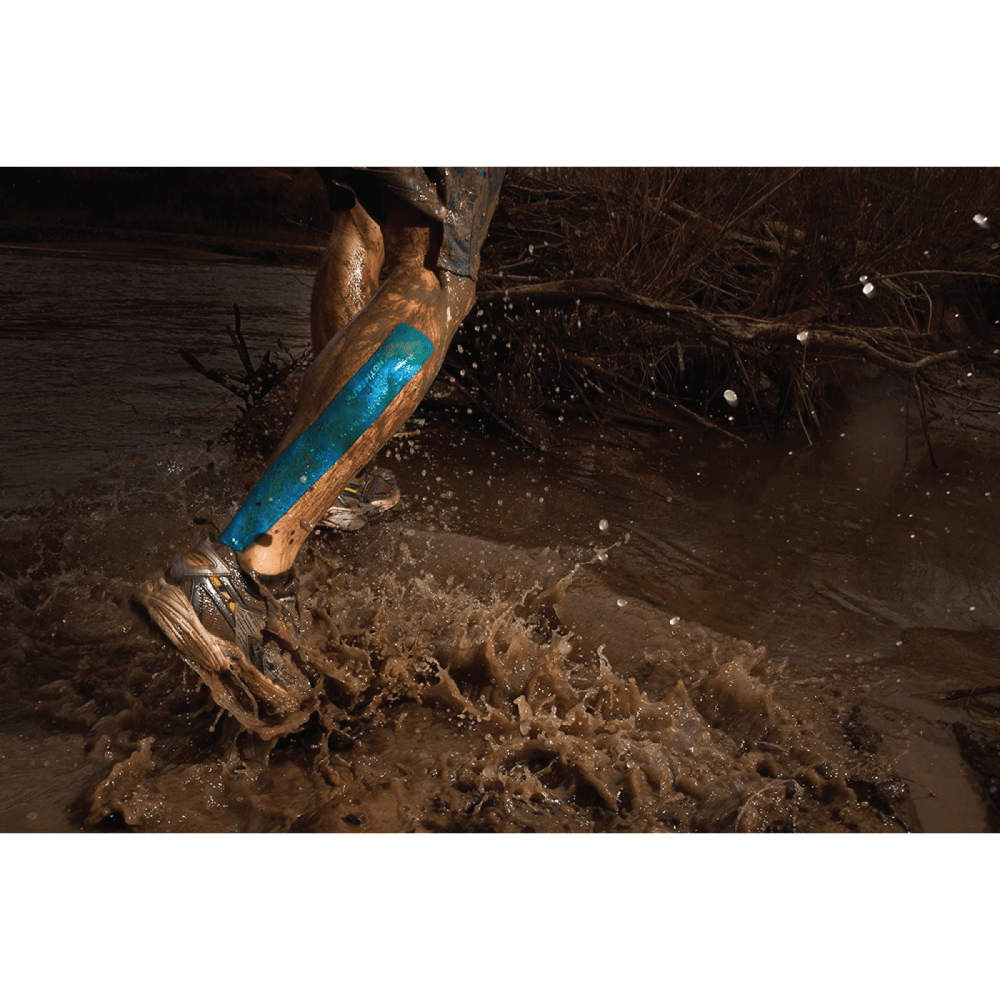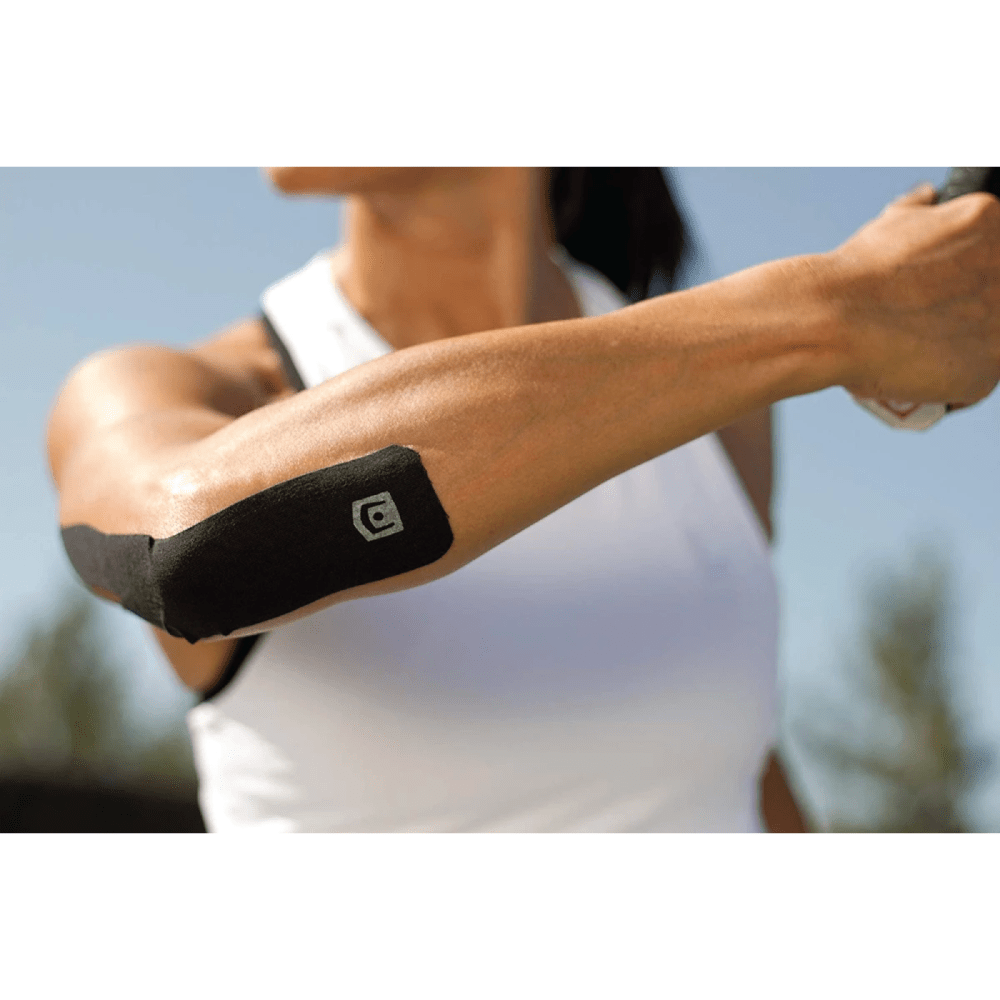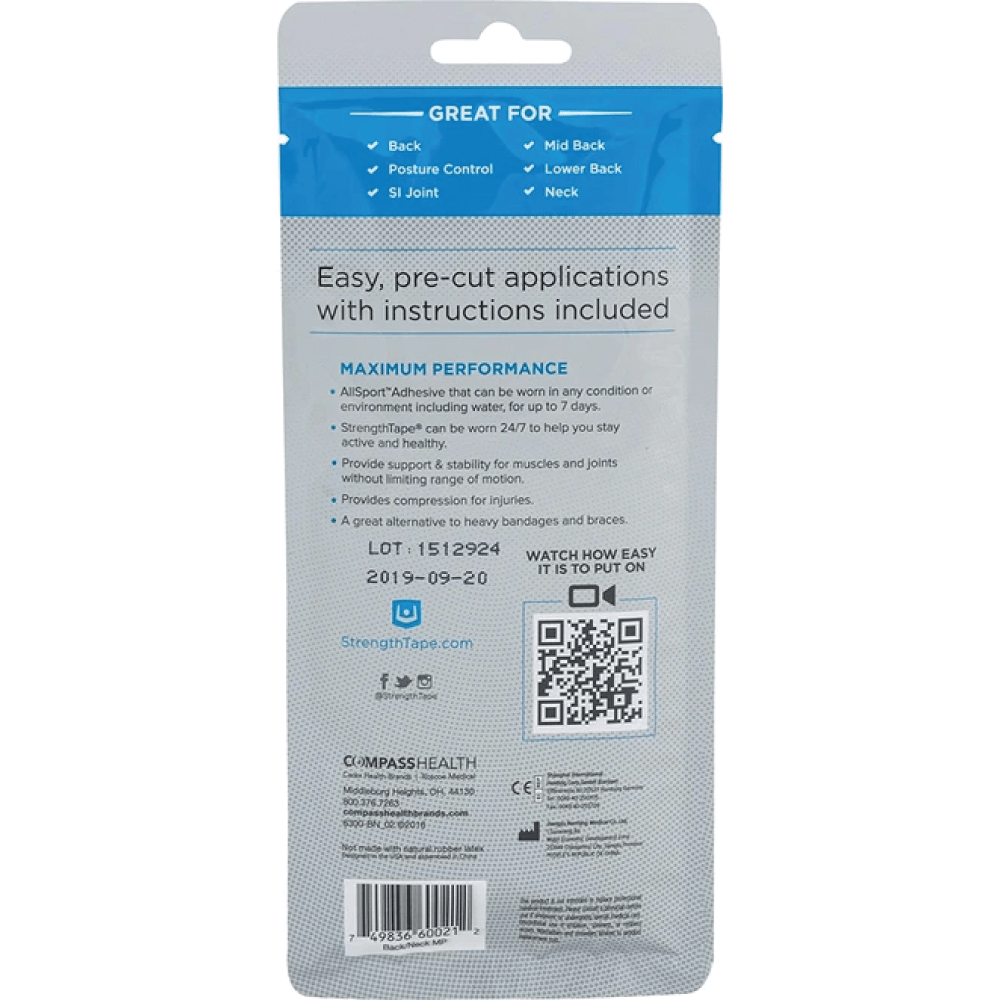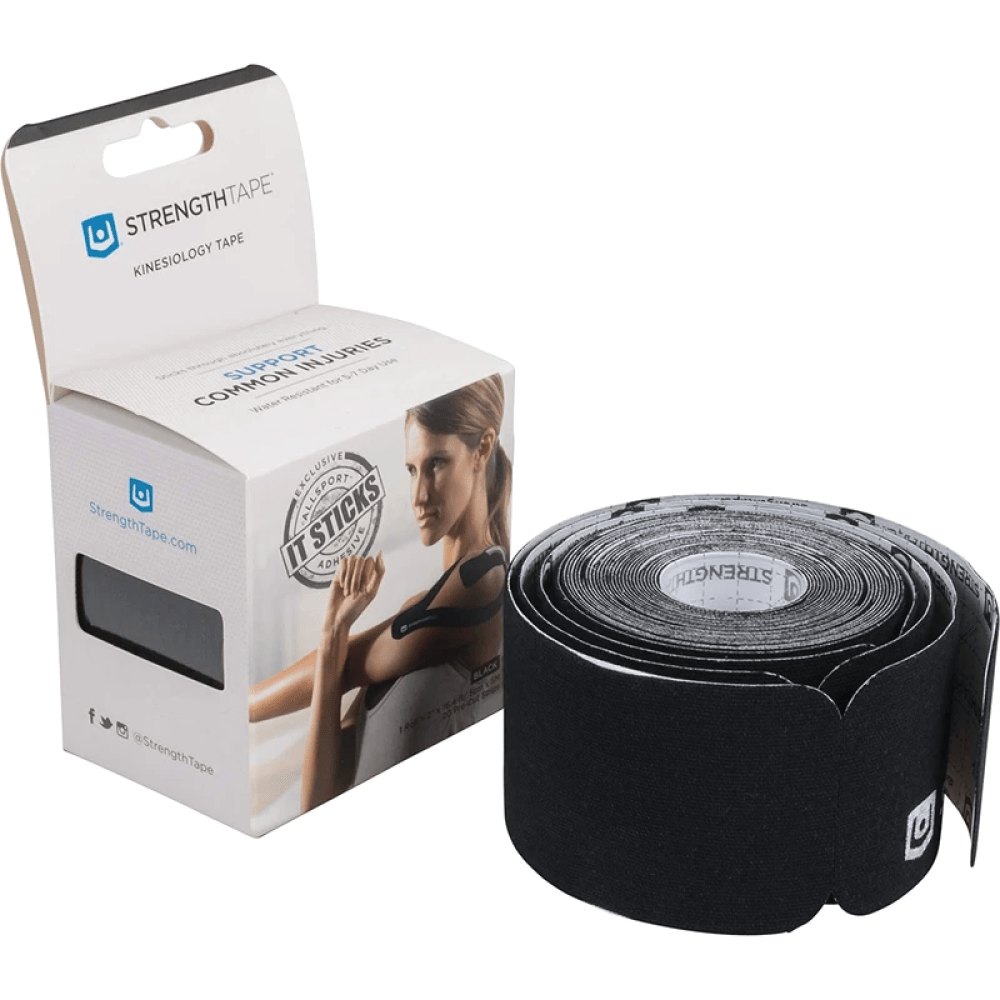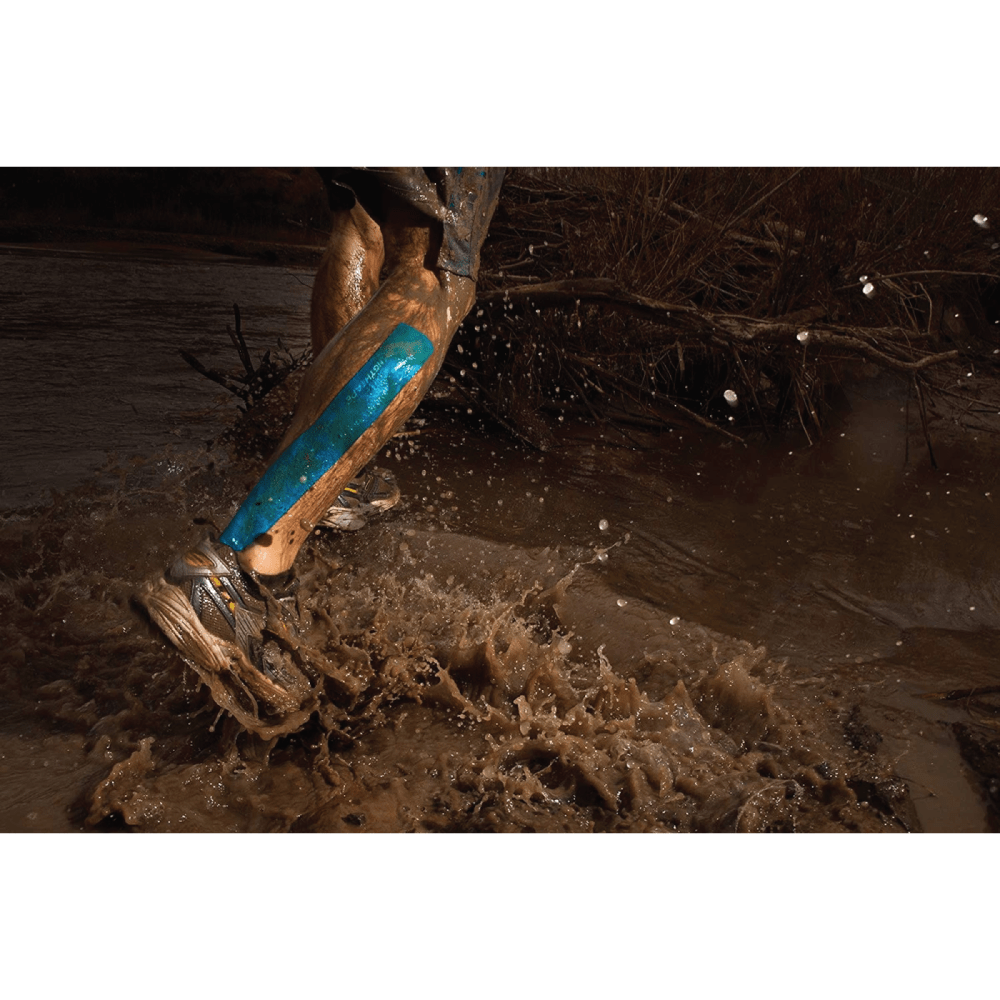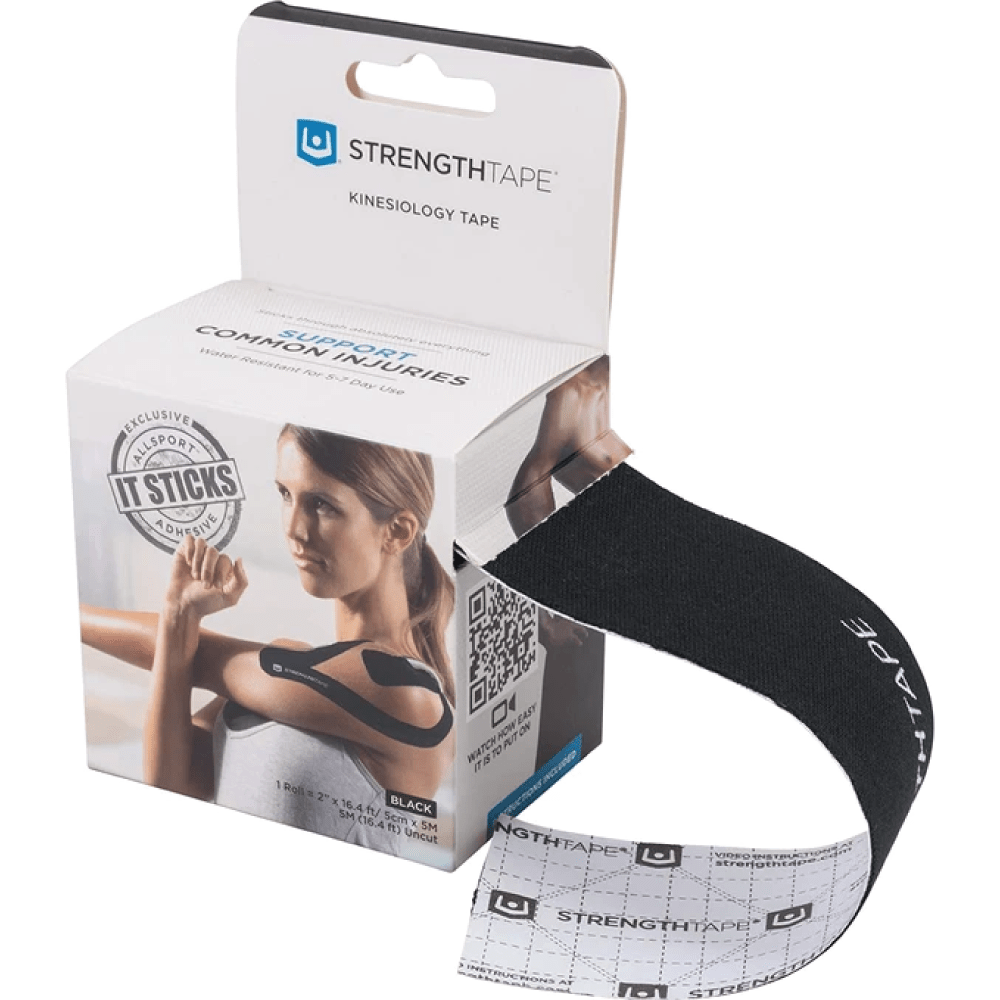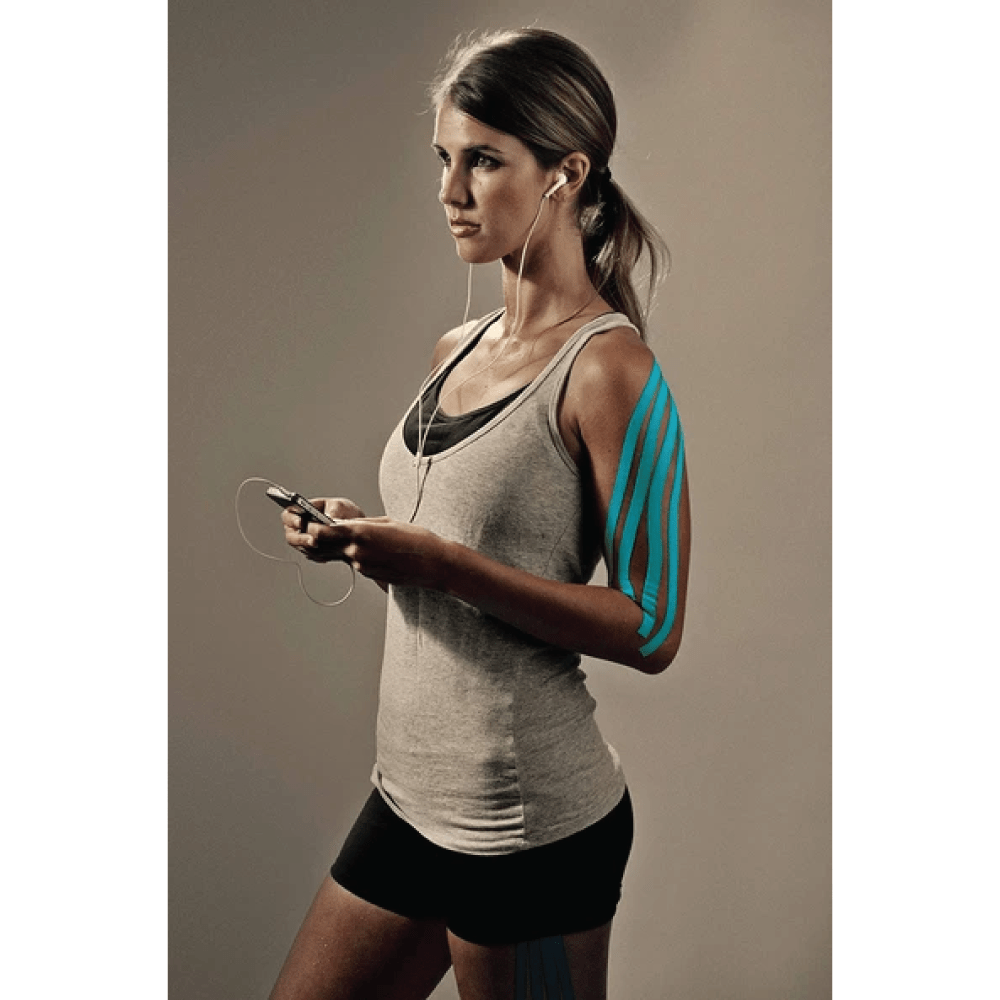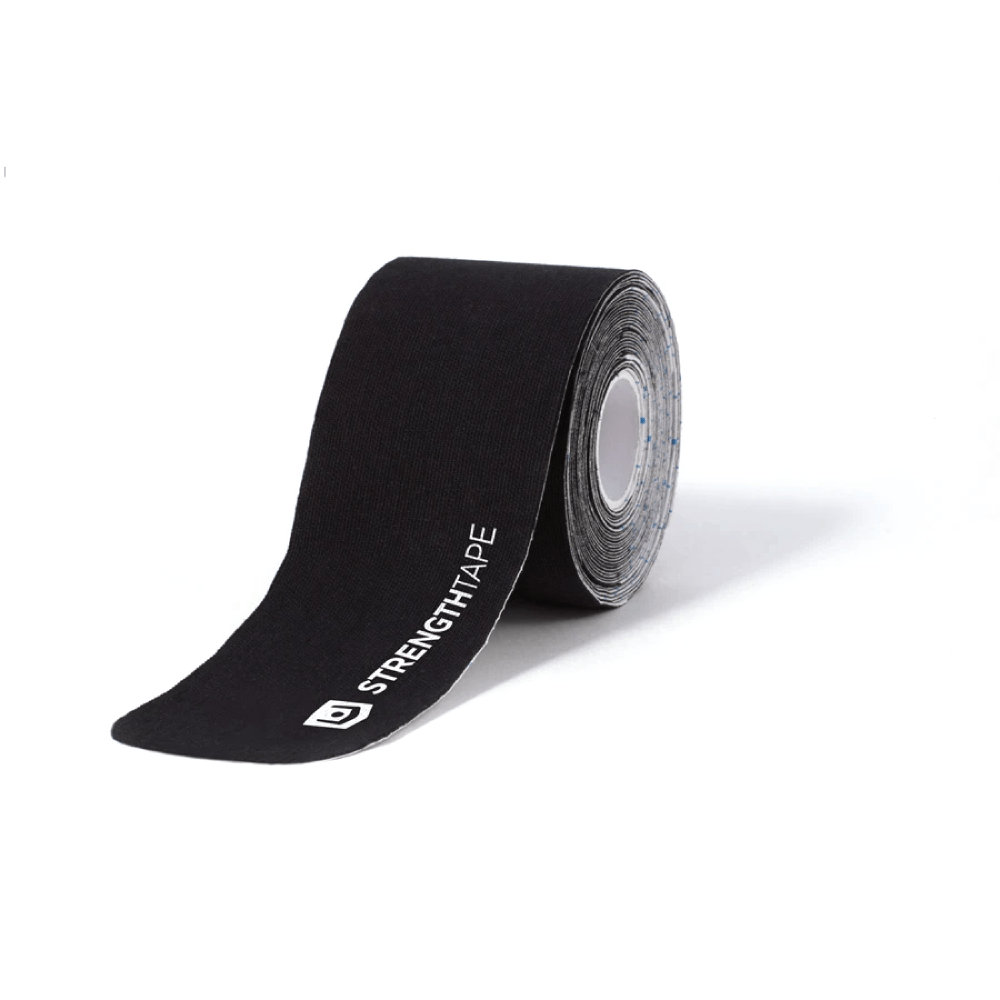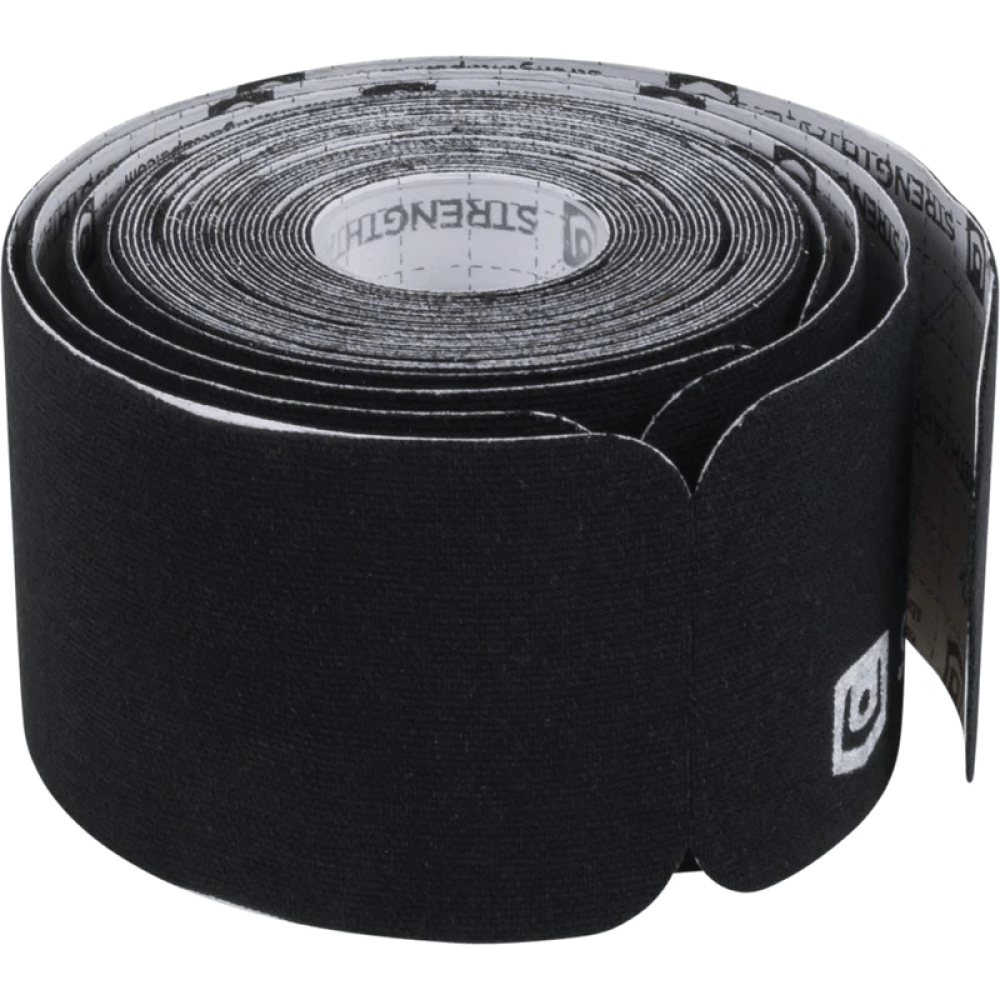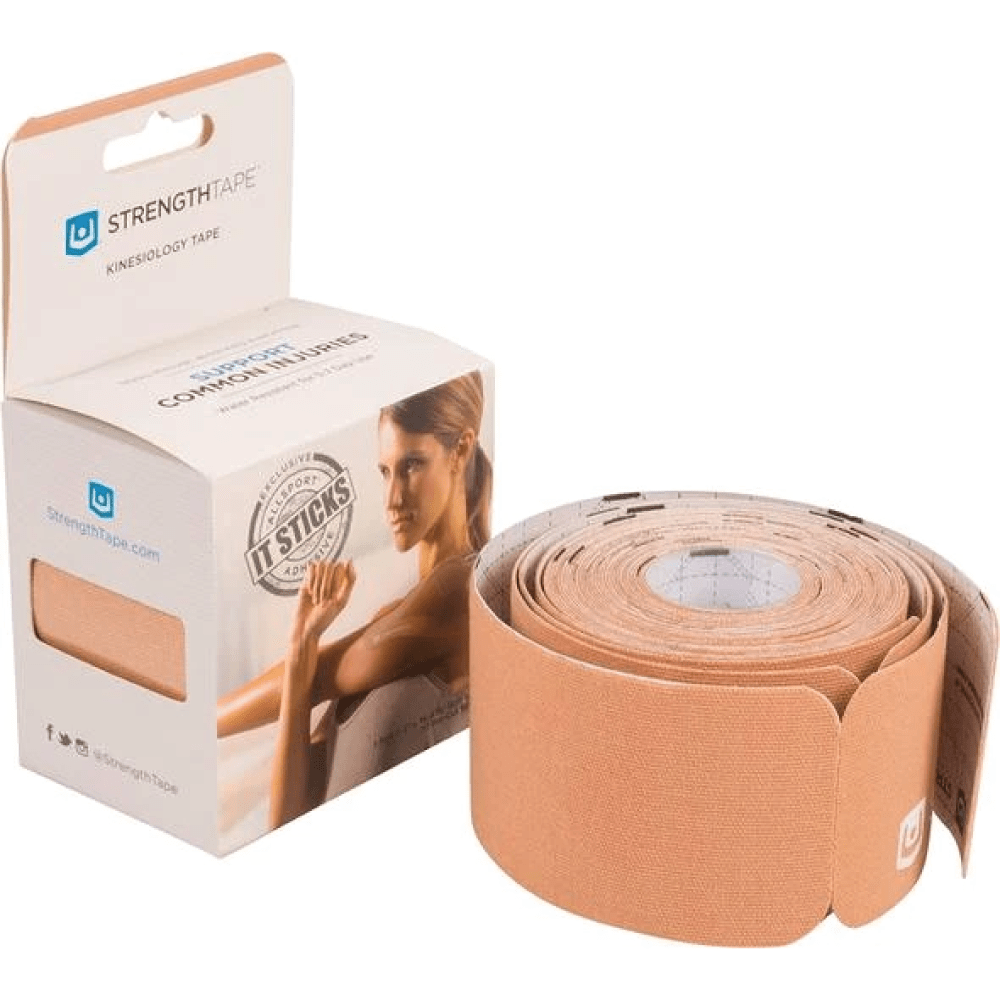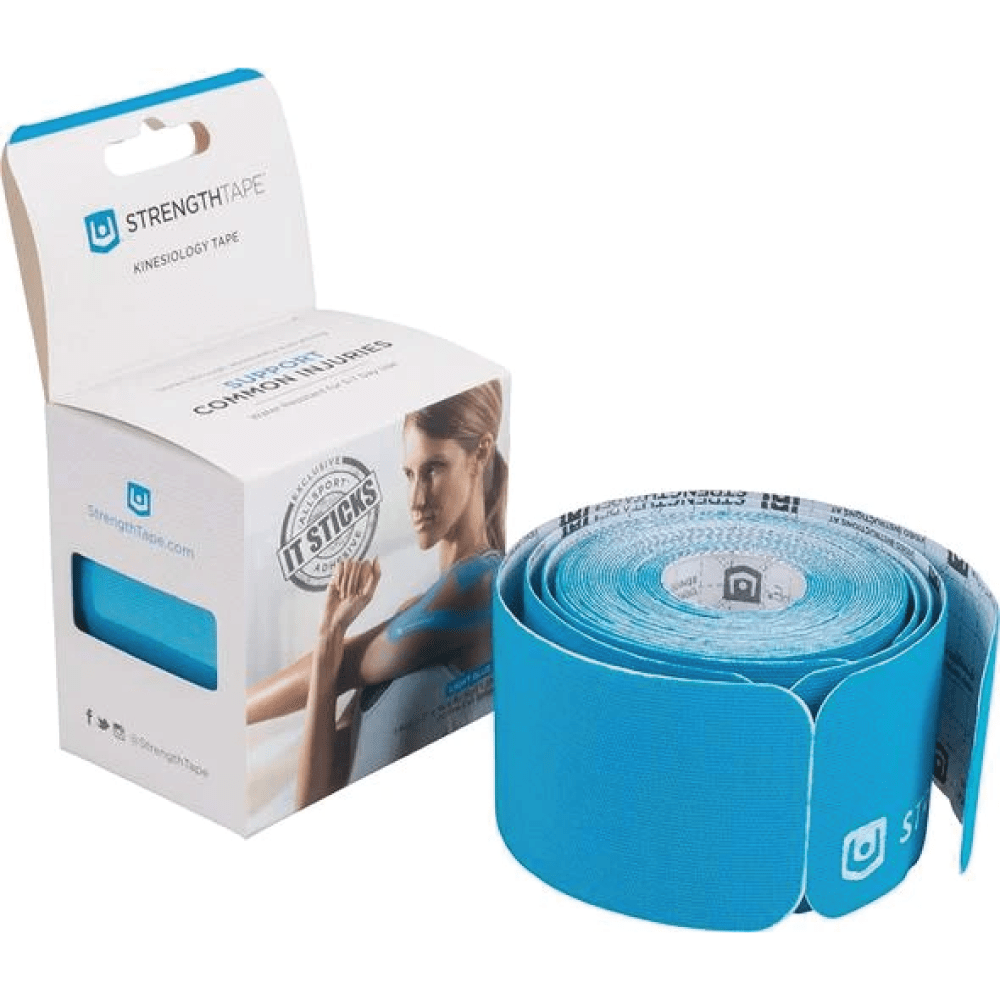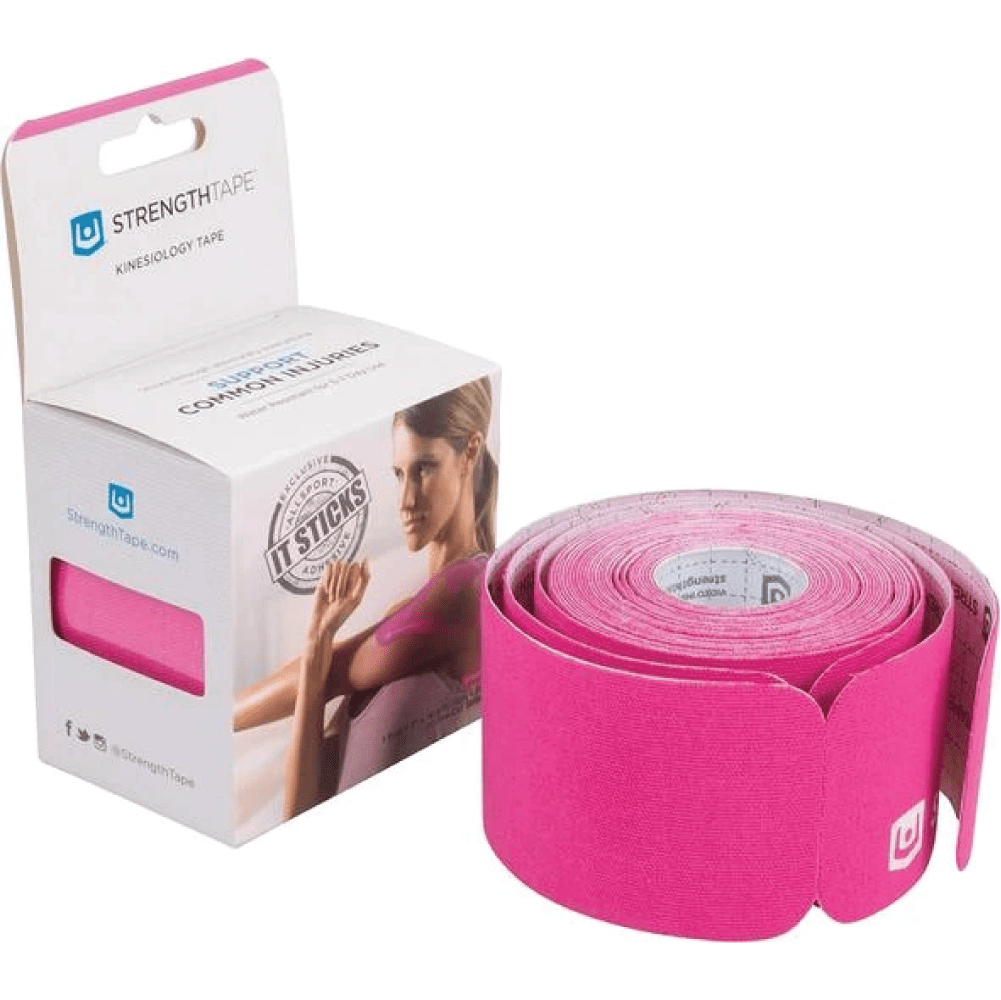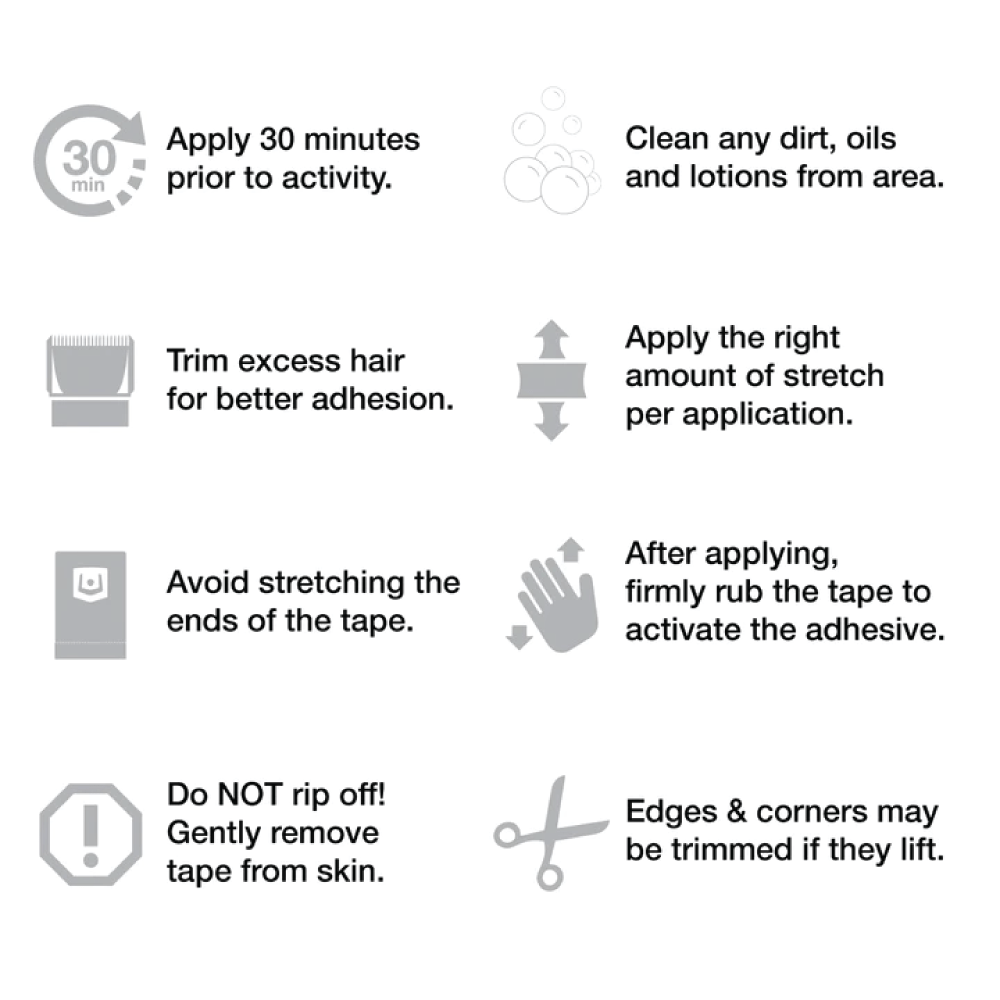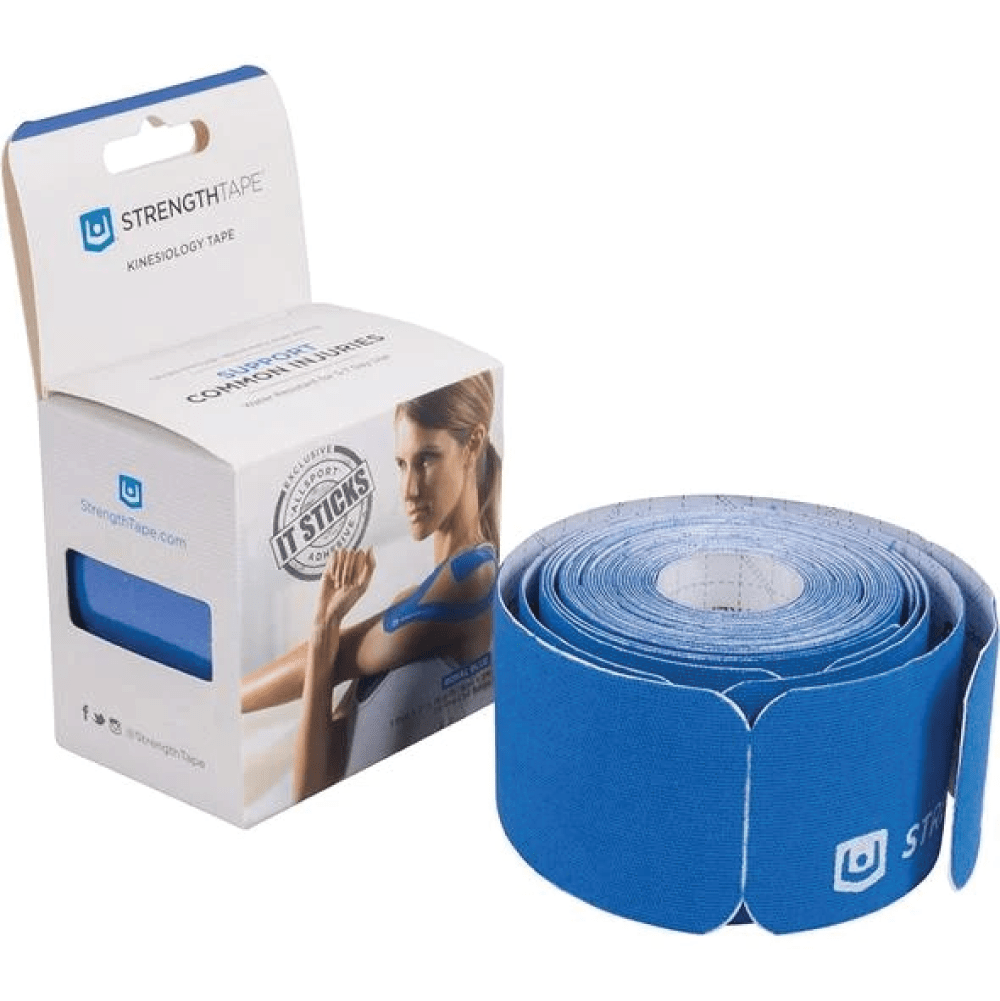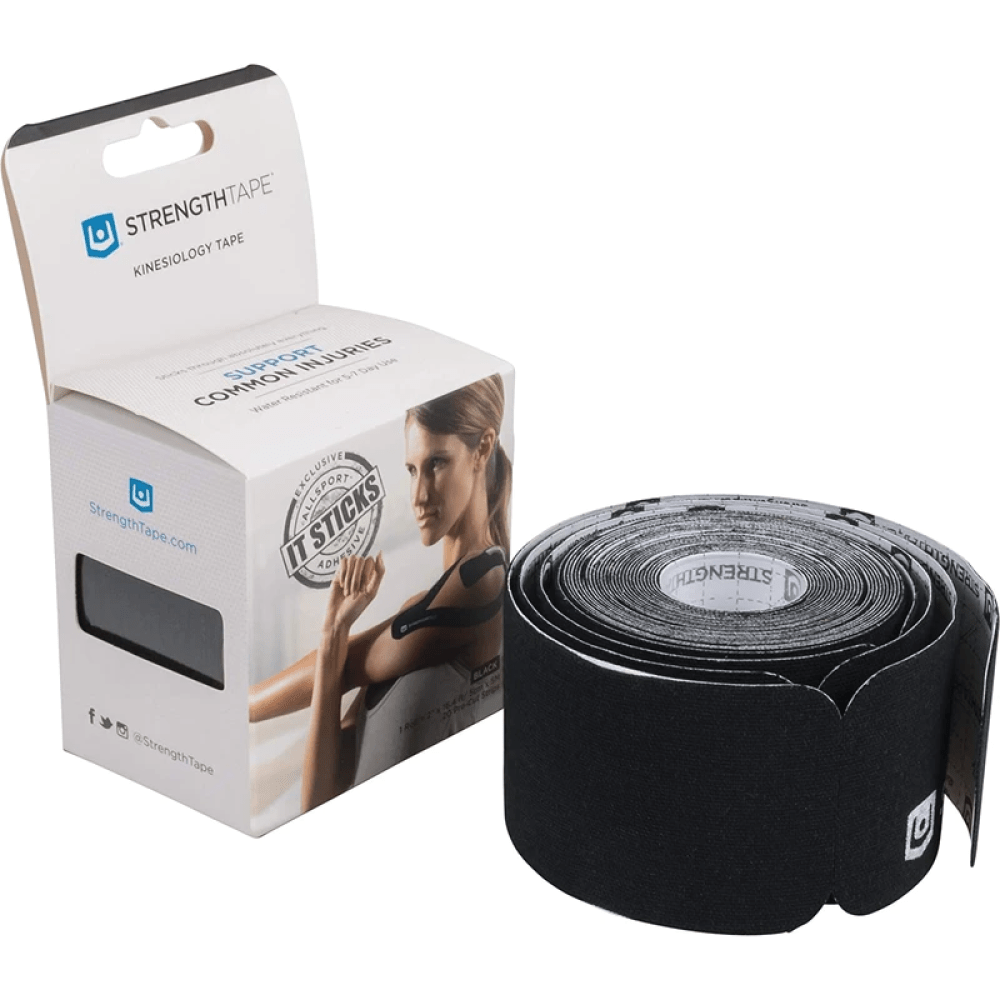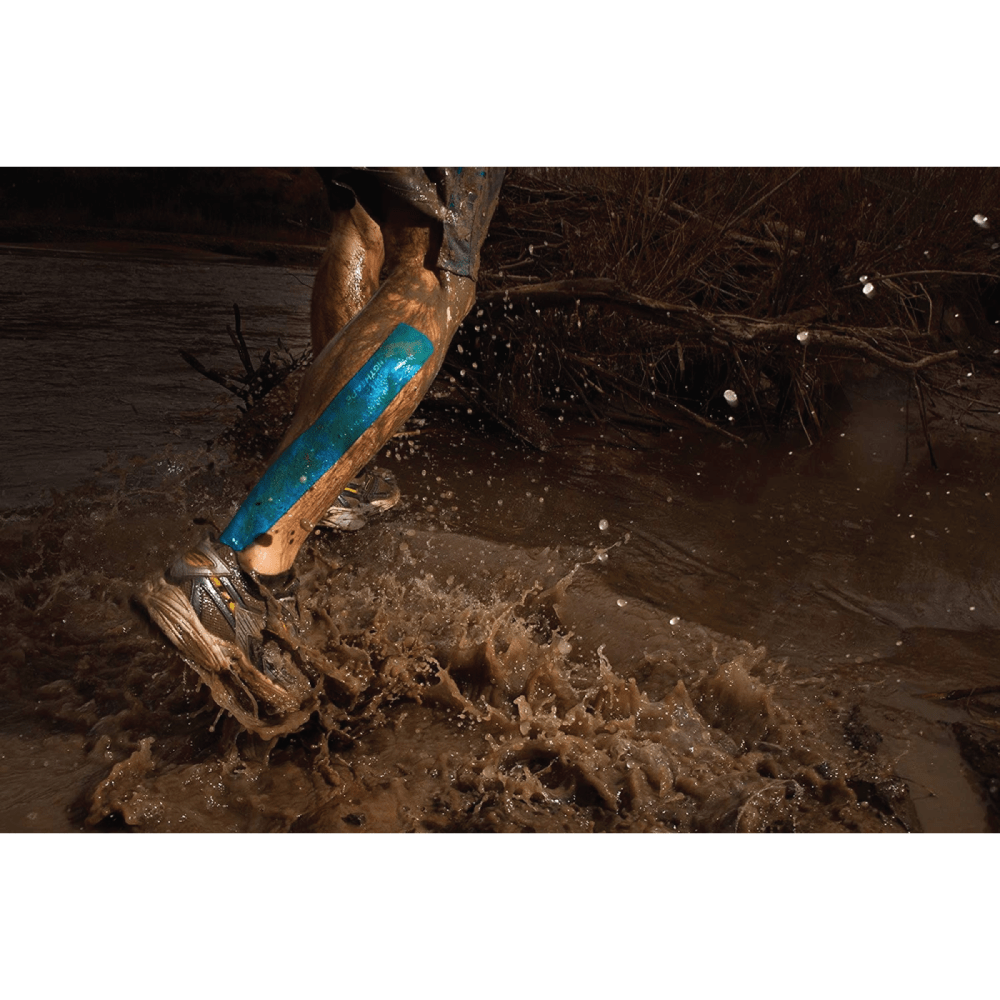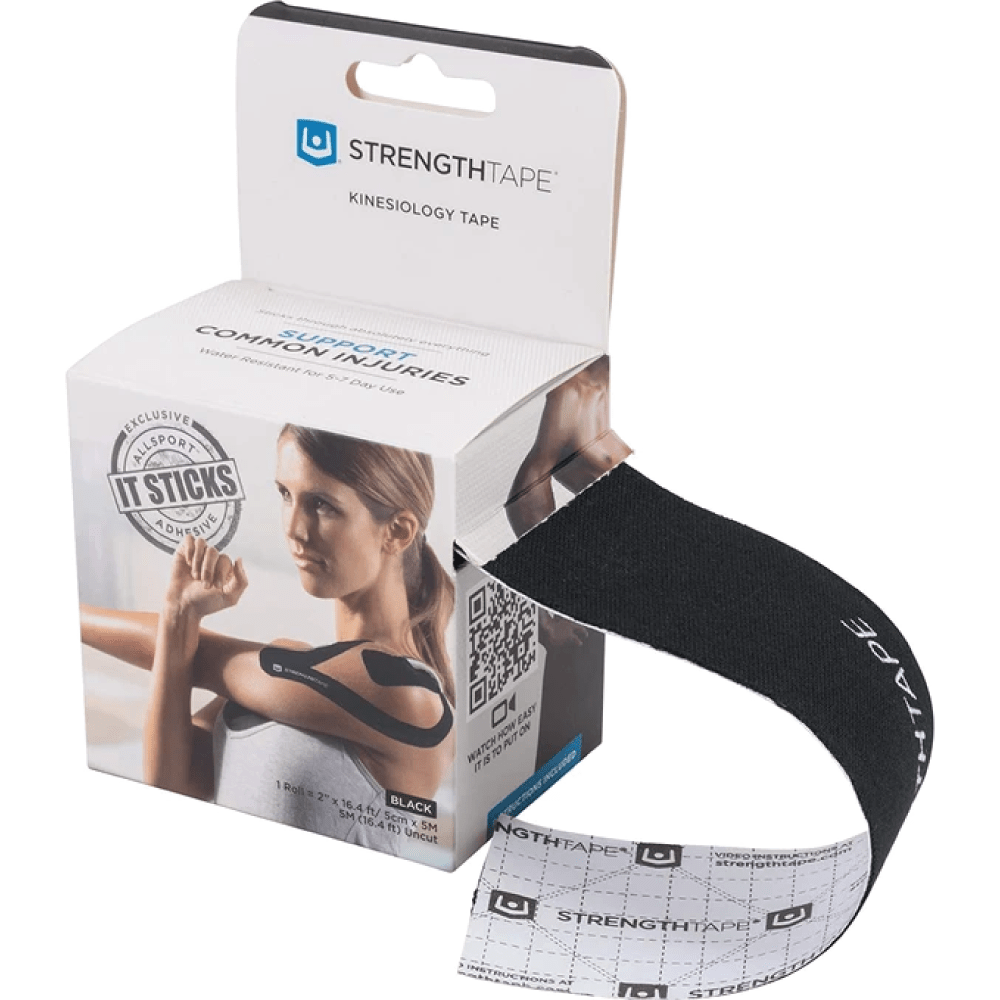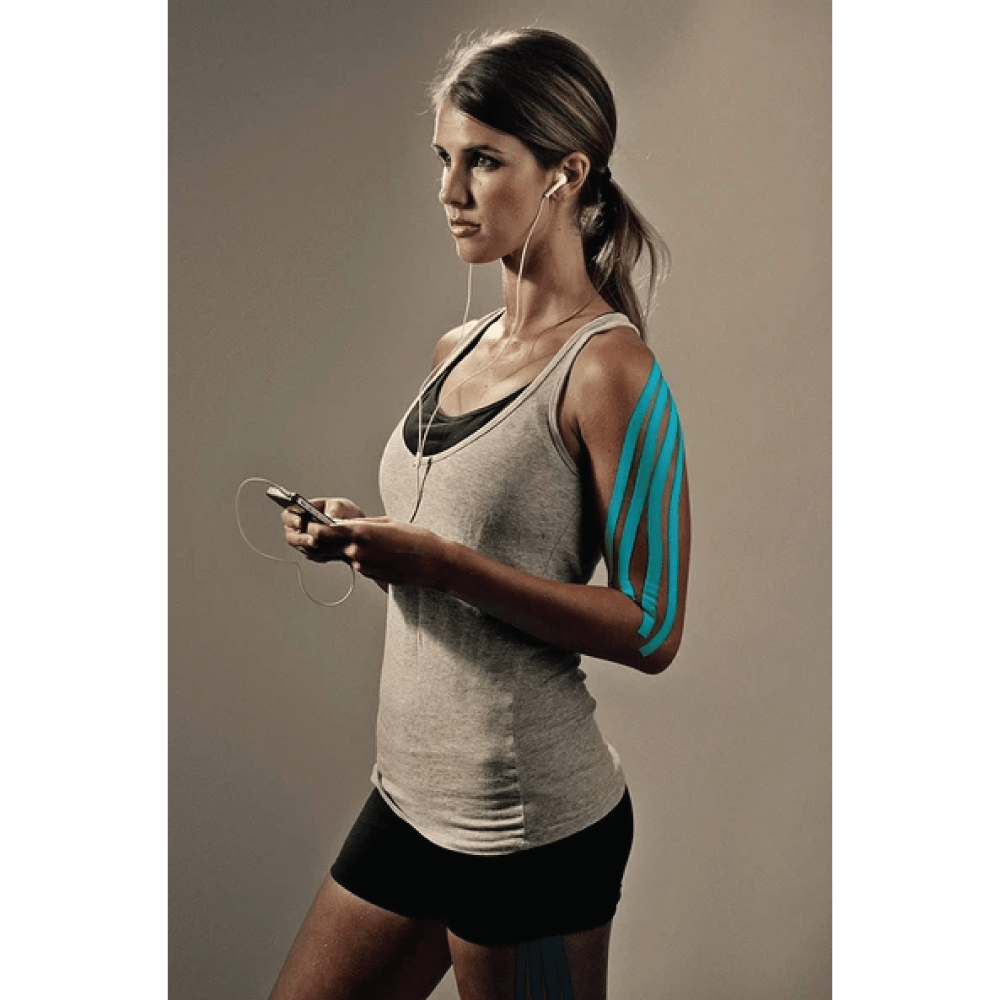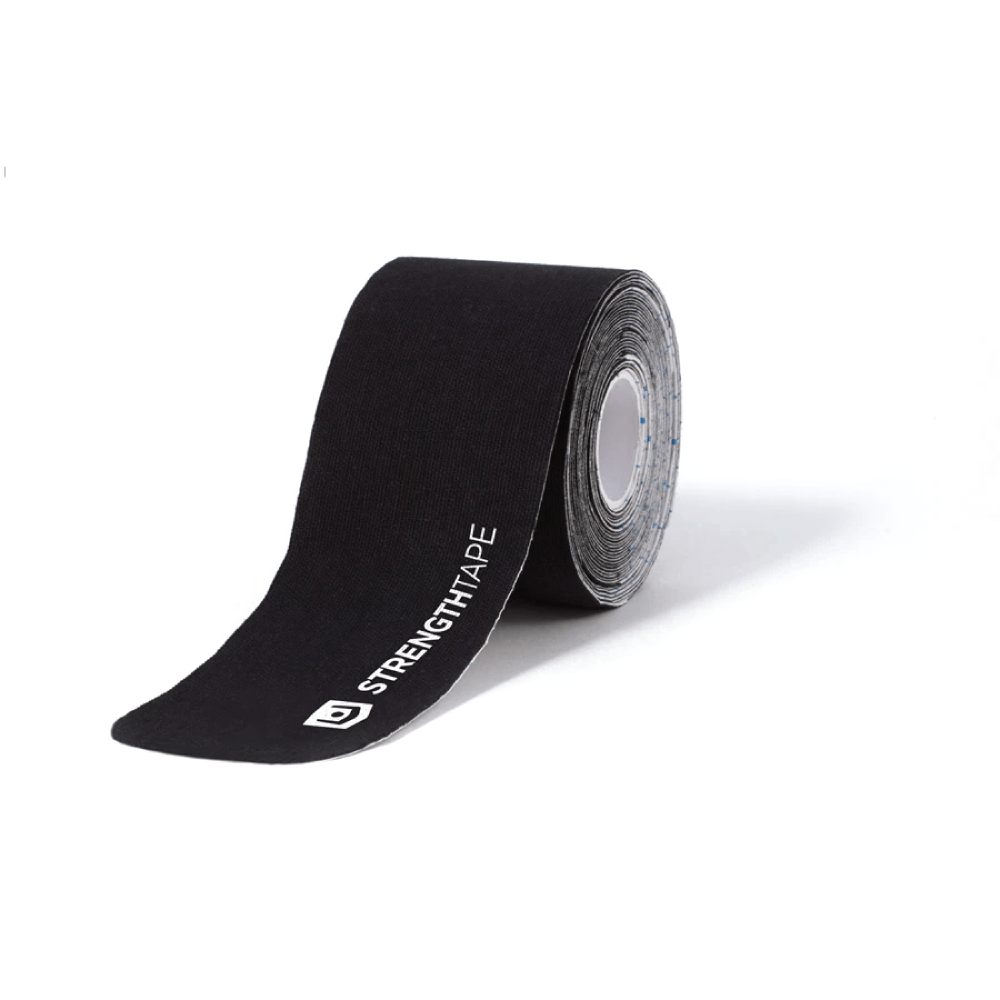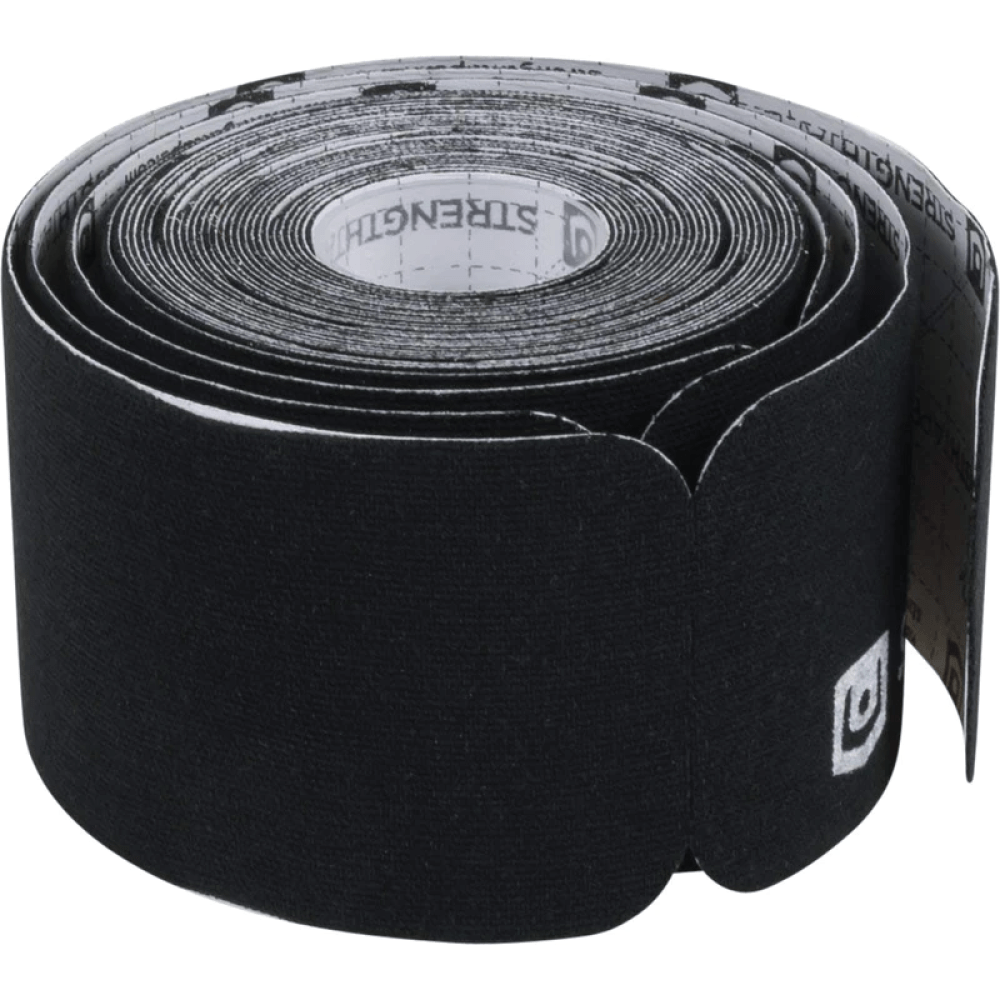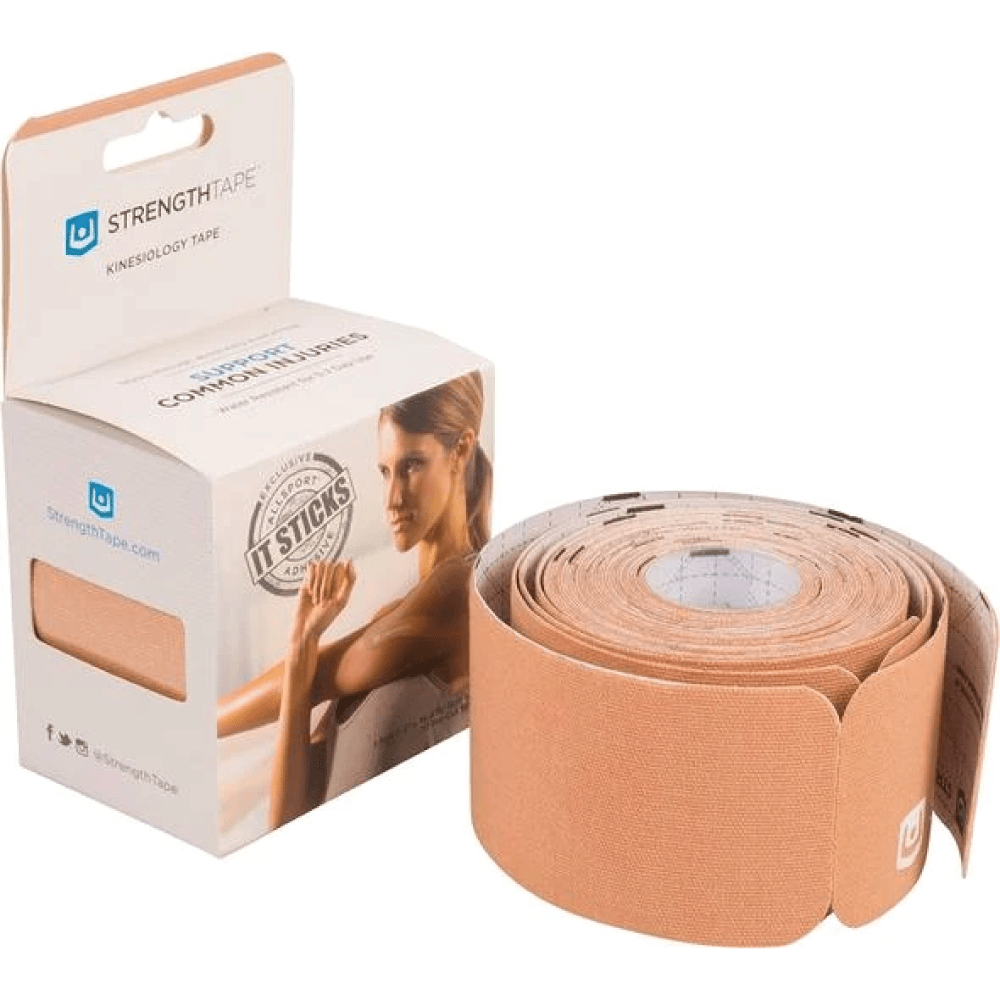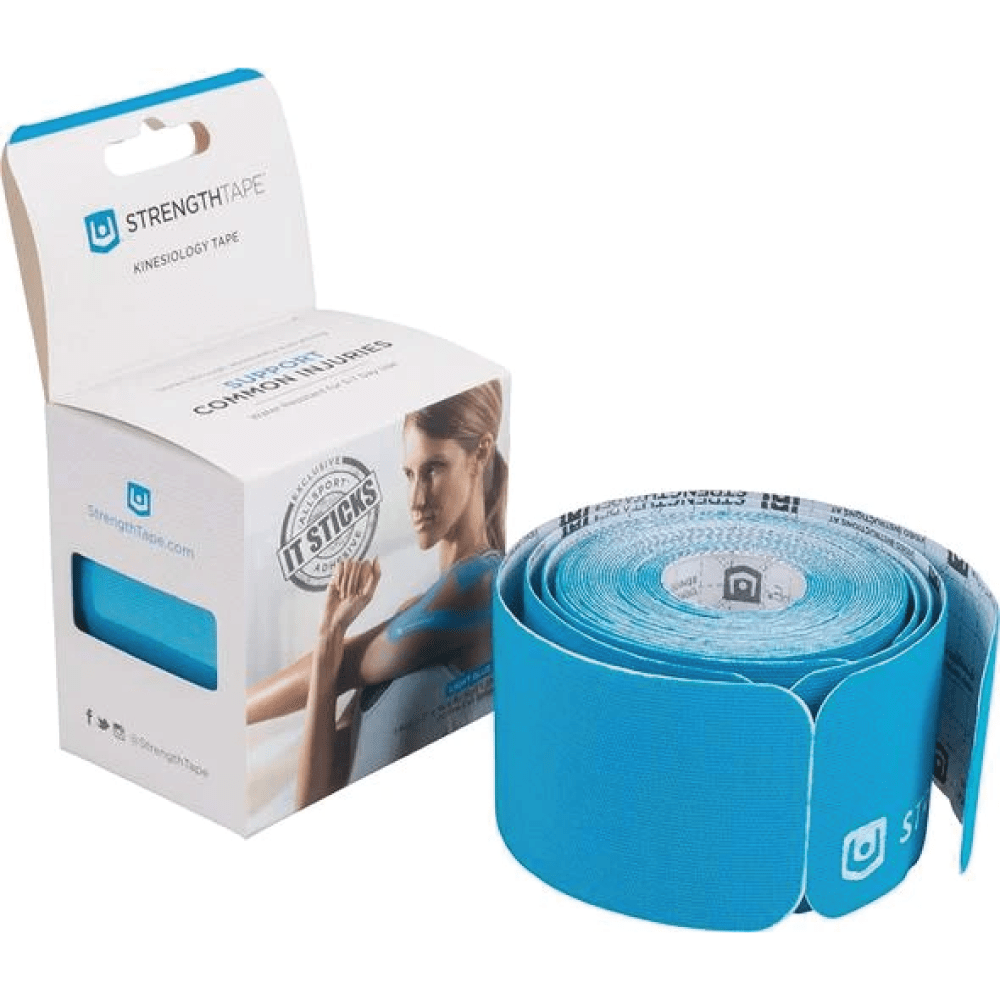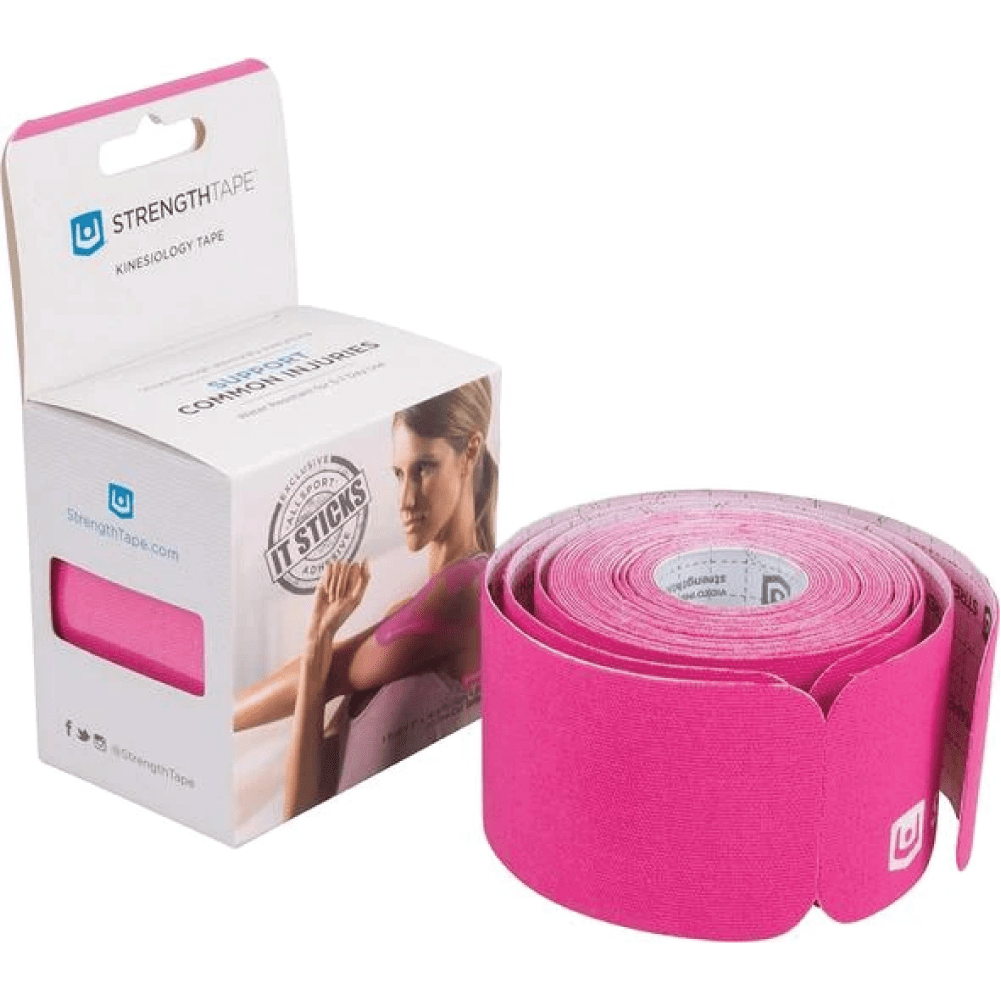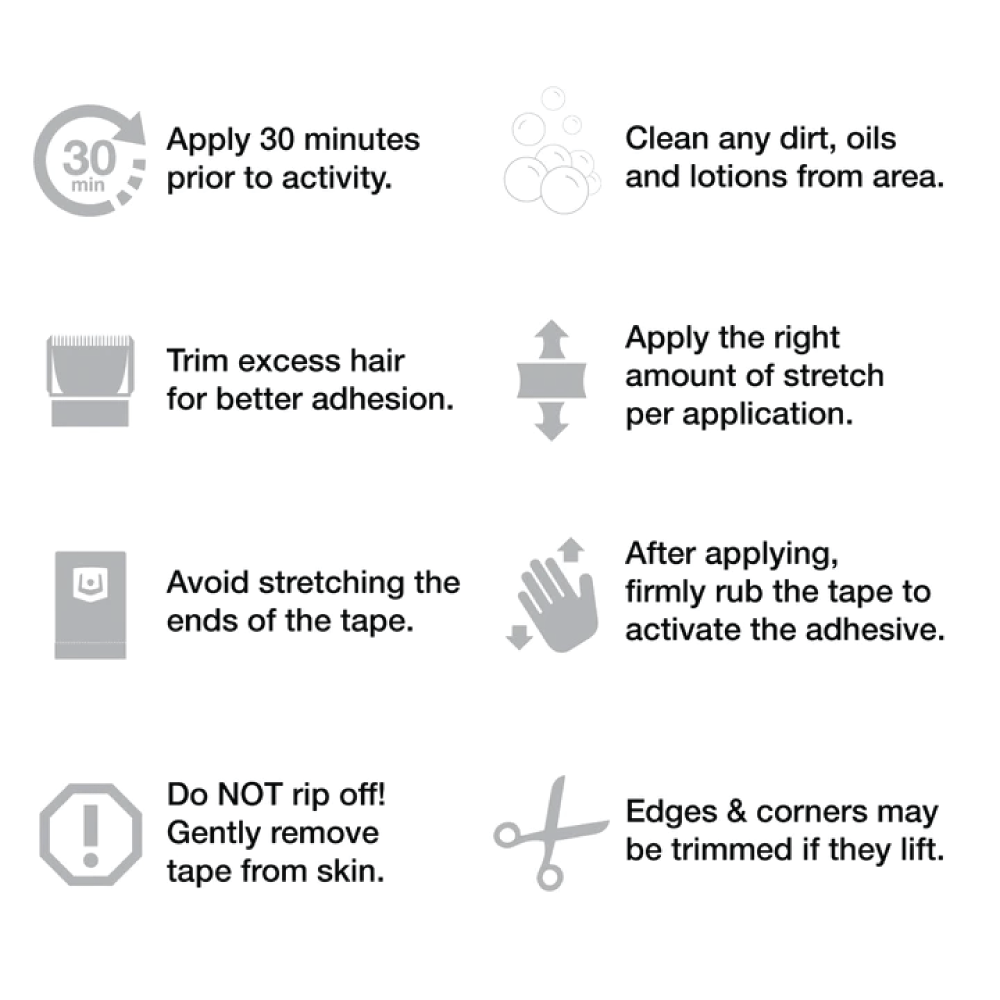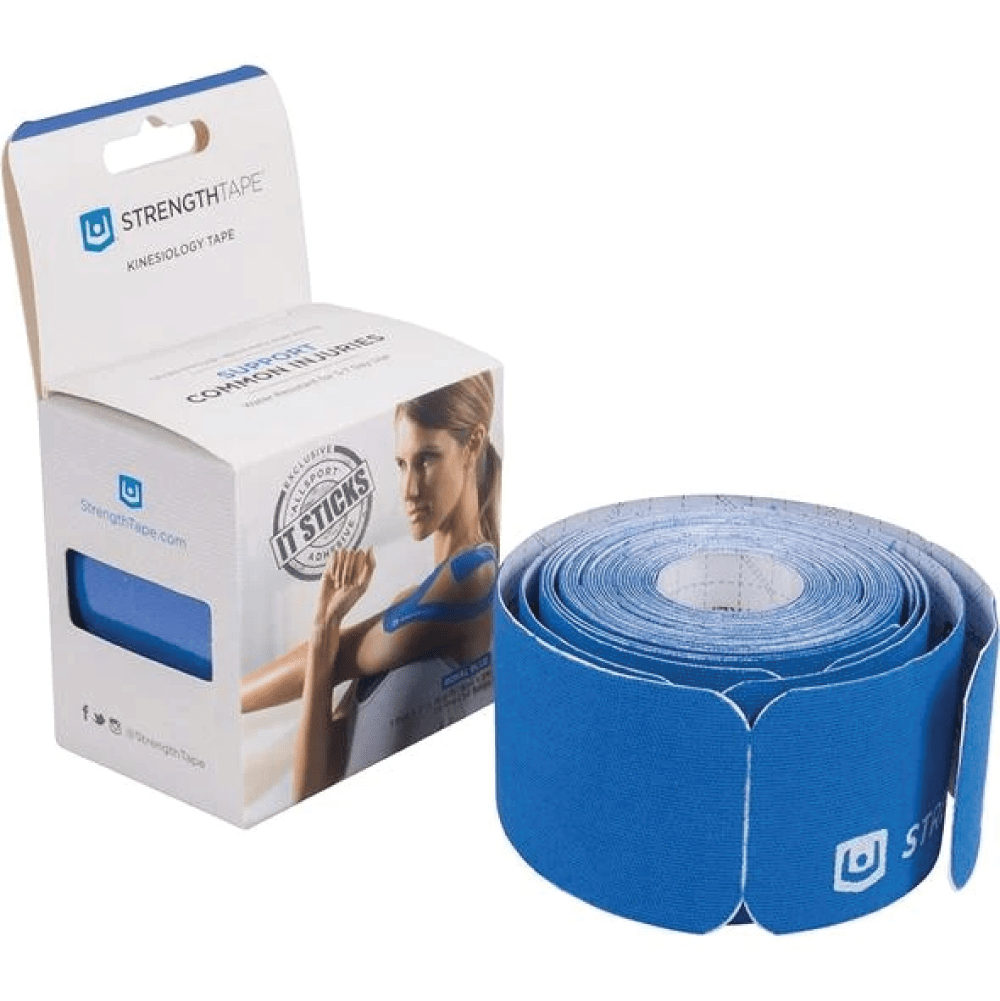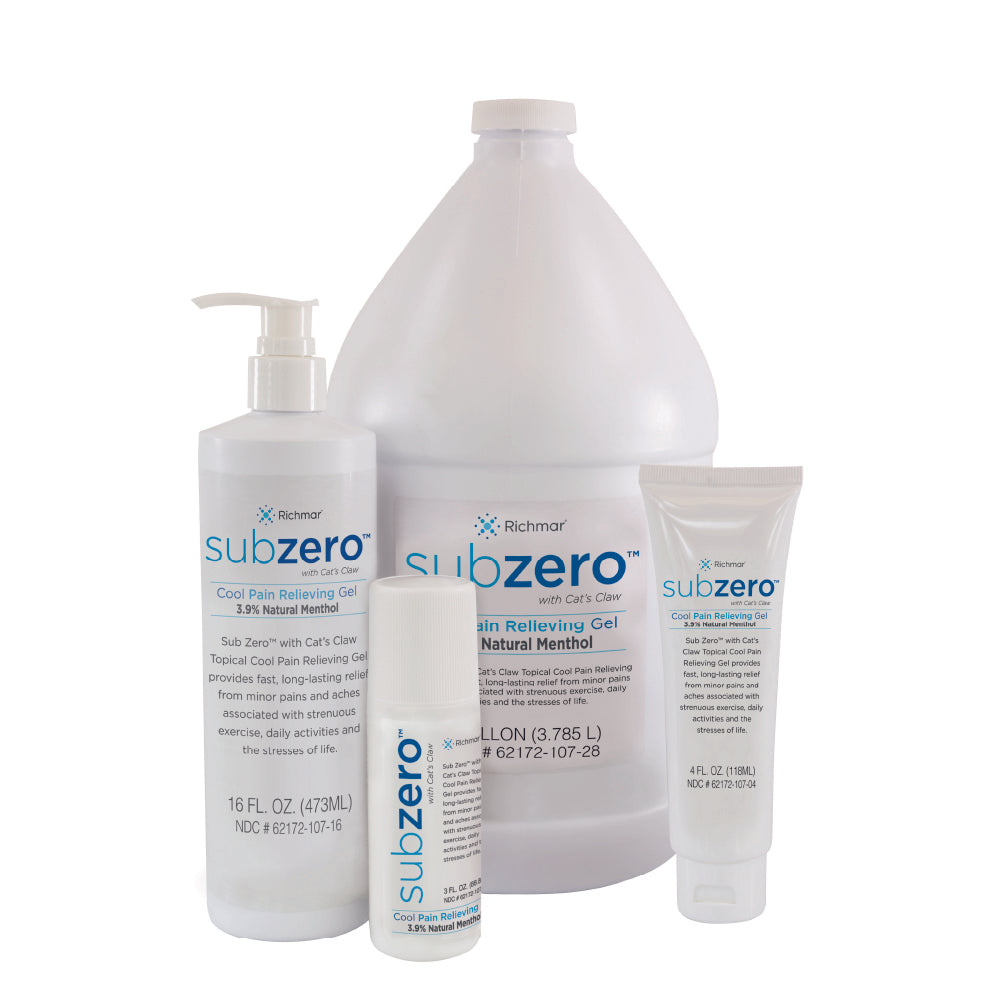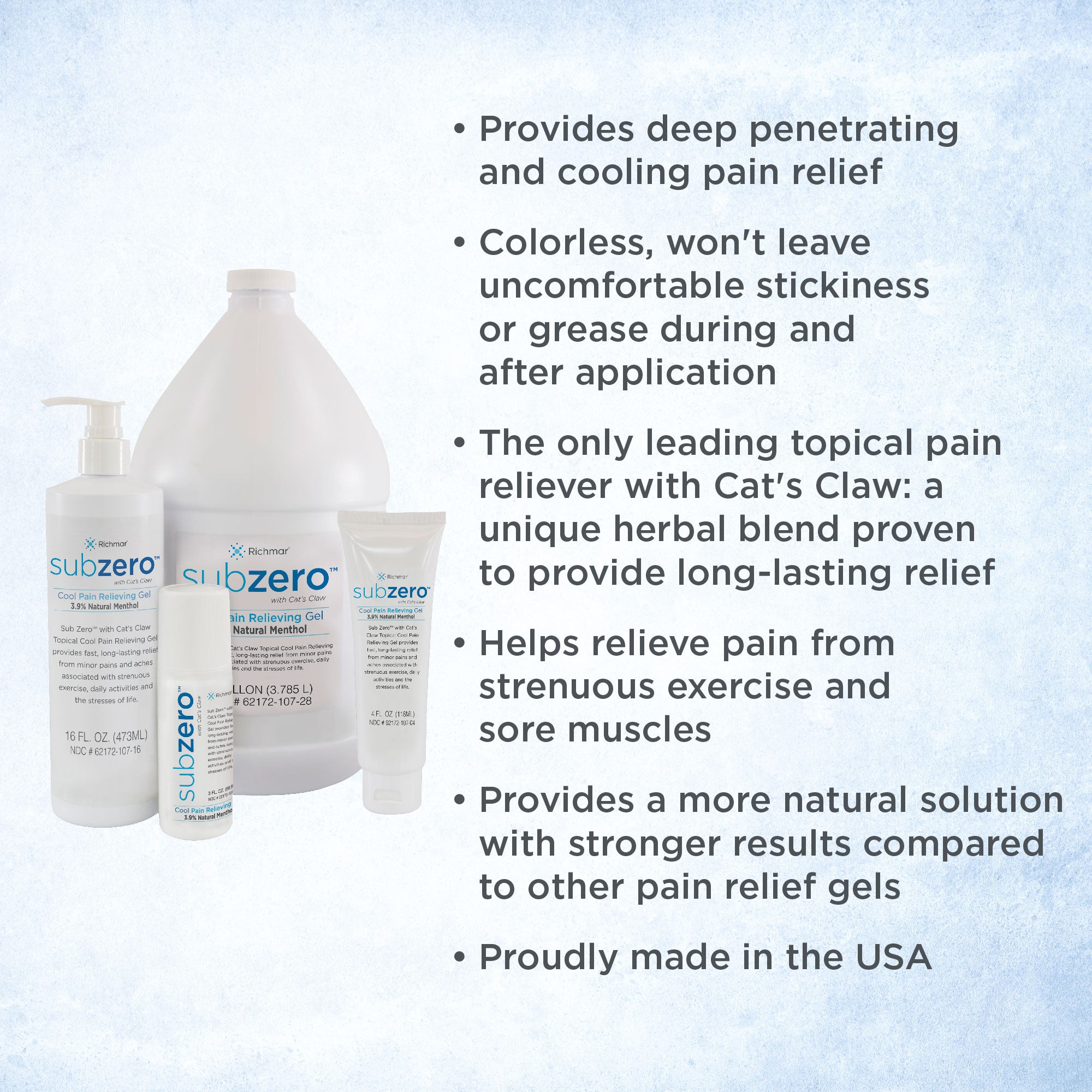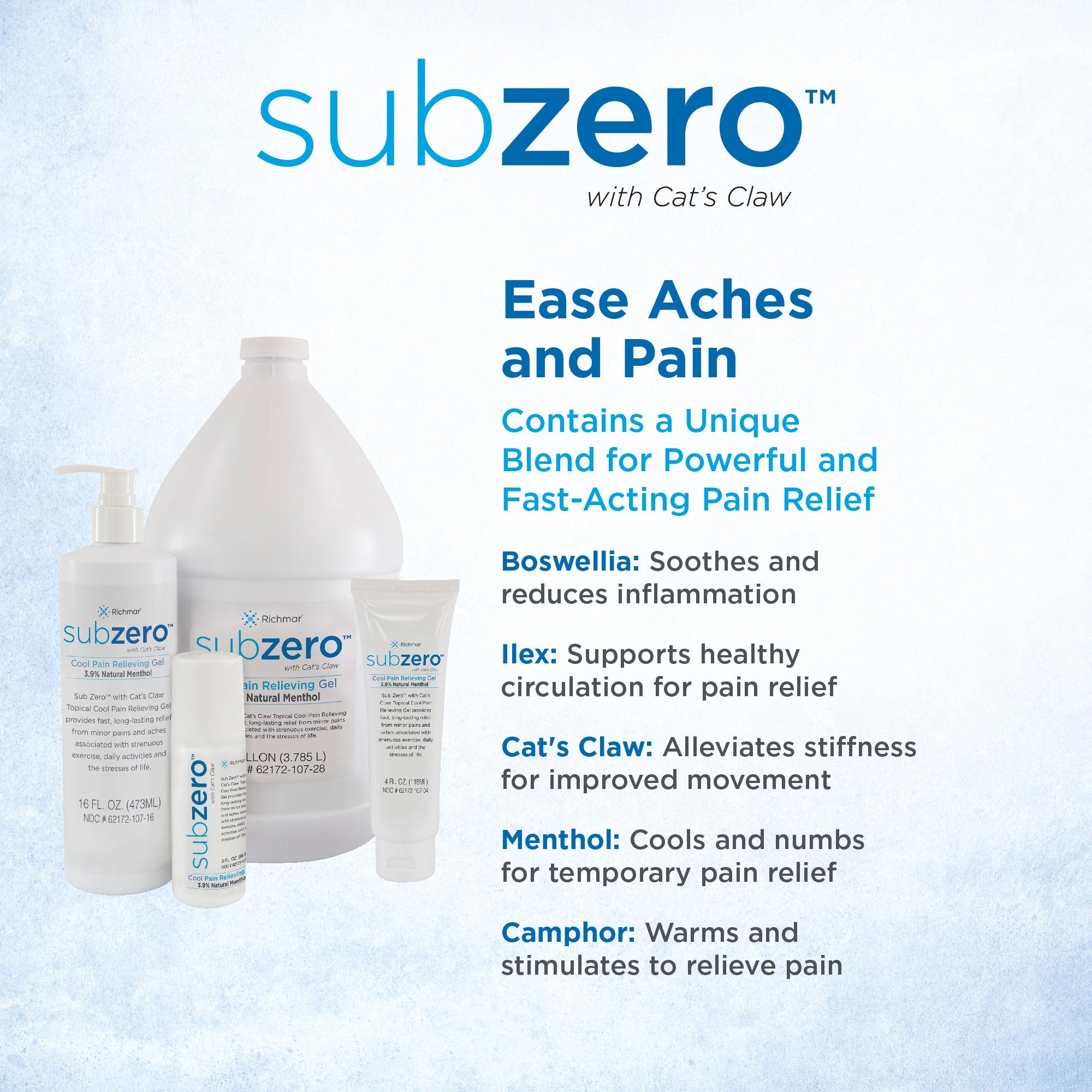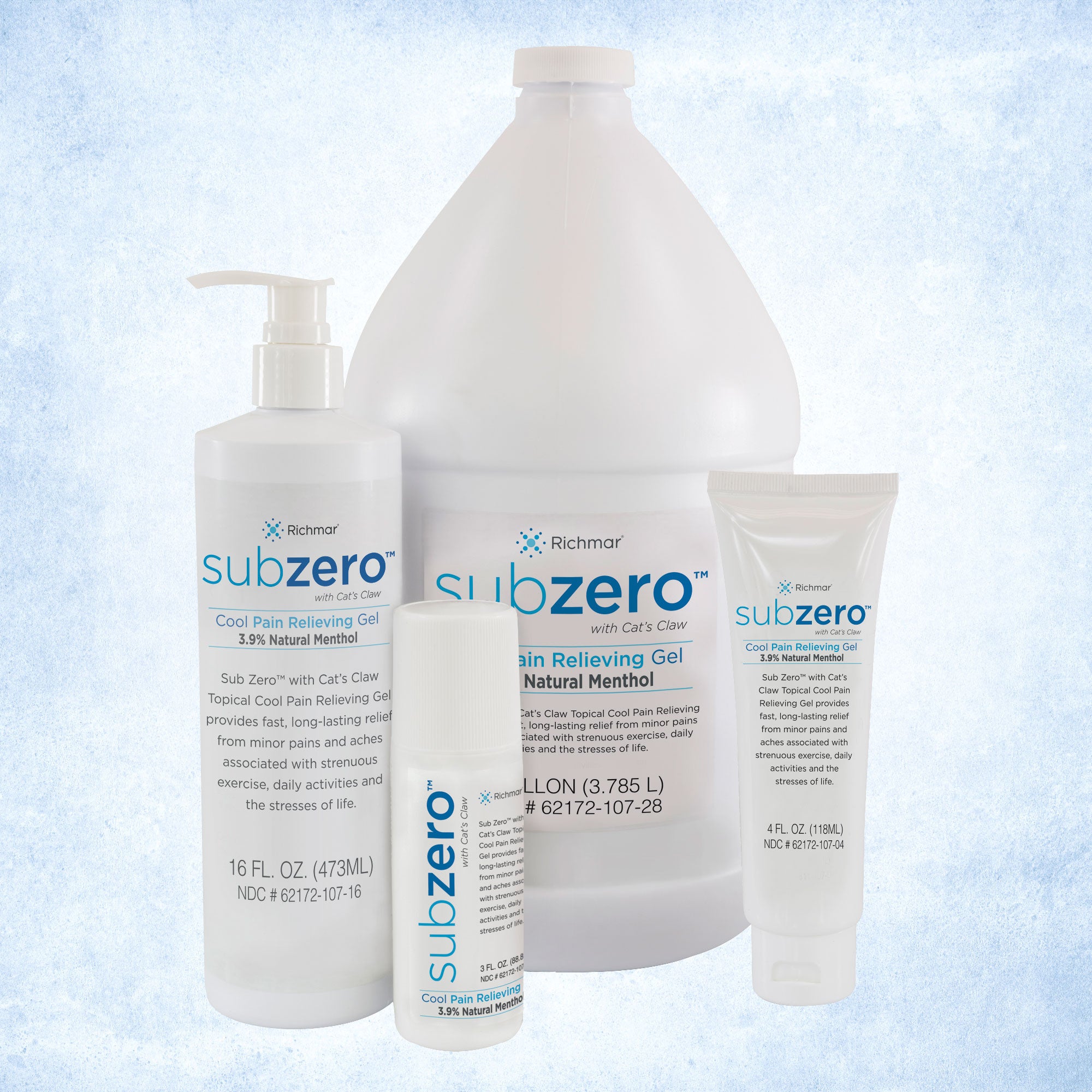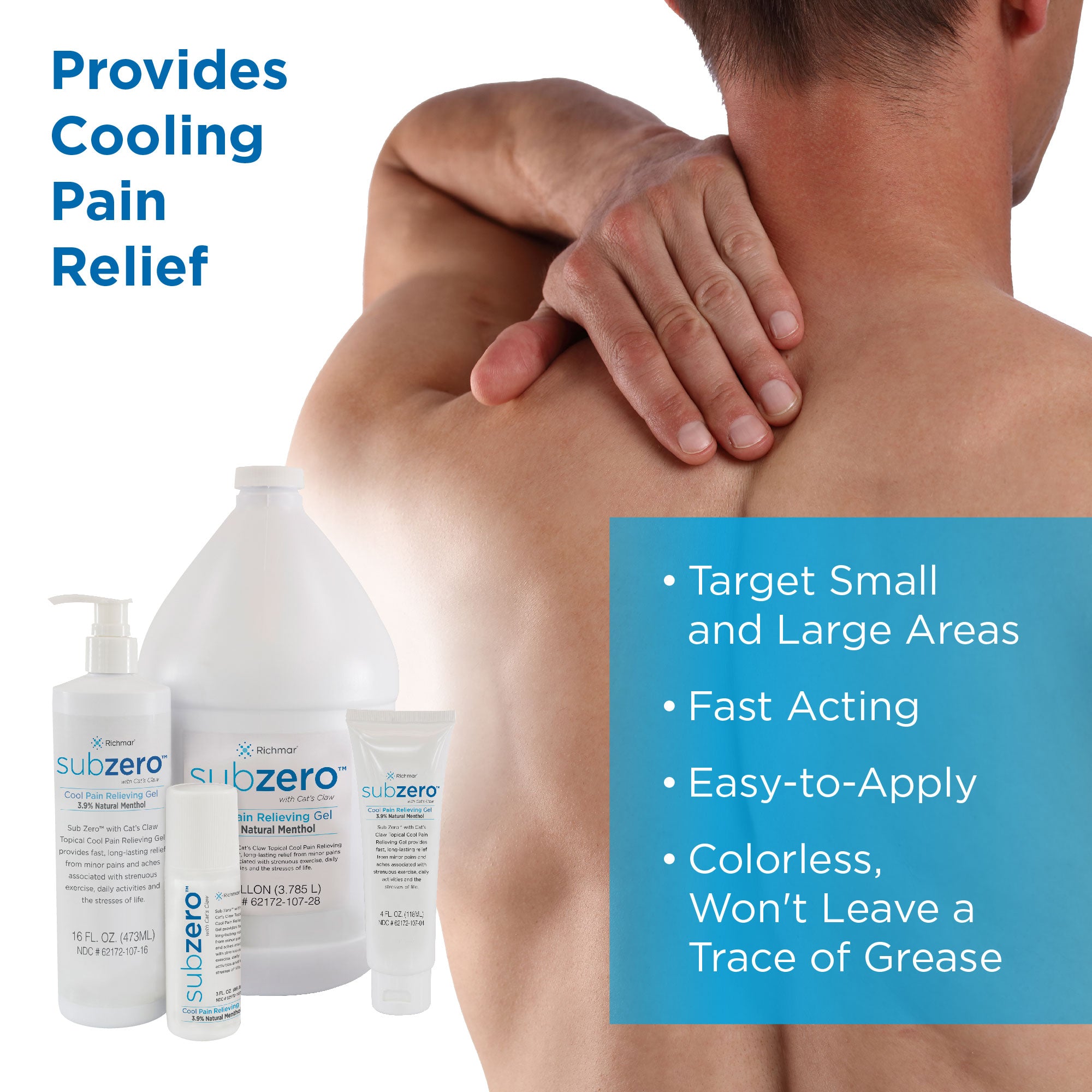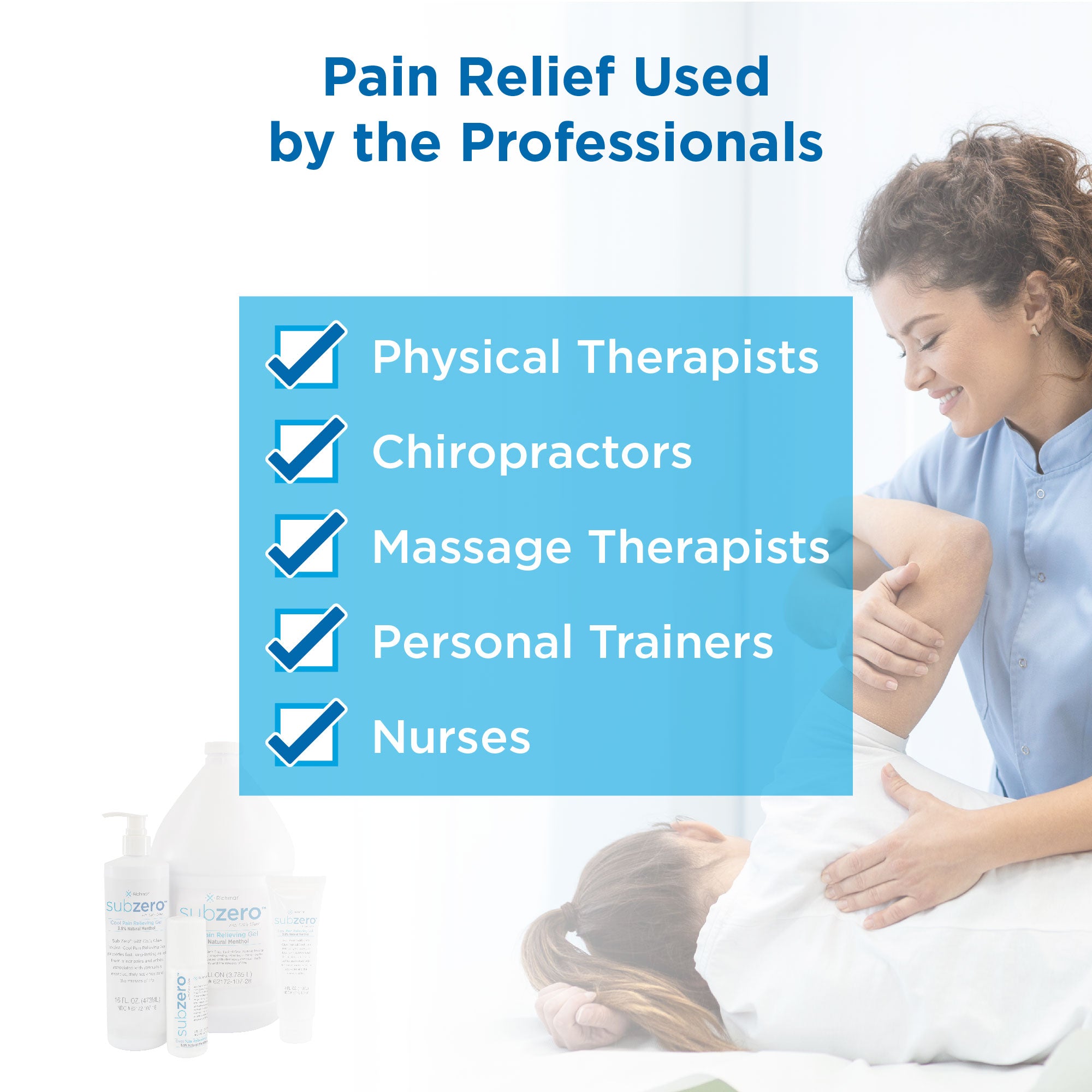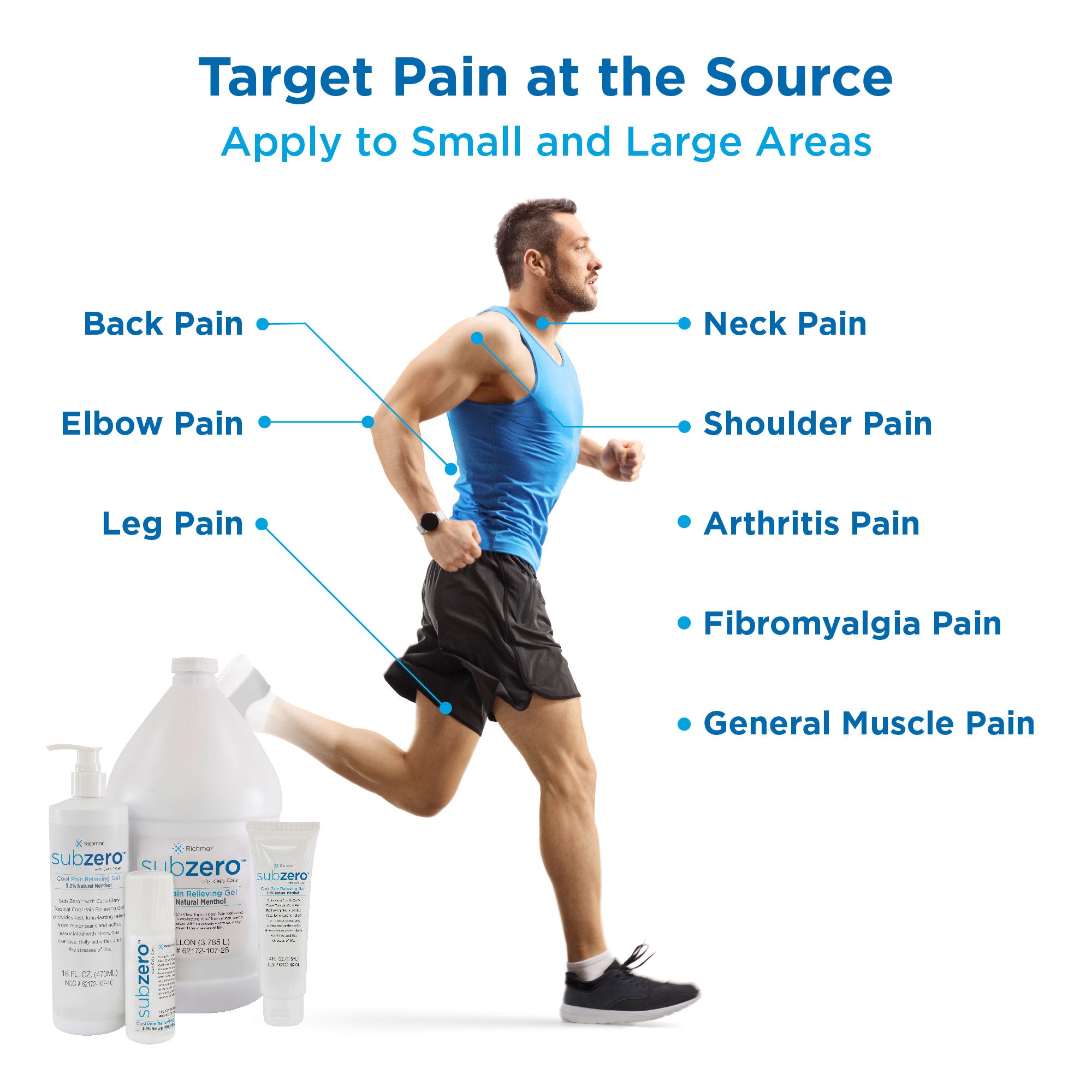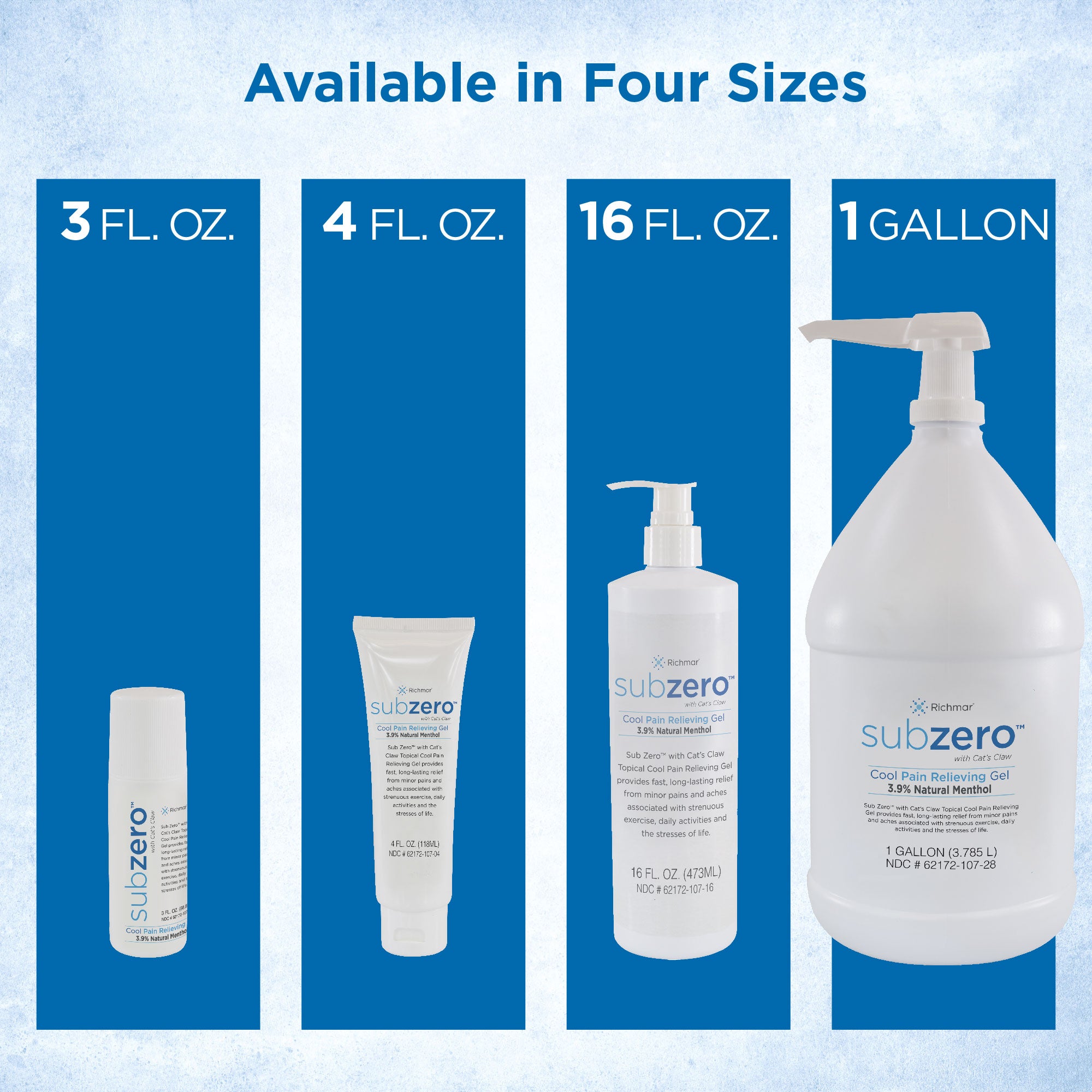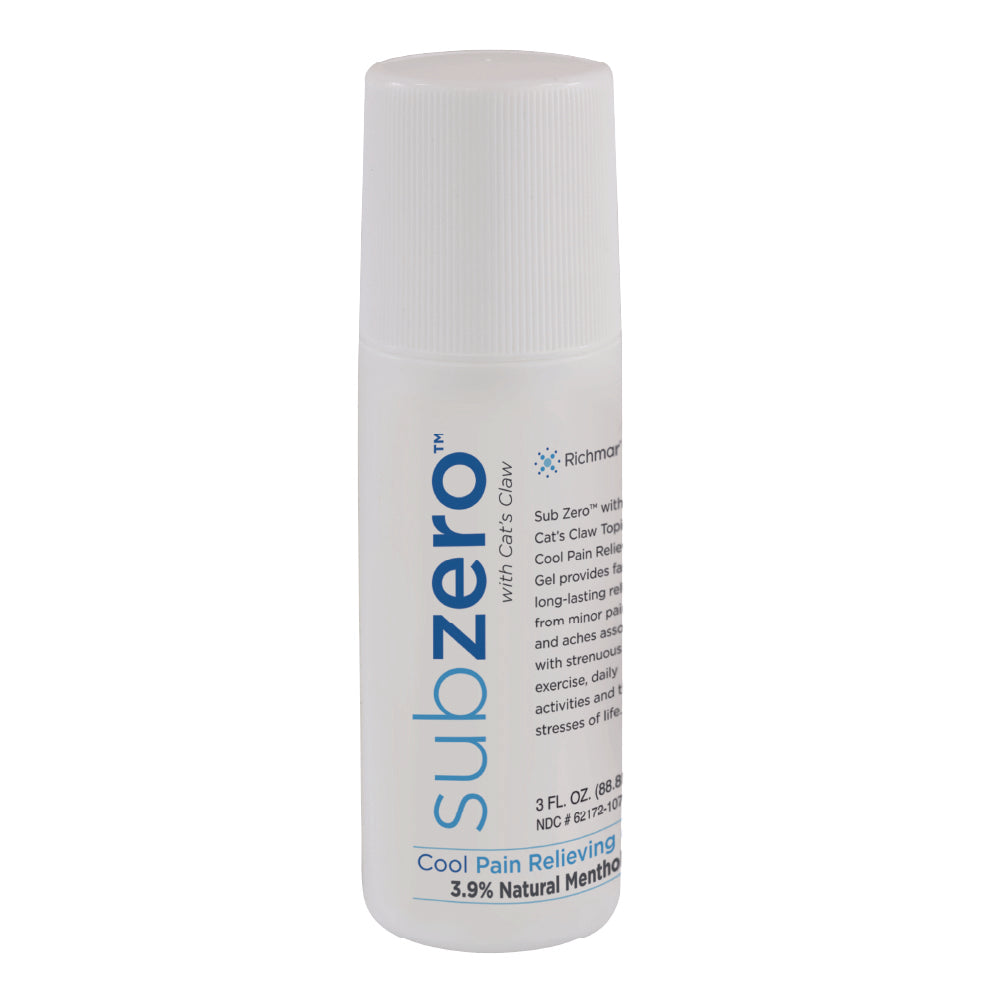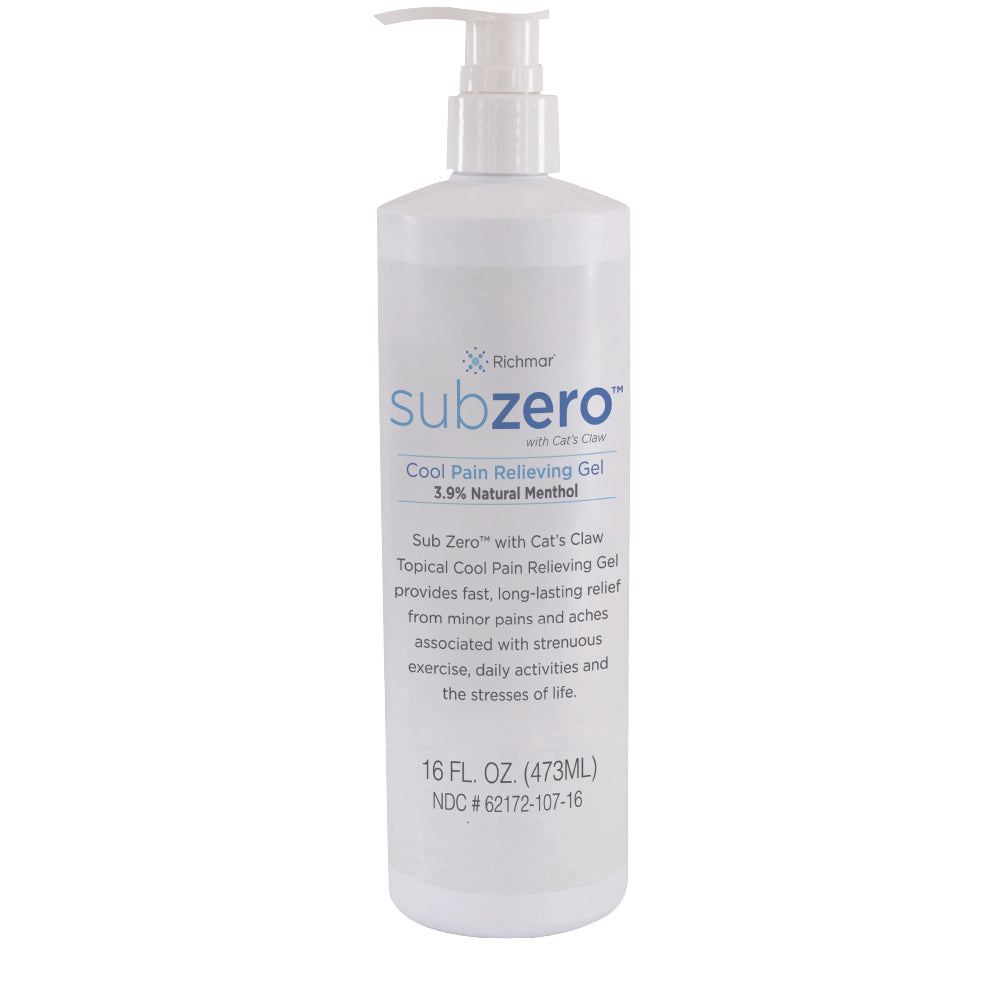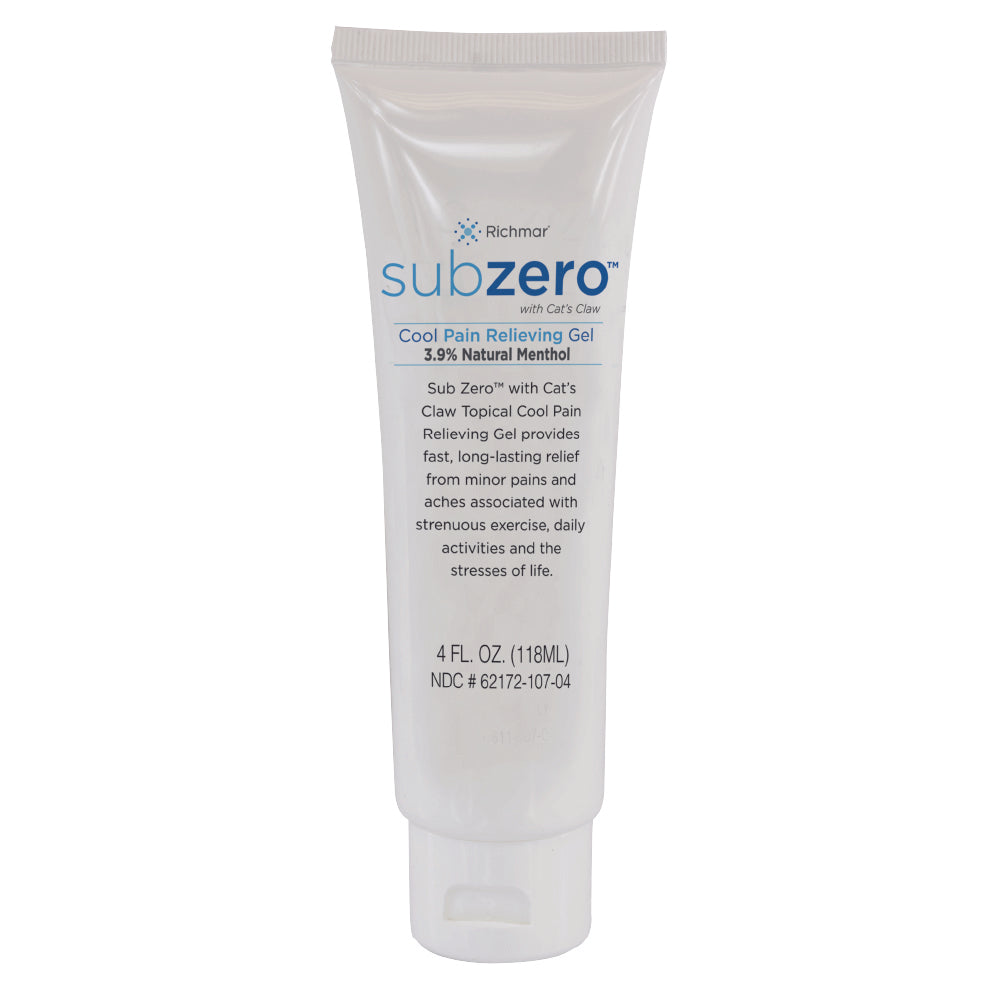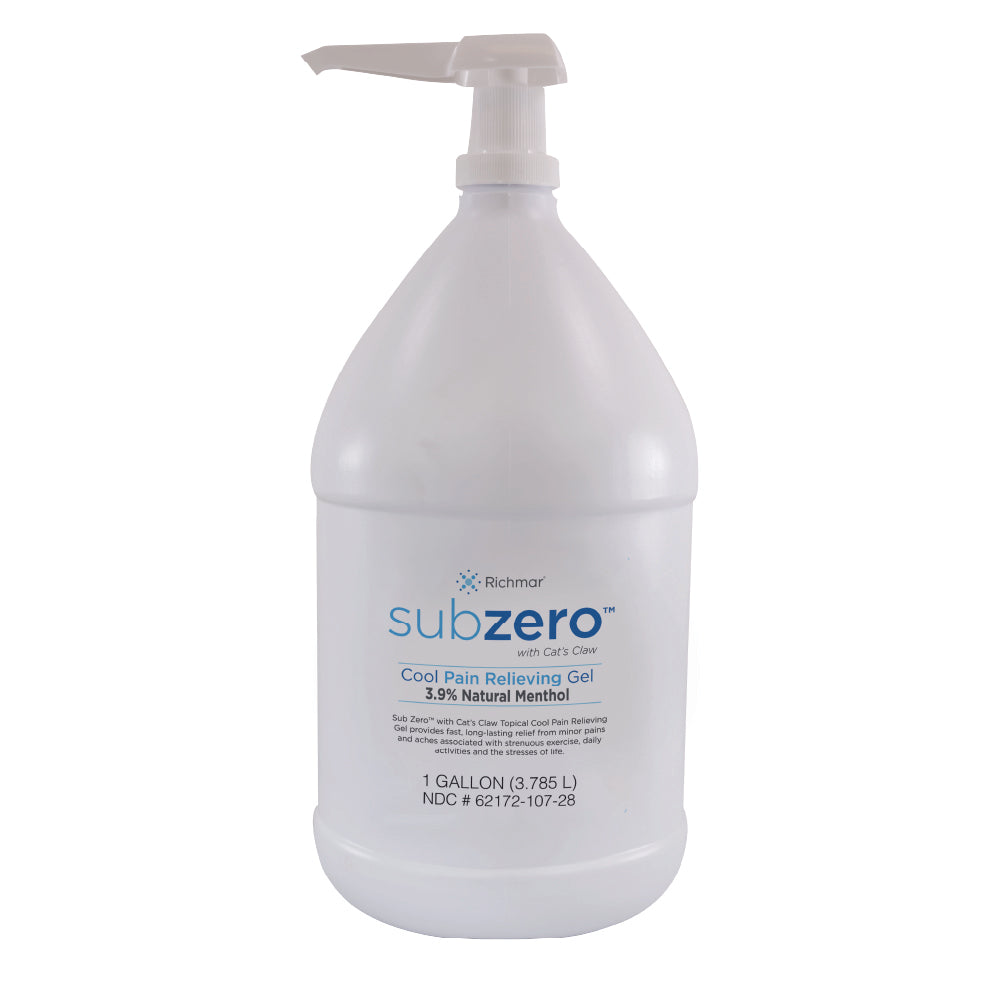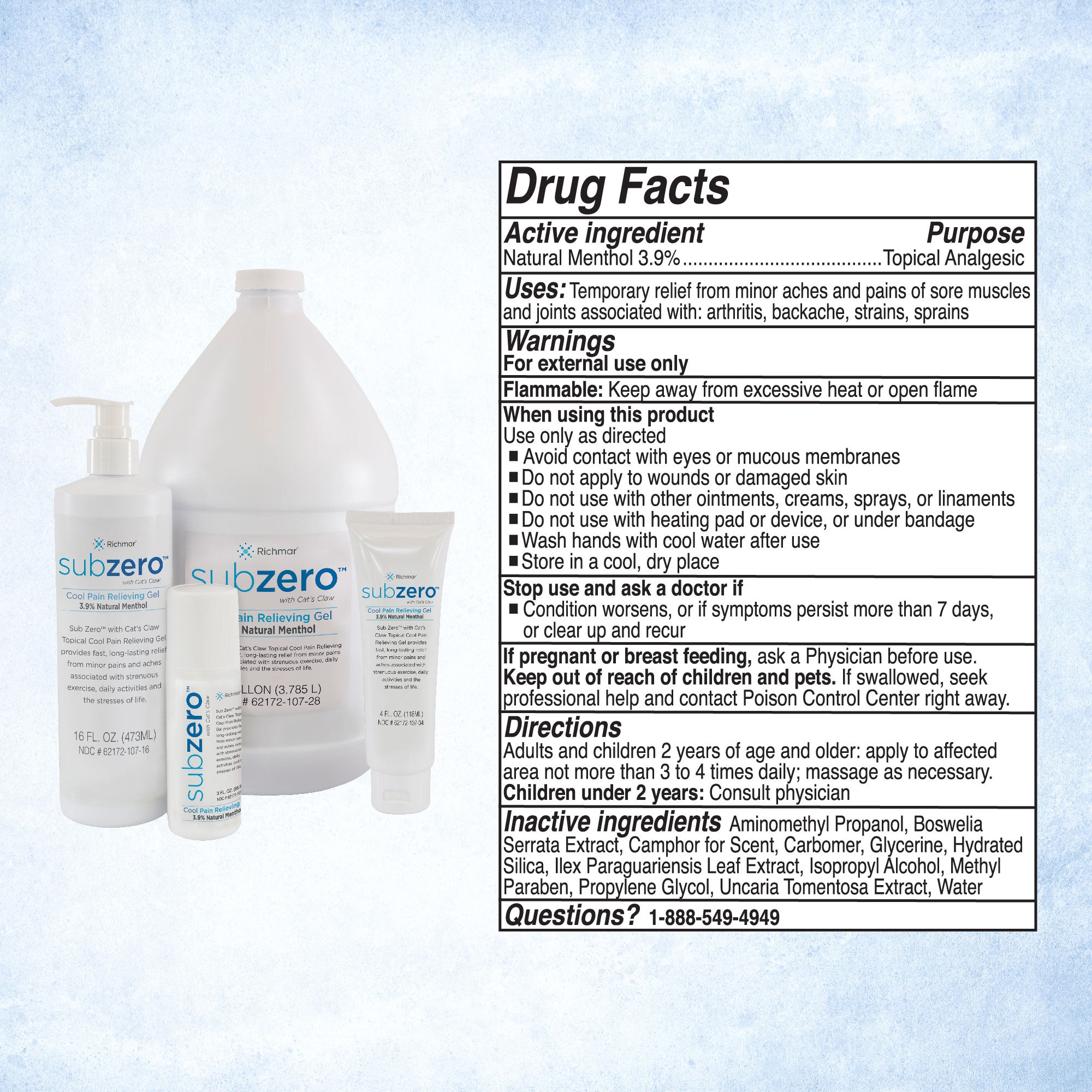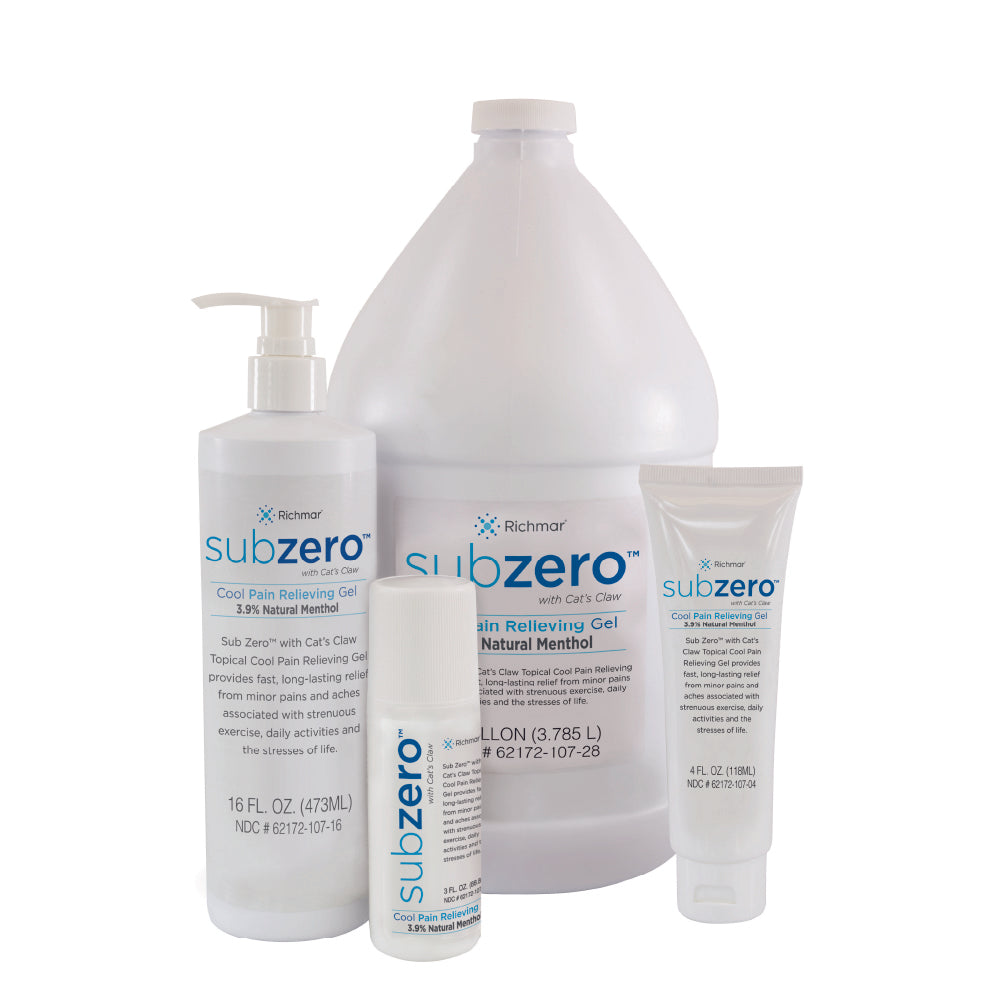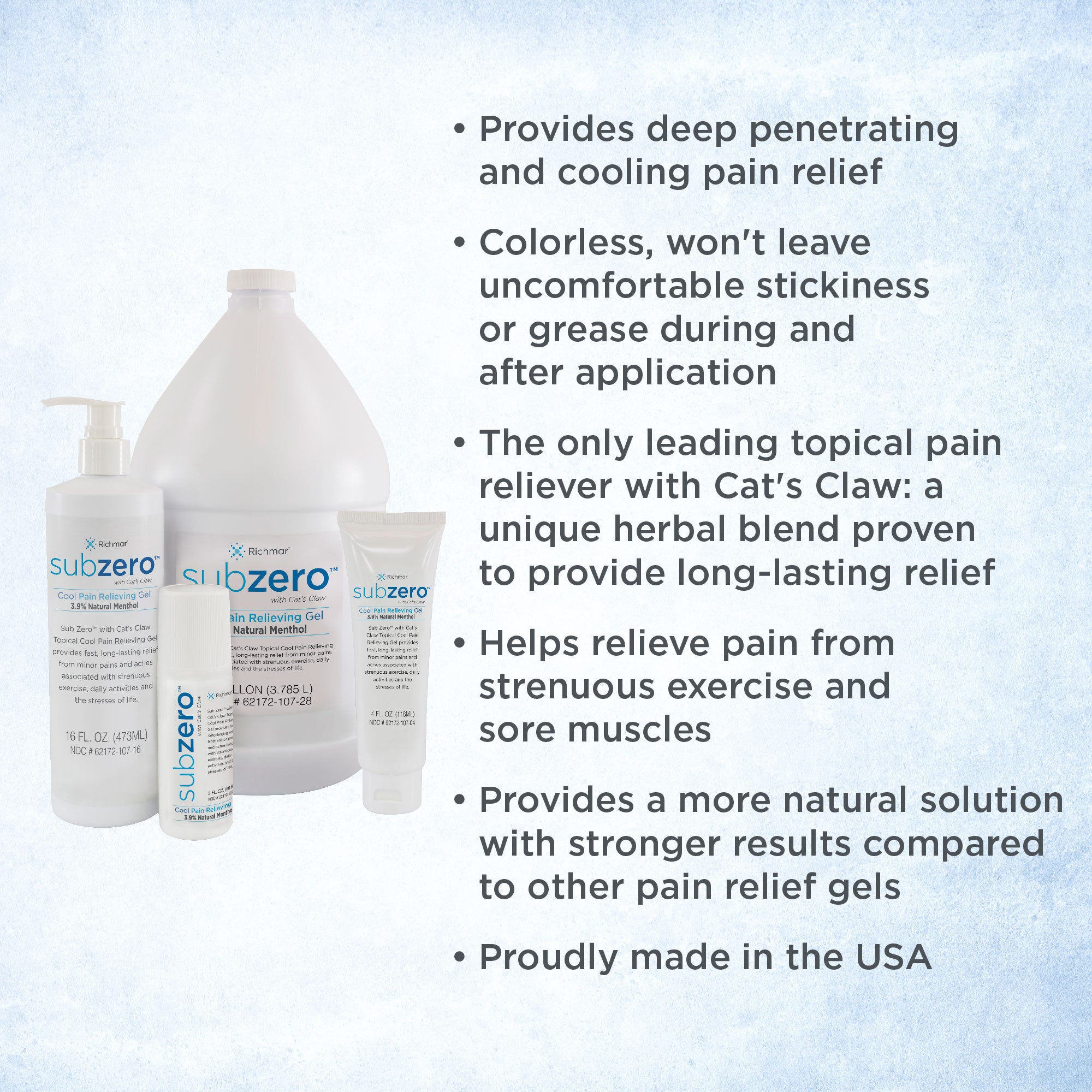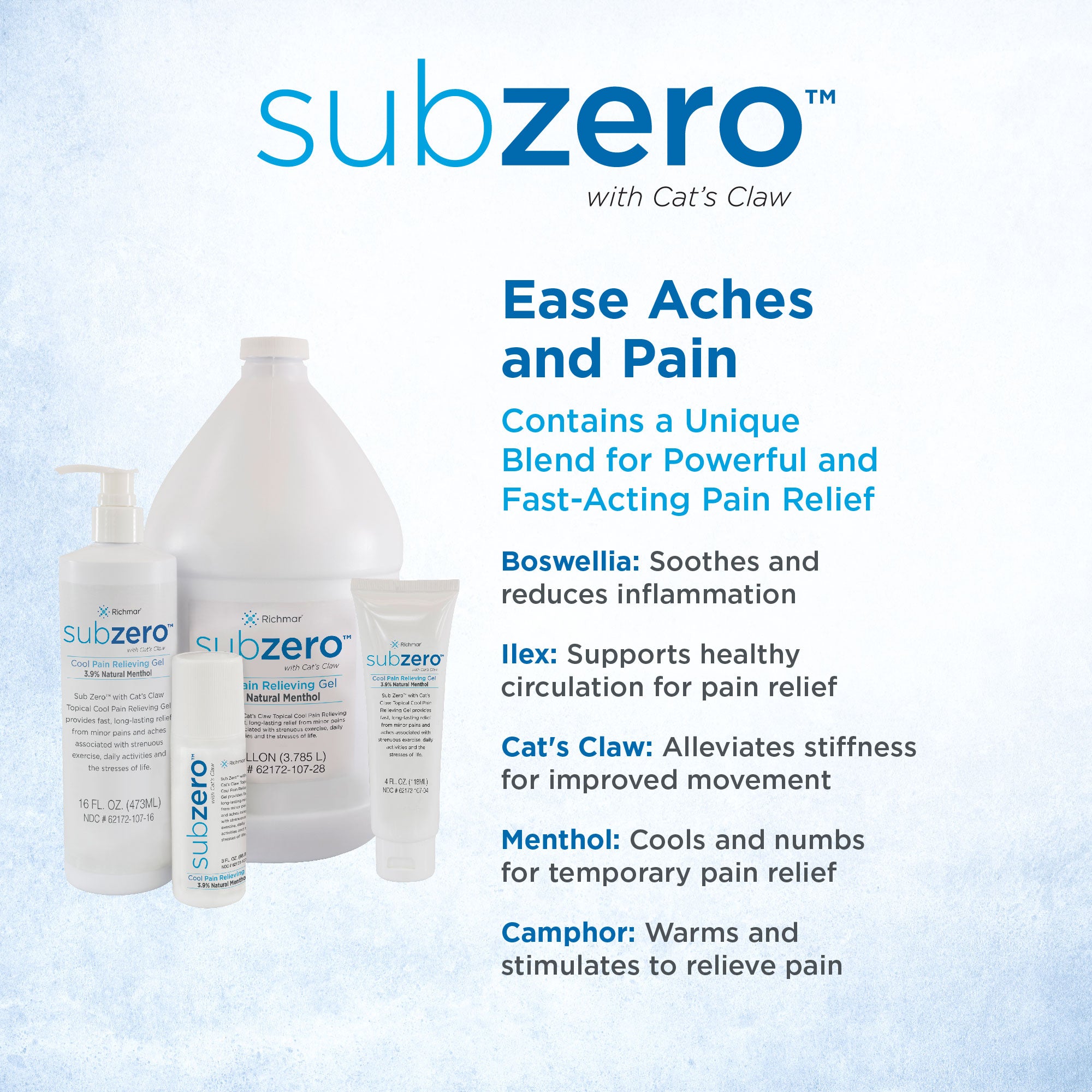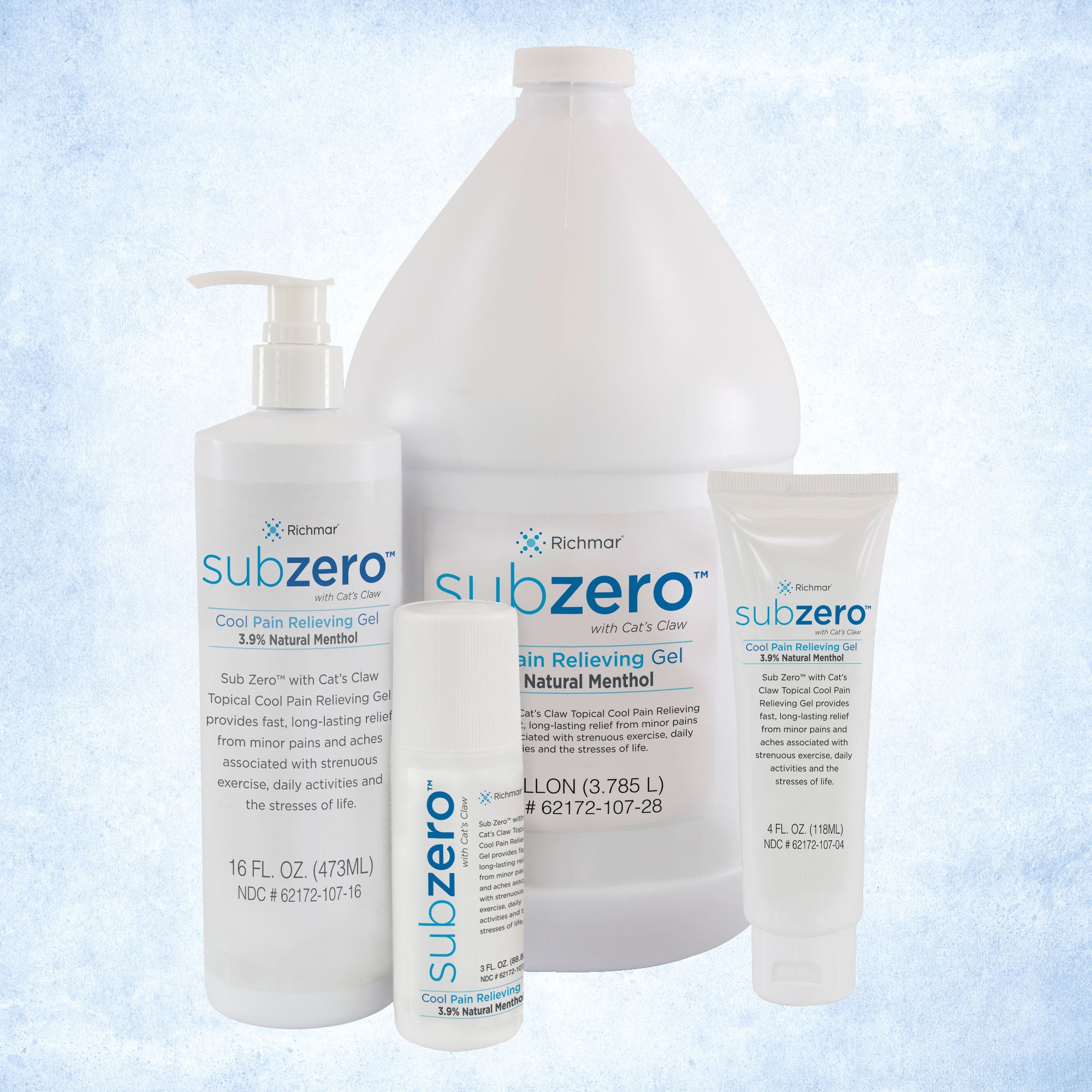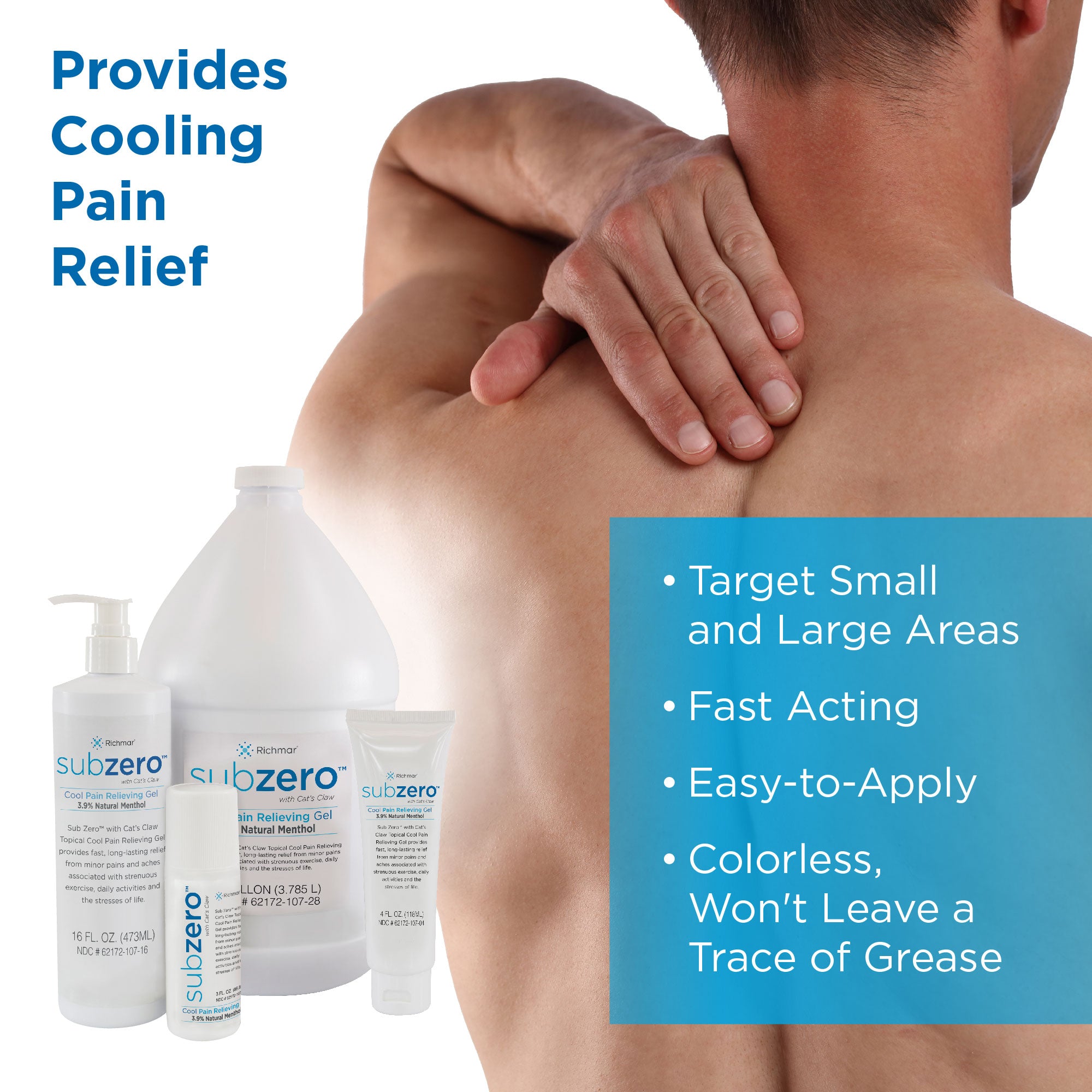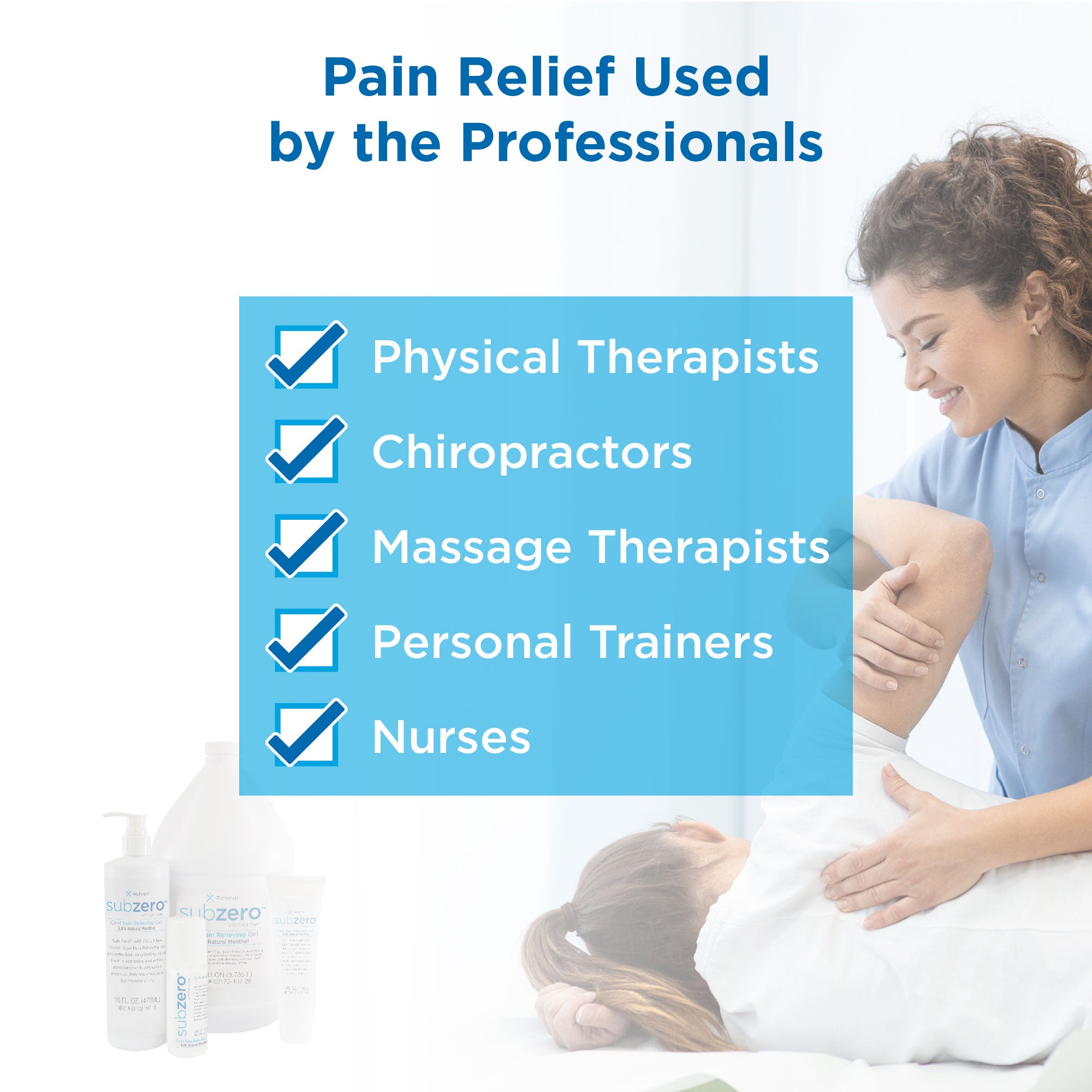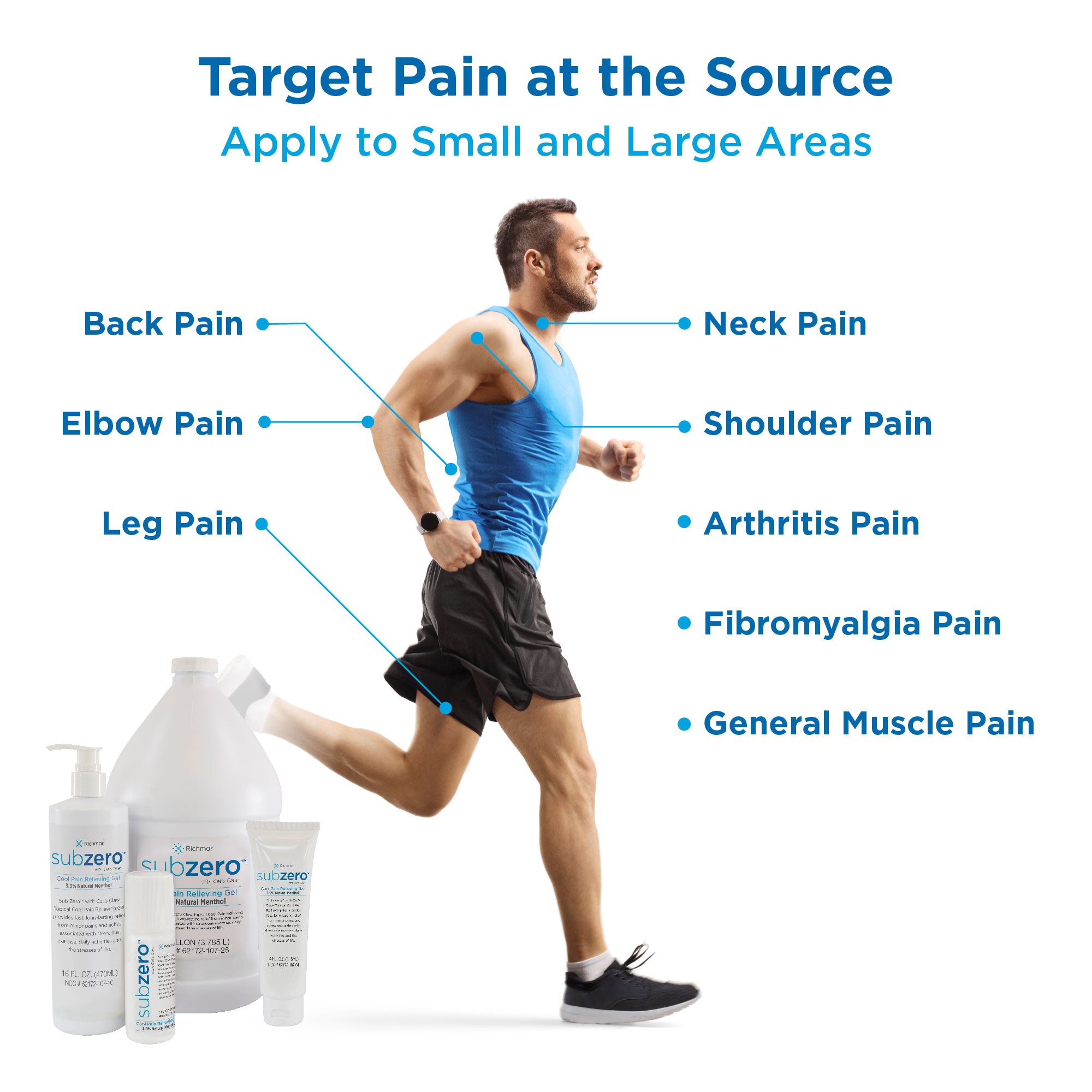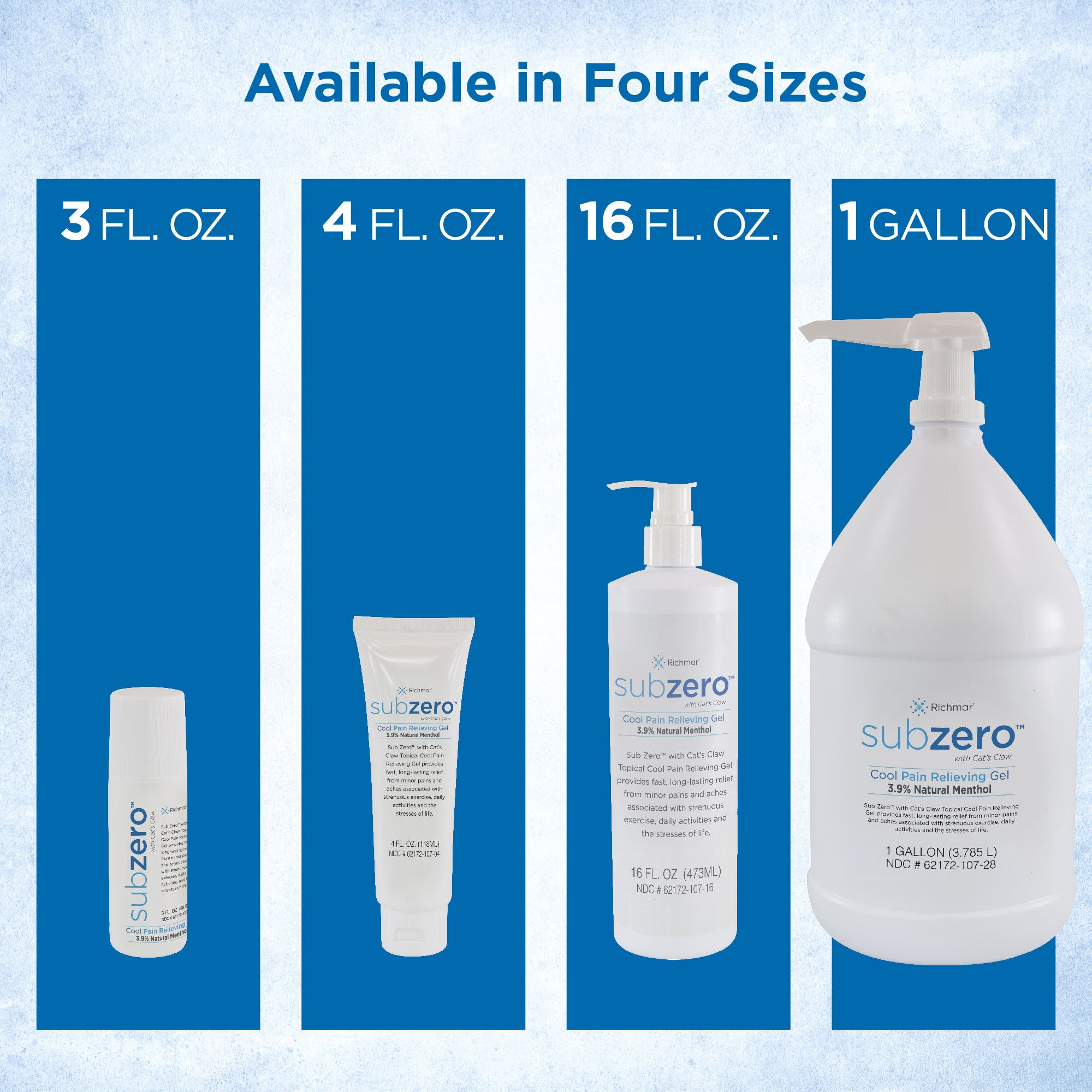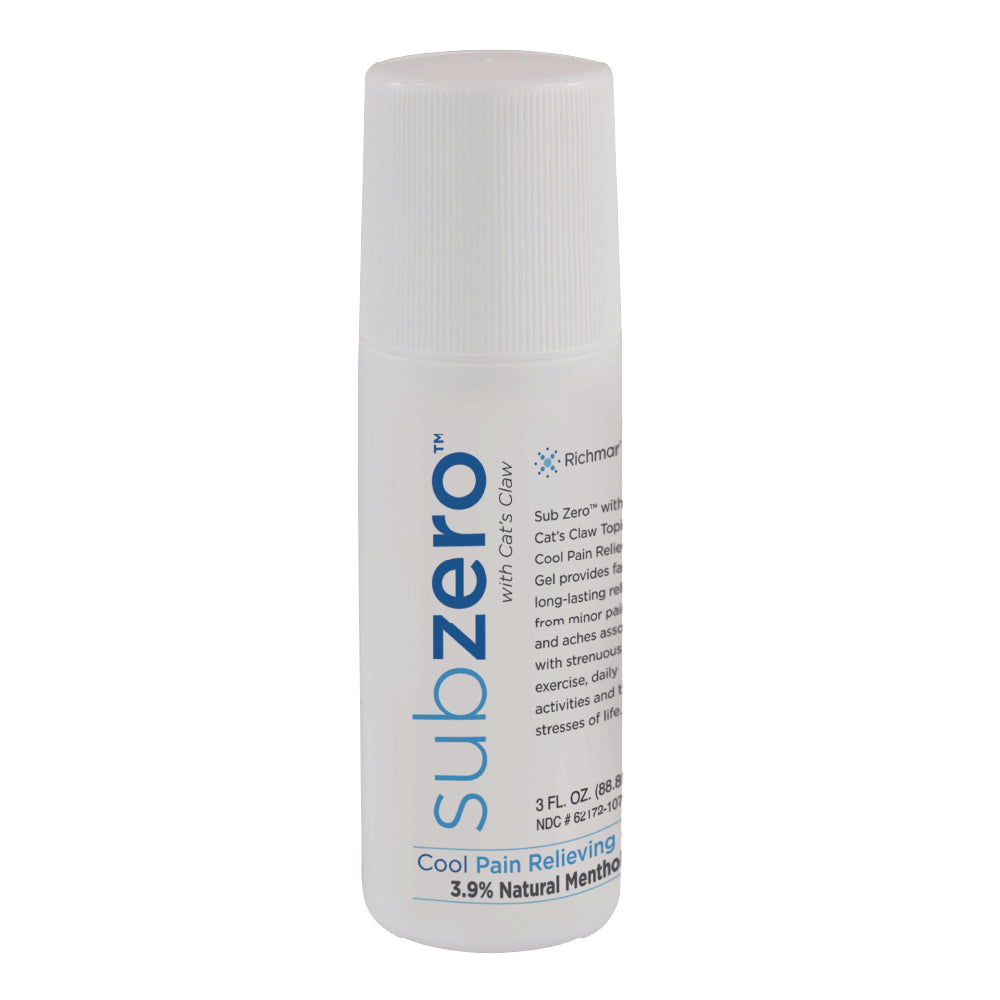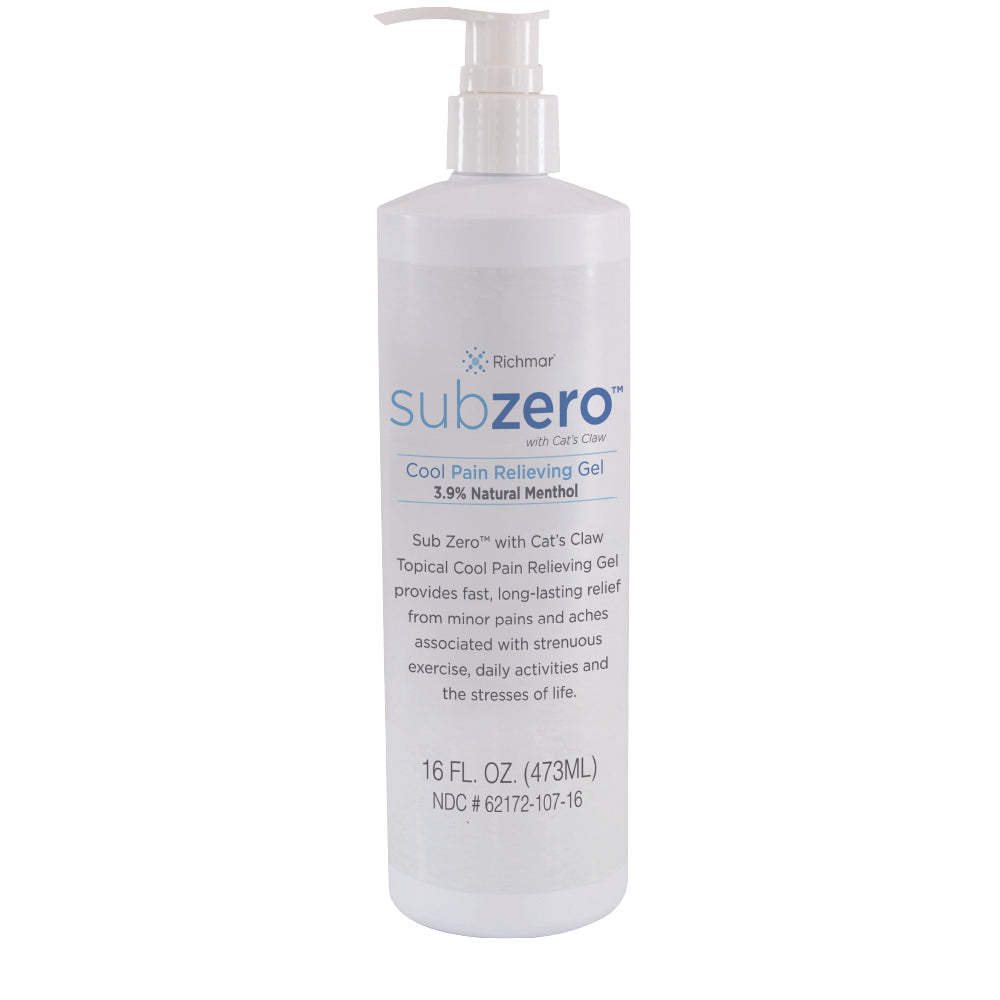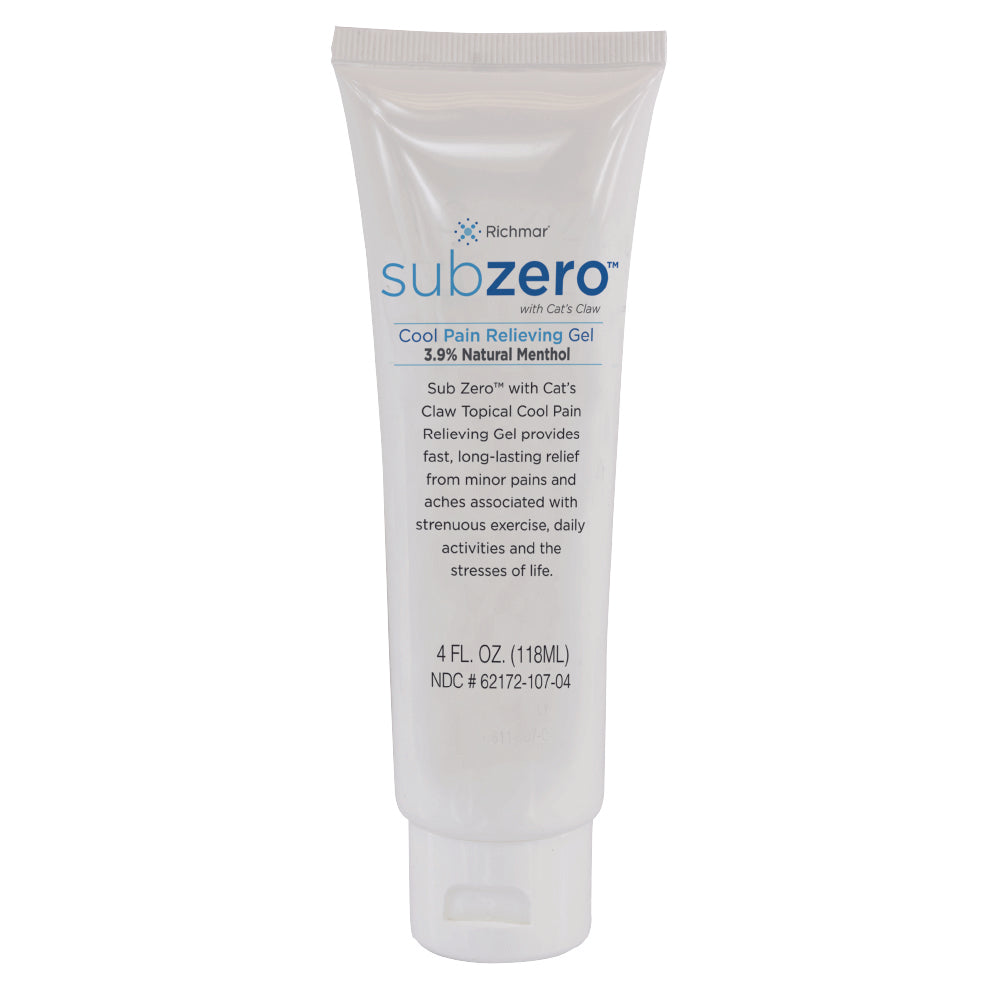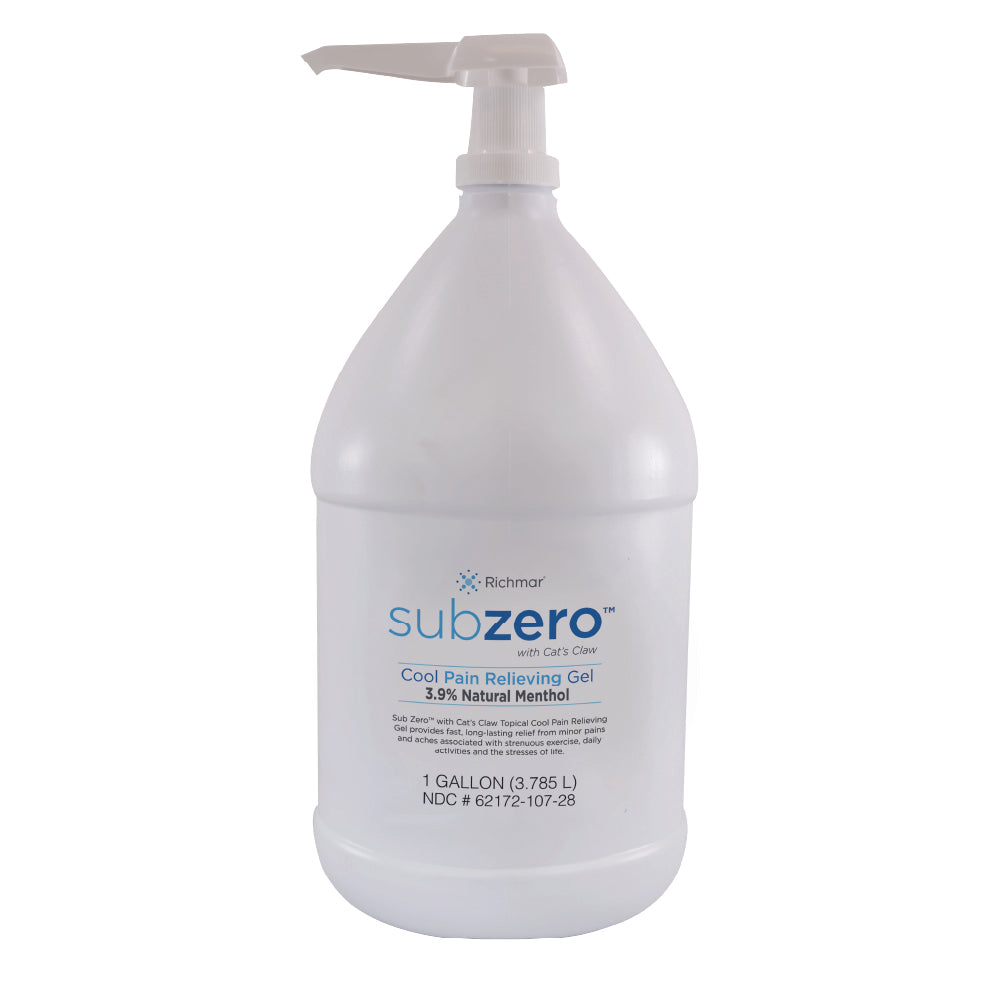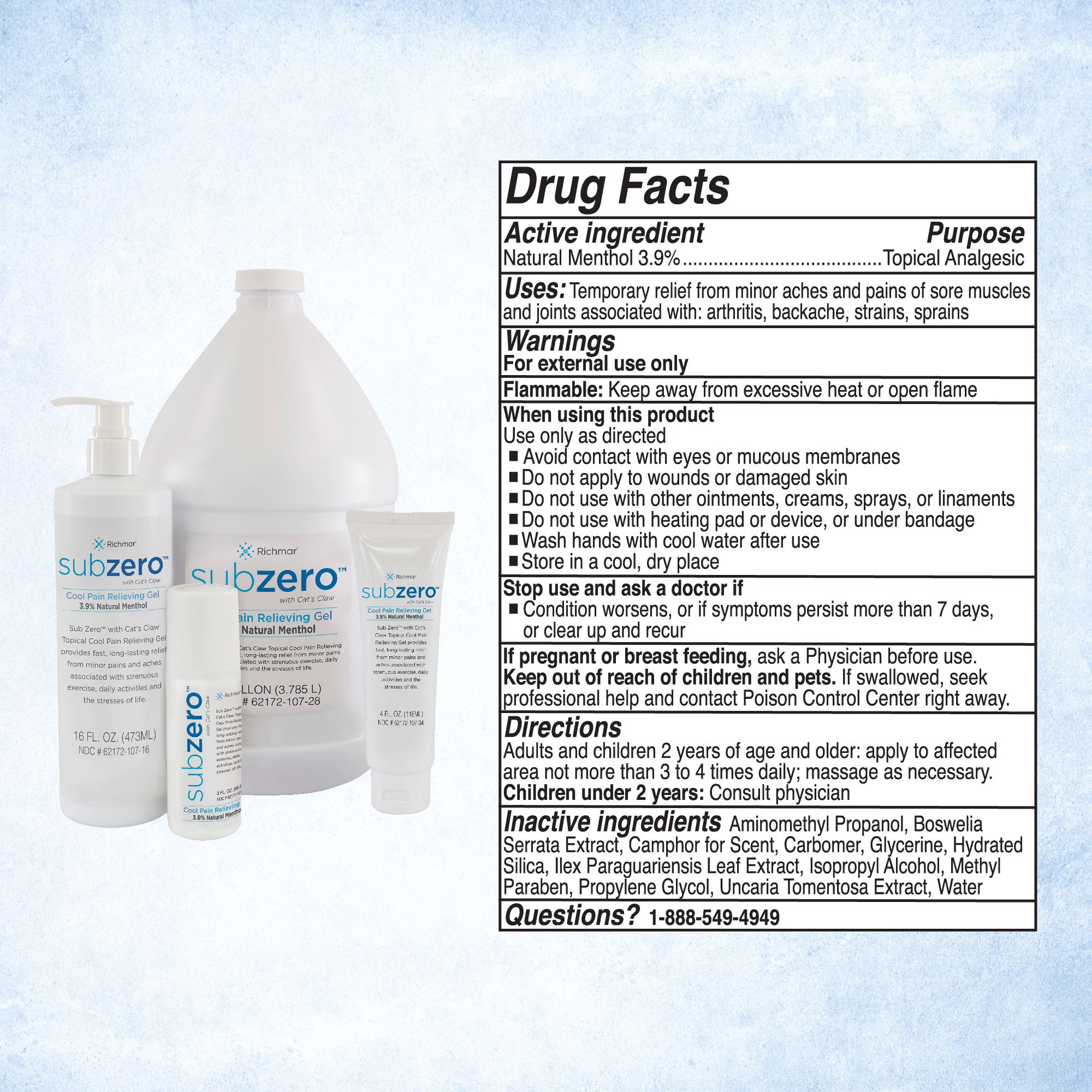
How to Ease Upper Back Pain: 11 Treatments for Relief
Try these 11 proven ways to alleviate upper back pain.
Author: MaryAnn DePietro CRTSTART READING
Related Articles
- Upper Back Pain: Injury Overview
- Upper Back Pain Treatments
- Upper Back Pain Stretches
- Upper Back Pain Exercises
- Upper Back Pain When Sitting
- Massage for Upper Back Pain
Upper back pain can include any discomfort in the cervical or thoracic area of the back. It may consist of the bones, joints, vertebrae, and the muscles. Muscles of the upper back that may become painful include the trapezius, rhomboids, and latissimus dorsi.
Upper back pain can have many causes, including:
- Arthritis
- Injury, such as a muscle strain
- Herniated disc
- Spinal deformities
- Fibromyalgia
- Muscle tension resulting from poor posture
The exact incidence of upper back pain is unknown since not everyone seeks treatment. However, researchers estimate that roughly 15-19% of adults have upper back pain.
In some instances, upper back pain can become chronic, leading to significant pain and decreased mobility and negatively affecting a person’s ability to function normally. Chronic upper back pain can affect daily living, recreation, and work activities.
The article below provides comprehensive information and treatment for upper back pain, including home and professional options.
Understanding Upper Back Pain
The anatomy of the upper back includes muscles that play a role in posture. Poor posture can lead to pain in the upper back due to stiffness. You also use your upper back for many types of movement. If you have weakness or tightness in any of the muscles, this can lead to an injury, such as a strain.
The upper back also consists of vertebrae, which are the bones in the spine. The vertebrae can become damaged from injury and diseases, such as arthritis. Once someone develops upper back pain, it can affect how they walk, move, and sit. They may compensate for the pain, which can lead to additional problems and misalignments.
There are several types of upper back pain, including:
Strains: Muscle strains can affect any of the upper back muscles; symptoms may include:
- Pain
- Decreased range of motio
- Muscle spasms
- Stiffness
Arthritis: Arthritis in the upper back involves gradual damage to the joints in the spine. Symptoms include:
- Pain
- Stiffness
- Possible headaches
- Loss of flexibility
Herniated disc: A herniated disc in the upper back involves the soft nucleus pulposus pushing through the disc's outer layer. Symptoms may include:
- Pain
- Numbness that radiates down the spine
- Difficulty moving
Anyone can develop upper back pain. However, certain factors increase your risk, such as:
- Being overweight
- Certain medical conditions, such as fibromyalgia
- Being out of shape
- Older age
- Being sedentary
Home Remedies and Self-Care
Sometimes, home remedies may be enough to relieve upper back spine pain. Home treatment may include:

Stretching and Exercise
If you are wondering how to ease upper back pain, stretching and exercising are vital. Stretching exercises may help alleviate stiffness, improve range of motion, and improve posture. Examples of stretches for your upper back include:
- Neck rolls
- Wall angels
- Shoulder shrugs
These exercises relax the muscles of the upper back and ease stiffness.
Strengthening exercises are also essential to reduce and prevent future upper back pain. The stronger the muscles are, the less likely they are to become injured. Strengthening exercises for the upper back include:
- Rows
- Cobra pose
- Superman pose

Heat and Cold Therapy
Depending on the cause of upper back pain, heat or ice may be helpful. Ice may help with pain due to muscle strain. Heat tends to be effective for chronic pain, such as arthritis-related upper back pain. Cold therapy decreases inflammation and numbs the area. Heat therapy promotes blood flow, which may stimulate healing.
Studies indicate both cold and heat therapy can be beneficial in treating pain, including upper back pain. For instance, a randomized study published in Academic Emergency Medicine involved 60 emergency room patients with back or neck pain.
The participants were given 400 mg of ibuprofen and then randomized to either have 30 minutes of heat therapy or cold packs applied to the strain. Study participants reported an equal reduction in pain with both heat and cold.

TENS Therapy
Transcutaneous electrical nerve stimulation (TENS) is a noninvasive option to treat upper back pain. TENS involves delivering electrical signals that interfere with how the body receives pain signals. Some studies show a reduction in pain using TENS.
For example, research published in Current Signal Transduction Therapy involved 15 participants divided into two groups. One group received TENS therapy for their painful area 3 to 4 times a day for one month. The control group did parallel treatments but with a placebo. The participants who used TENS reported a 60% reduction in pain.

Kinesiology Tape
Kinesiology tape (KT) involves applying the tape to the skin over the affected area. The tape may reduce pain, promote correct motor patterns, and reduce fluid buildup.
Research in the Chiropractic and Manual Therapies journal involved 30 people with nonspecific back pain. The participants were randomized into two groups. One group had KT tape applied to treat the painful area with 15-25% tension for 72 hours. The placebo group had KT applied without tension.
Results indicated that pain and disability scores decreased significantly more in the group with KT applied with tension.

Red Light Therapy
Red light therapy, or low-level laser therapy, involves exposing the body to specific wavelengths of red light. The light may increase blood circulation, decrease inflammation, and increase collagen production, which in turn may promote healing.
A study published in the journal Orthopedics and Rheumatology involved 120 individuals who had chronic back pain for at least three months. The participants were divided into two groups. One group received eight red light treatments to their back twice a week, three to four days apart, with a wavelength of 635 nm. The placebo group did not receive red light therapy.
At the two-month follow-up review, 80% of subjects who received red light treatment reported decreased pain. Additionally, 28% of subjects in the placebo group reported reduced pain. The results indicated a 52% difference in self-reported pain in the group that received red light therapy.

Over-the-Counter Pain Relievers
Over-the-counter pain relievers may include ibuprofen and acetaminophen. They may reduce inflammation and ease pain. As with all medications, side effects, such as stomach upset, are possible. When taking any medication, discussing it with your doctor first is best.

Importance of Maintaining Good Posture and Ergonomics
Good posture and practicing ergonomics are essential in treating upper back pain. If you continue to cause muscle strain through poor posture, it will be difficult to resolve the issue.
Practicing good posture and ergonomics, such as keeping your back straight and your shoulders relaxed and dropped away from your ears, is helpful. Also, avoid slouching when you sit and round your shoulders.
Professional Treatments
Upper back pain may not always respond to home treatment. In some cases, professional pain treatment may be needed. Professional treatment for upper back pain may include:

Chiropractic Care
Chiropractic care may include spinal manipulation to help correct misalignment. By correcting misalignment, it may take pressure off of a nerve and ease pain.

Physical Therapy
Physical therapy is intended to ease pain and improve mobility. It may include various modalities, such as exercise, stretching, ultrasound, and heat and cold therapy.

Massage Therapy
Massage therapy can also be used to treat upper back pain. It stimulates blood flow to the area, easing stiffness and tension and relieving pain.
If professional treatment does not heal upper back pain, your doctor may recommend medical interventions. These may include steroid injections and surgical procedures. Usually, surgery is the last resort after all other options have failed to provide pain relief.
Upper Back Pain Relief Products
Upper back pain relief products can help ease discomfort and do not require a prescription. Selecting quality products is essential to get the most effective treatment. Below is more information on upper back pain relief products.
TENS Units
TENS therapy delivers electrical stimulation that interferes with how the body perceives pain signals. Benefits of TENS include:
- Pain relief
- Drug-free
- Improved mobility
TENS products include:
TENS 7000 2nd Edition Digital TENS Unit With Accessories
This unit comes with everything you need to start TENS:
- Adjustments for timing, pulsing, and intensity
- Clinical strength pain relief
- Multiple modes
- Duel channels for the use of four electrodes for better relief
TENS 7000 Rechargeable TENS and EMS Combo Unit, Dual Channel
This is a great option to combine two forms of electrical stimulation.
- Prescription strength
- Delivers both TENS and EMS ( Electrical muscle stimulation)
- Seven modes for treatment
- Compact size and fully portable
- Rechargeable battery
Red Light Therapy Devices
Red light therapy increases fibroblast production, which stimulates collagen. Collagen helps build connective tissue. Red light also promotes blood flow to the area, which may facilitate healing. Additionally, it helps decrease inflammation.
Red light products include:
DPL Flex Pad - Neck & Back Pain Relief Light Therapy Wrap
This red light device can provide upper back spine pain relief in the comfort of your home.
- 8" x 5" treatment area
- 60 medical-grade LED lights
- FDA cleared
- Wrap design to target painful areas
DPL Clinical Handheld Light Therapy for Pain Relief
This red light device provides a fully portable option.
- Handheld device and easy to use
- FDA cleared
- Appropriate for various treatment areas of the body
Hot & Cold Wraps
Hot and cold wraps provide a noninvasive way to ease pain. Cold wraps decrease inflammation and swelling and may reduce pain. Heat wraps stimulate blood flow to the area and may reduce muscle tension and stiffness.
Hot and cold wraps include:
Bed Buddy Back Wrap
This soft wrap, filled with 100 percent natural grains, is a comfortable way to ease upper back pain.
- Offers both hot and cold wrap
- Provides moist heat
- Nonelectrical heat
- Flexible form-fitting designs
PAINCAKES® Wrap - 10" Cold Pack
This wrap-around cold pack is an excellent option for traditional cold packs.
- Targets large area
- Wrappable styles stay in place for hands-free use
- Reuseable for up to 100 uses
Kinesiology Tape
Kinesiology tape activates certain nerve endings that may inhibit pain signals from injured tissues. The tape may also provide support and improve blood flow.
Kinesiology tape includes:
STRENGTHTAPE® Kinesiology Tape Kit, Back & Neck
This compression tape is made from a breathable cotton fabric that supports comfort.
- 10 percent more stretch for improved performance
- Infused with minerals that emit ions
- Available in cut or uncut rolls
STRENGTHTAPE® Kinesiology Tape, 5m Precut Roll
This tape differs in that it is applied to targeted areas over and around the injury instead of completely wrapping around the painful area.
- More stretch
- Soft and comfortable
- Can be worn for up to five days
Pain Relief Gel
Topical pain relief is absorbed through the skin to decrease pain. It is a great option for people who do not want to take oral pain medications.
Pain relief gel includes:
Sub Zero Cool Pain Relieving Gel - Multiple Sizes
This unique formula is a good option for upper back pain muscle strain treatment. It contains cat’s claw, which may ease various types of pain.
- Deep penetrating
- Nongreasy
- Colorless
- Fast-acting
- Blend of menthol, Boswellia, and Uncaria tomentose
Prevention and Lifestyle Tips
There are several things you can do to prevent upper back pain, such as:
- Maintain a healthy weight. Excess weight puts extra pressure on your muscles and joints and may lead to back pain.
- Get regular exercise. Strengthening your upper back muscles is vital to prevent back pain. Regular stretching also helps improve range of motion and flexibility.
- Practice healthy stress management techniques. When you are stressed, you may tense your neck and shoulders, which can lead to pain. Use stress reduction techniques such as meditation, guided imagery, and deep breathing to try to relax.
- Practice good ergonomic habits. Sit with a back support. Keep your weight evenly distributed when you sit. Take frequent breaks to stand up and stretch.
Conclusion
Upper back pain can lead to decreased mobility, chronic pain, and reduced enjoyment of life. Treatment for upper back pain may include at-home options such as TENS, hot and cold therapy, red light, and kinesiology tape. In some cases, professional treatment, including physical therapy, massage, and chiropractic care, may also be needed.
If severe pain persists or pain becomes worse with home treatments, it is best to see a healthcare provider for further evaluation.
For additional resources and support, consider the following:
- Personal physician
- Physical therapist
- International Association for the Study of Pain
- U.S Pain Foundation
About the Author

MaryAnn DePietro CRT is a licensed respiratory therapist with over 15 years of clinical experience in critical care, emergency medicine, and pulmonary rehabilitation. She is also an American Council on Exercise certified personal trainer and holds specialty certifications in orthopedics, senior fitness, and weight management. MaryAnn has a degree in Rehabilitation from Penn State University and a degree in respiratory therapy.
In addition to her clinical experience, she has written extensively about all things medical, as well as health, fitness, and aging for various websites, magazines, and newspapers.
About Carex Health Brands
Carex is your one-stop shop for home medical equipment and for products that assist caregivers with providing the best possible support and care for their loved ones. Carex Health Brands has been the branded leader in in-home, self-care medical products for over 35 years. Our goal is to improve the lives of our customers by bring them quality products that bring dignity back to their lives. With our three nationally distributed brands, Carex Health Brands serves national, regional and independent food, drug and mass retailers along with wholesalers, distributors and medical dealers.

